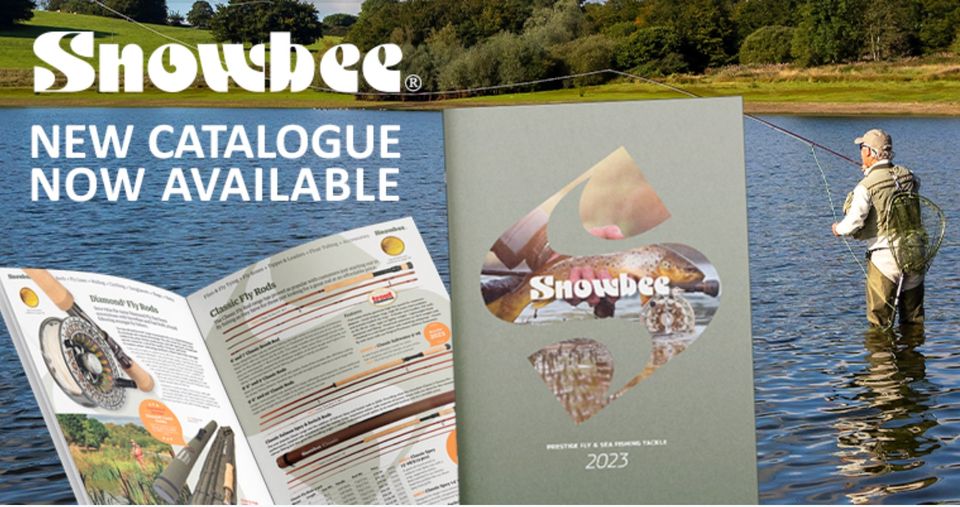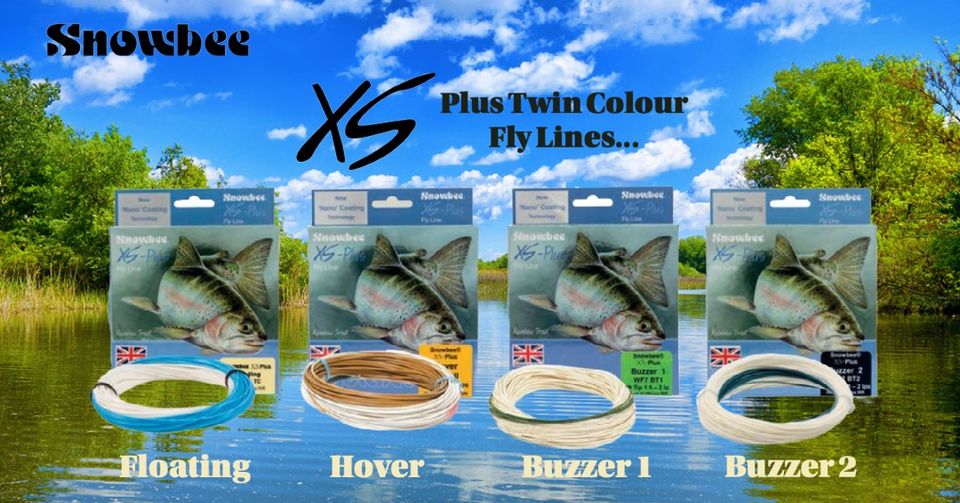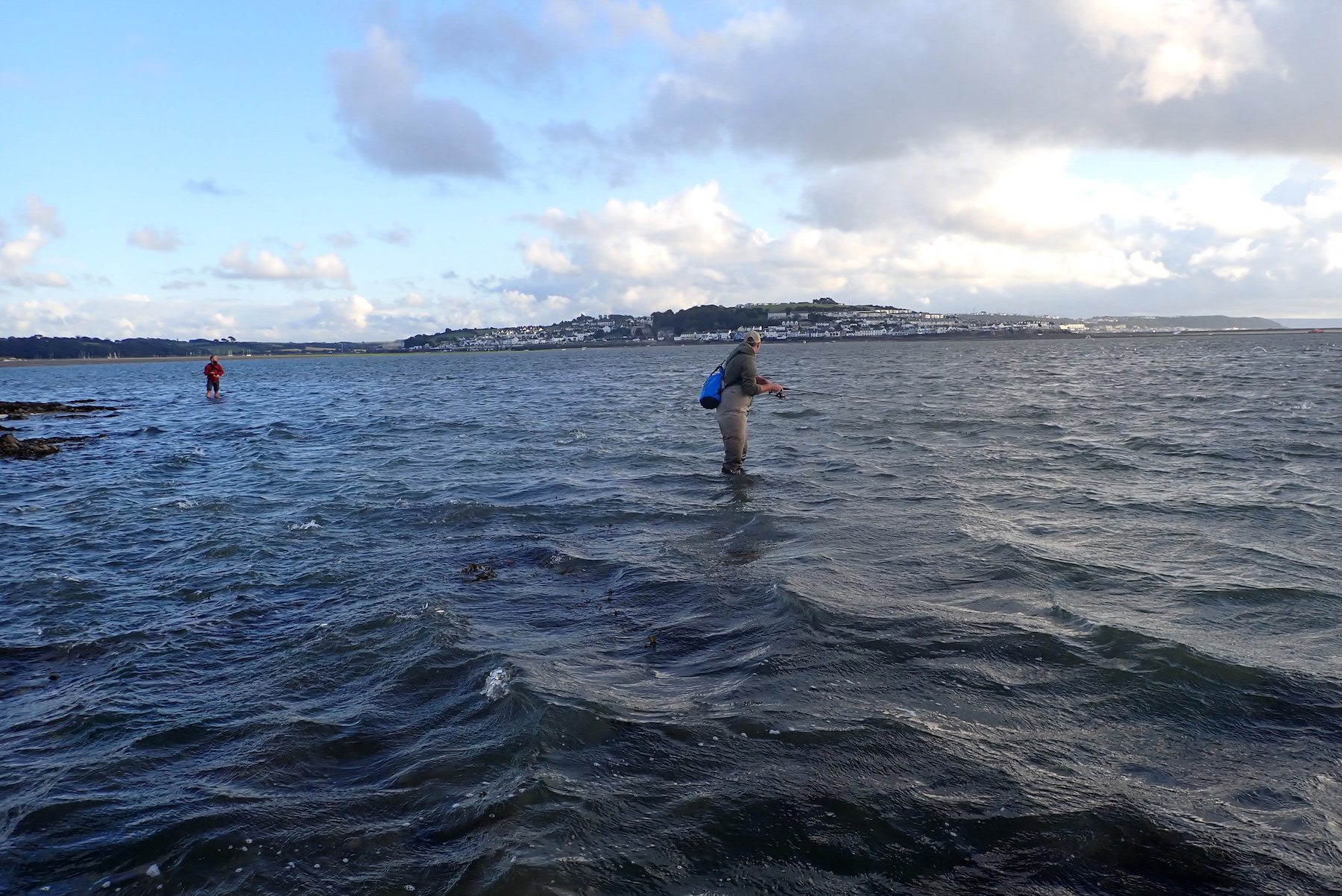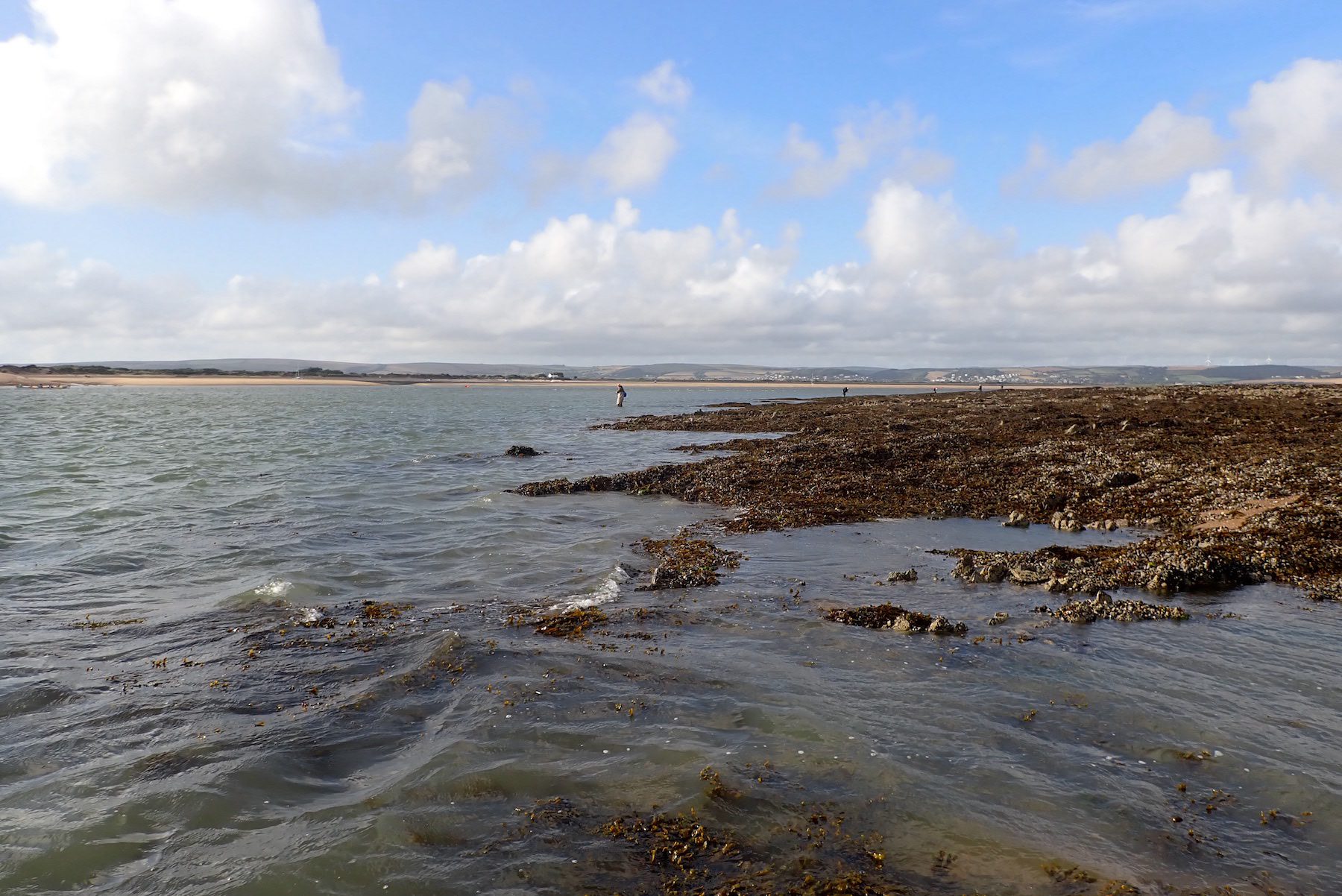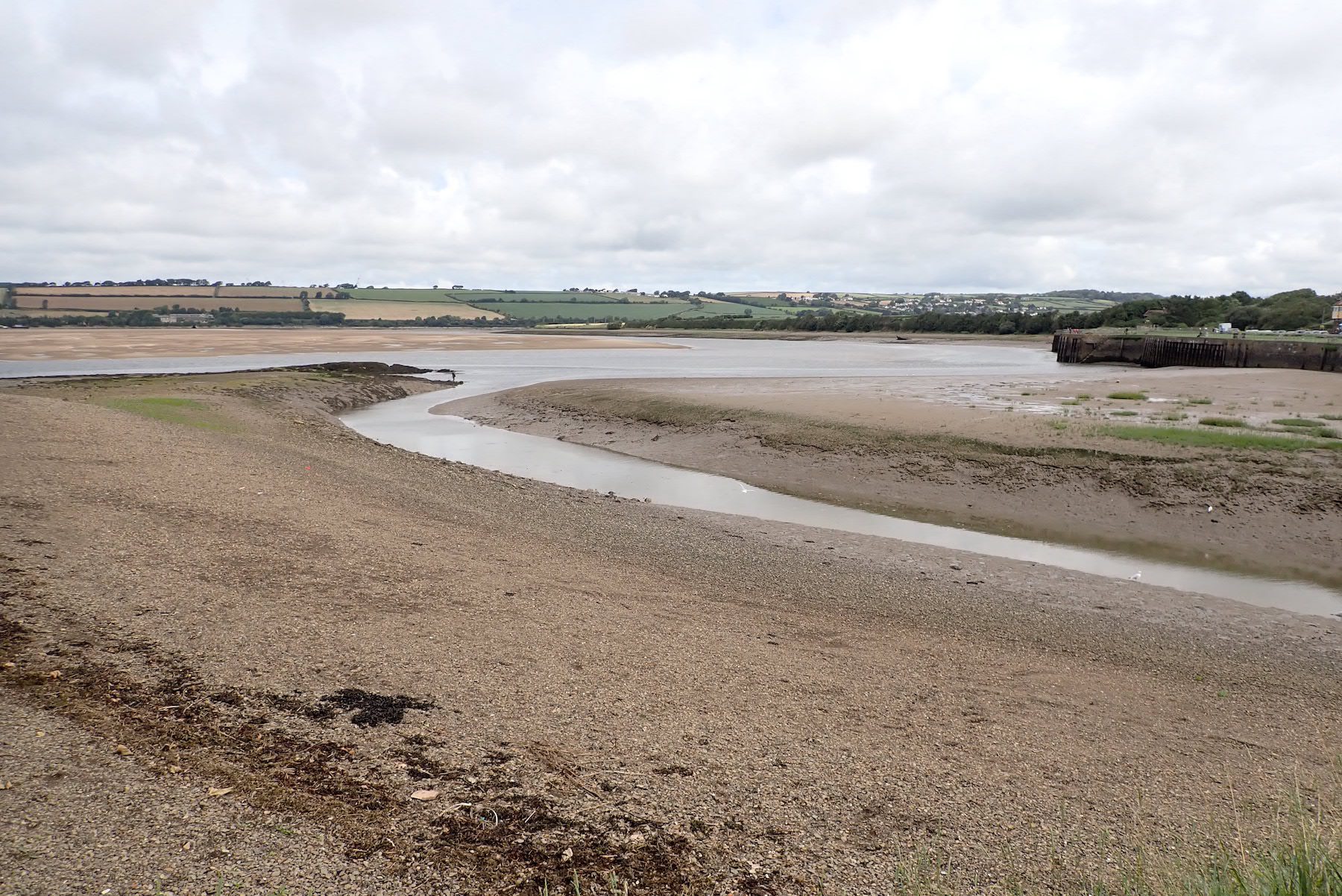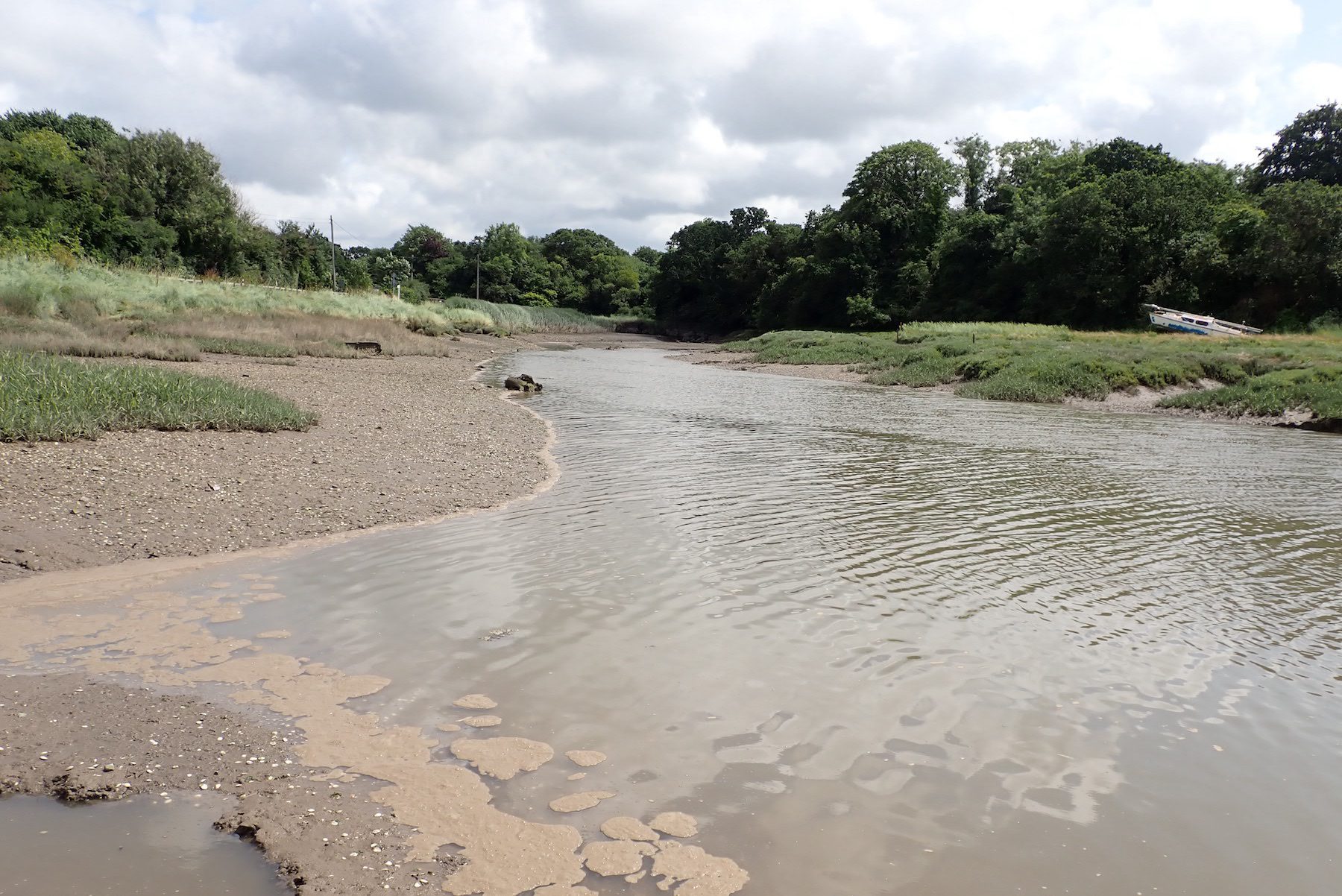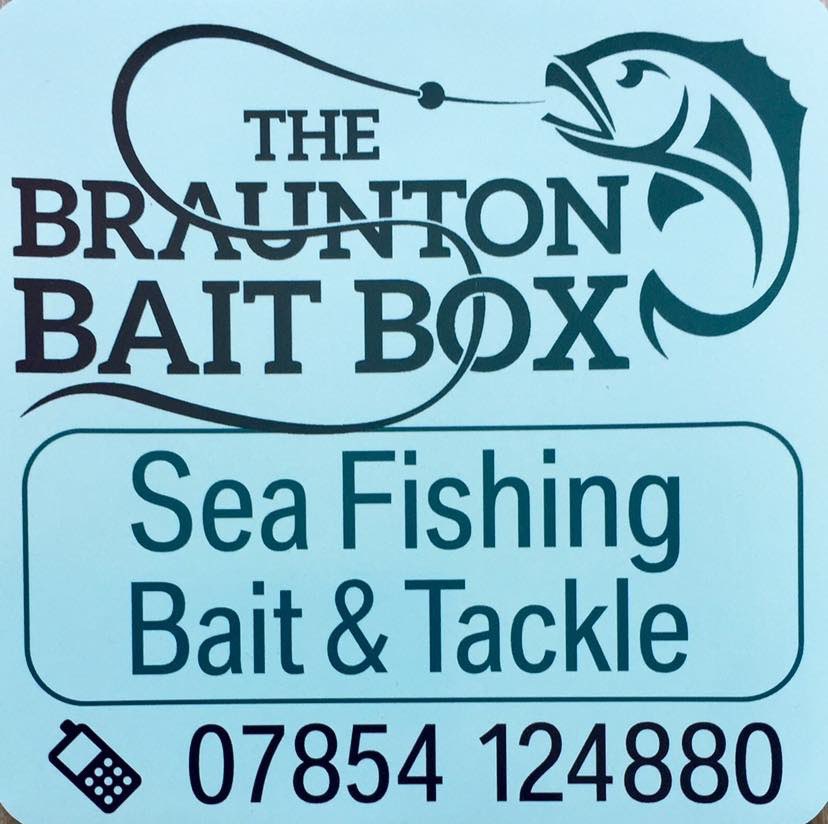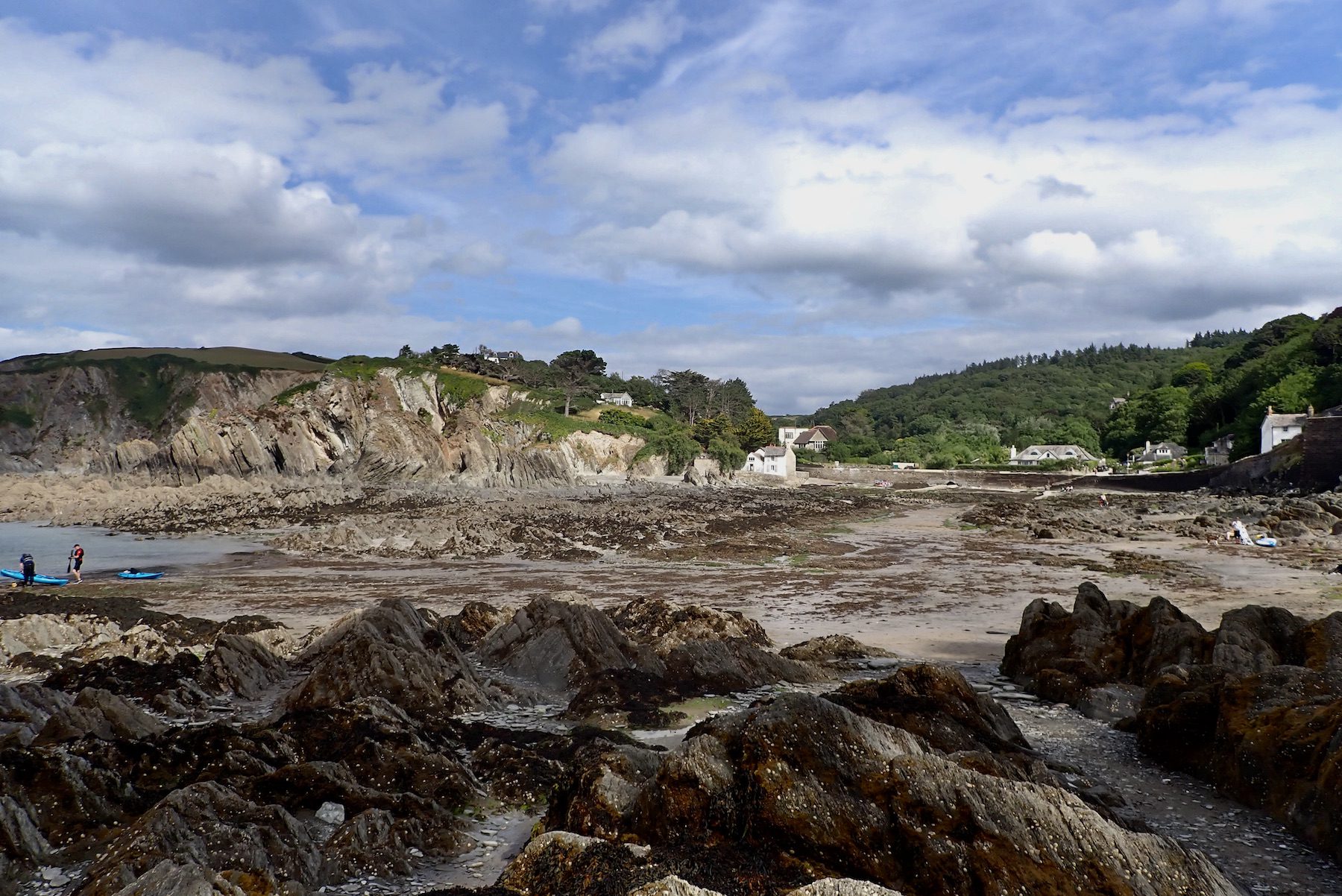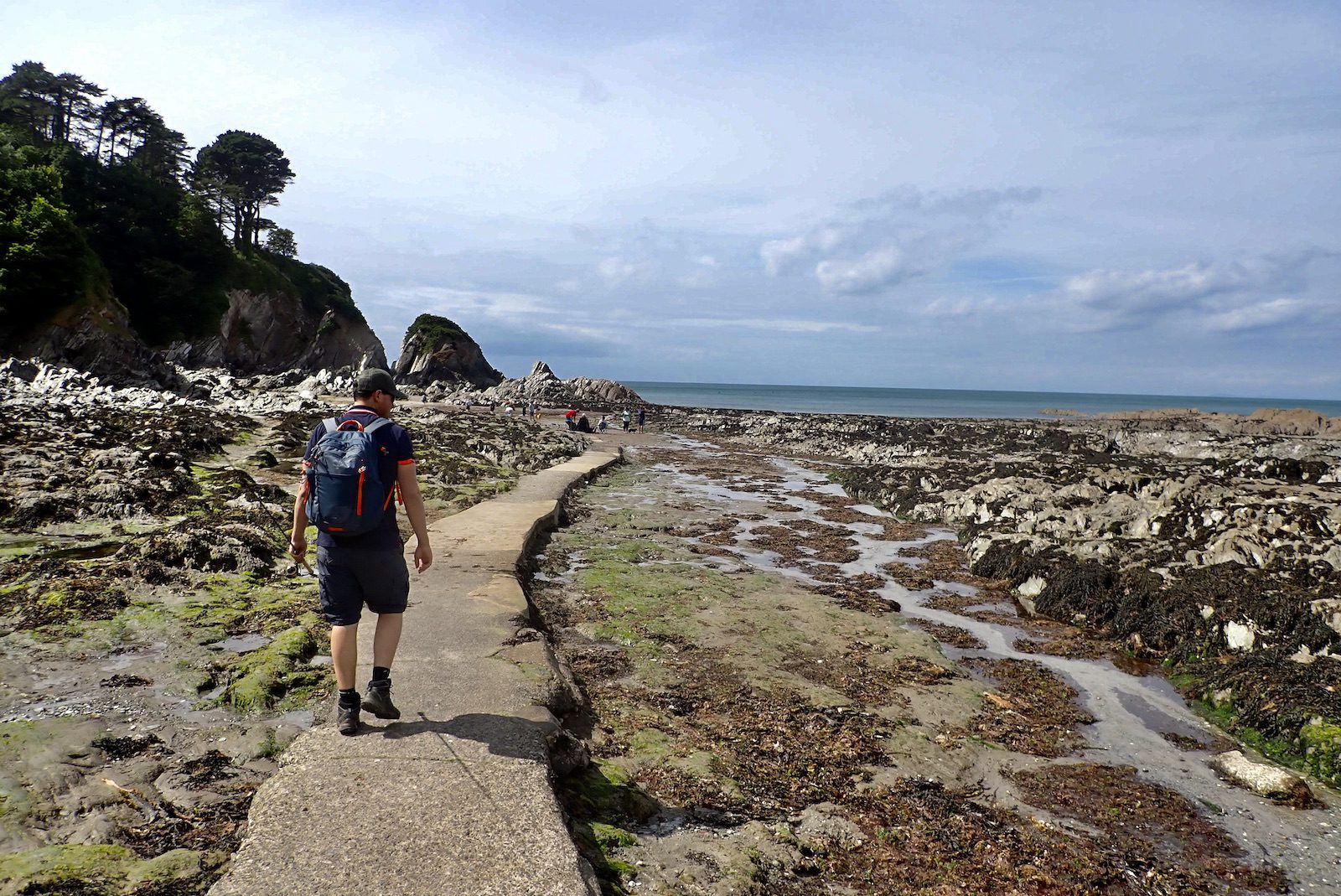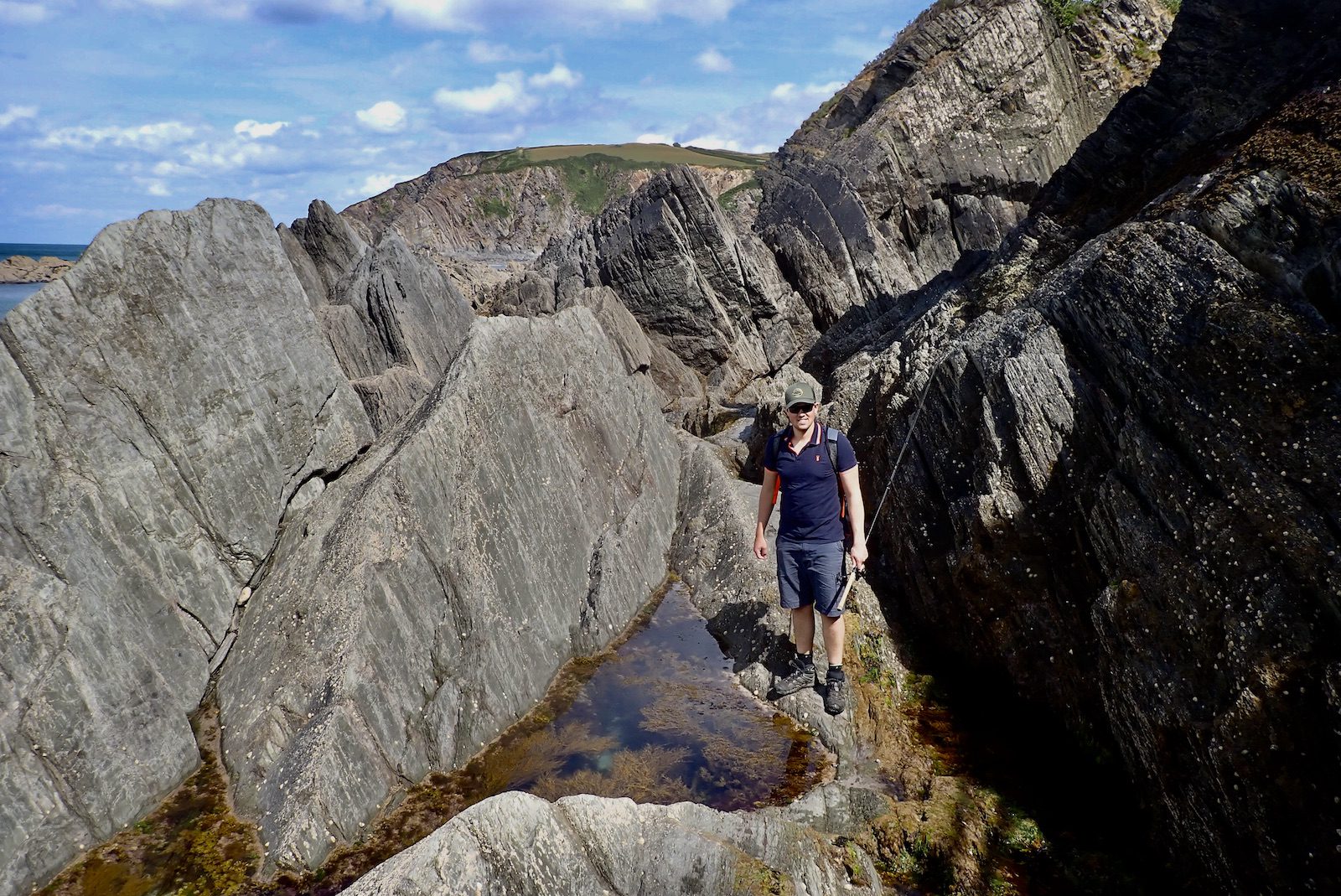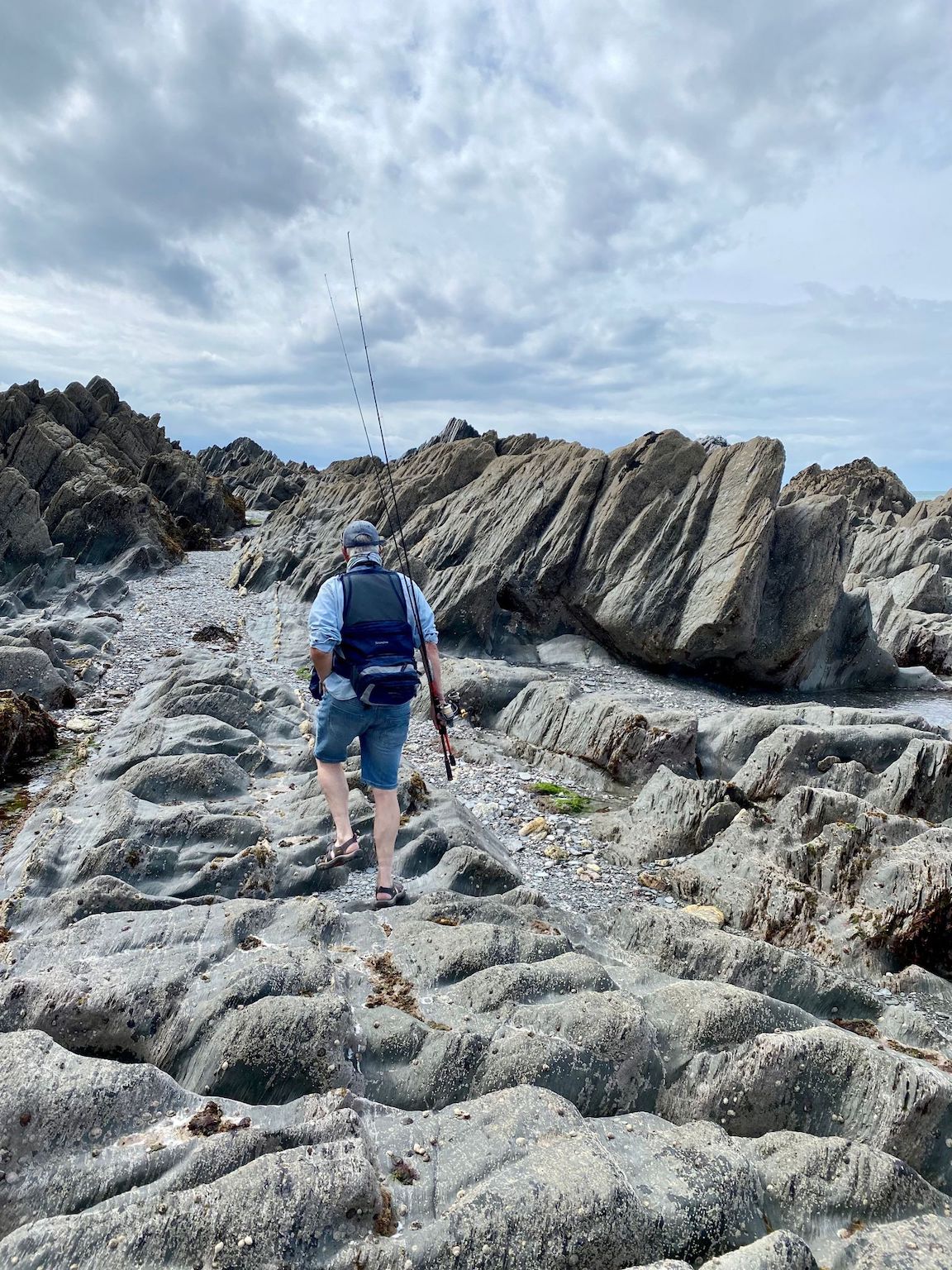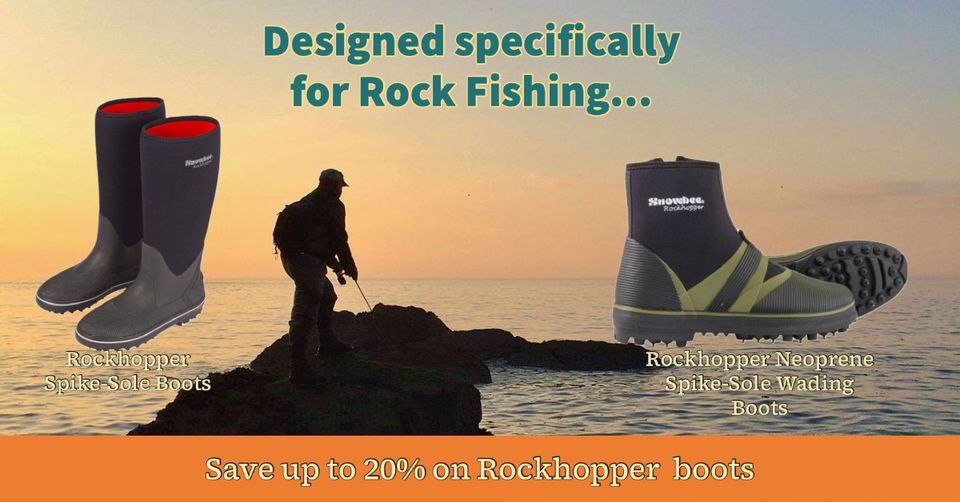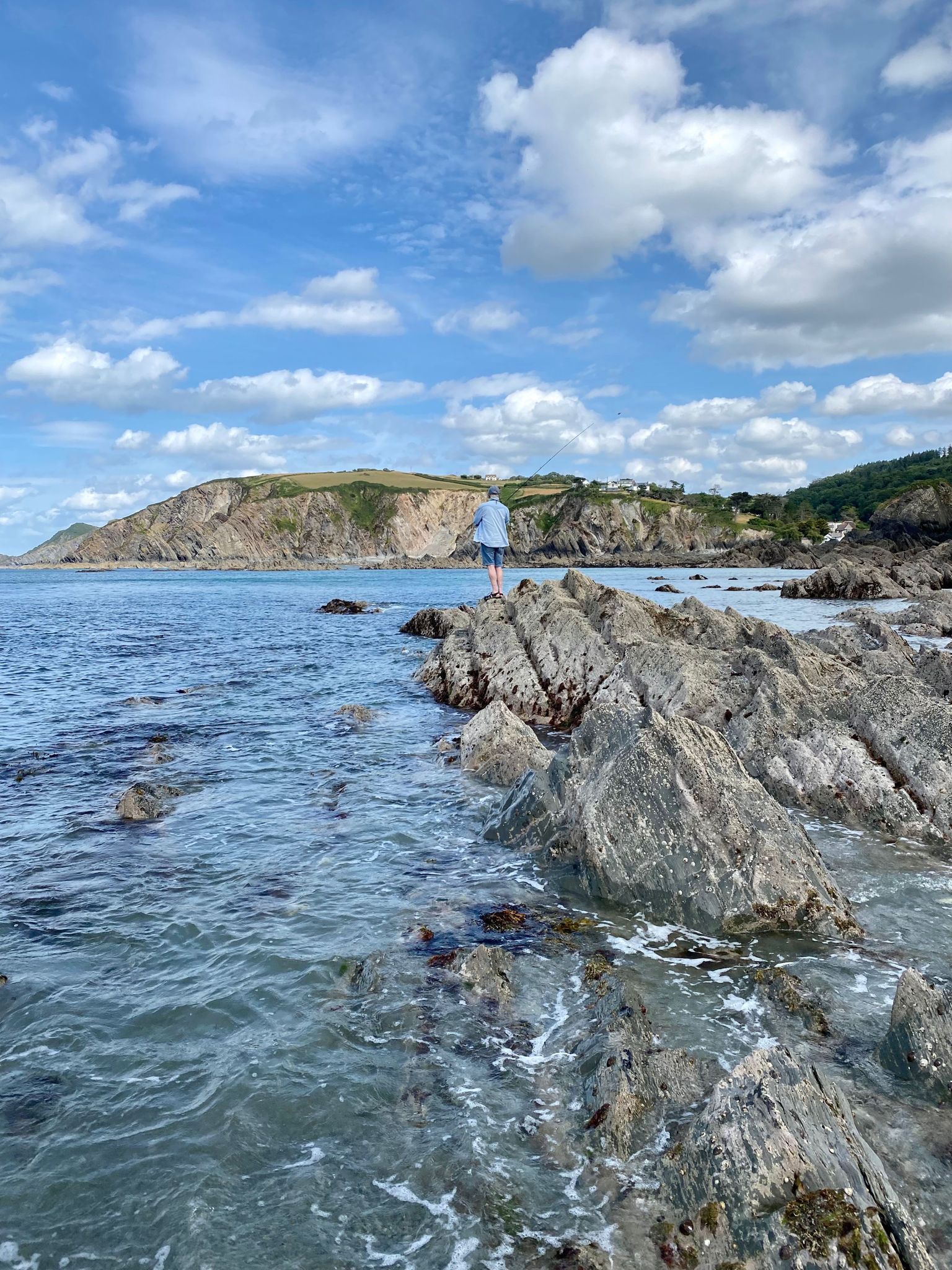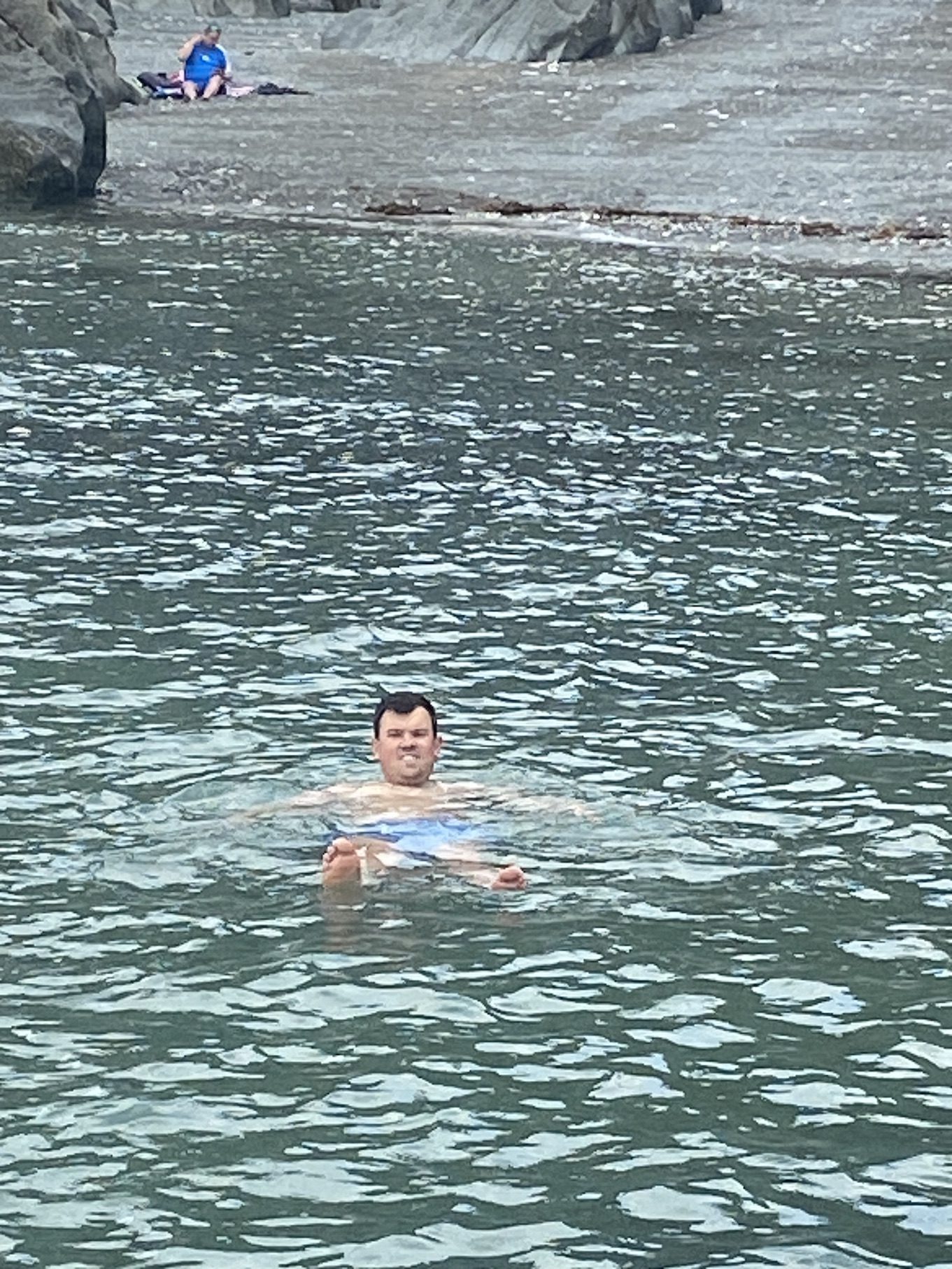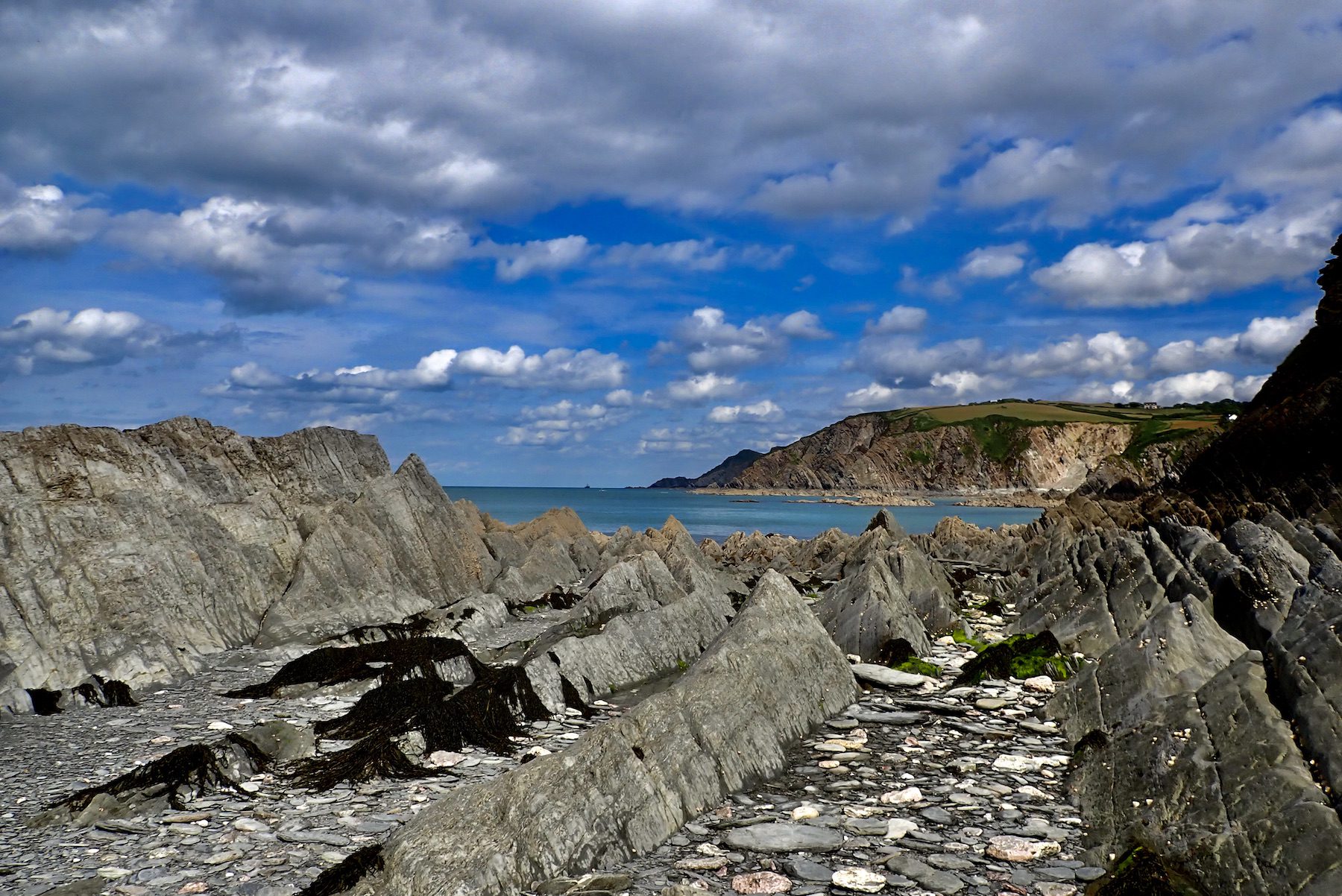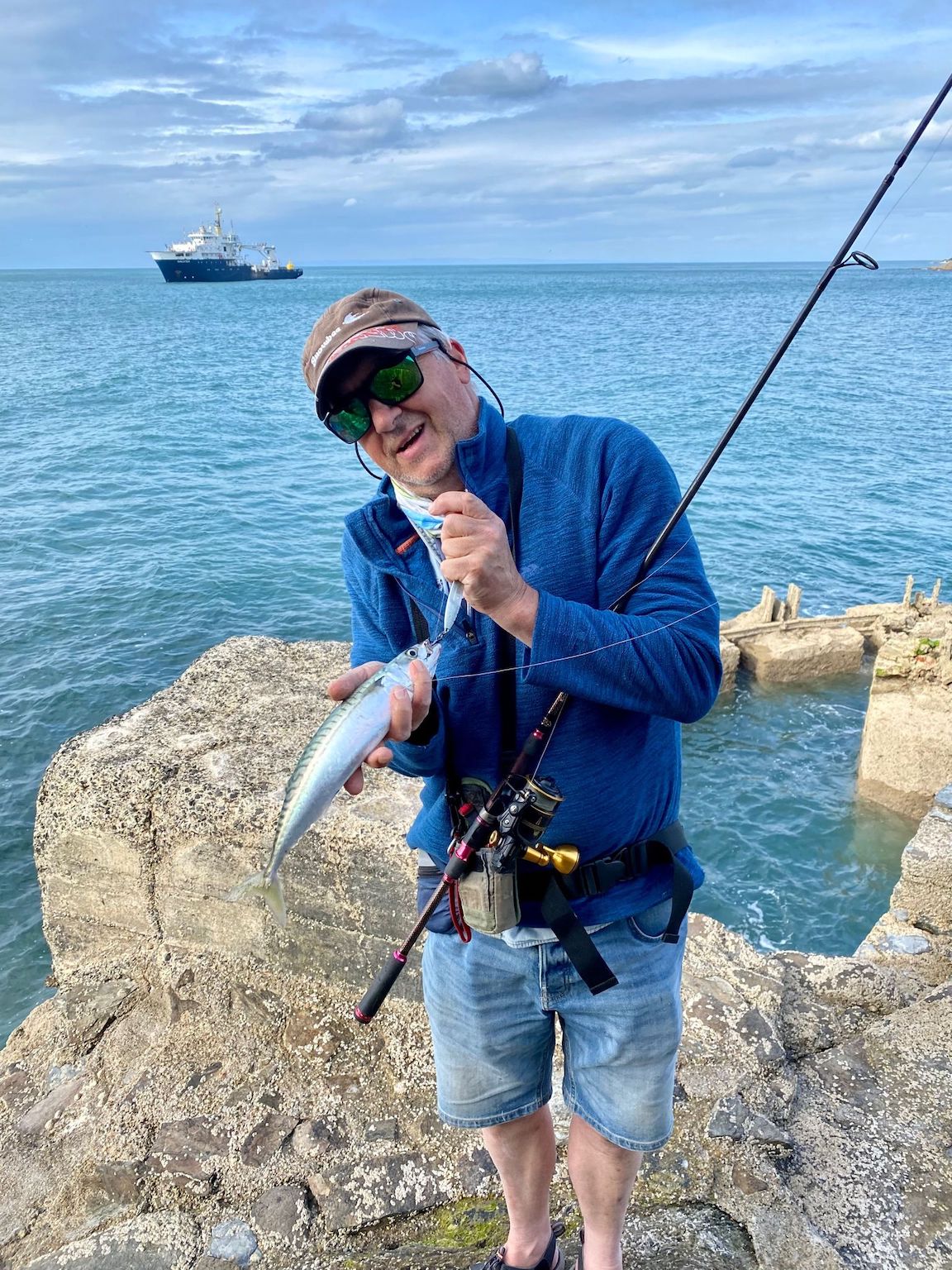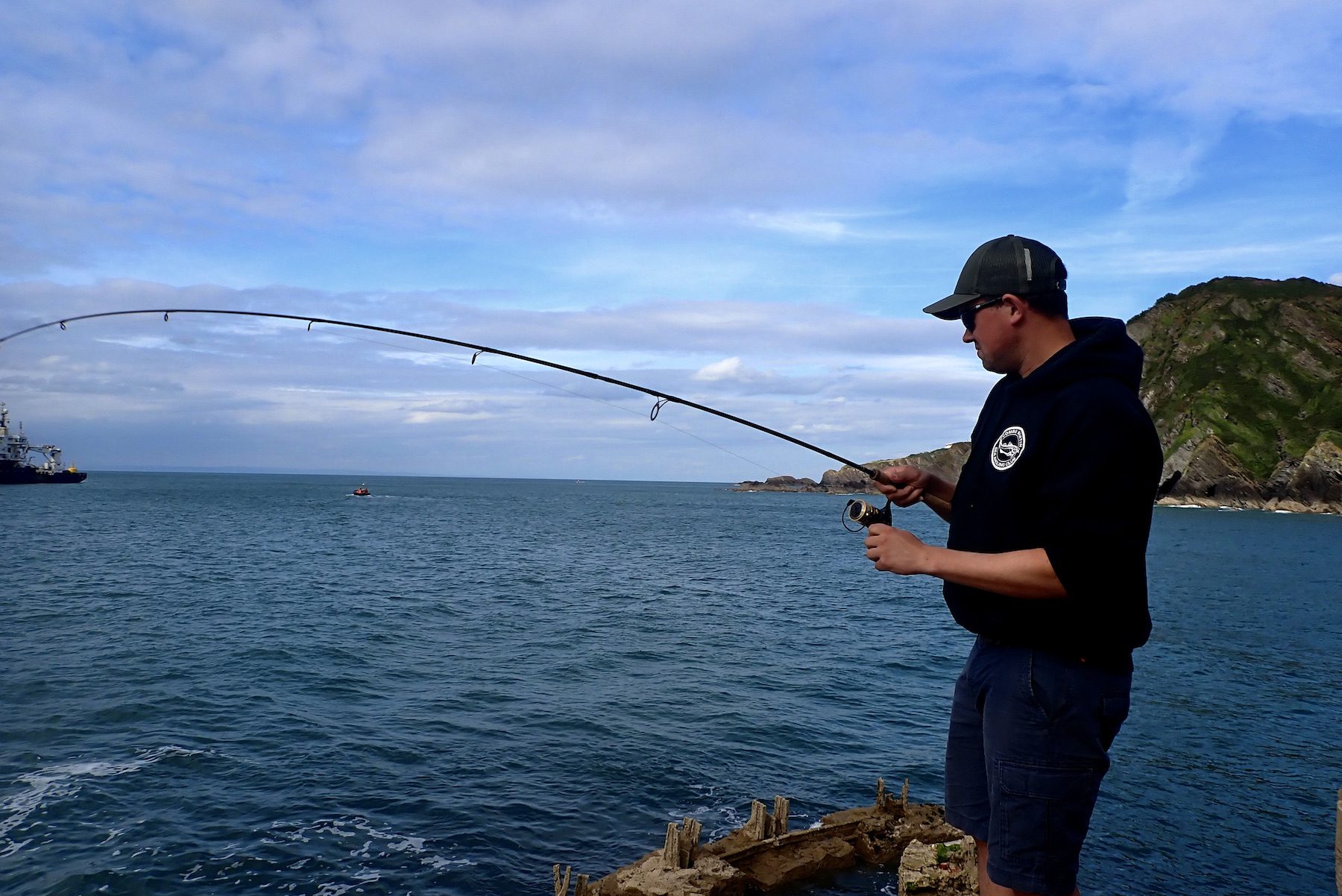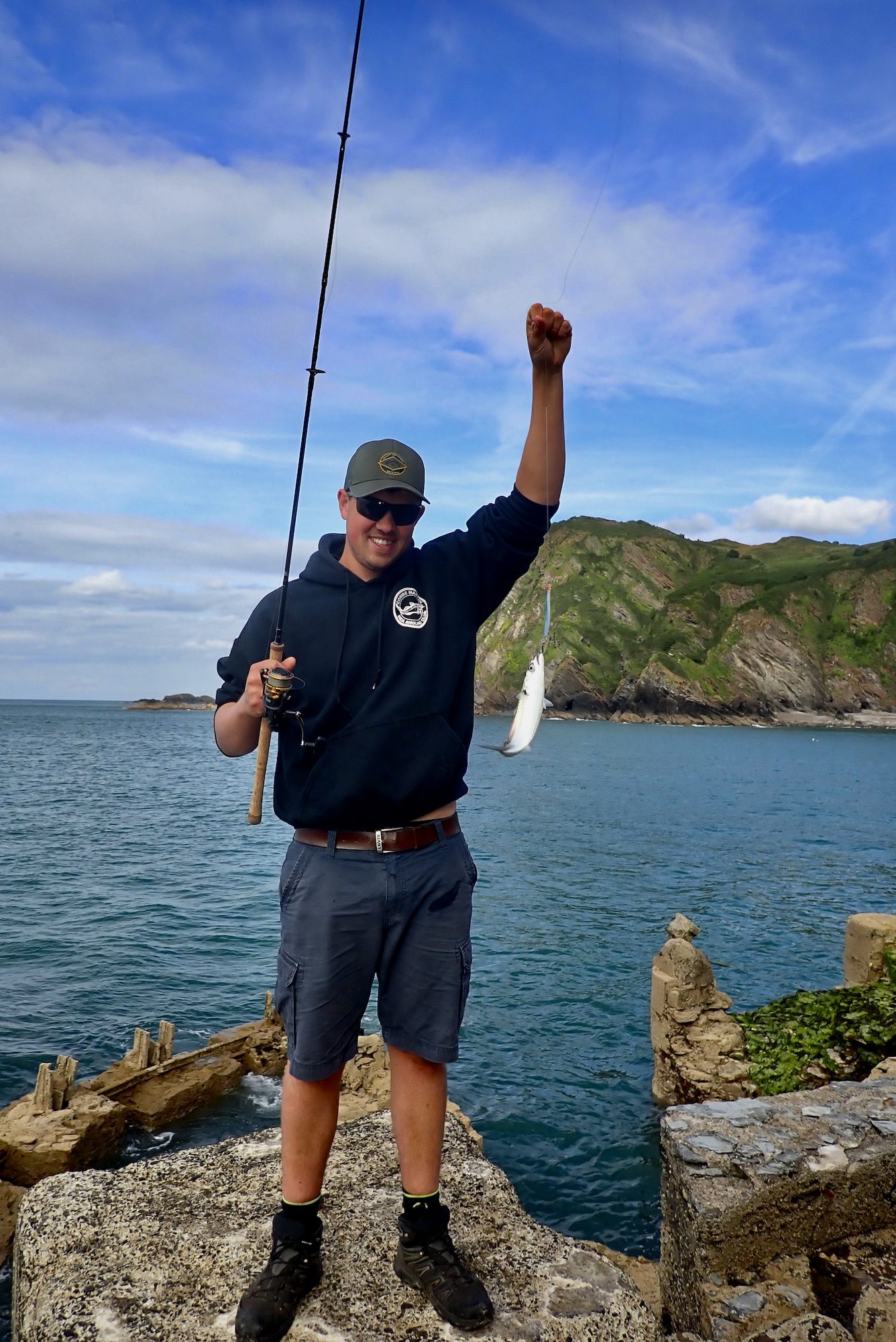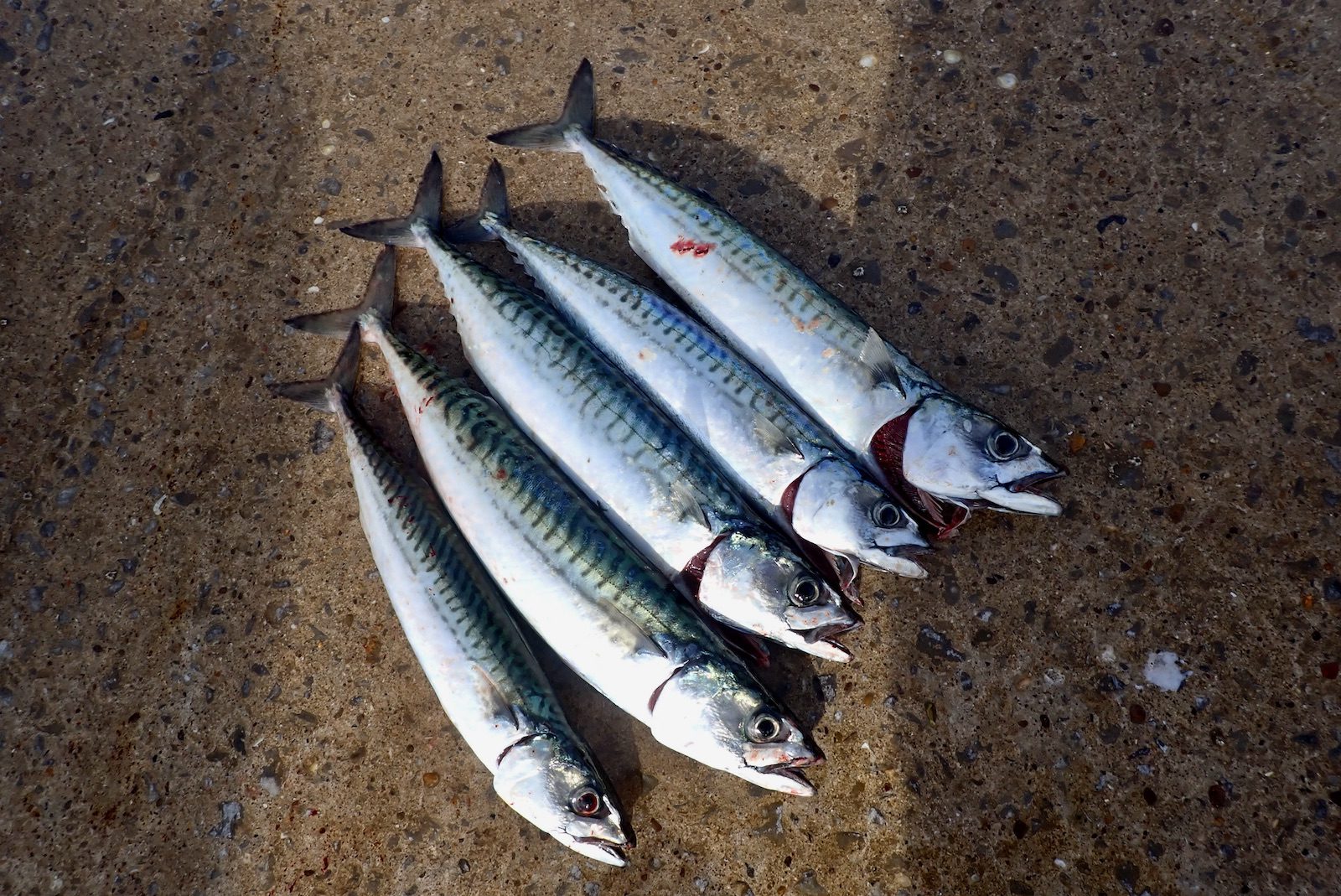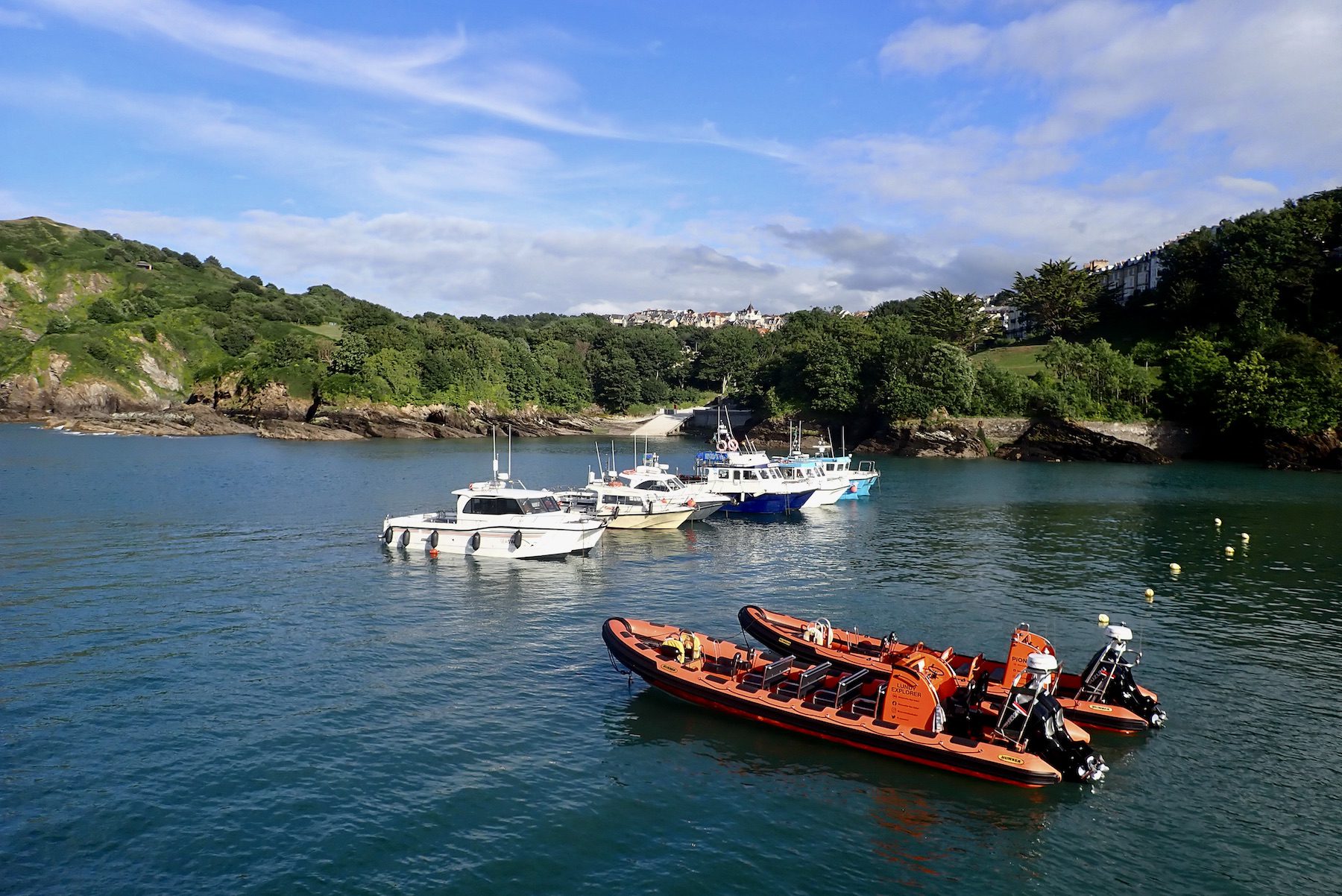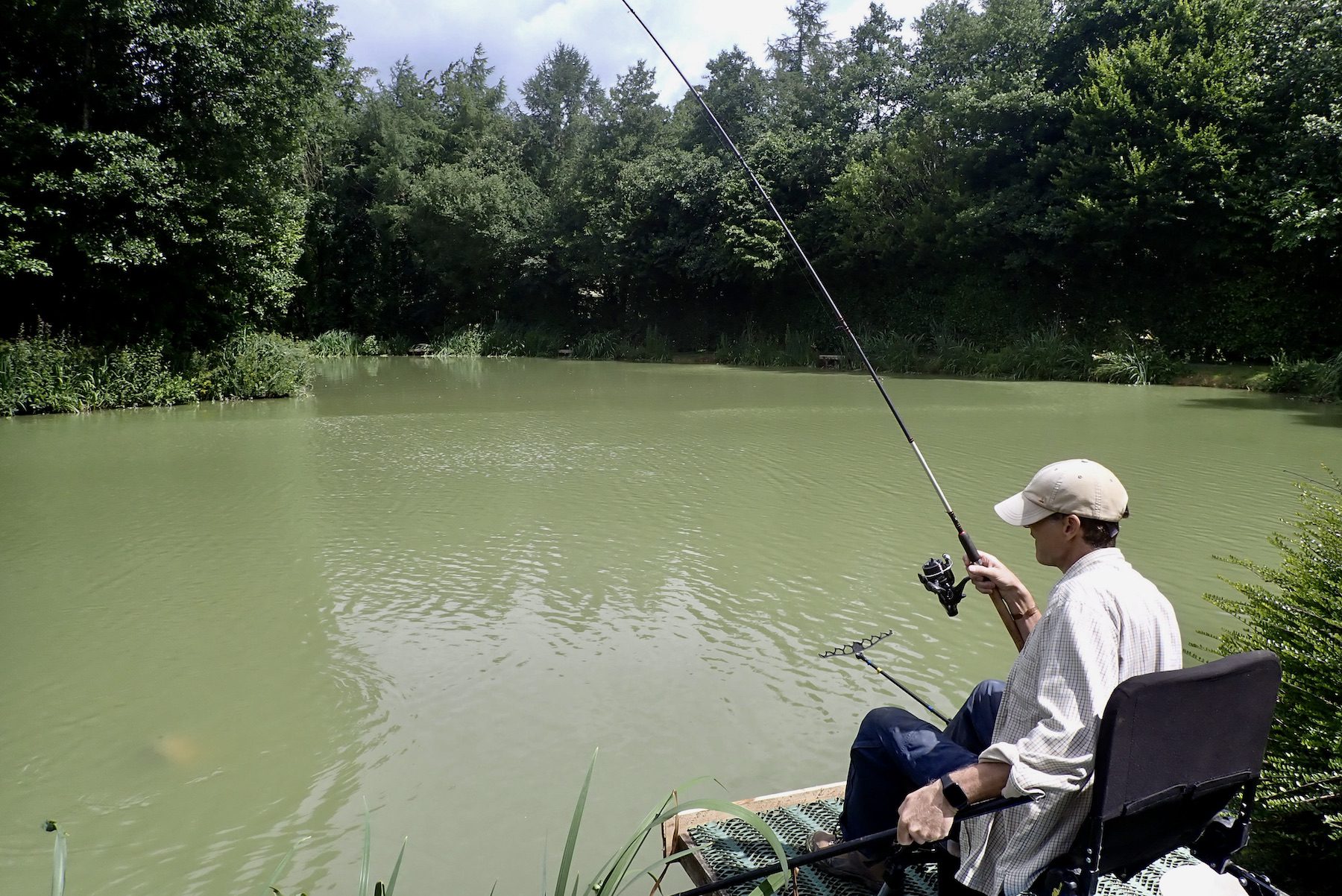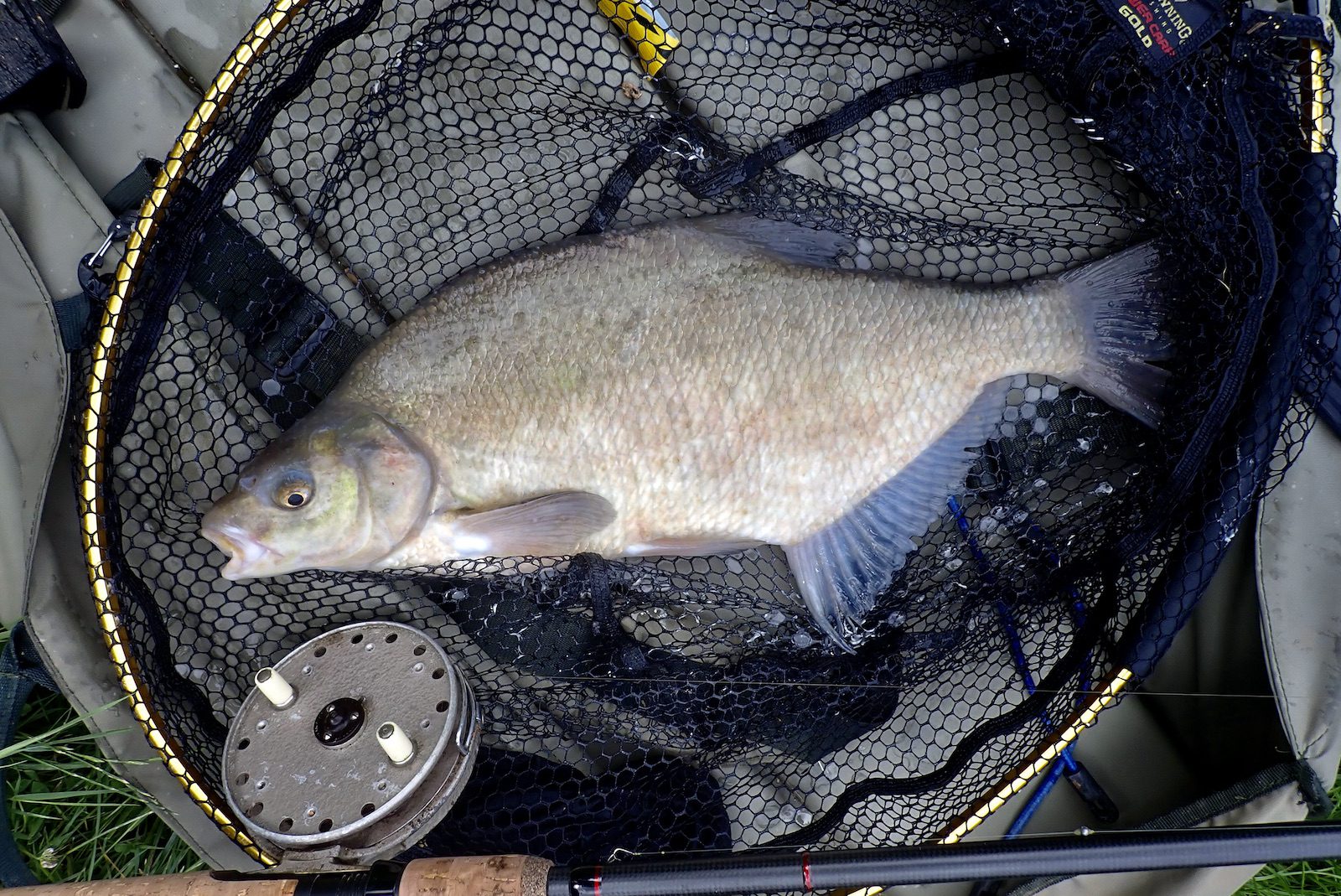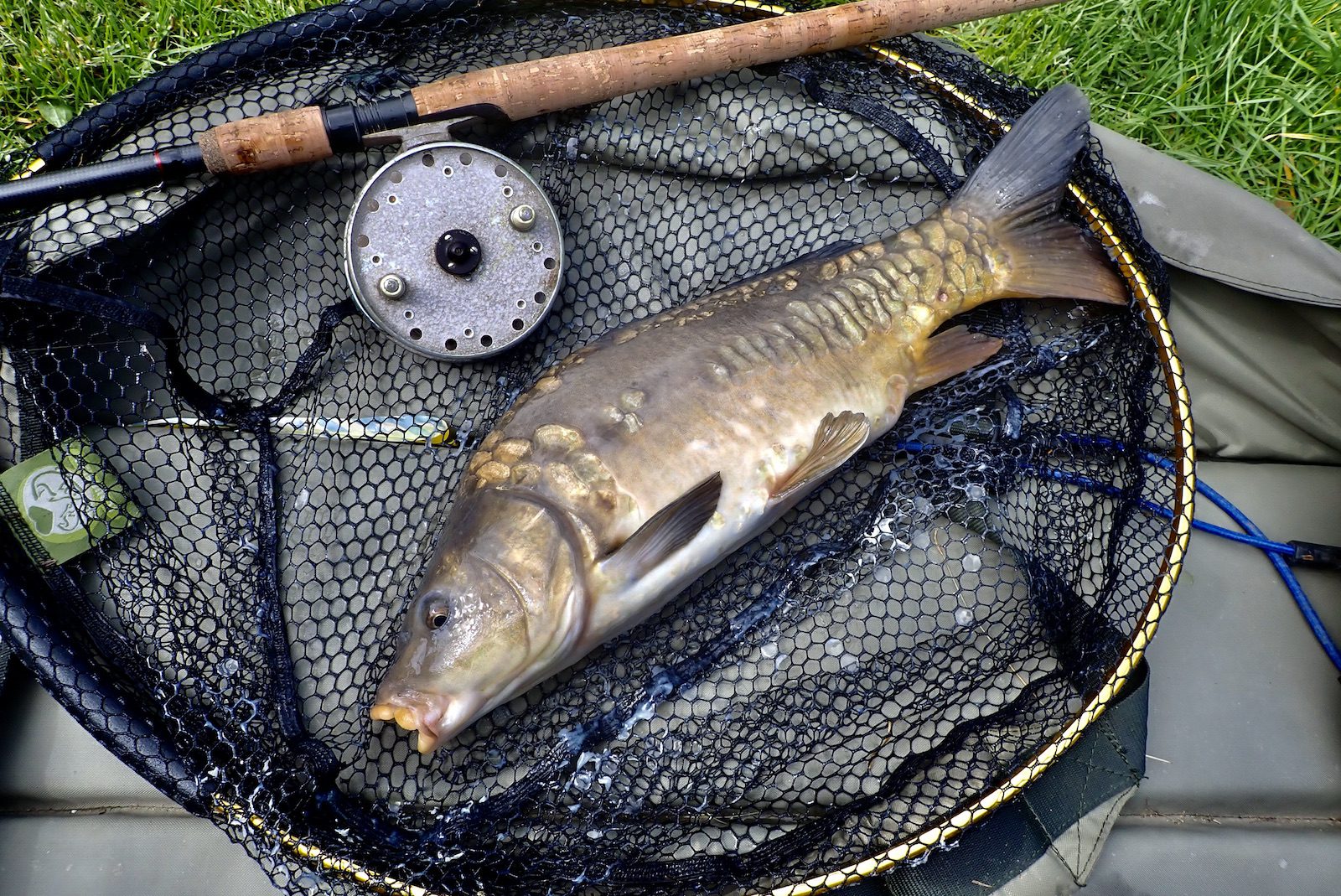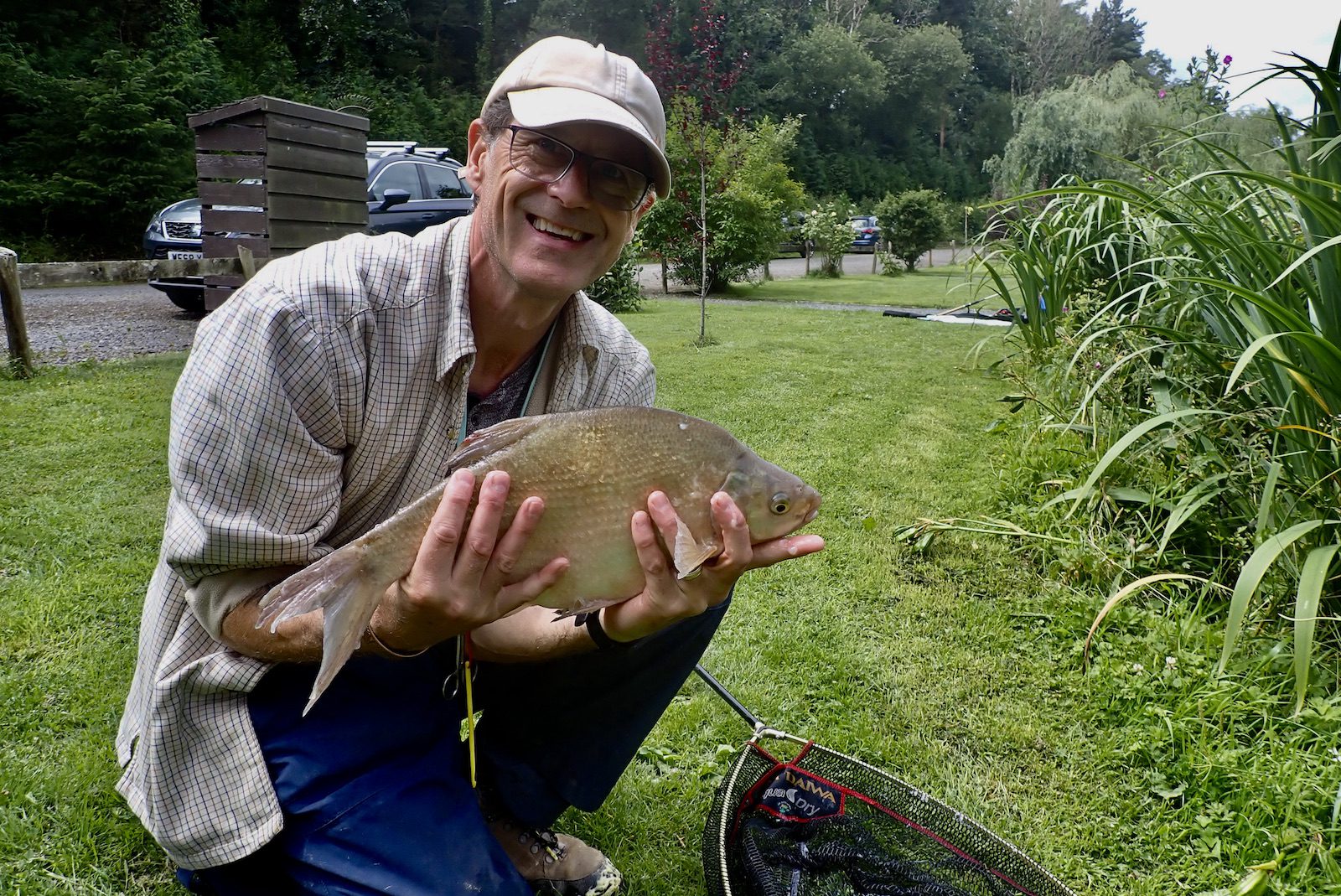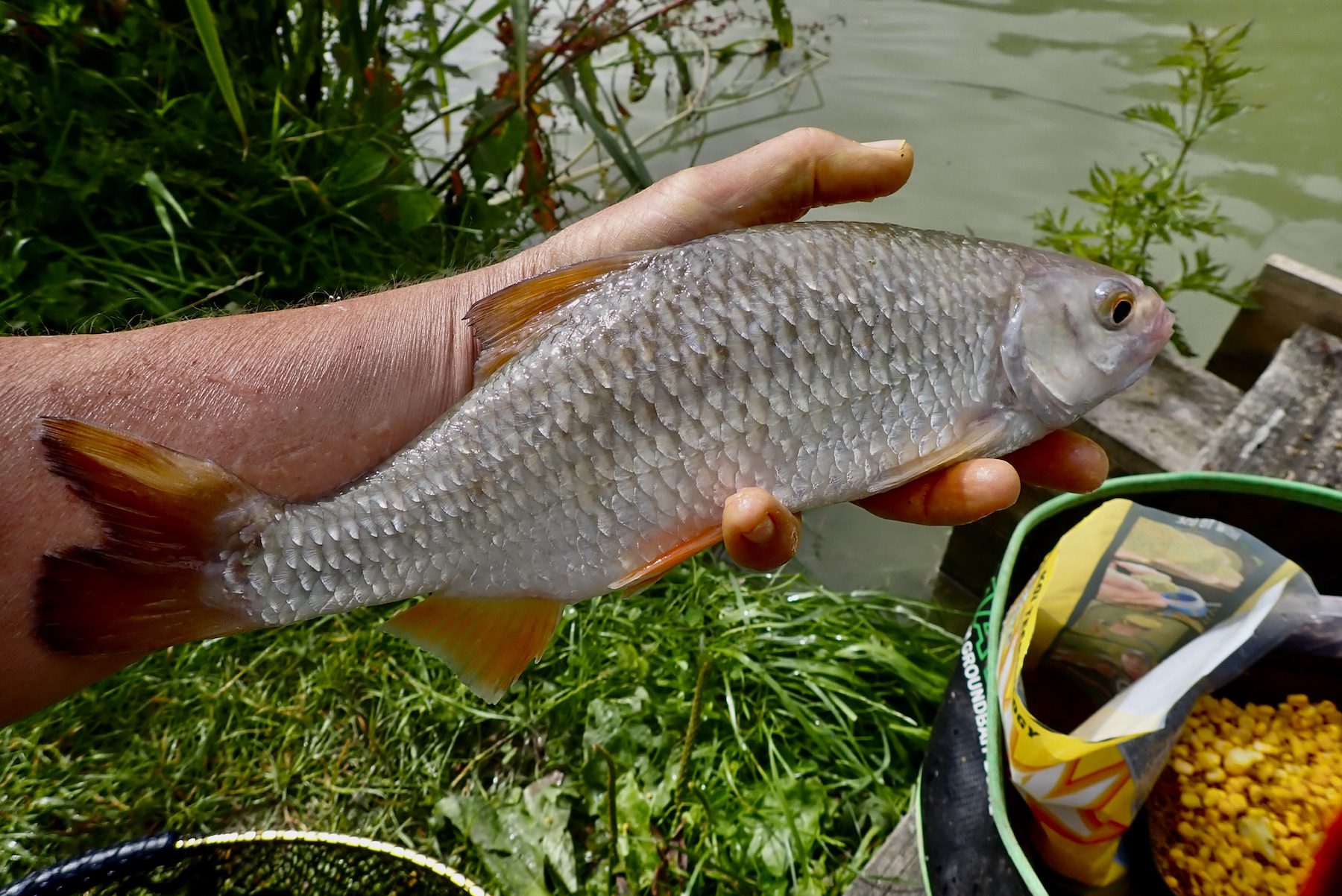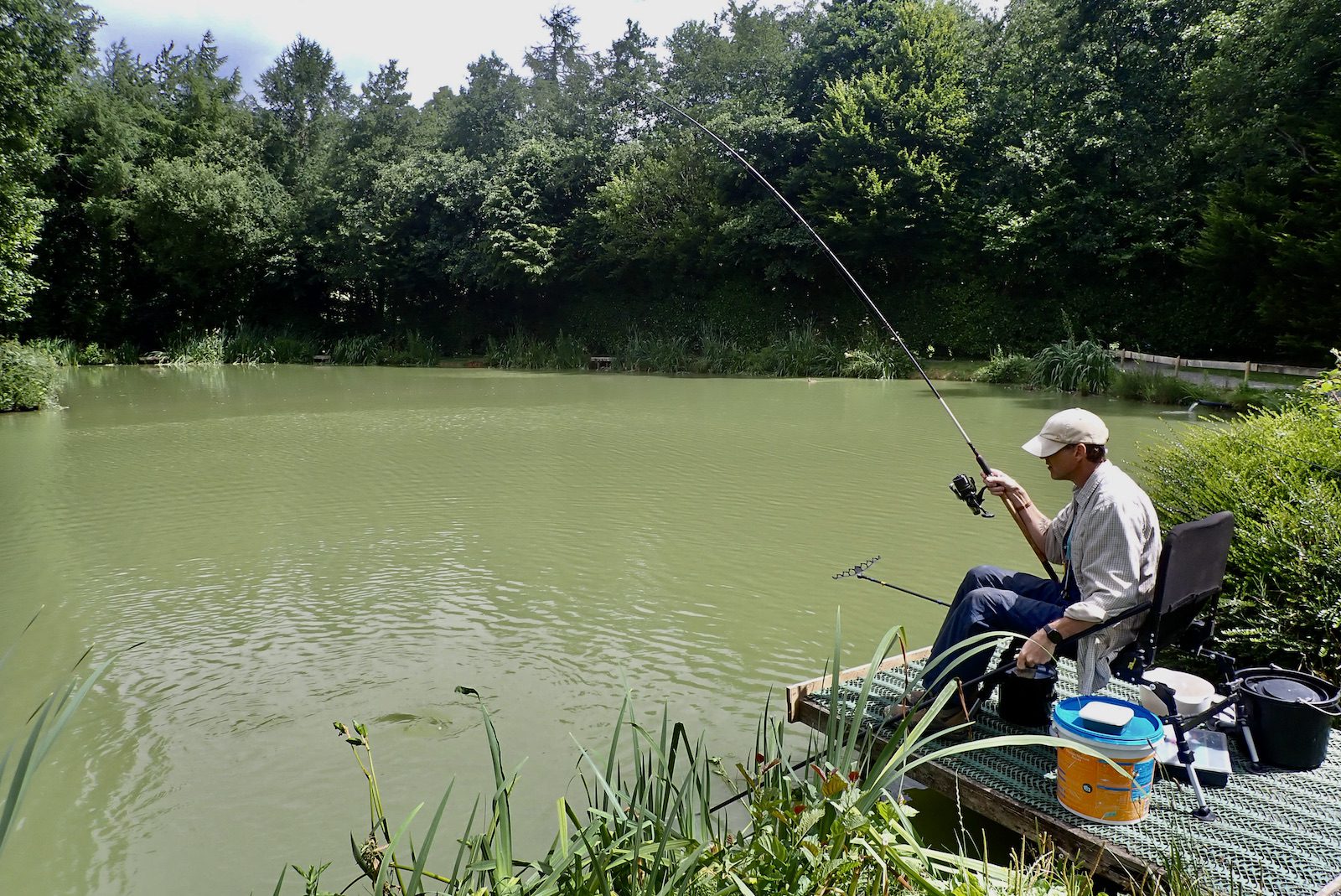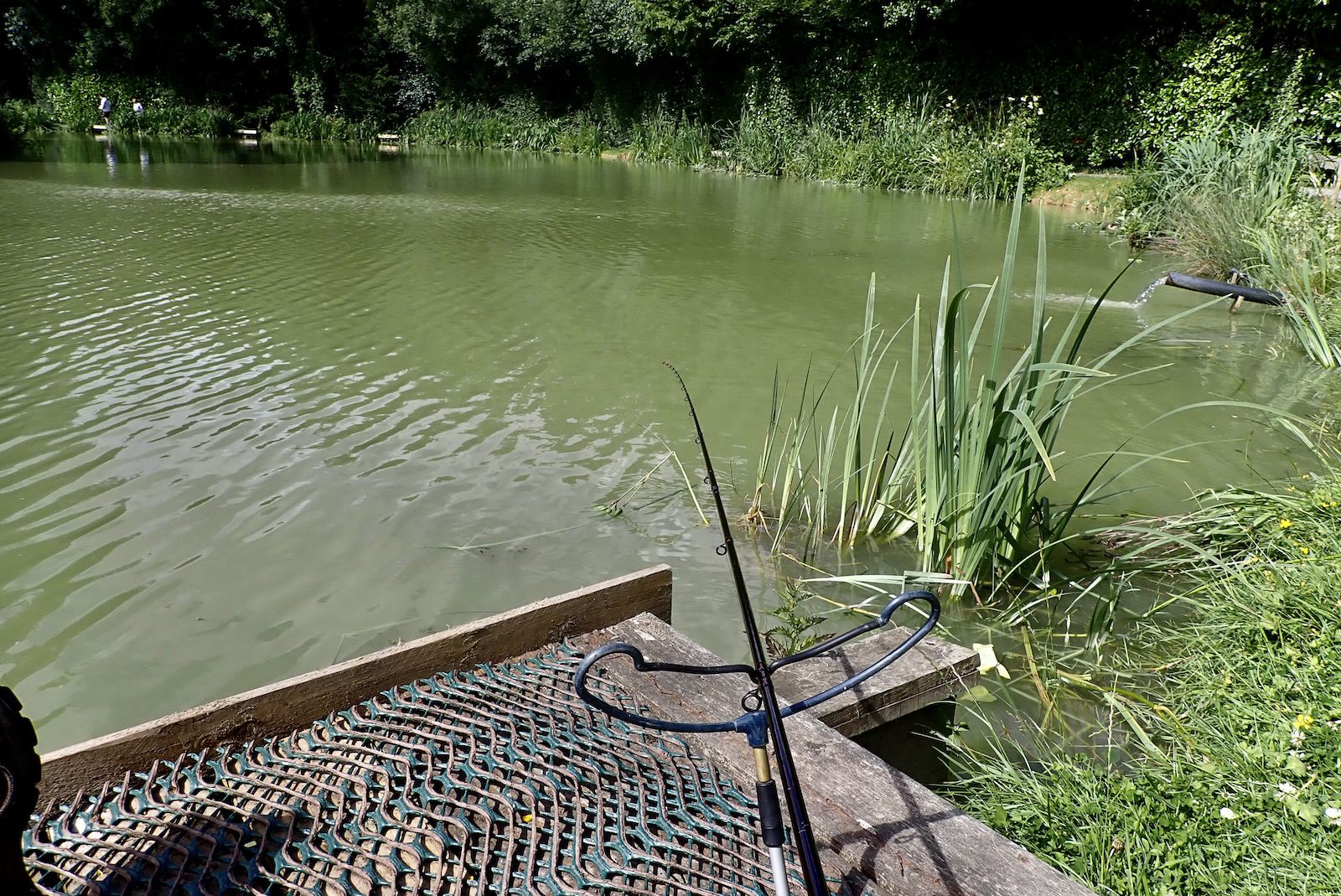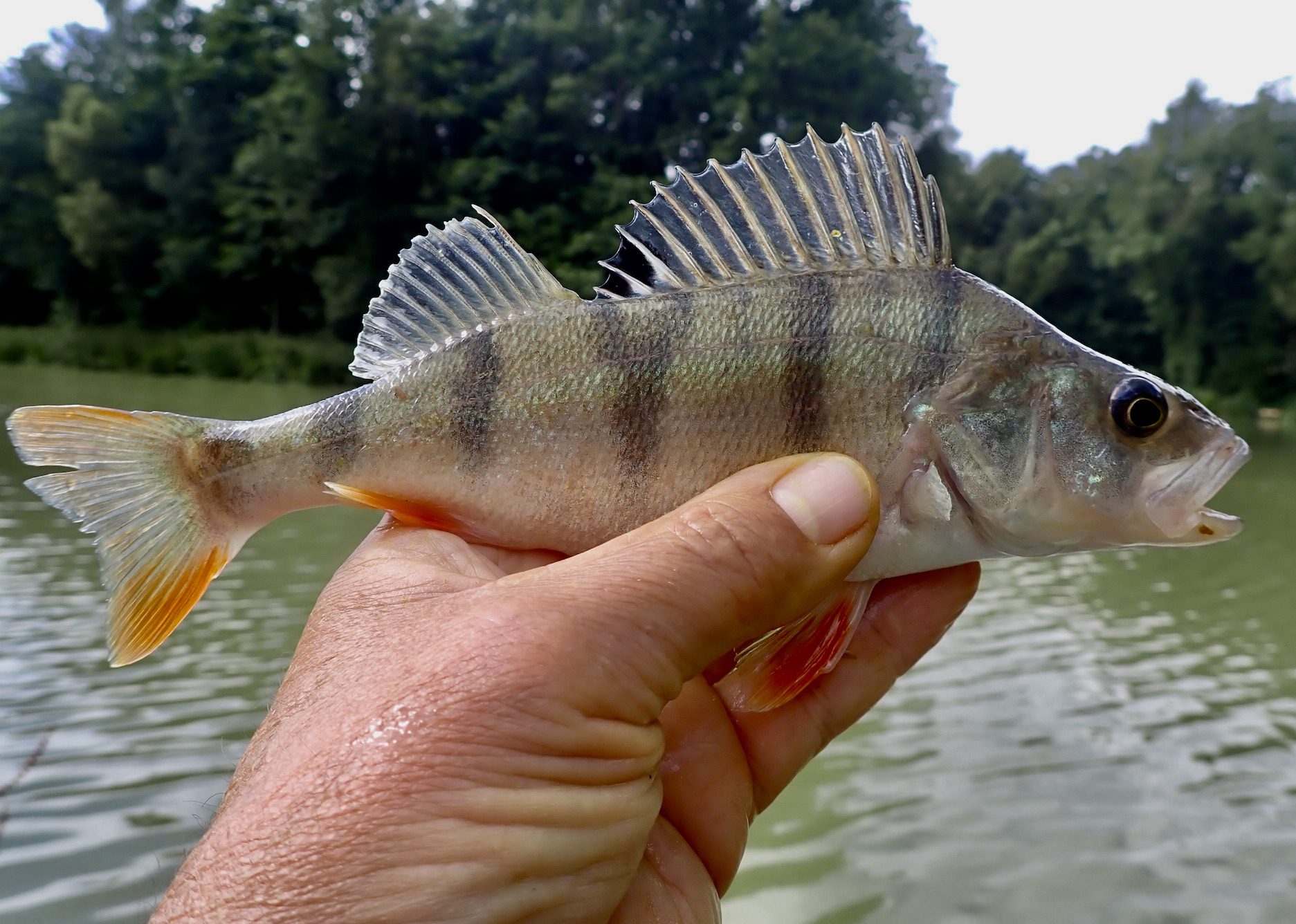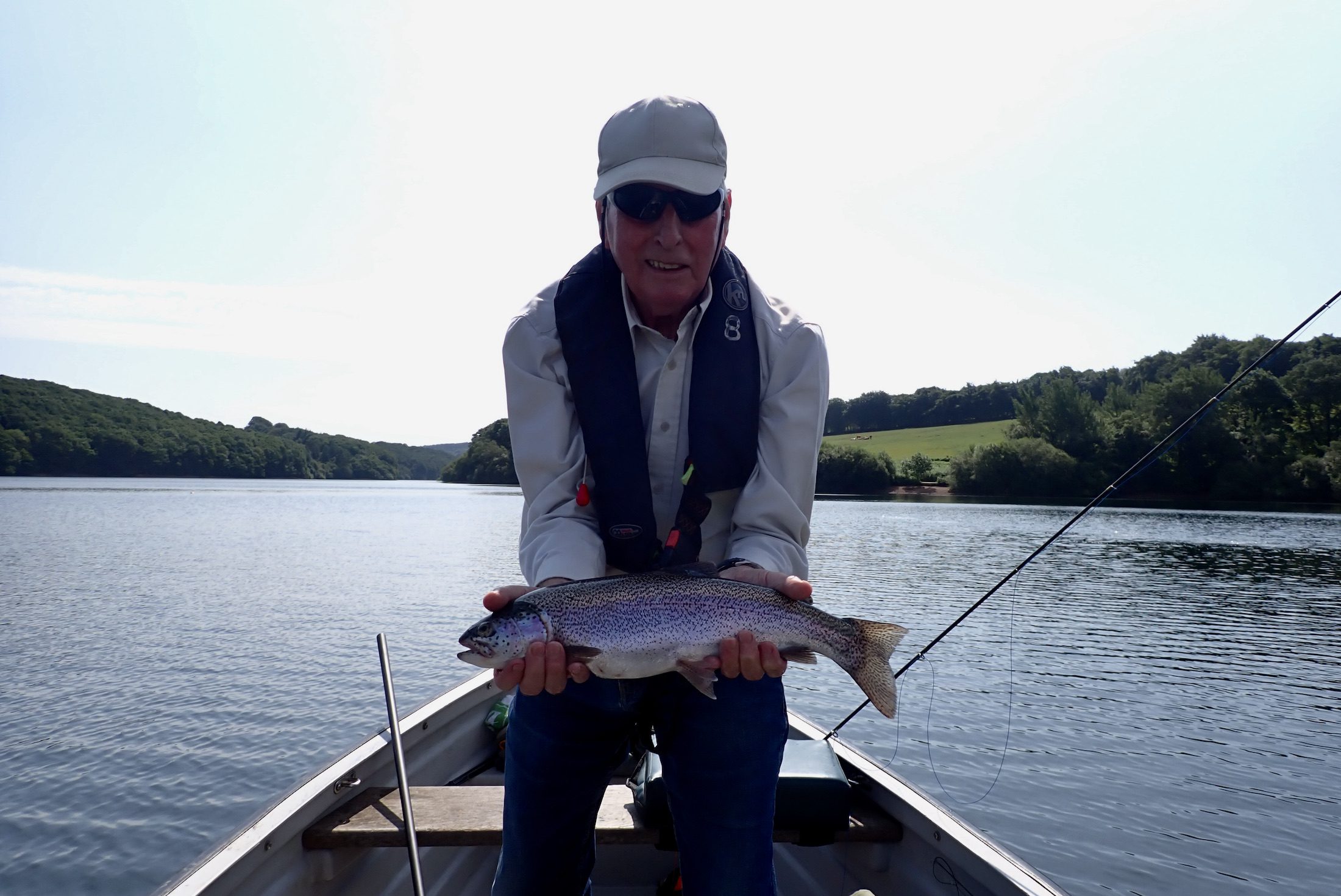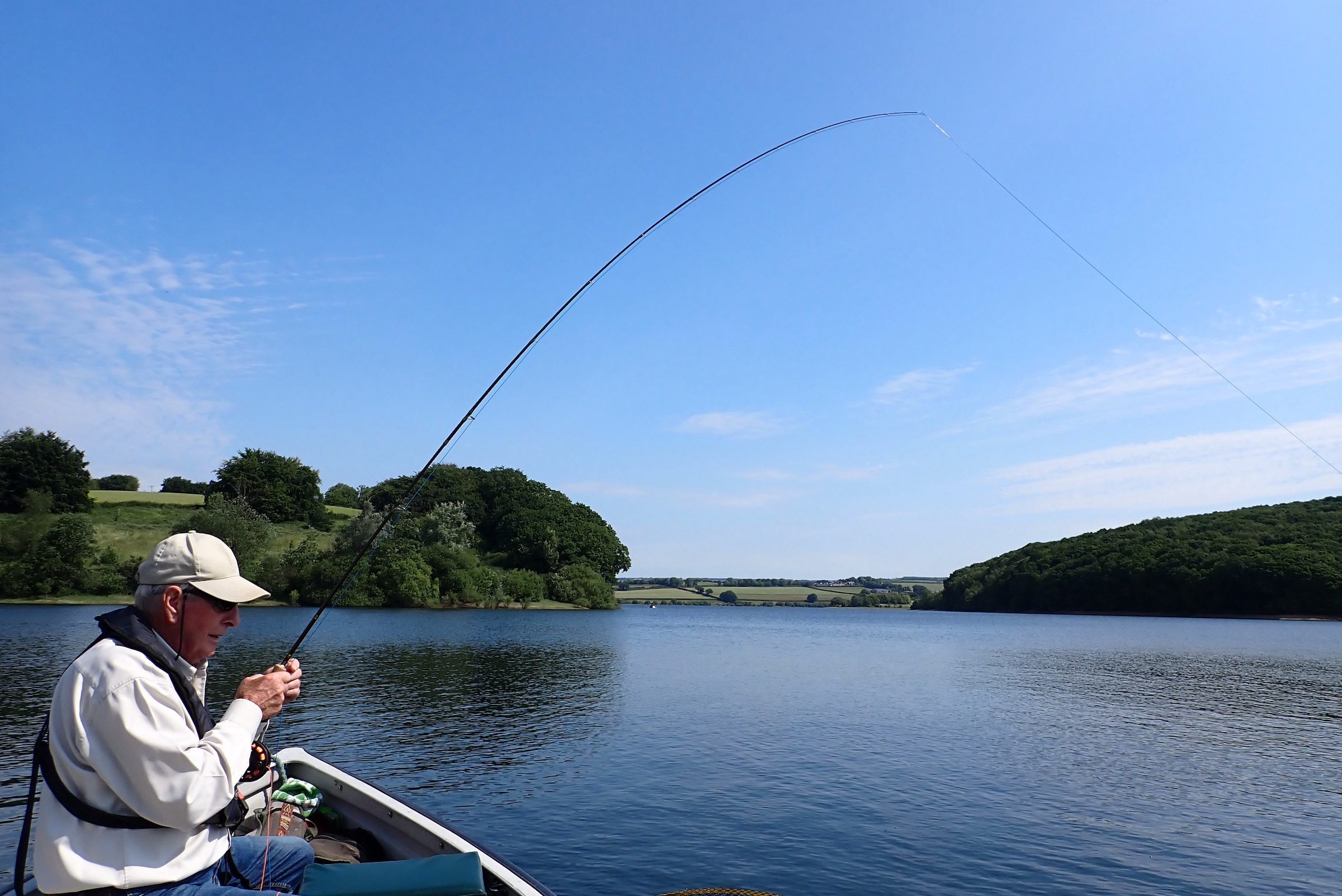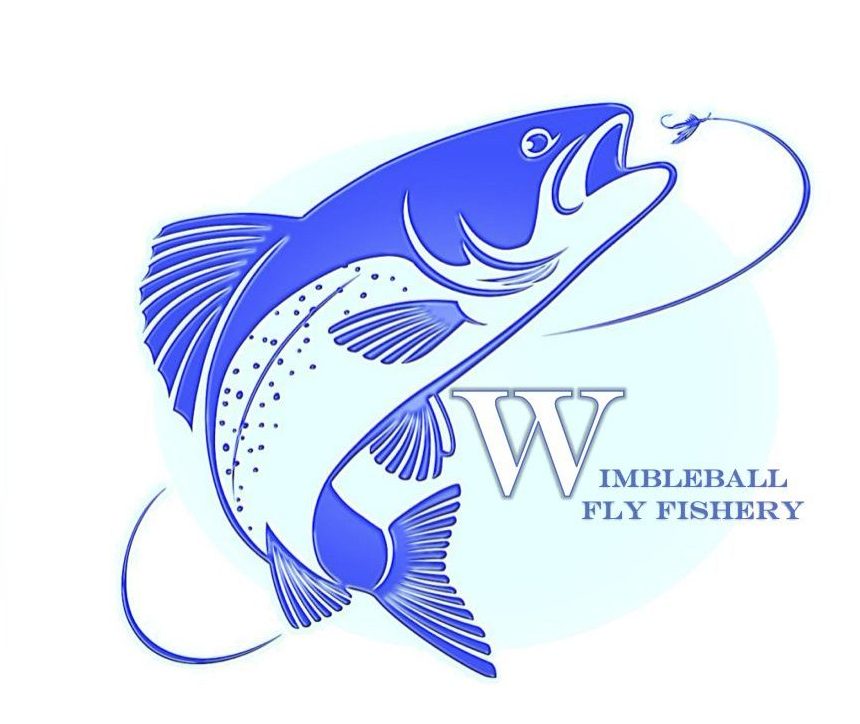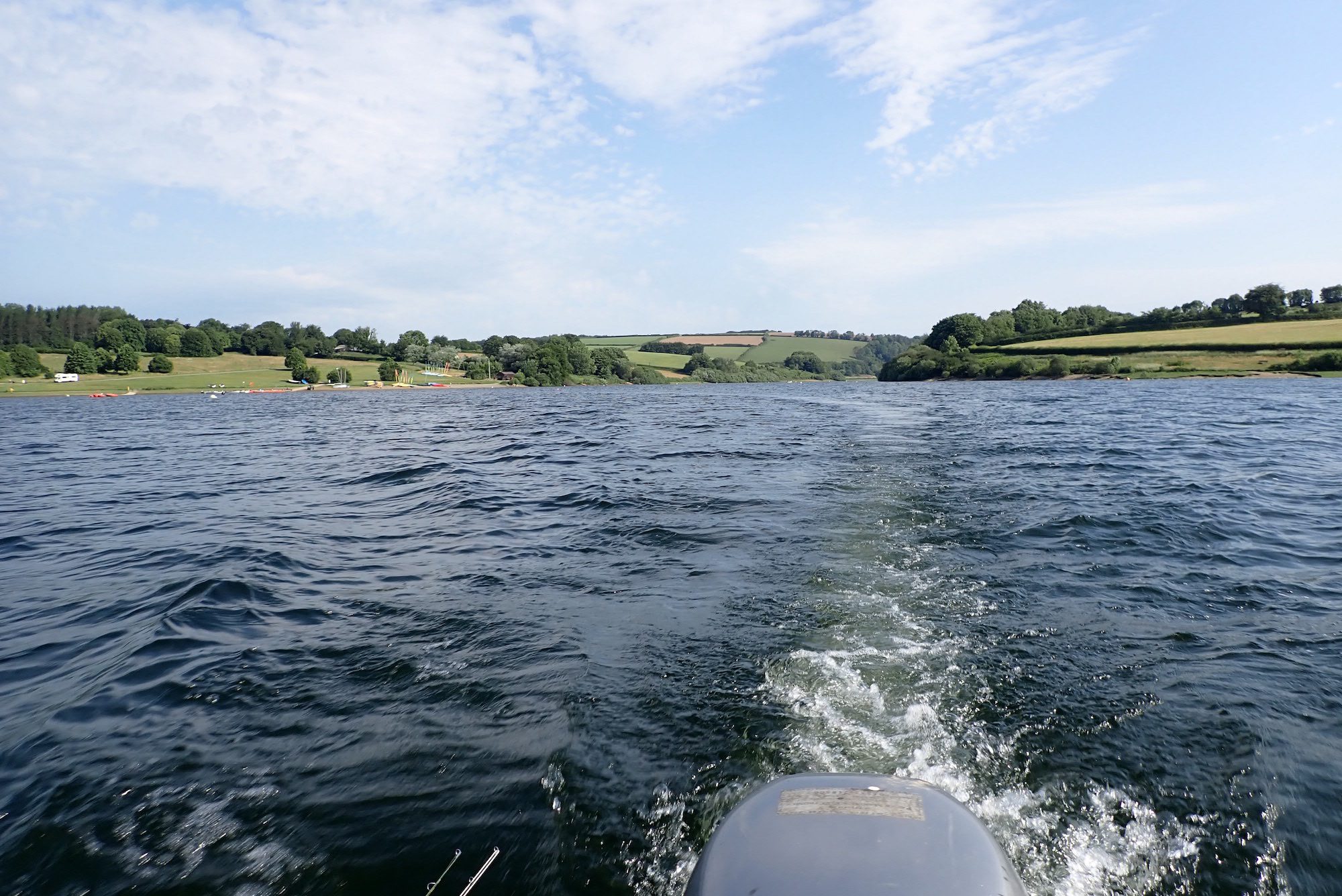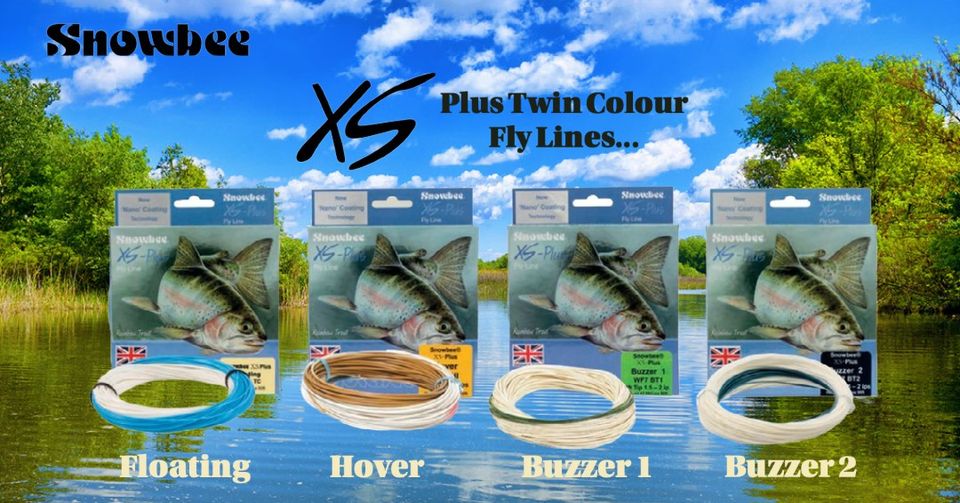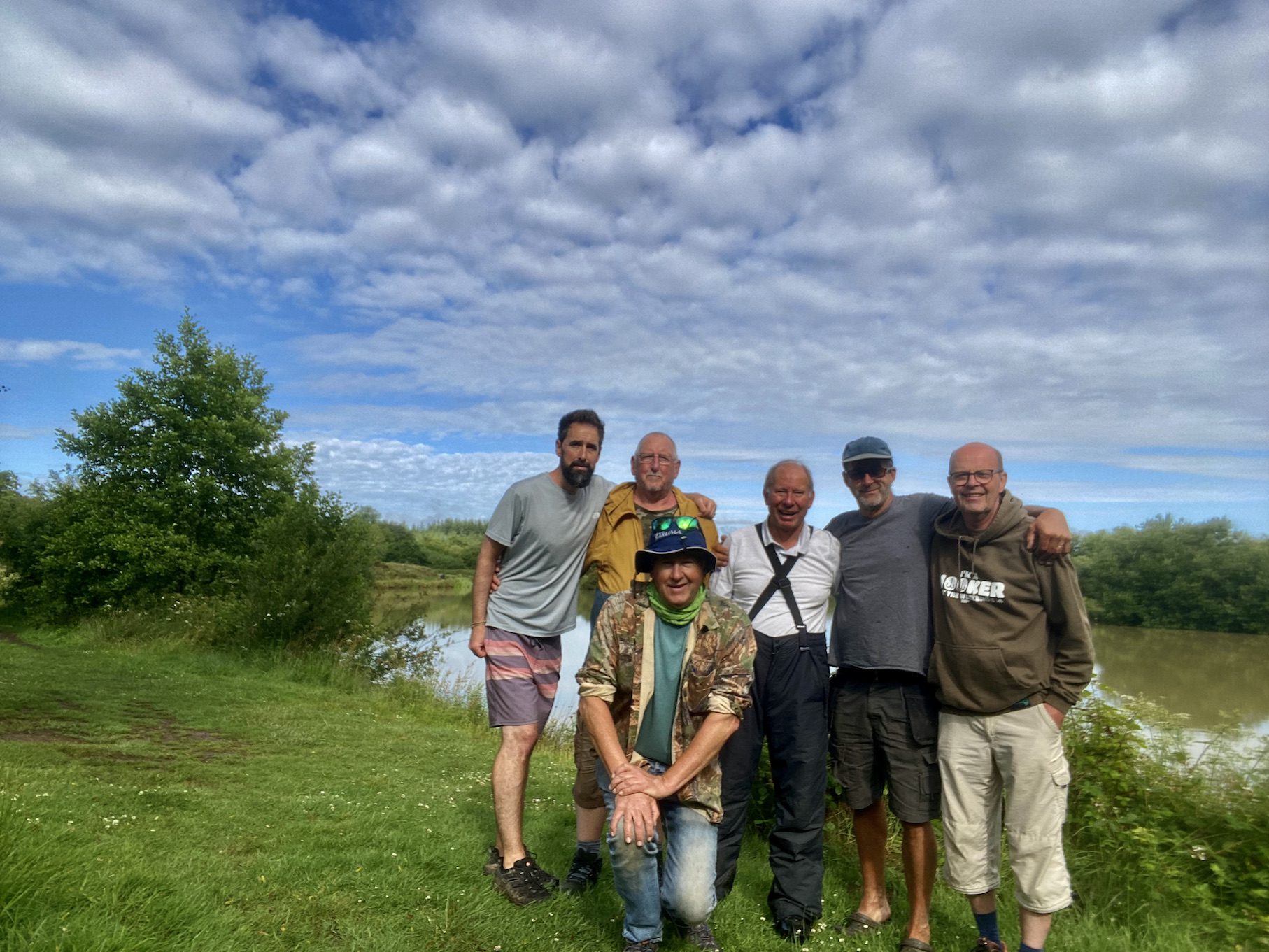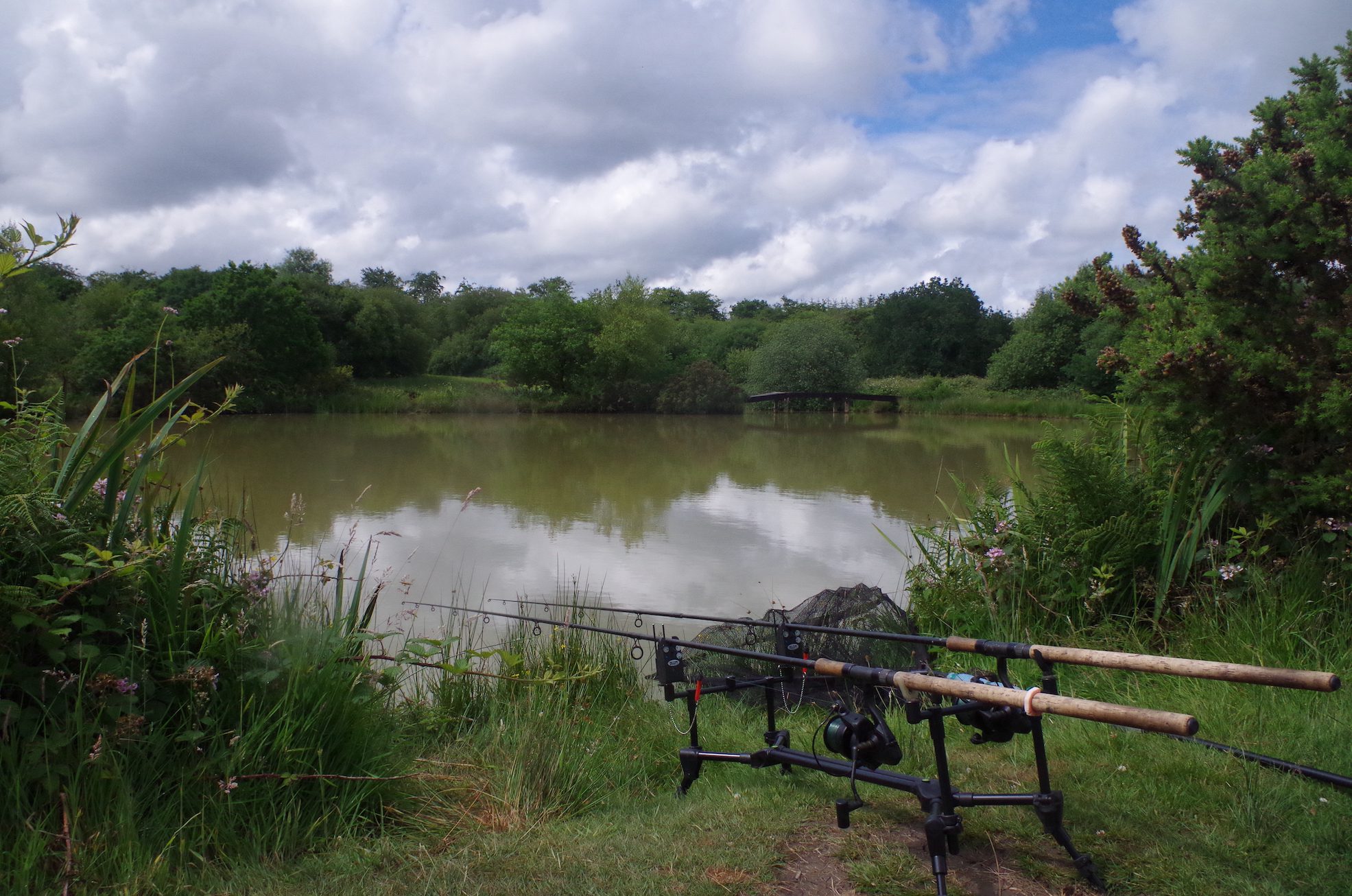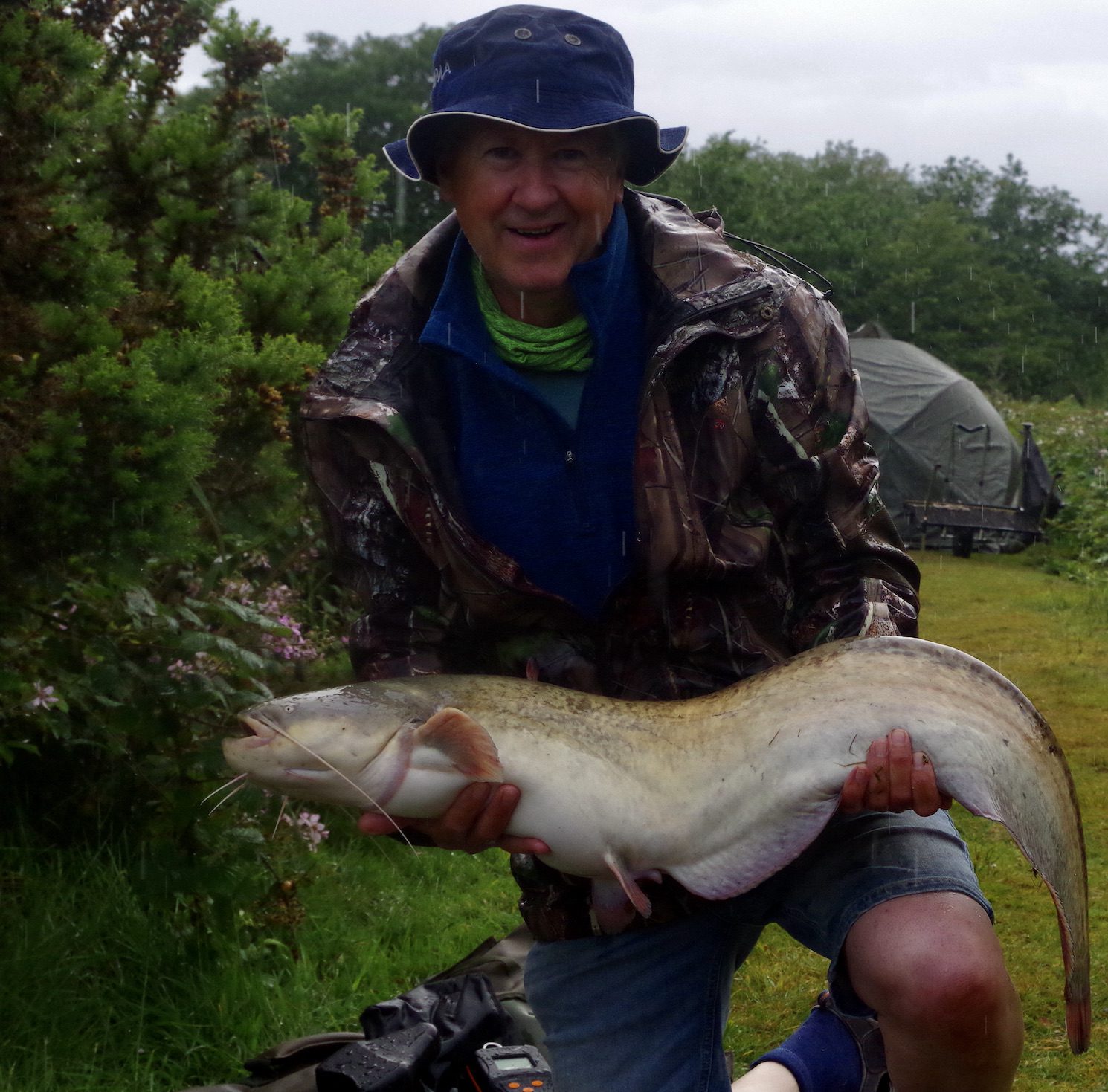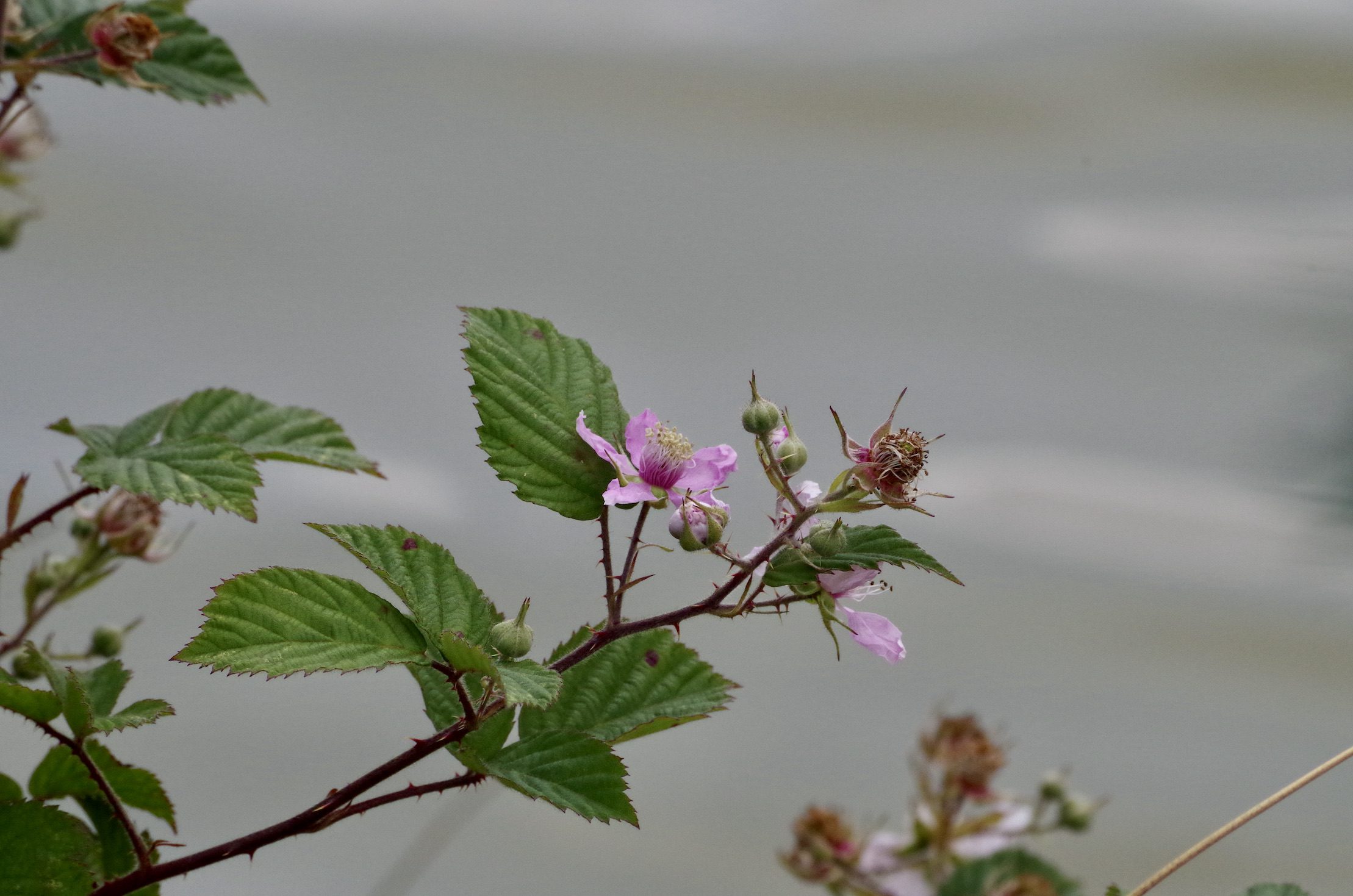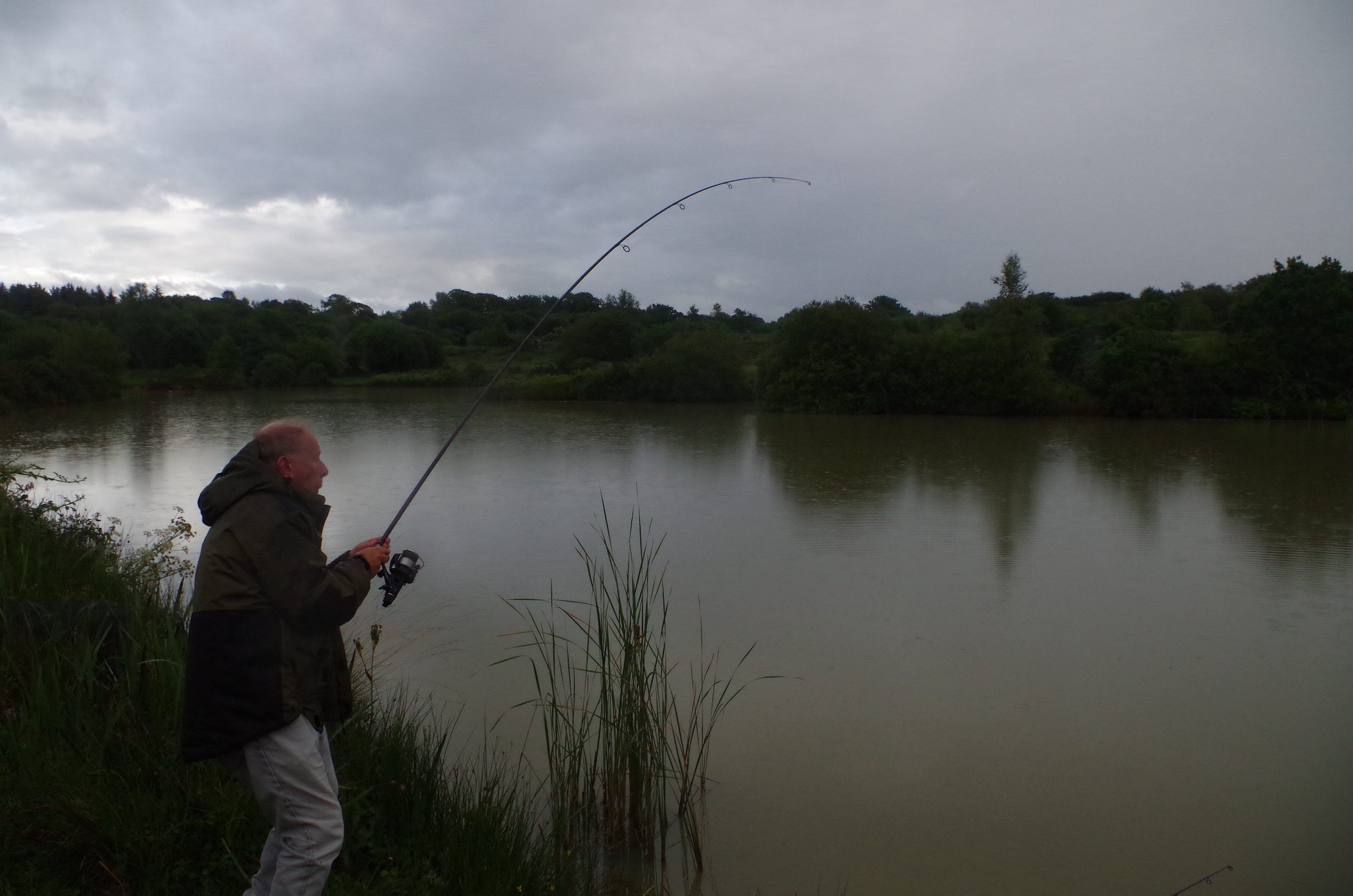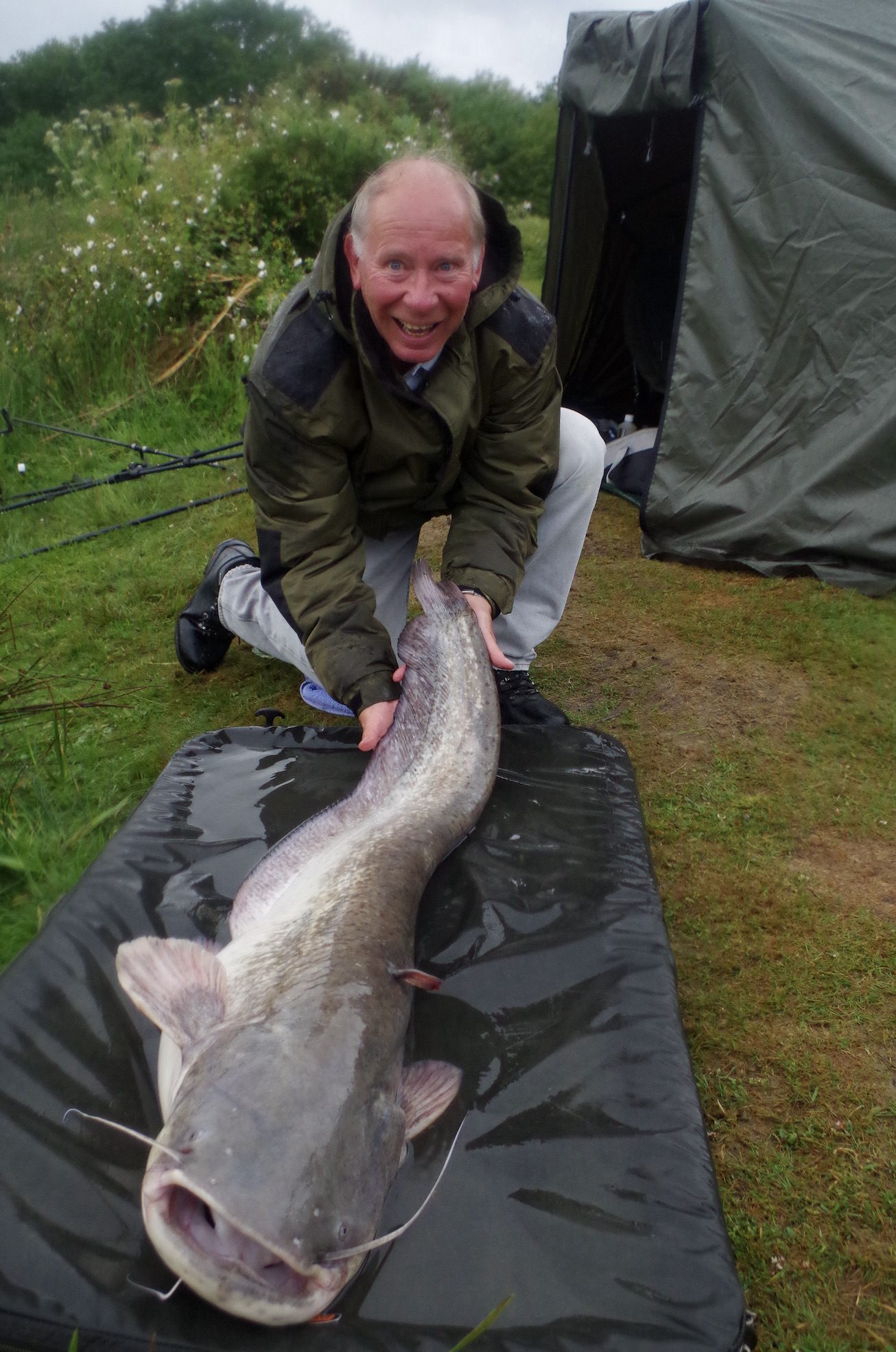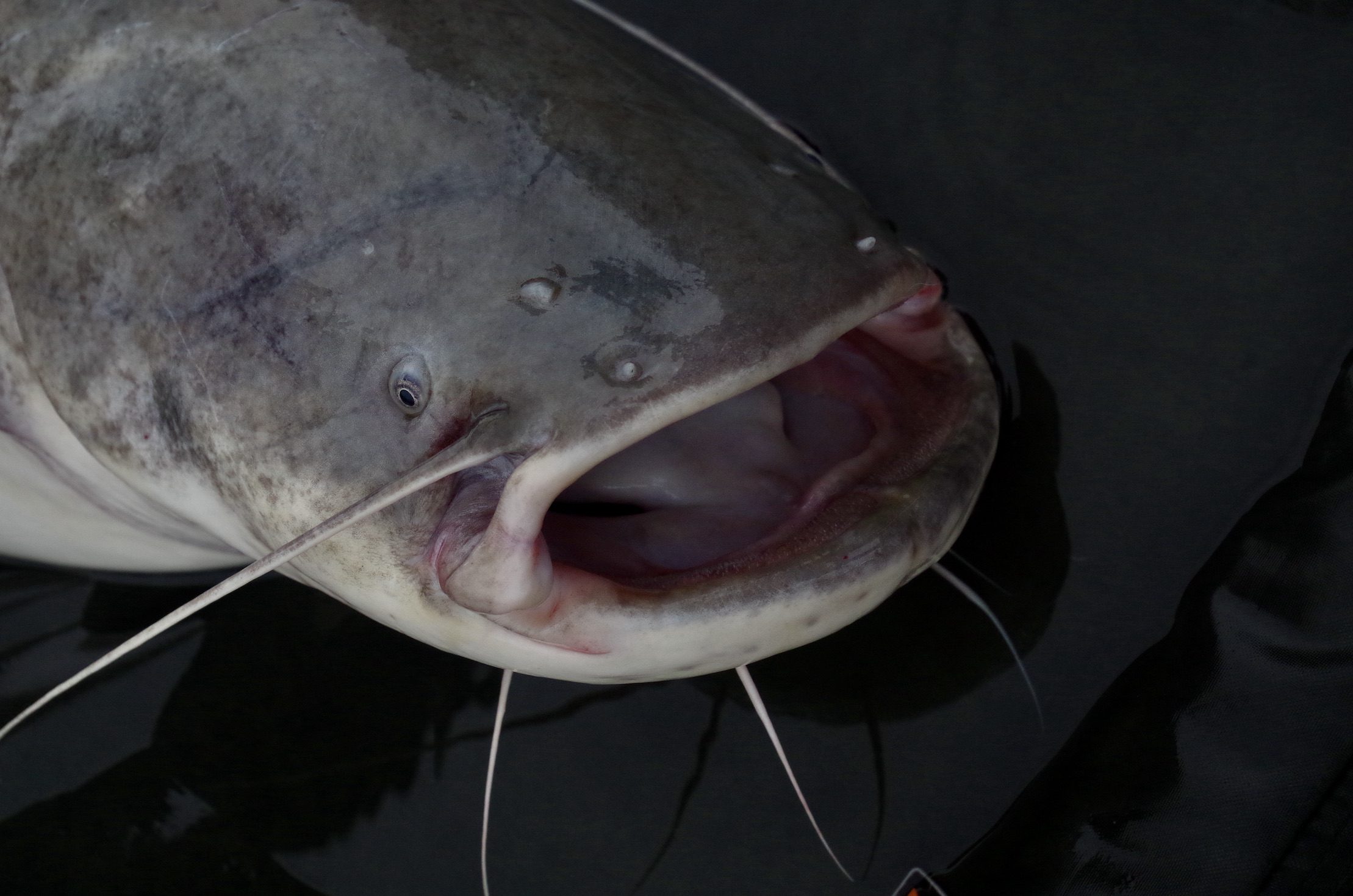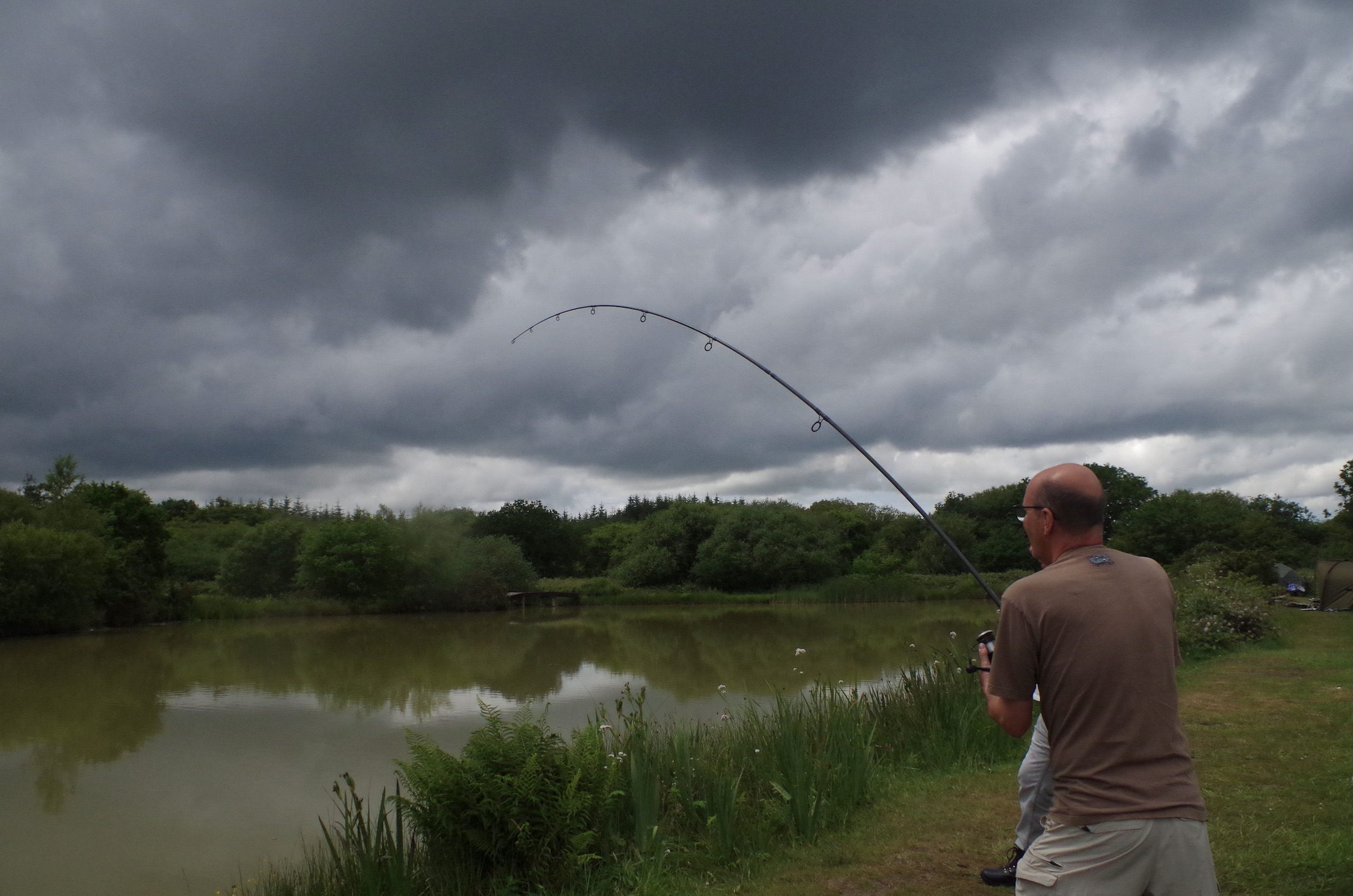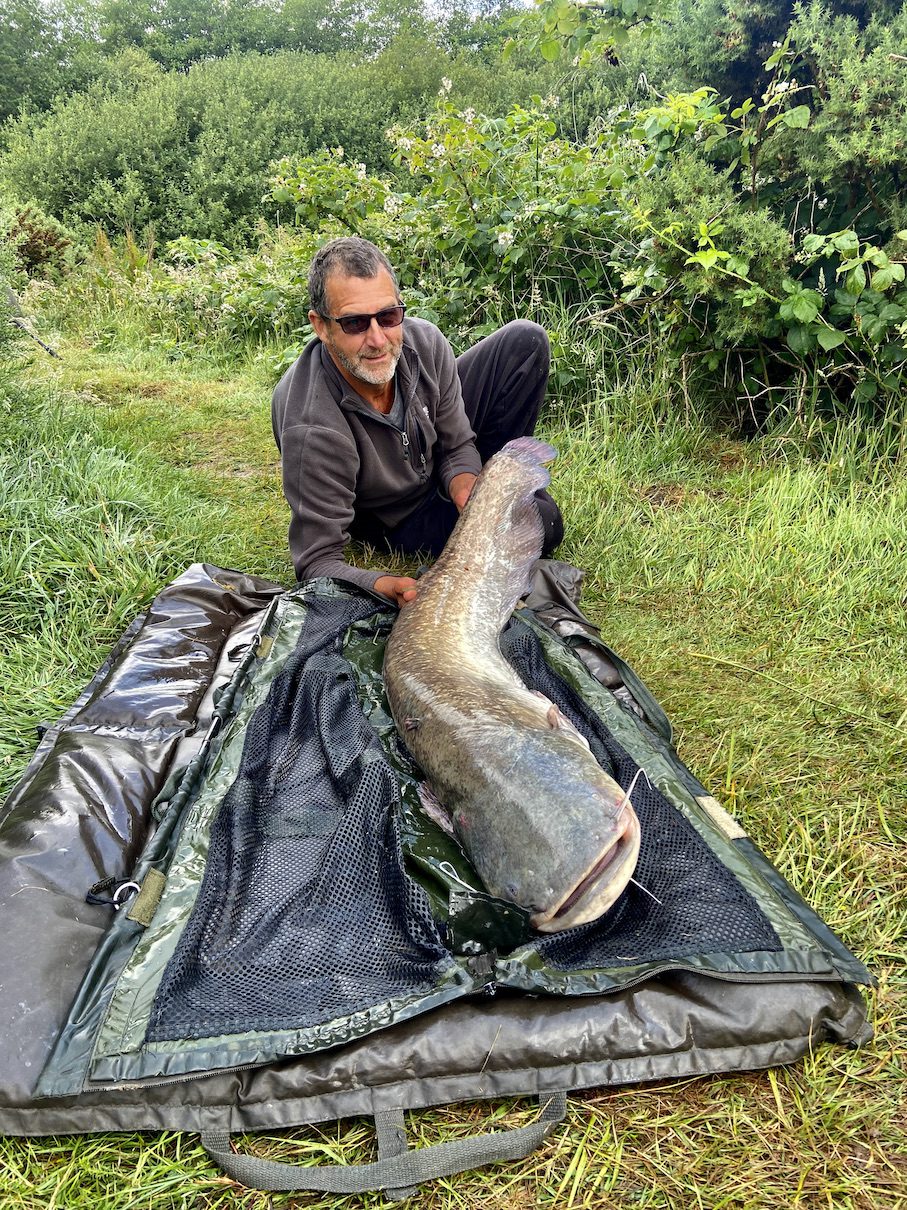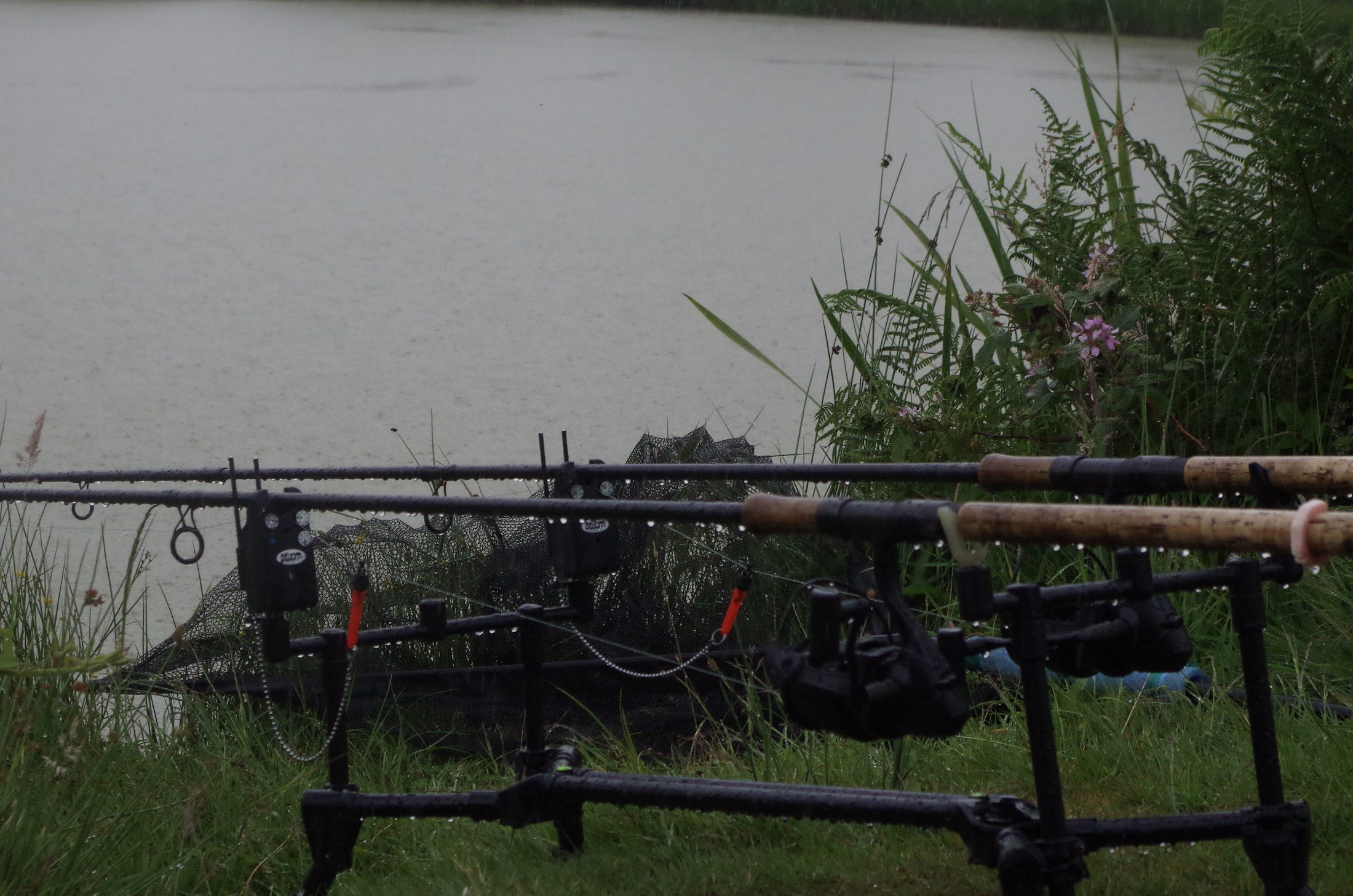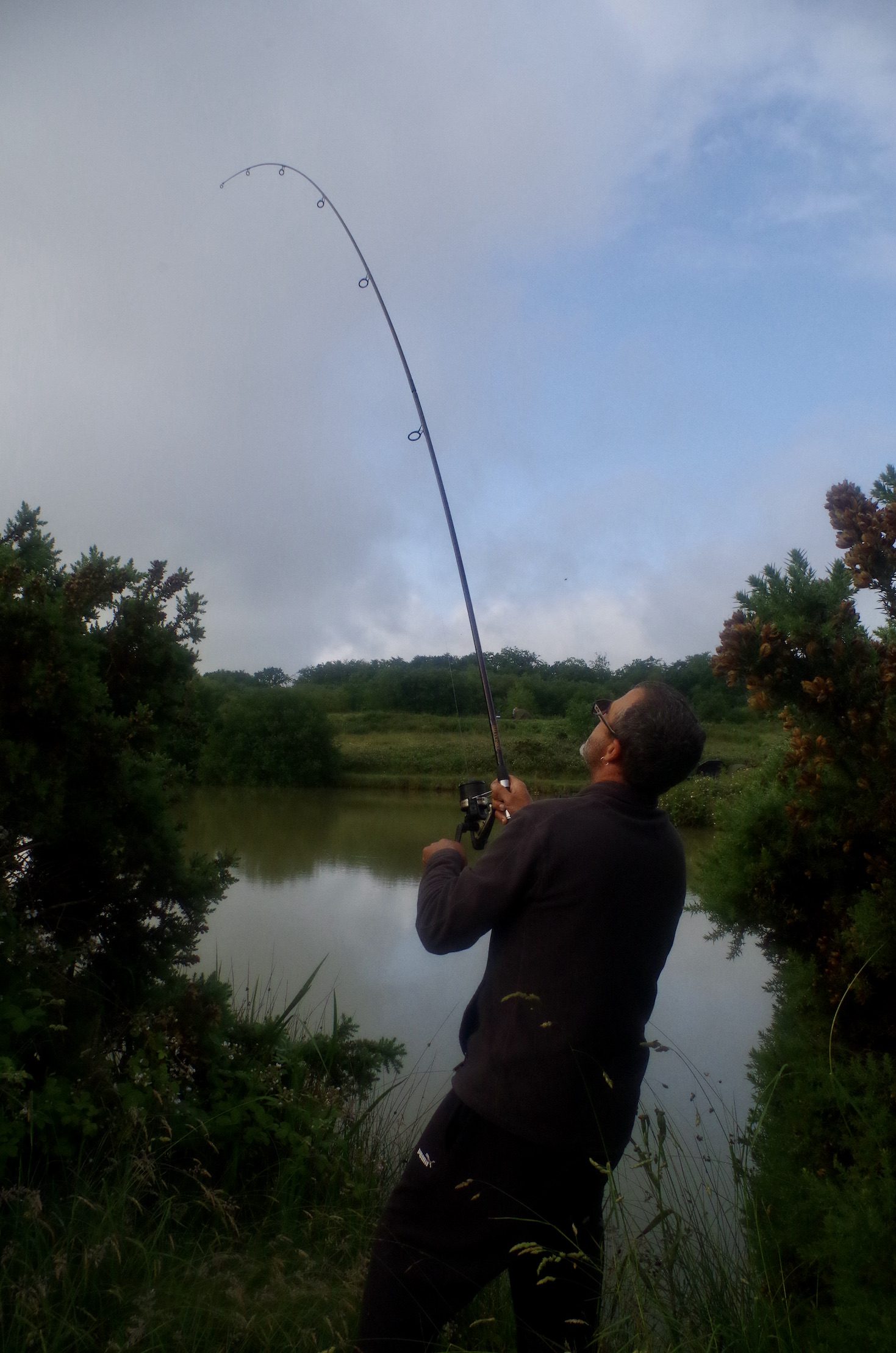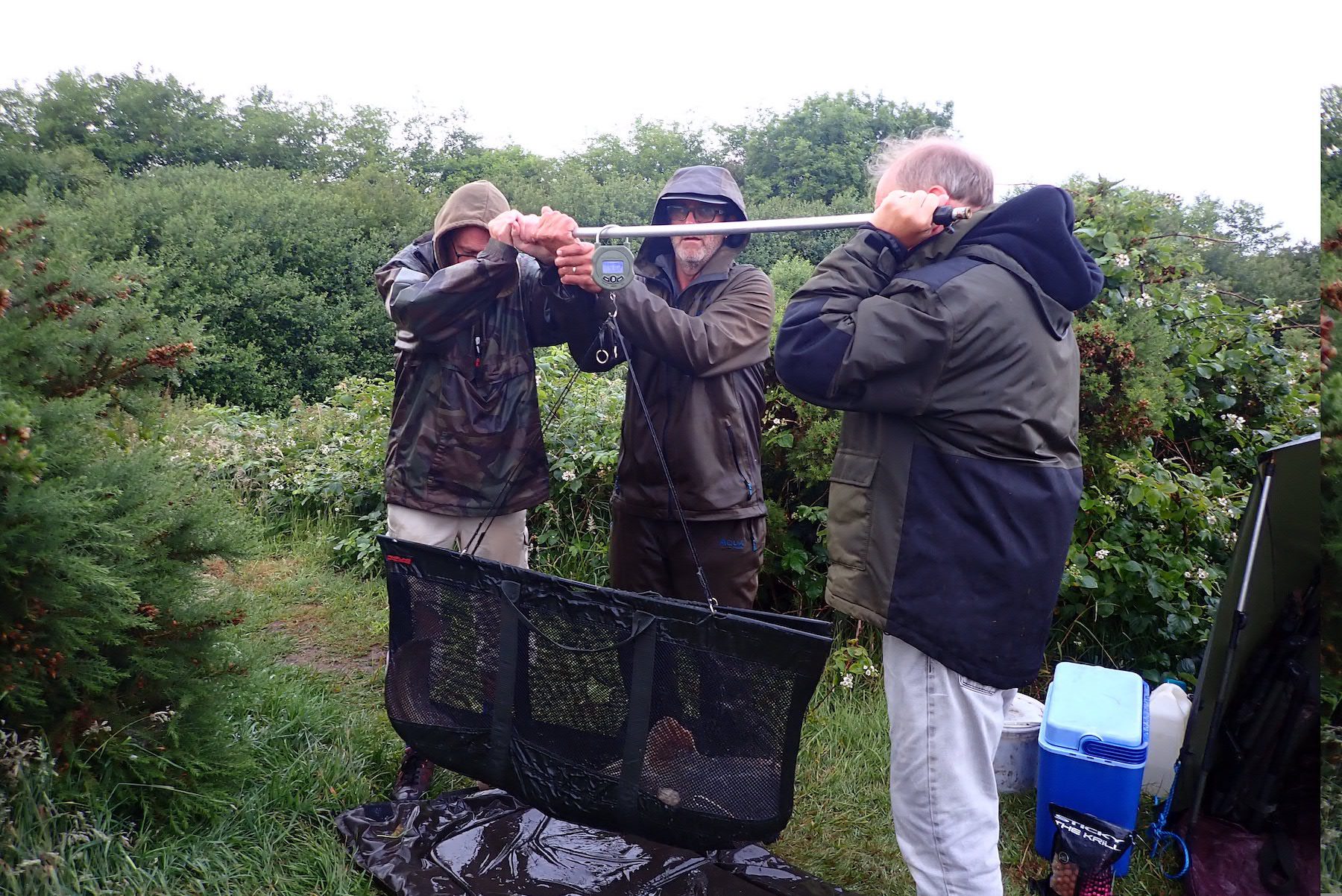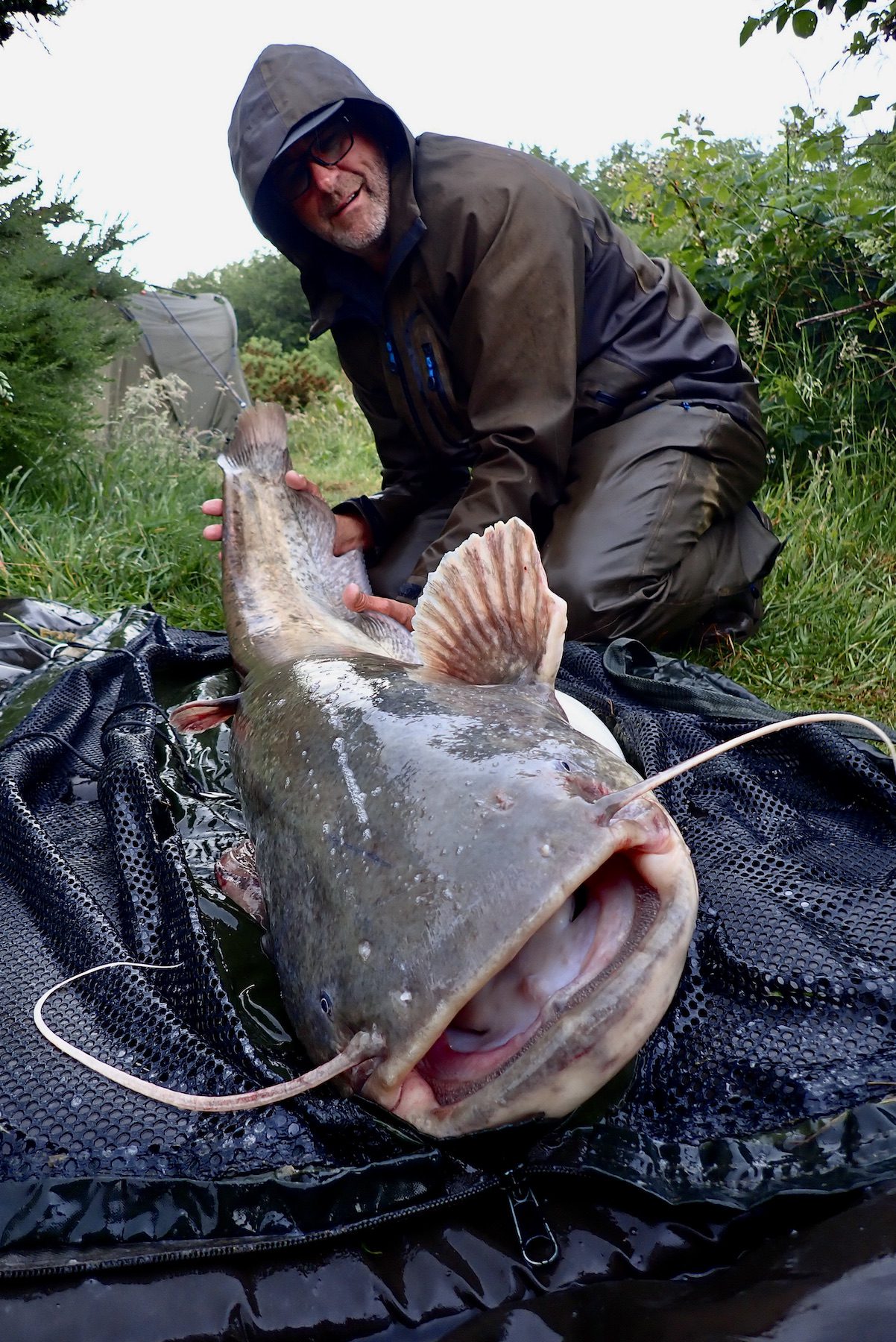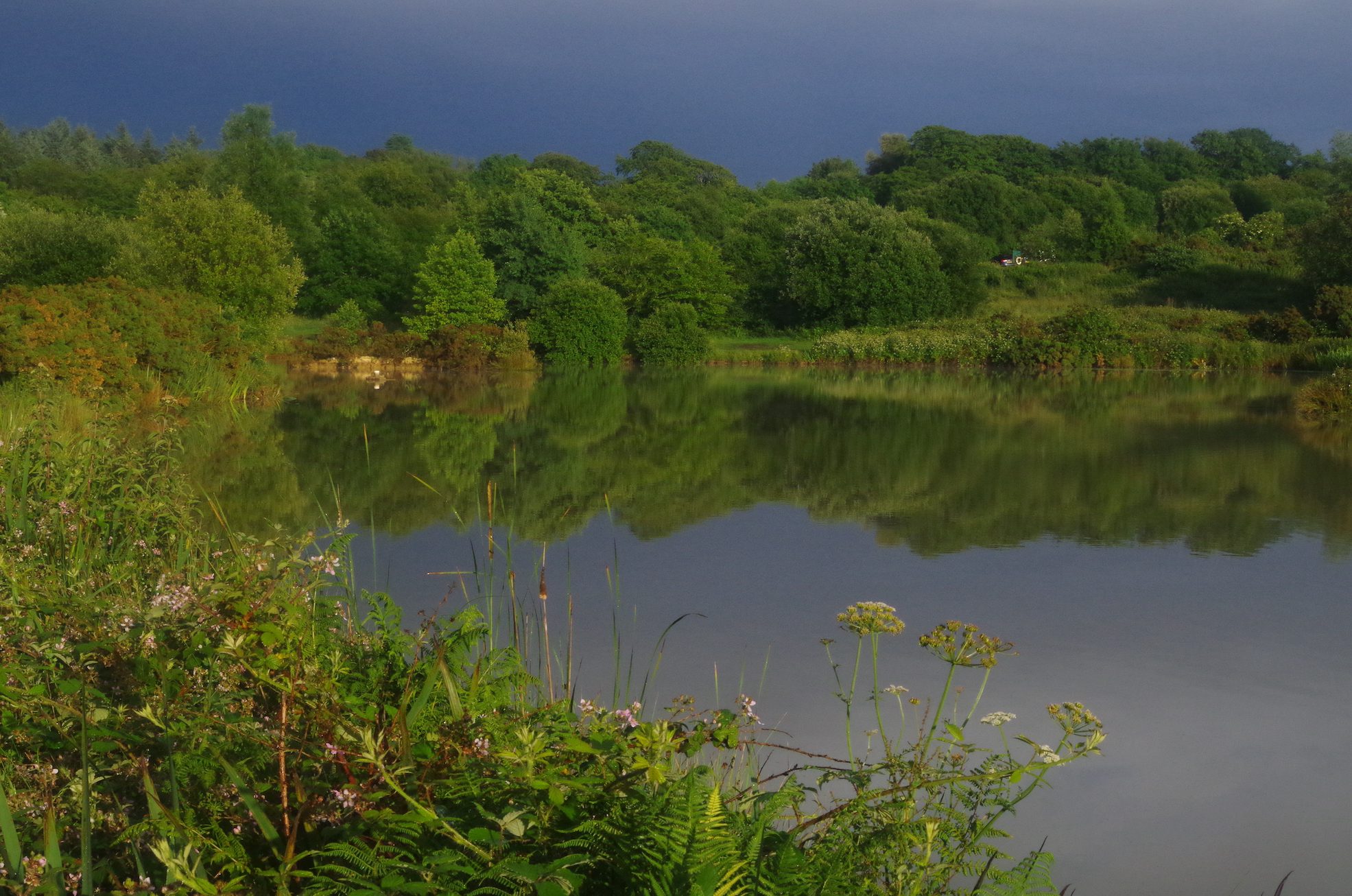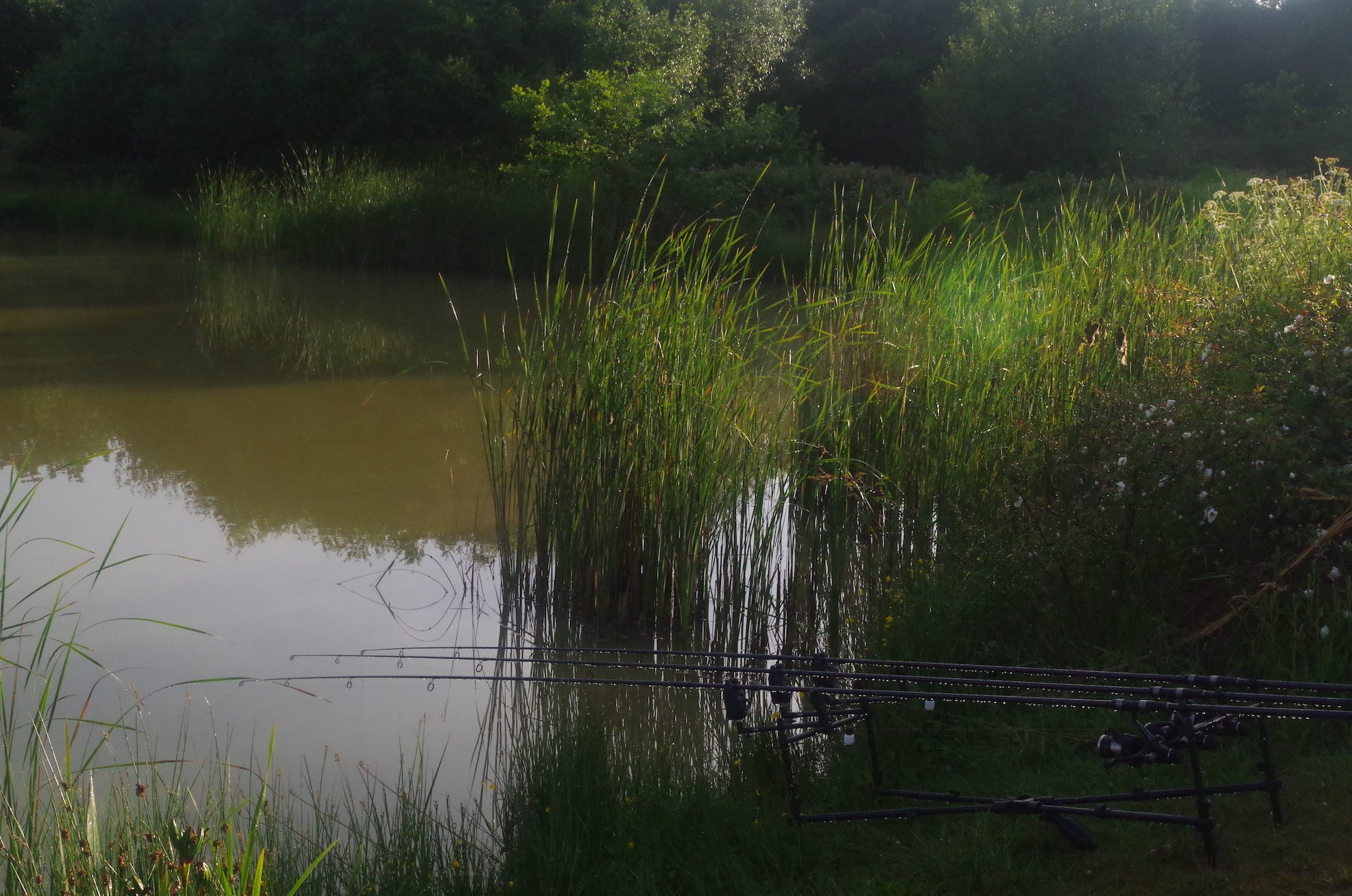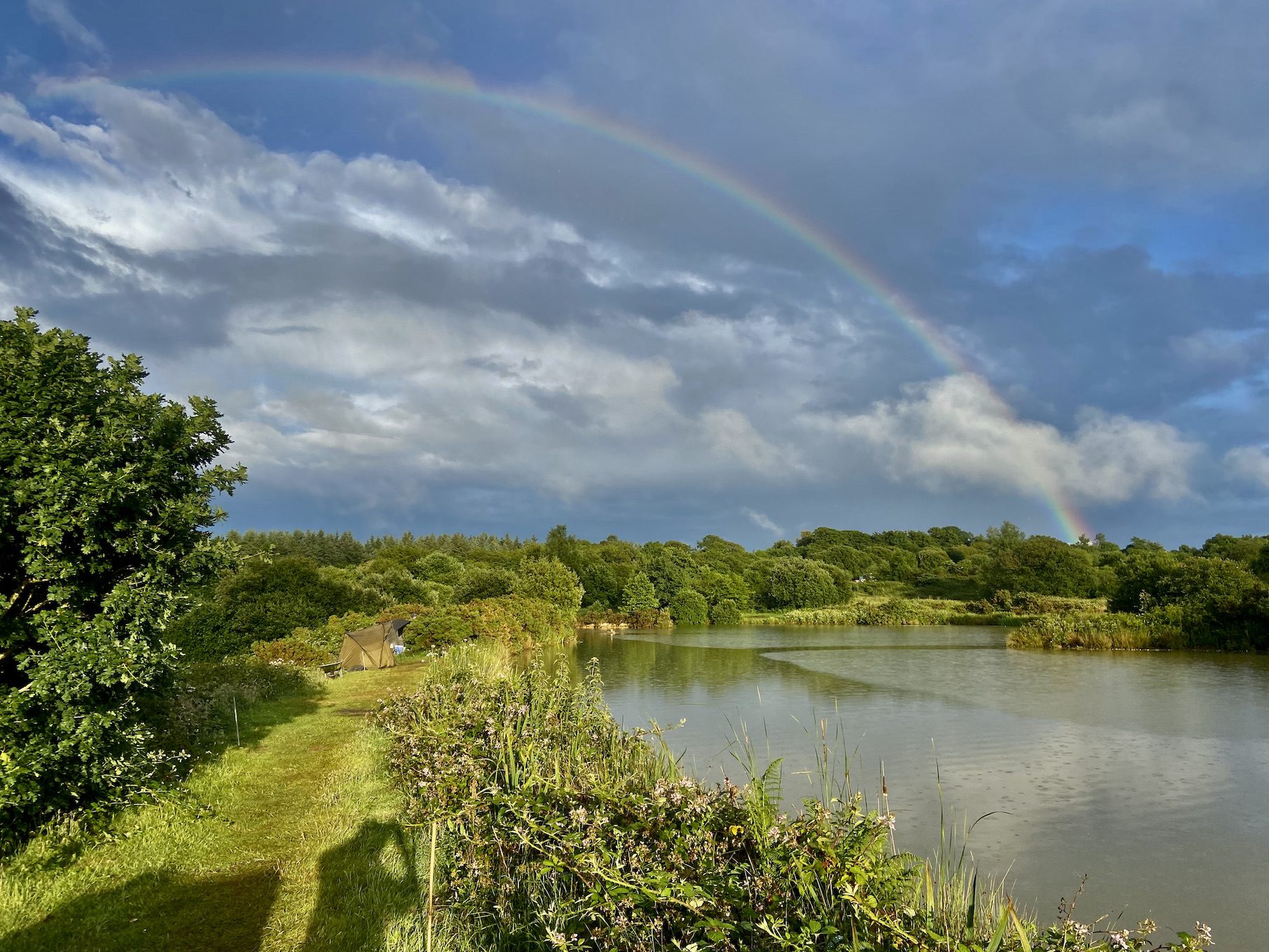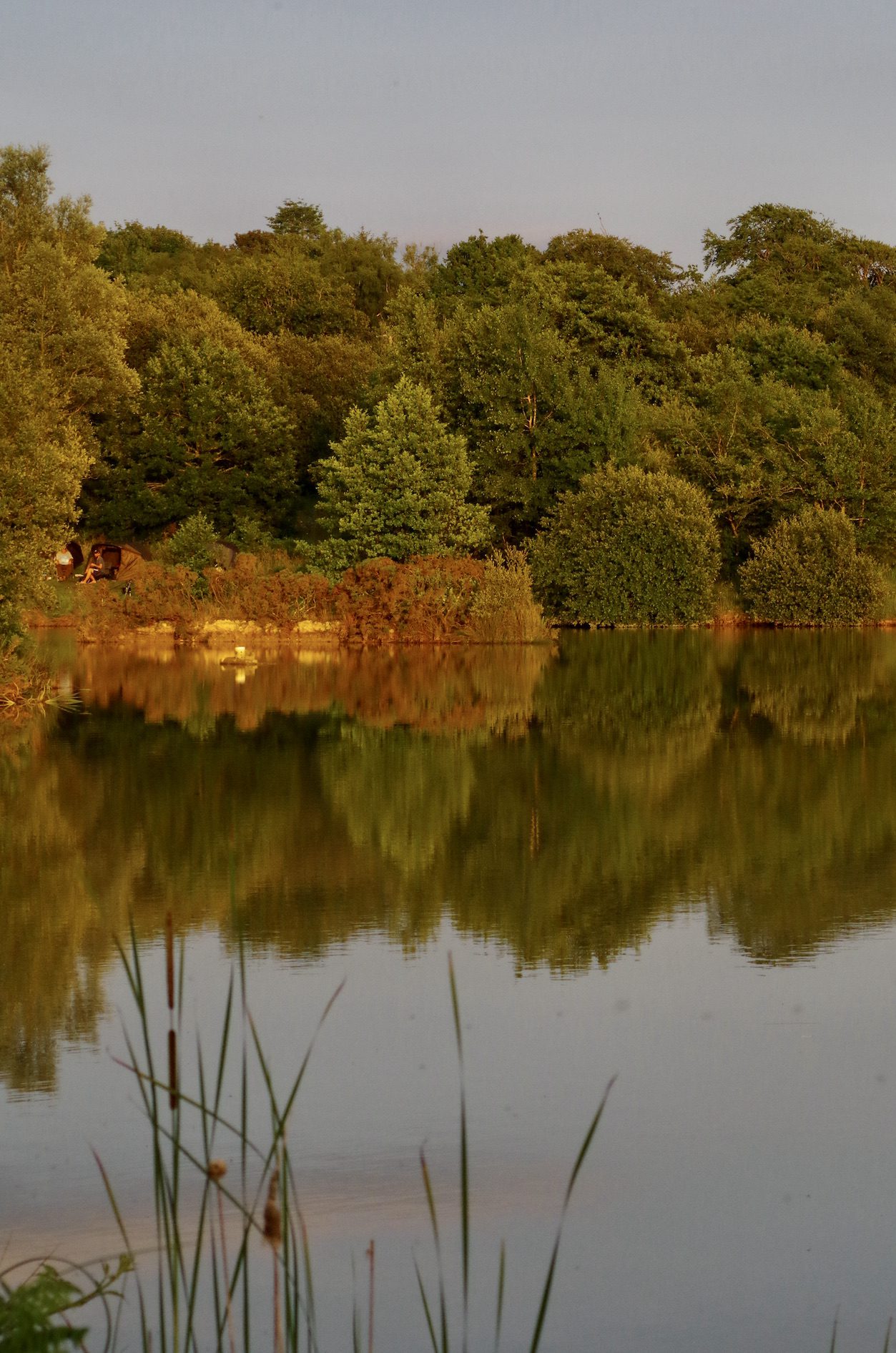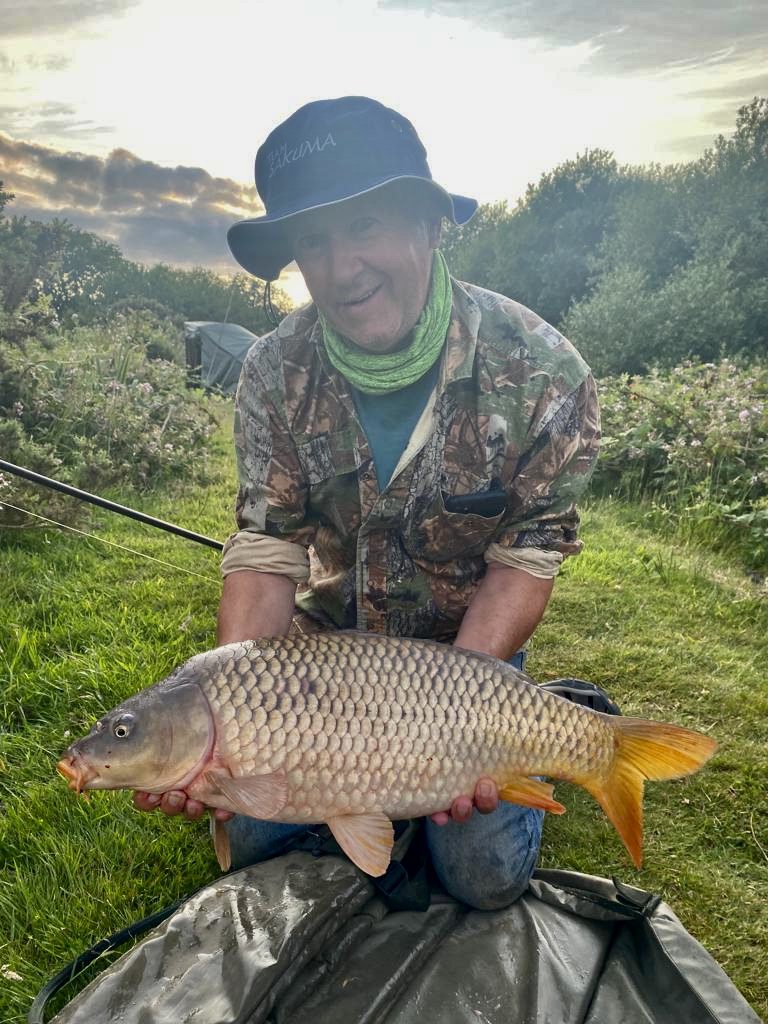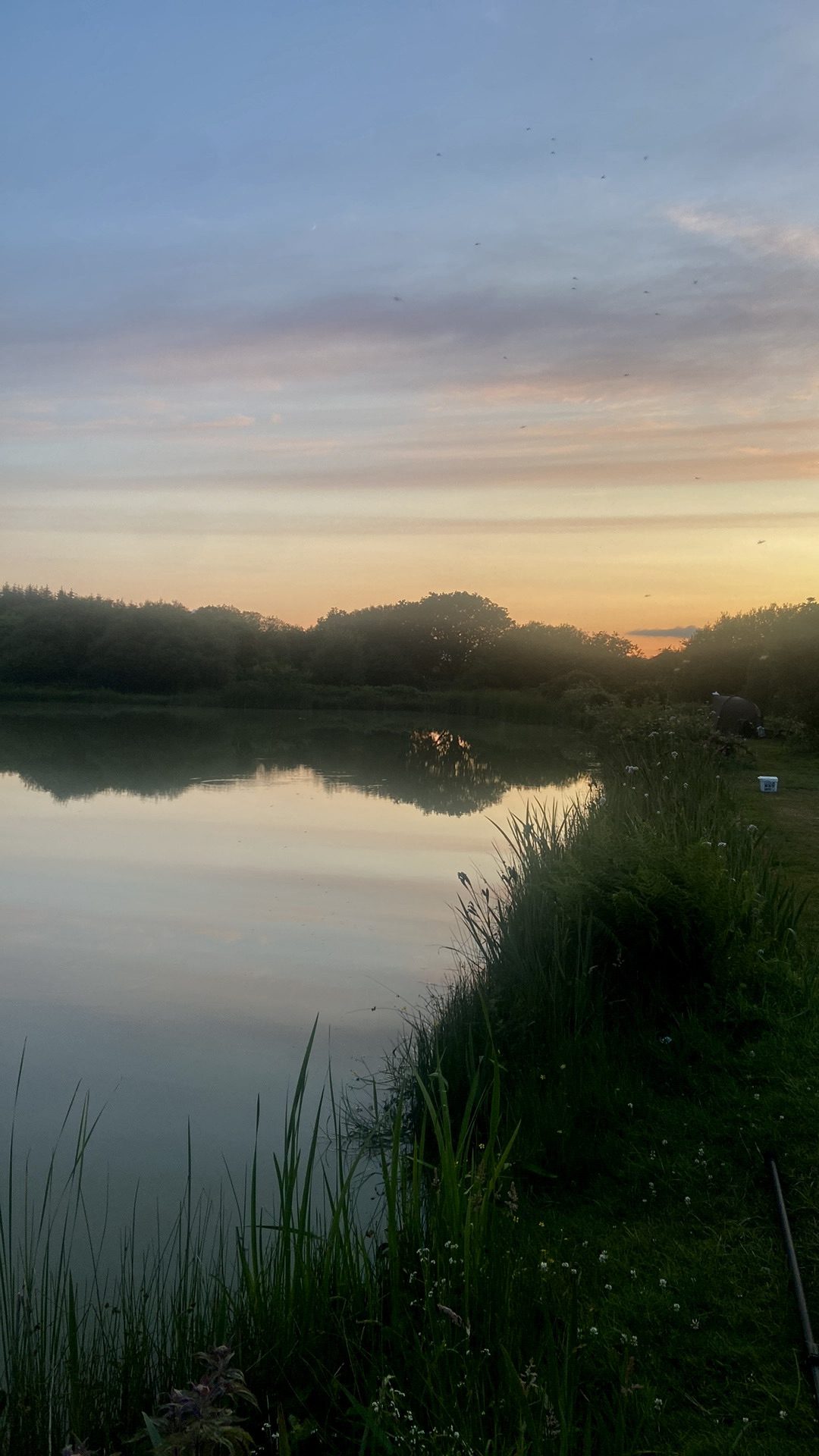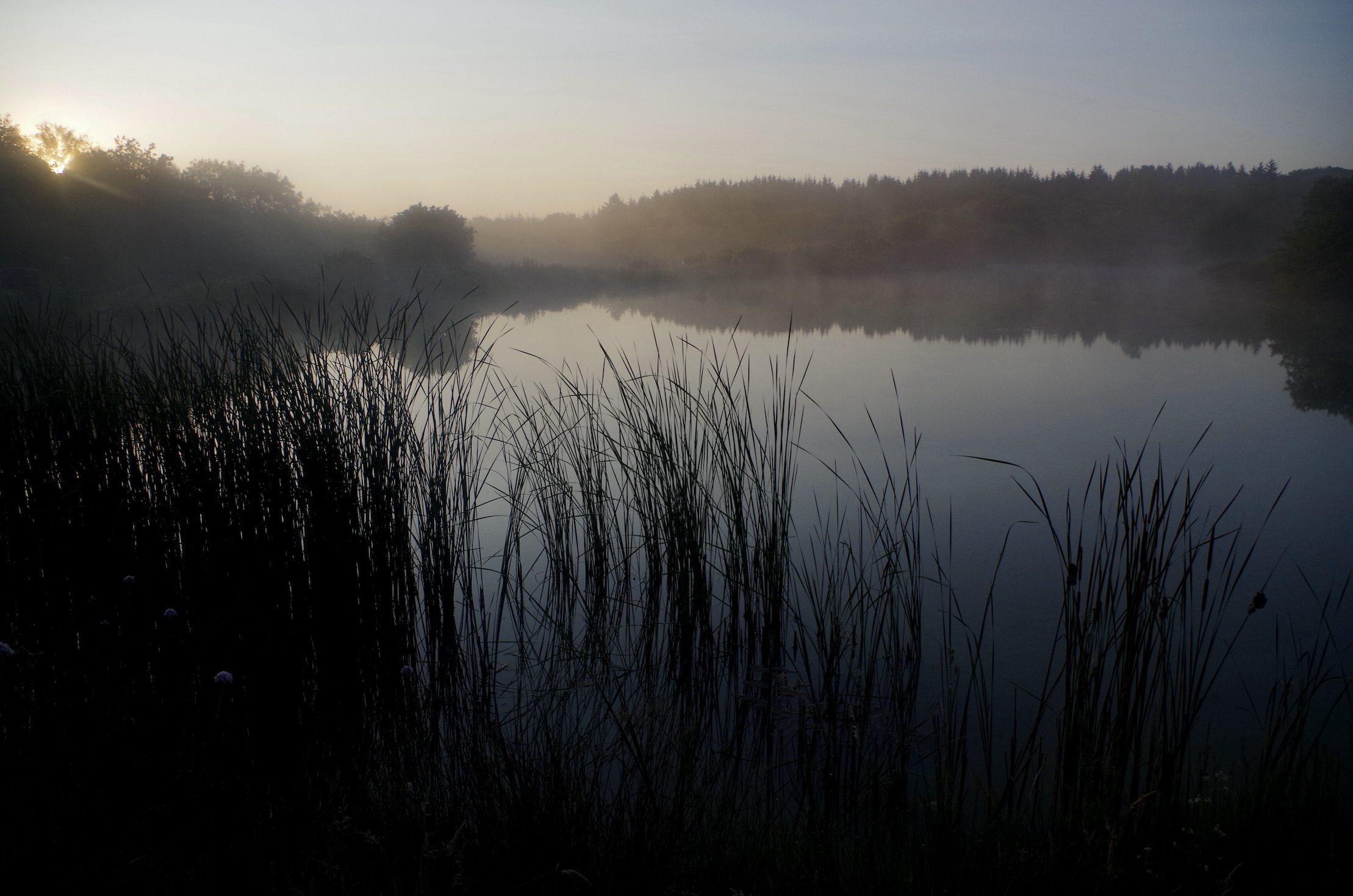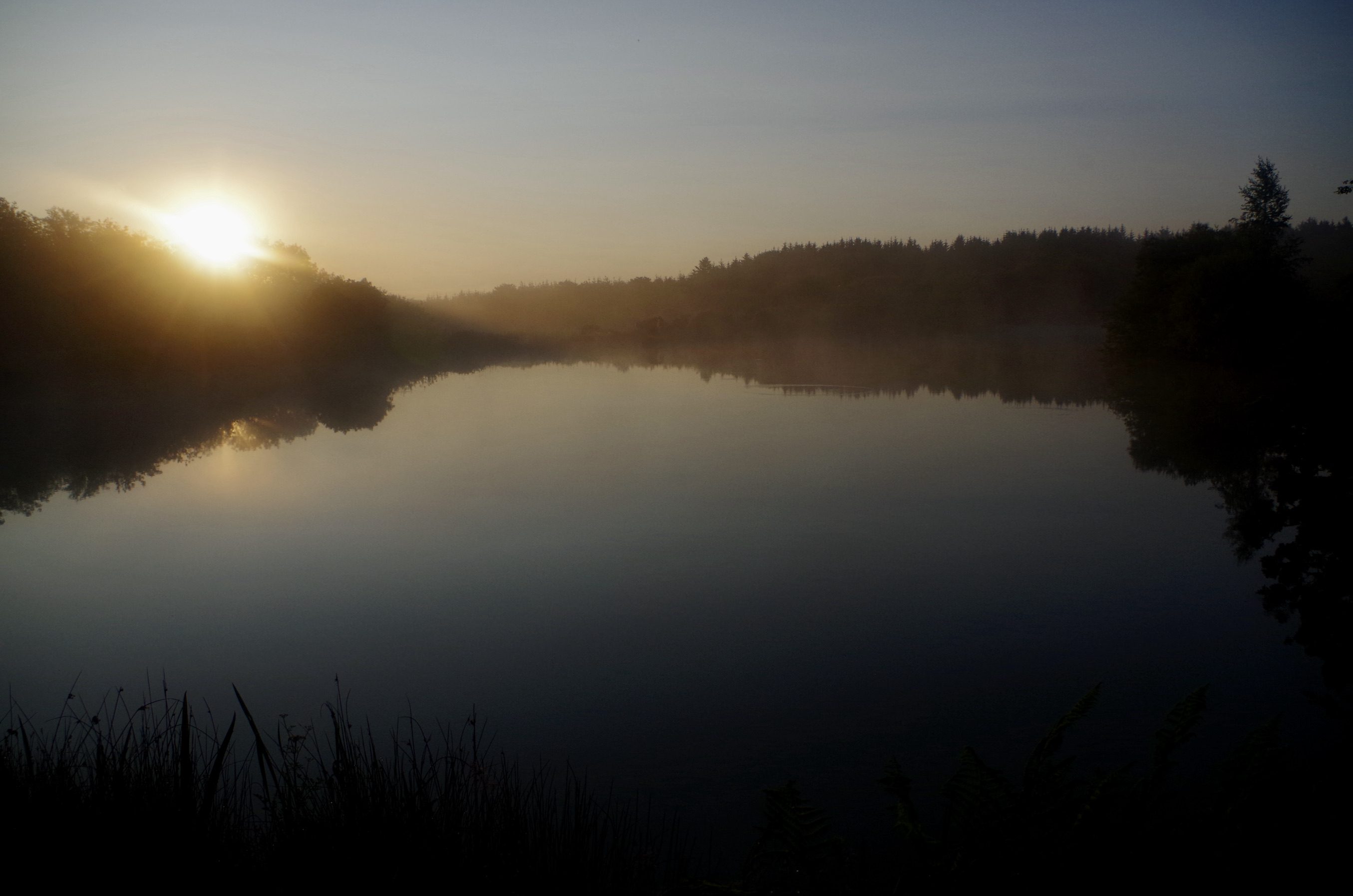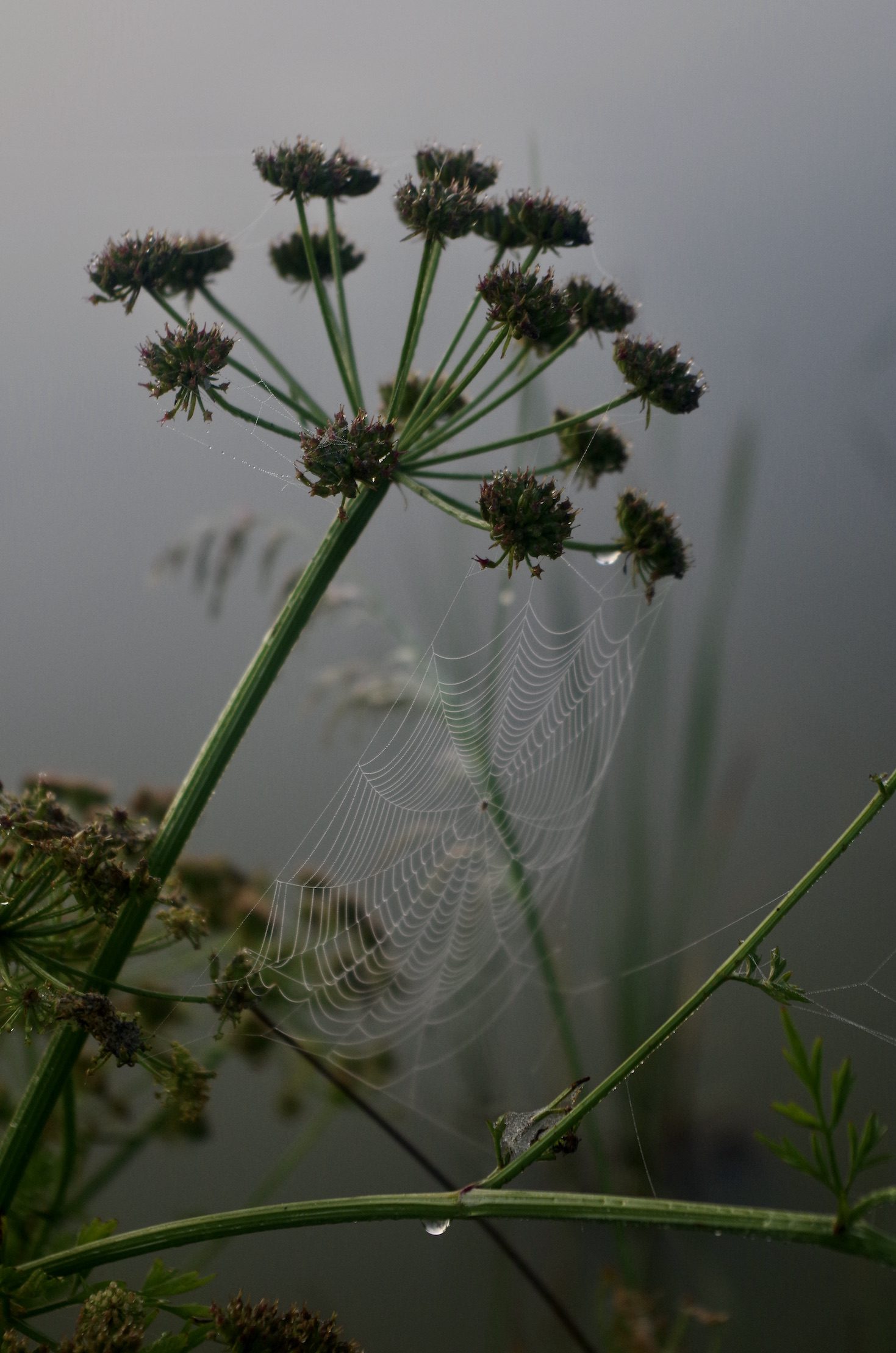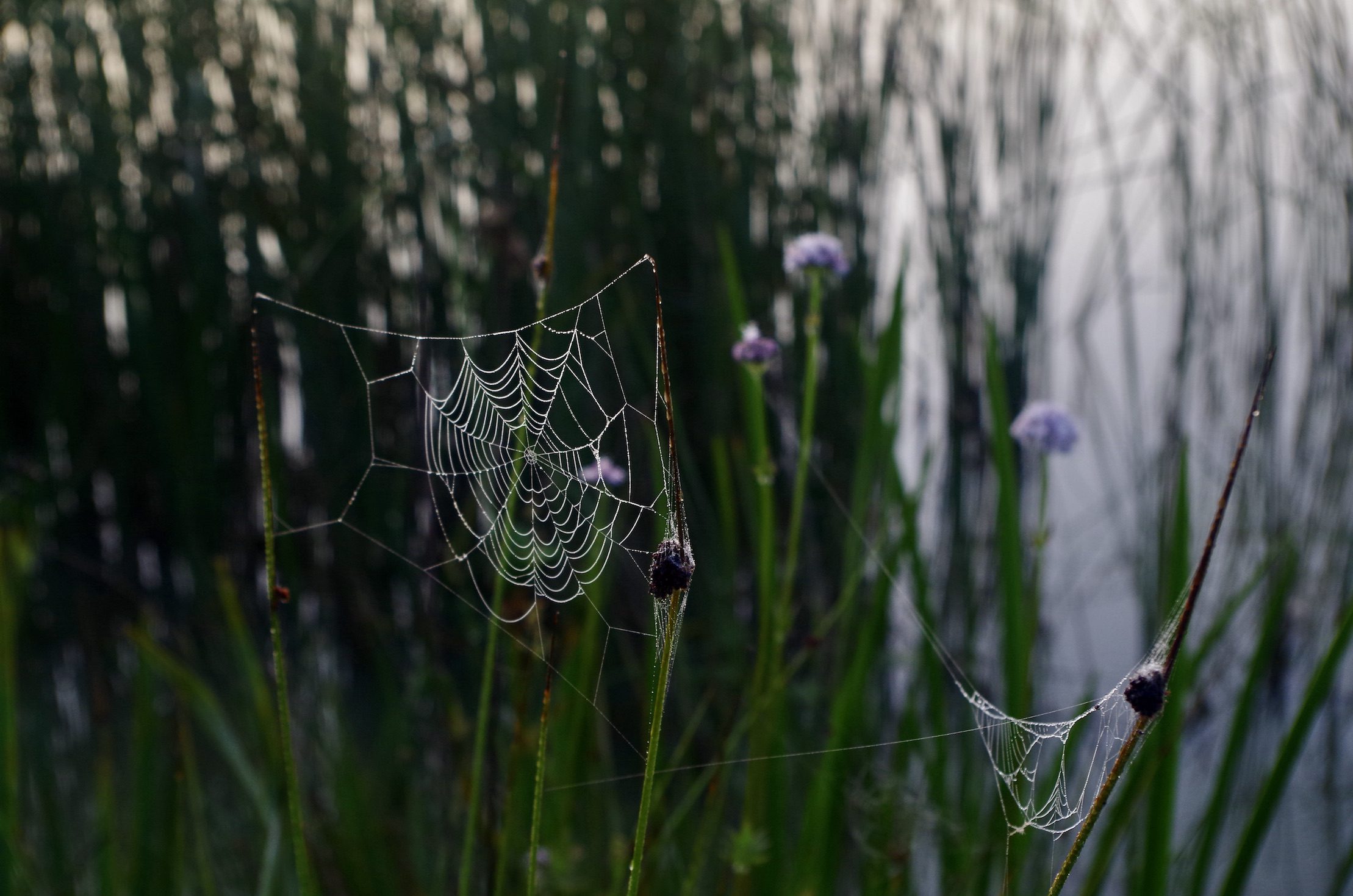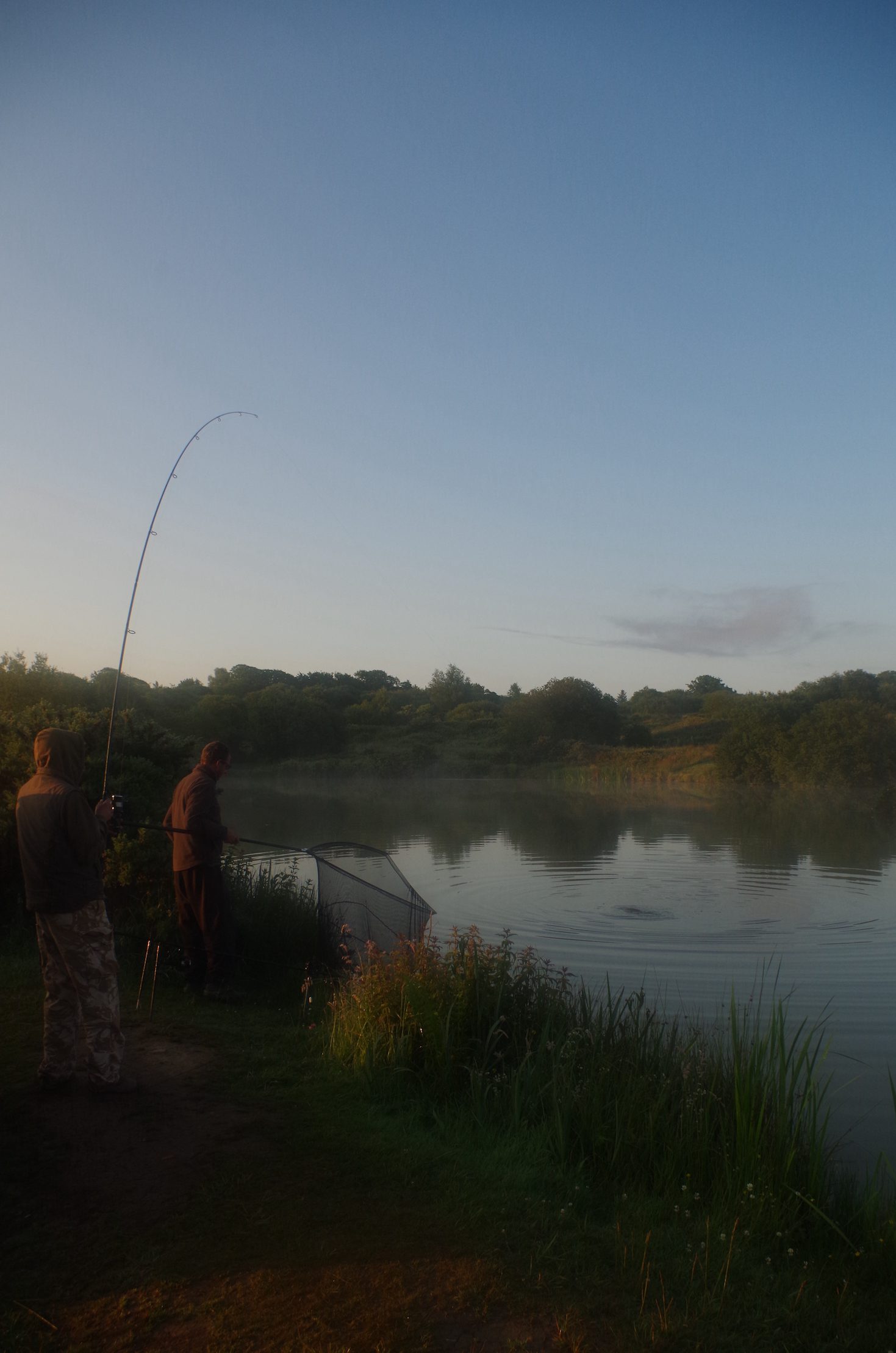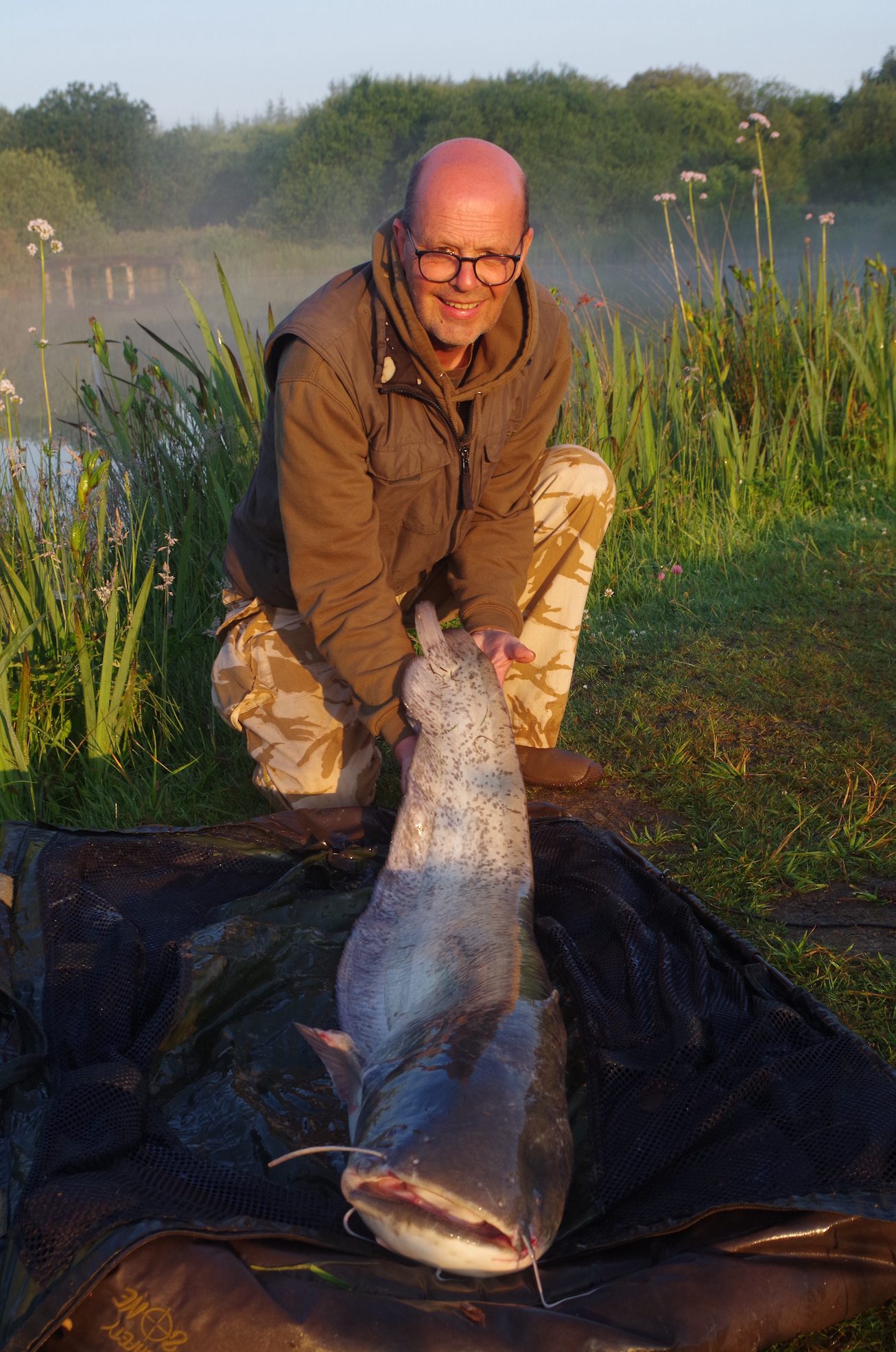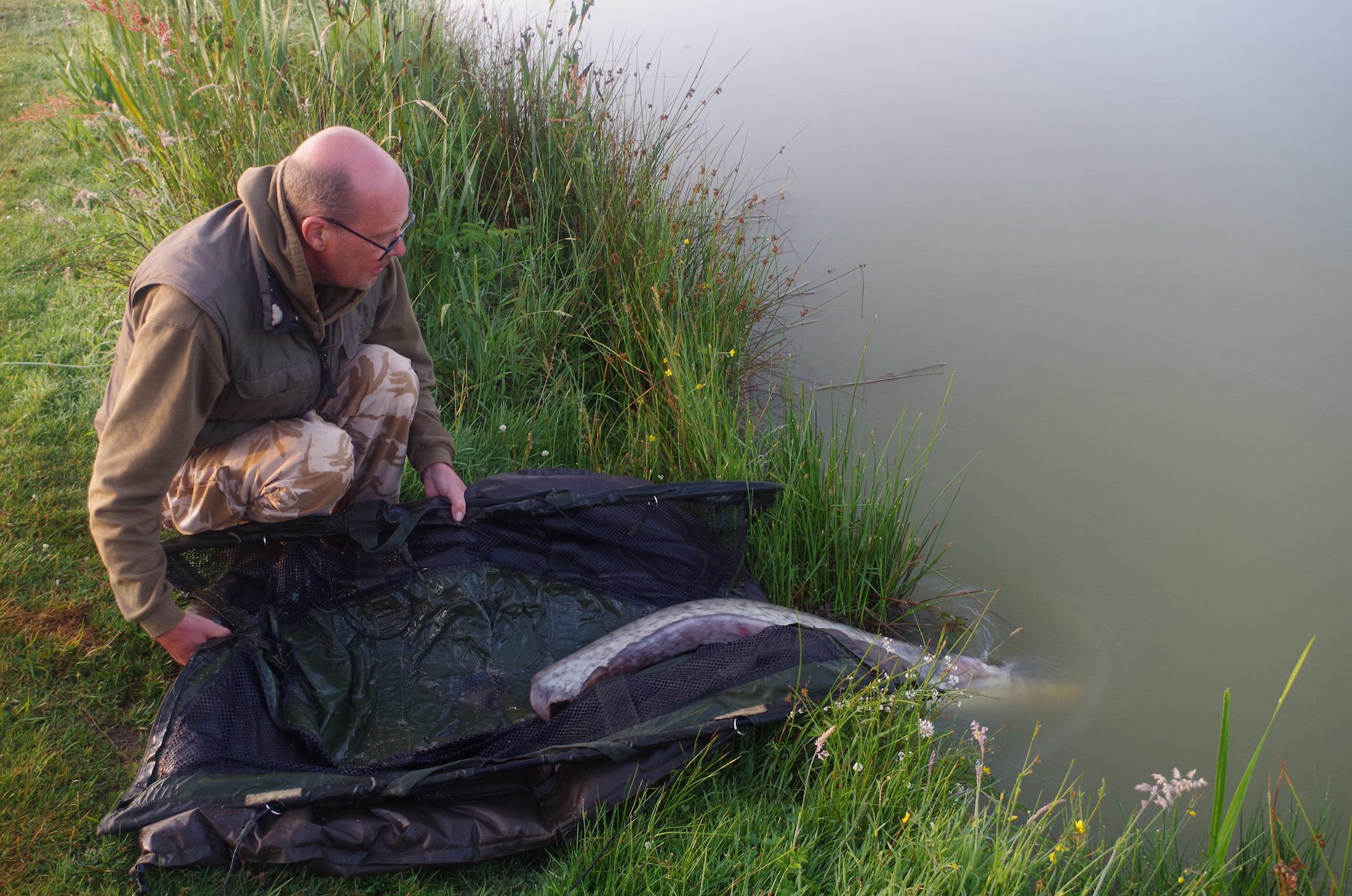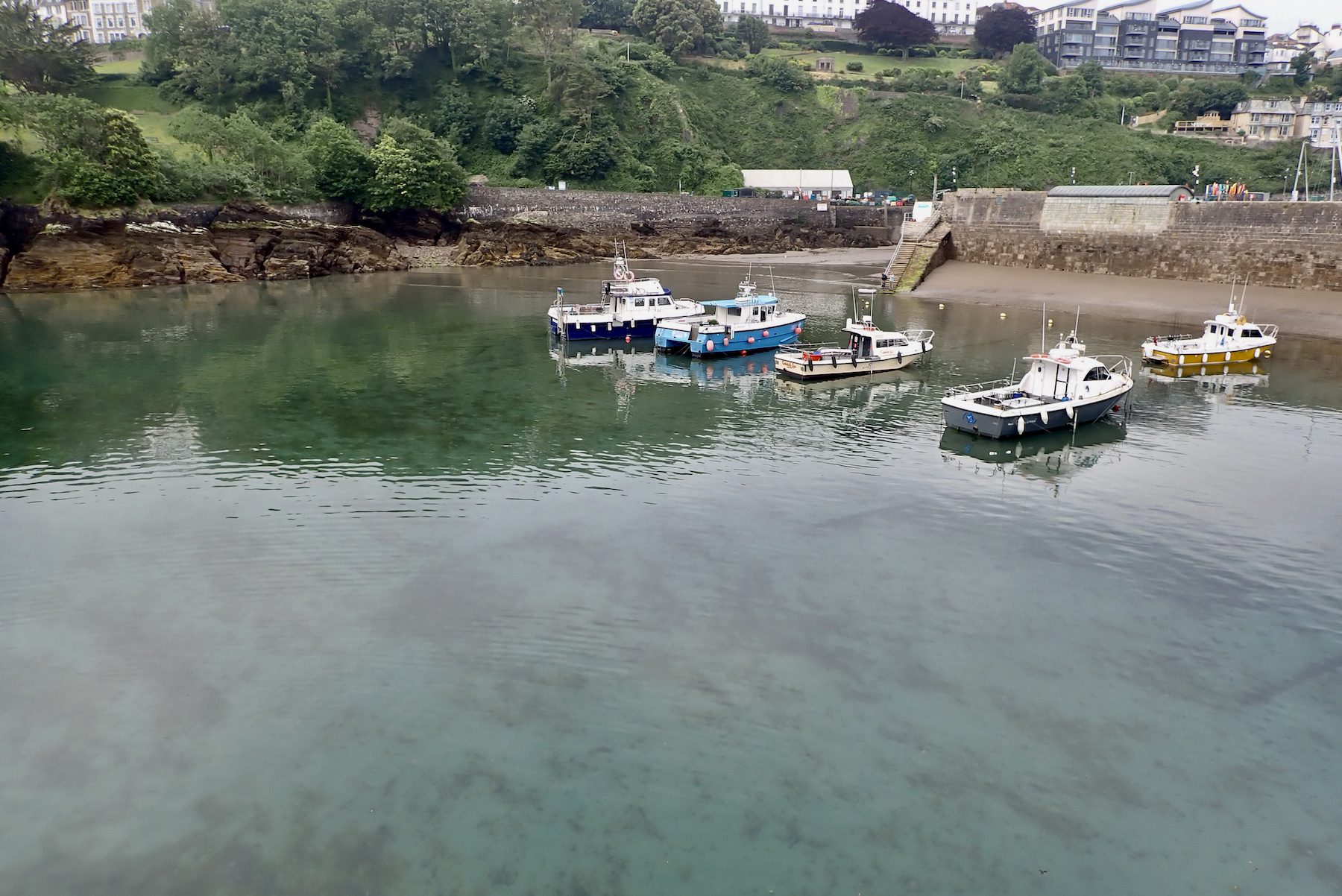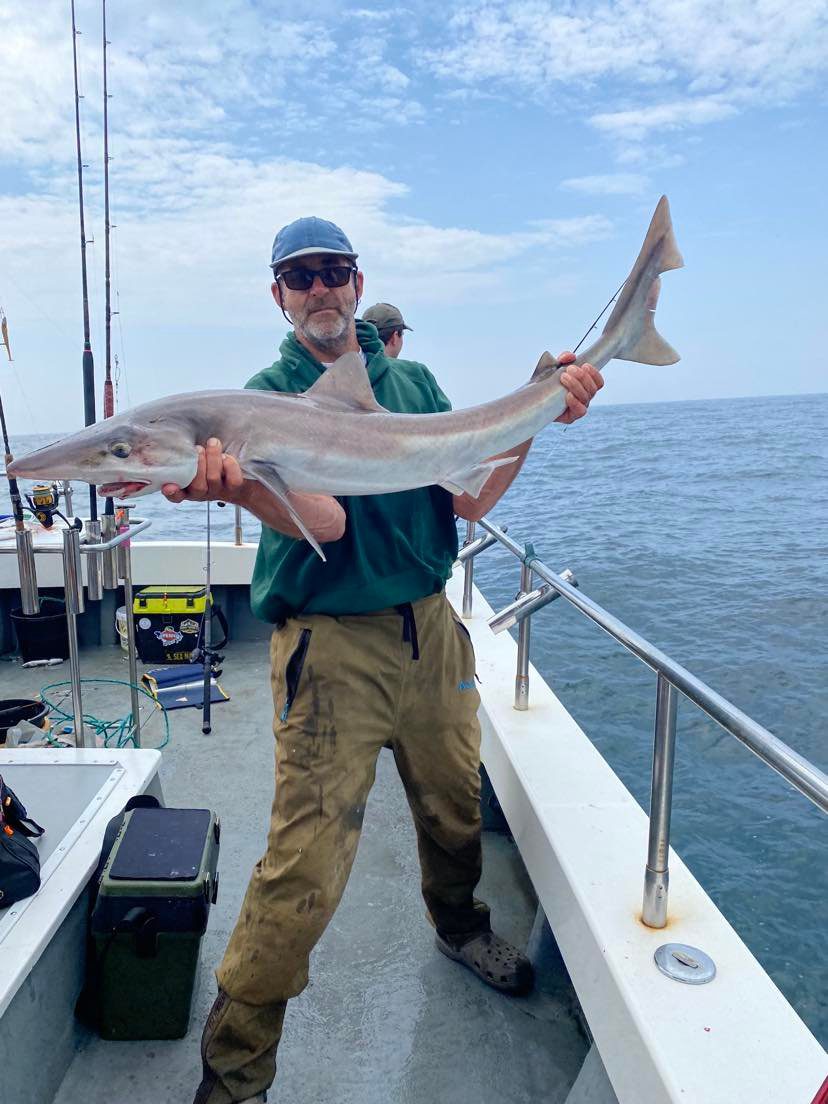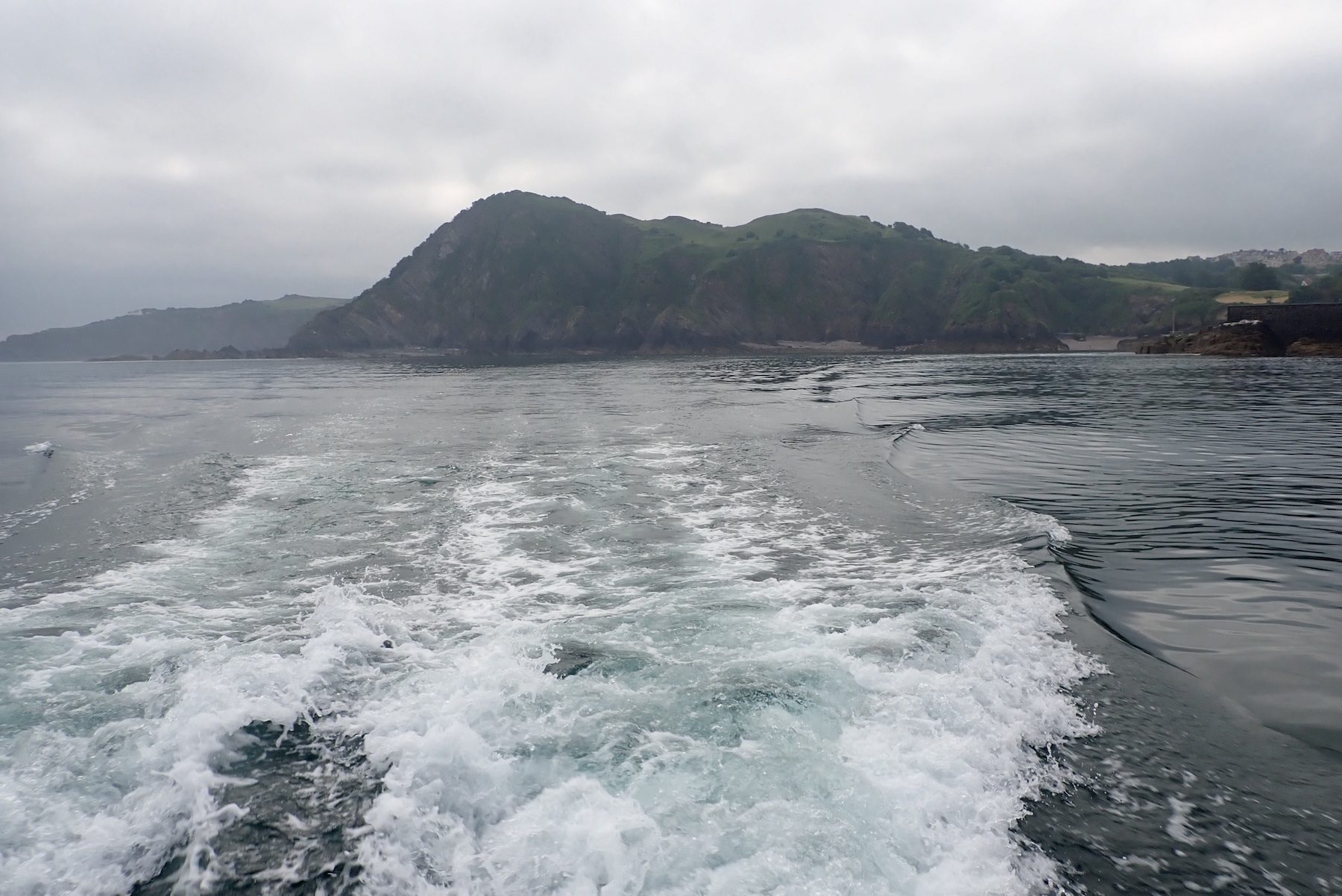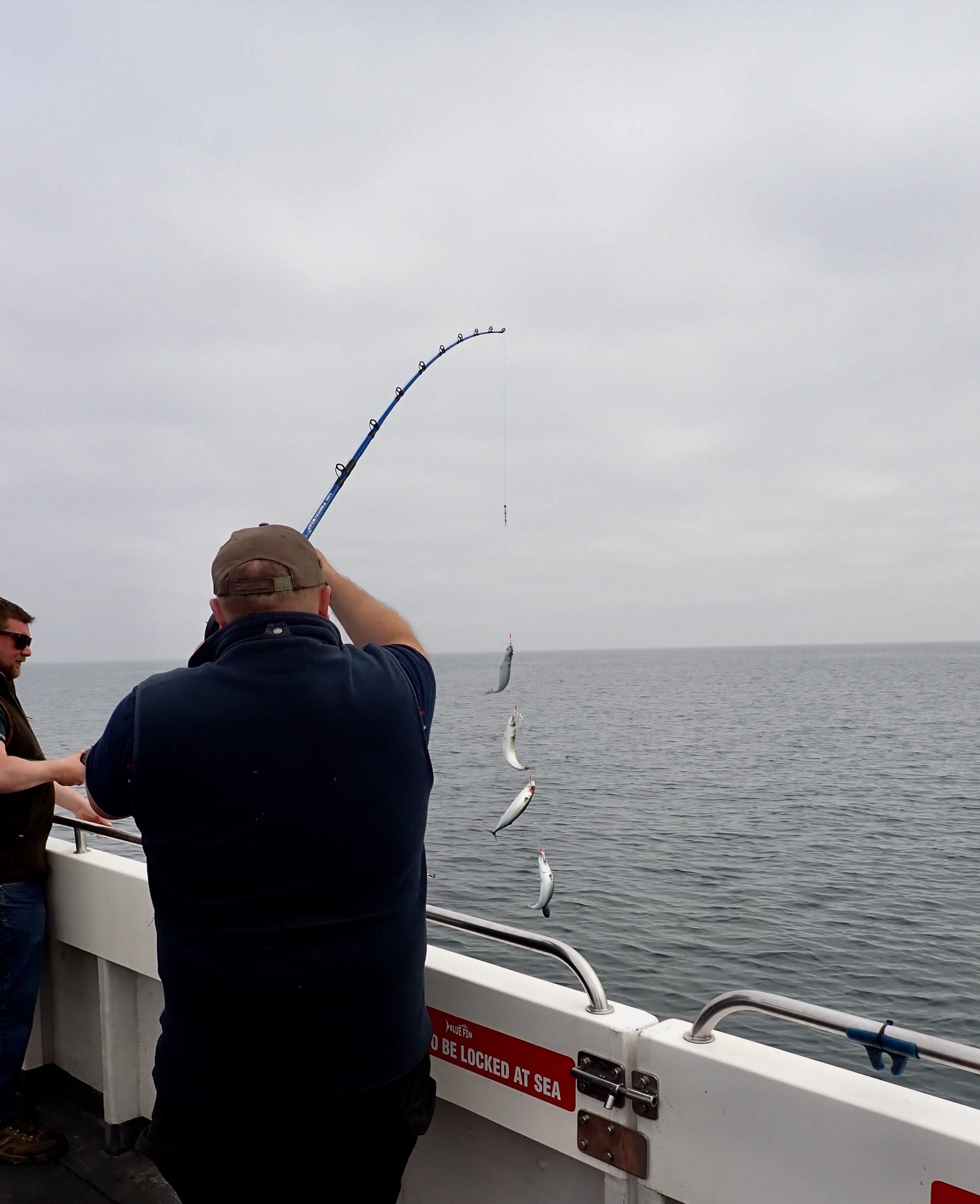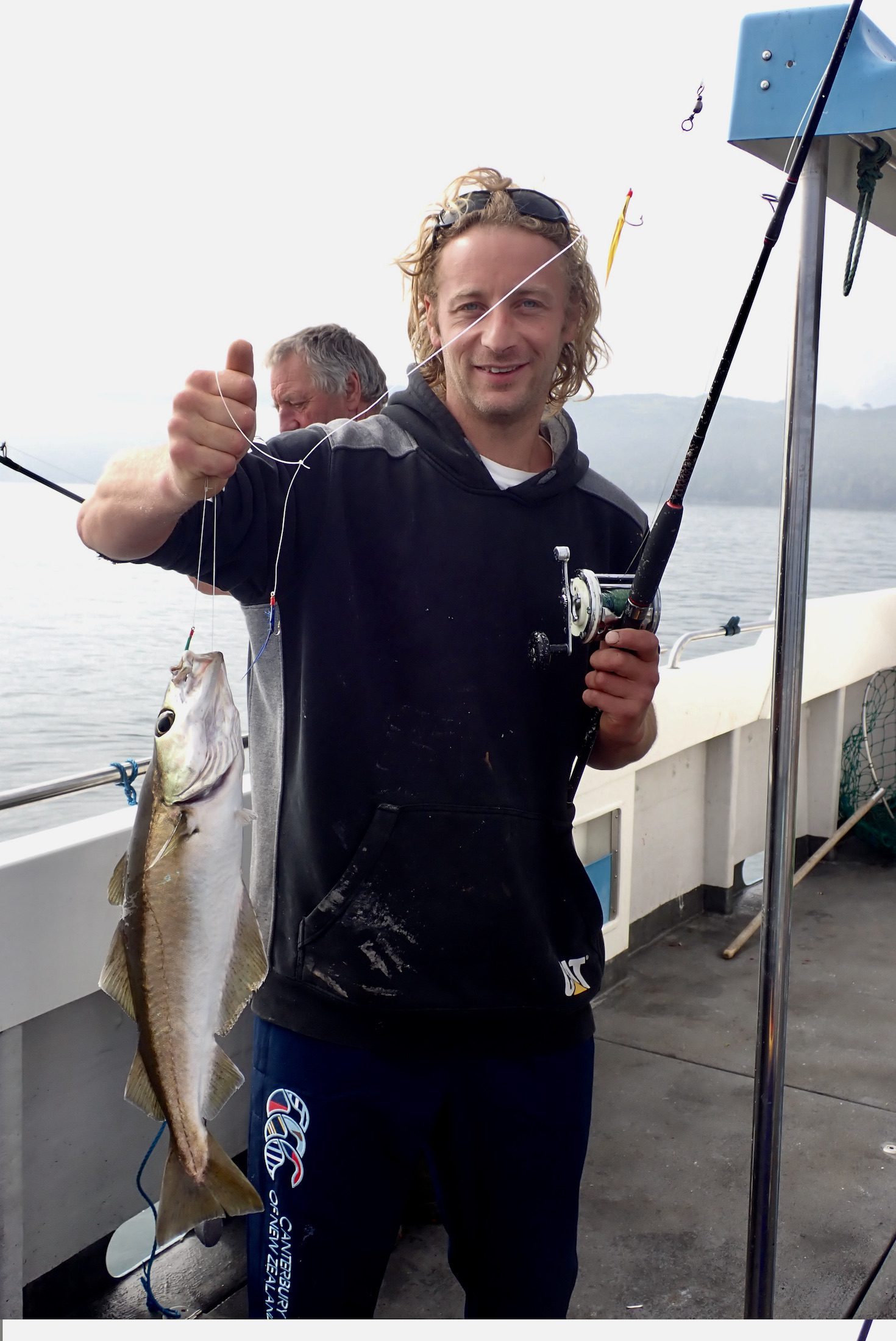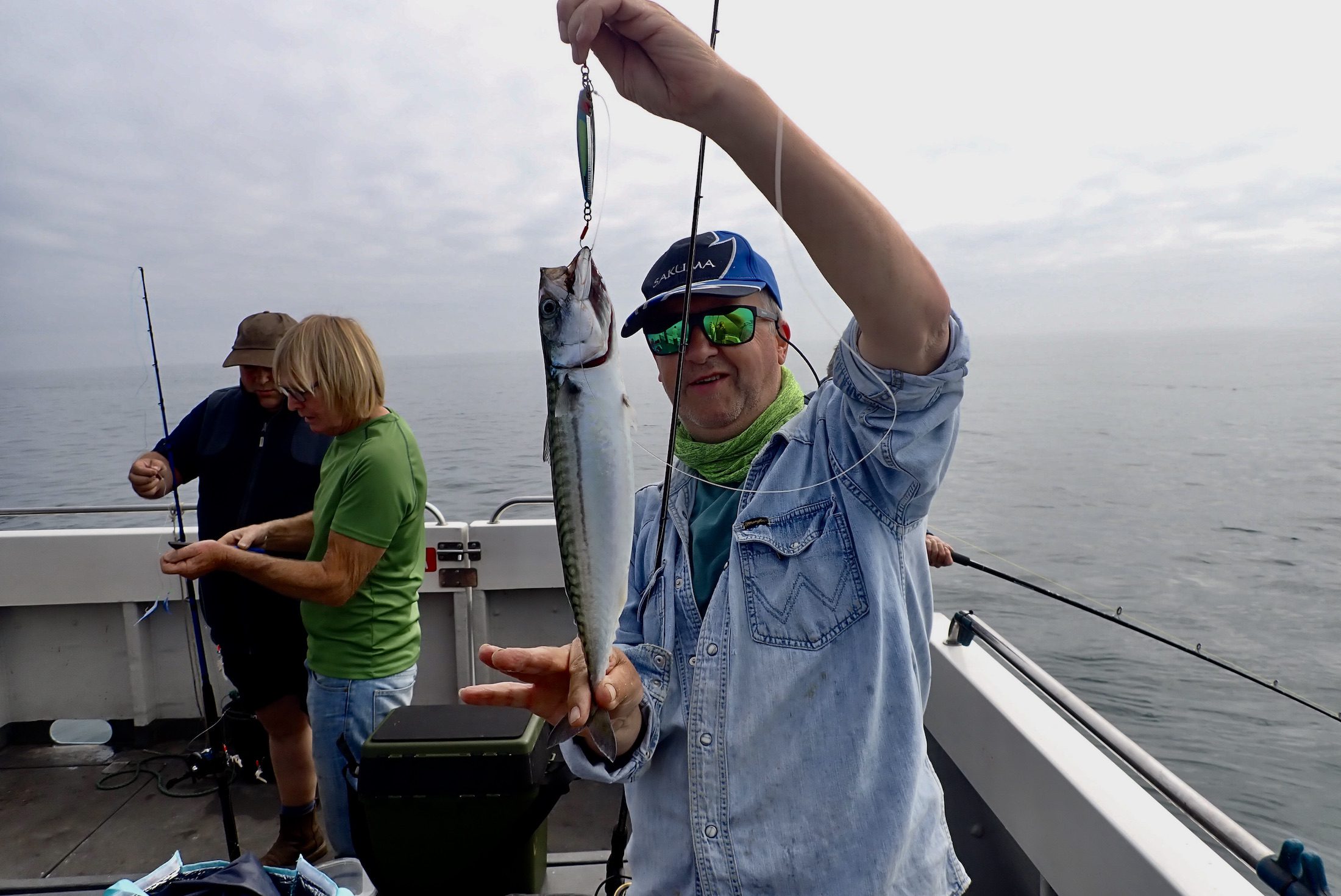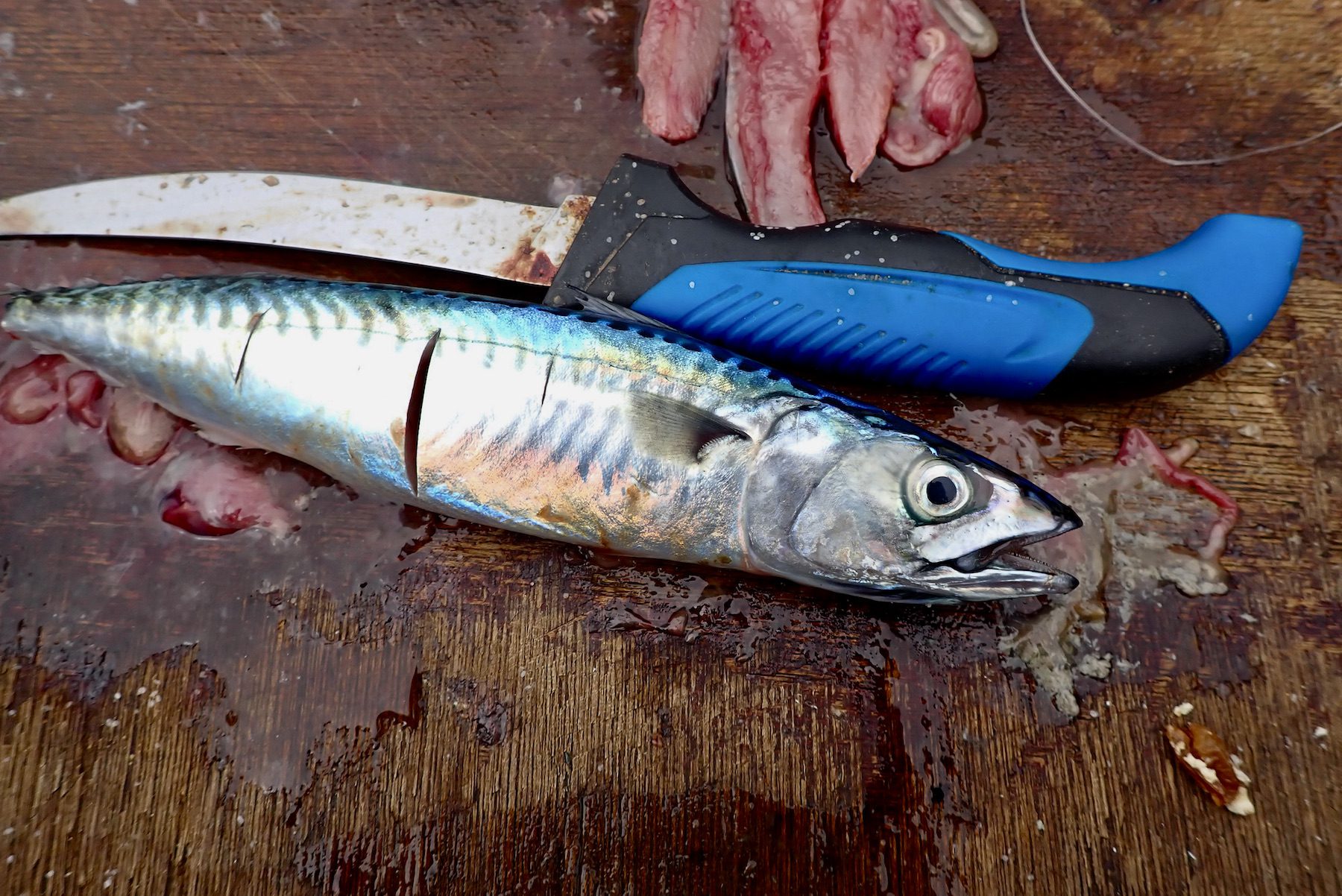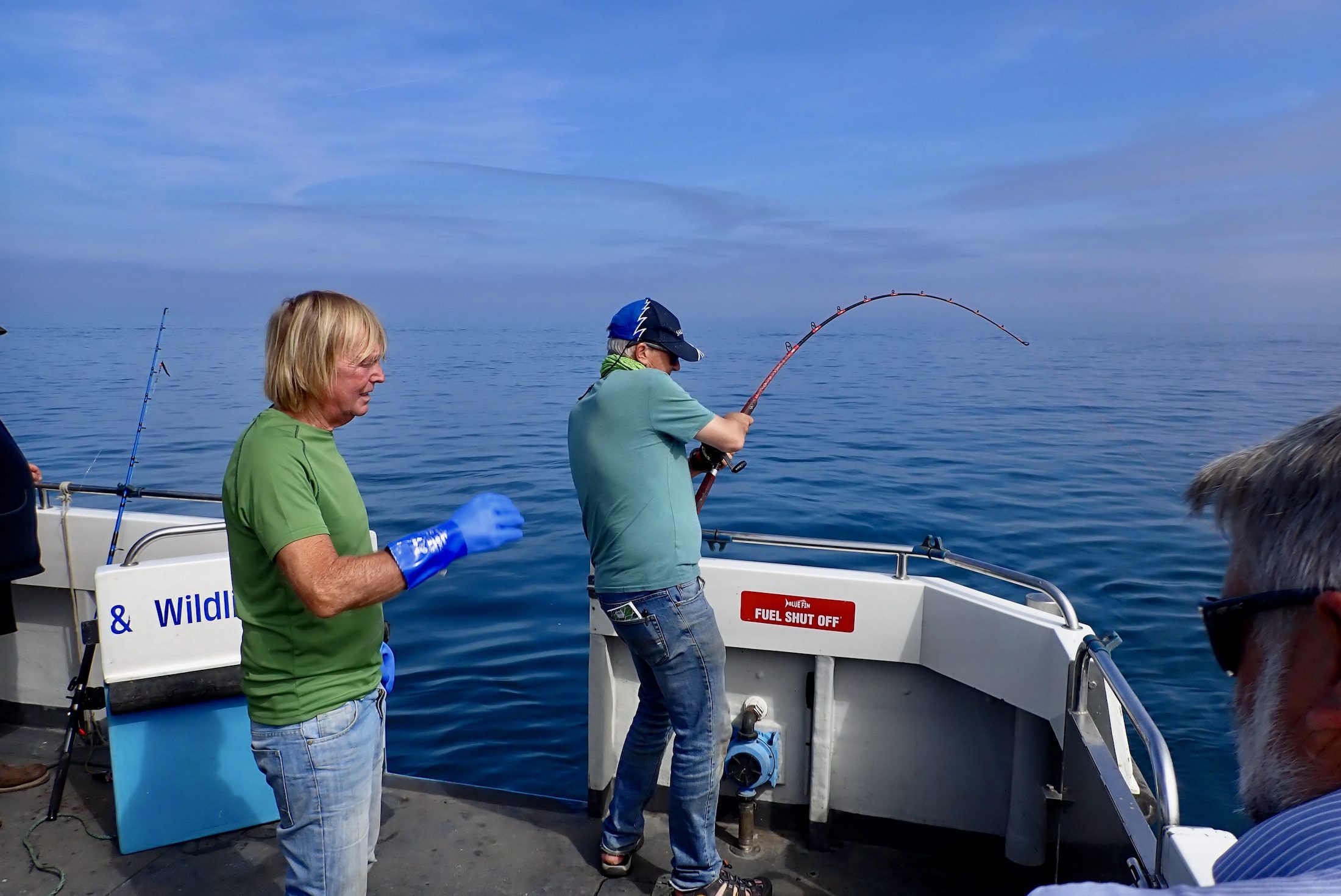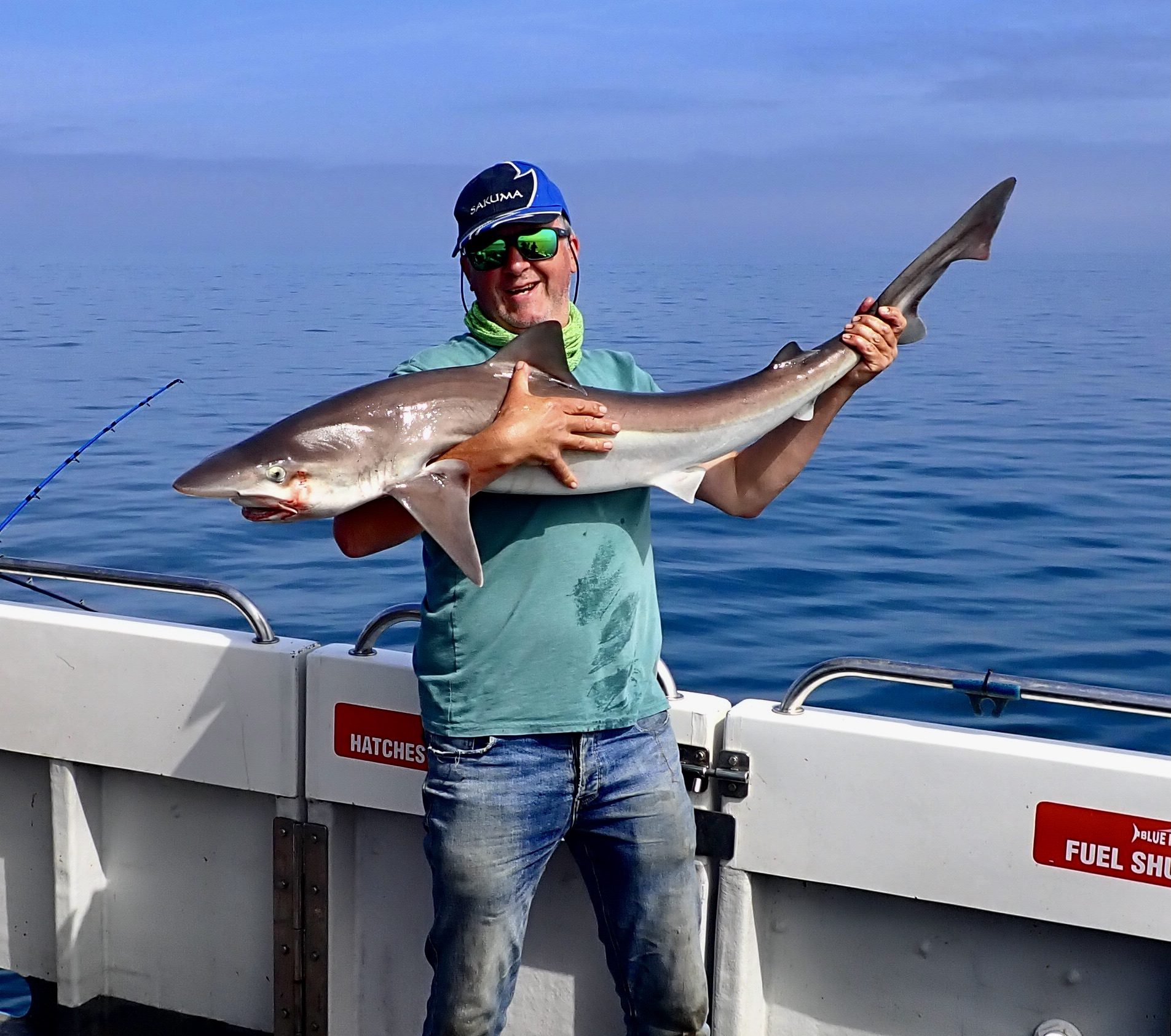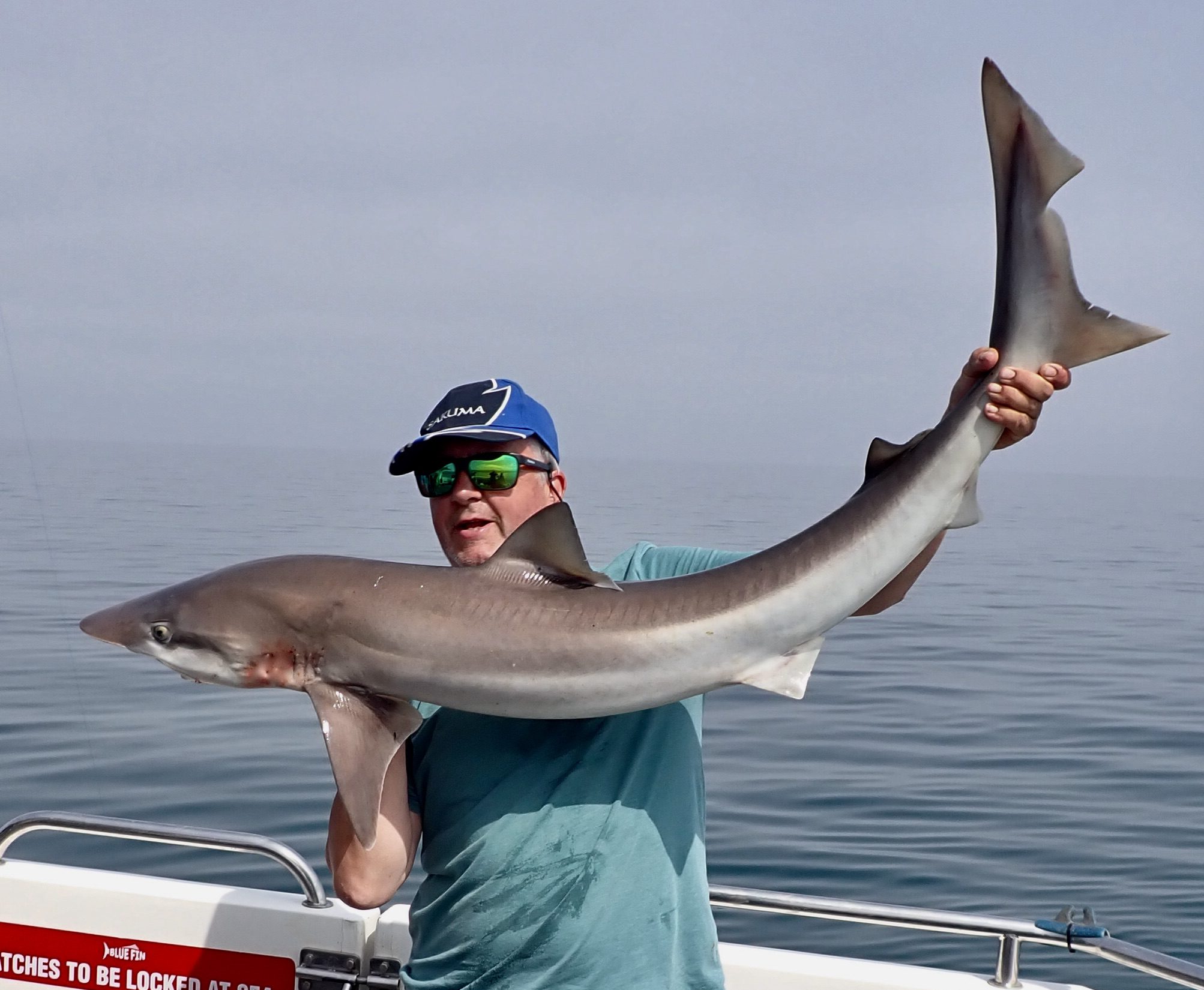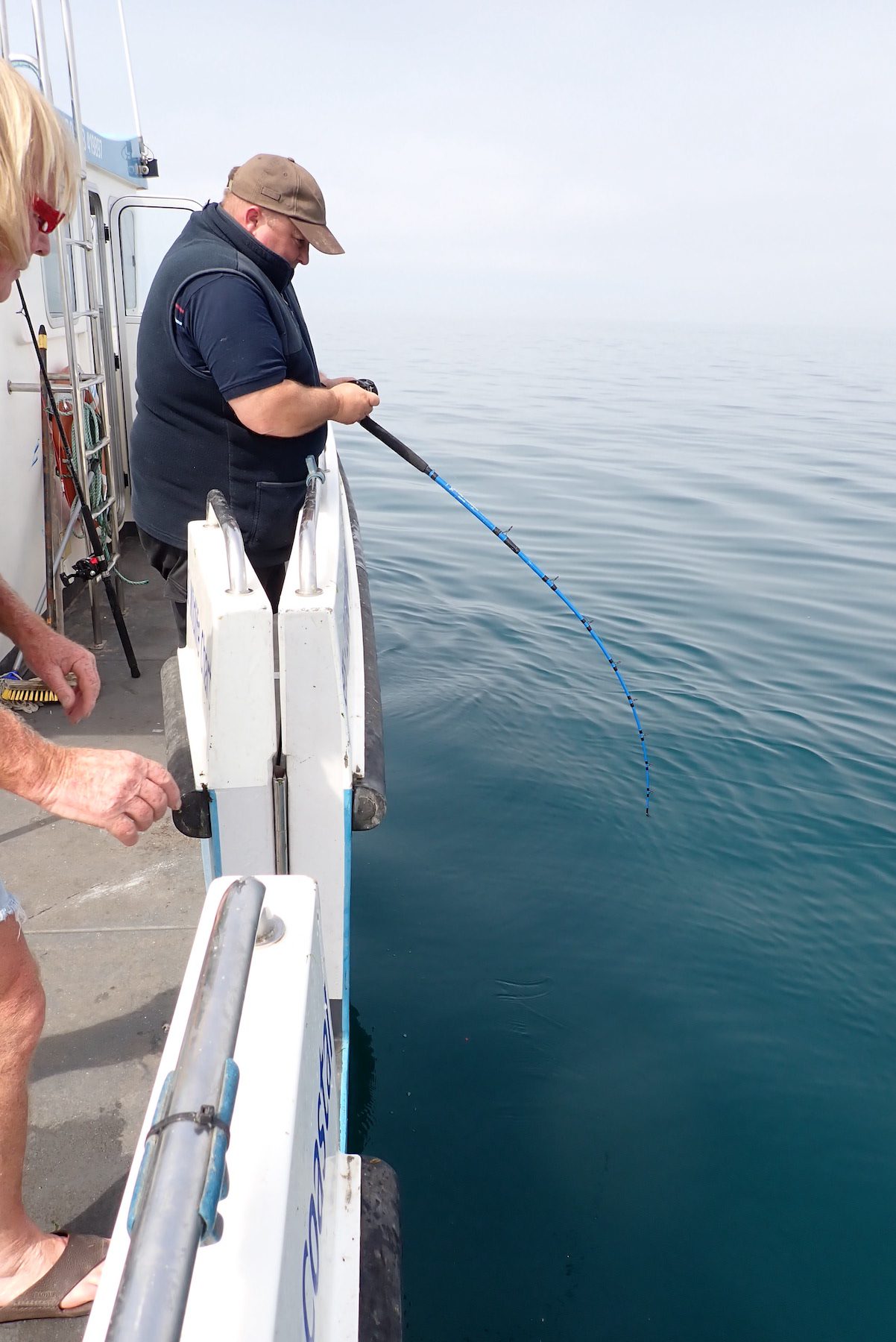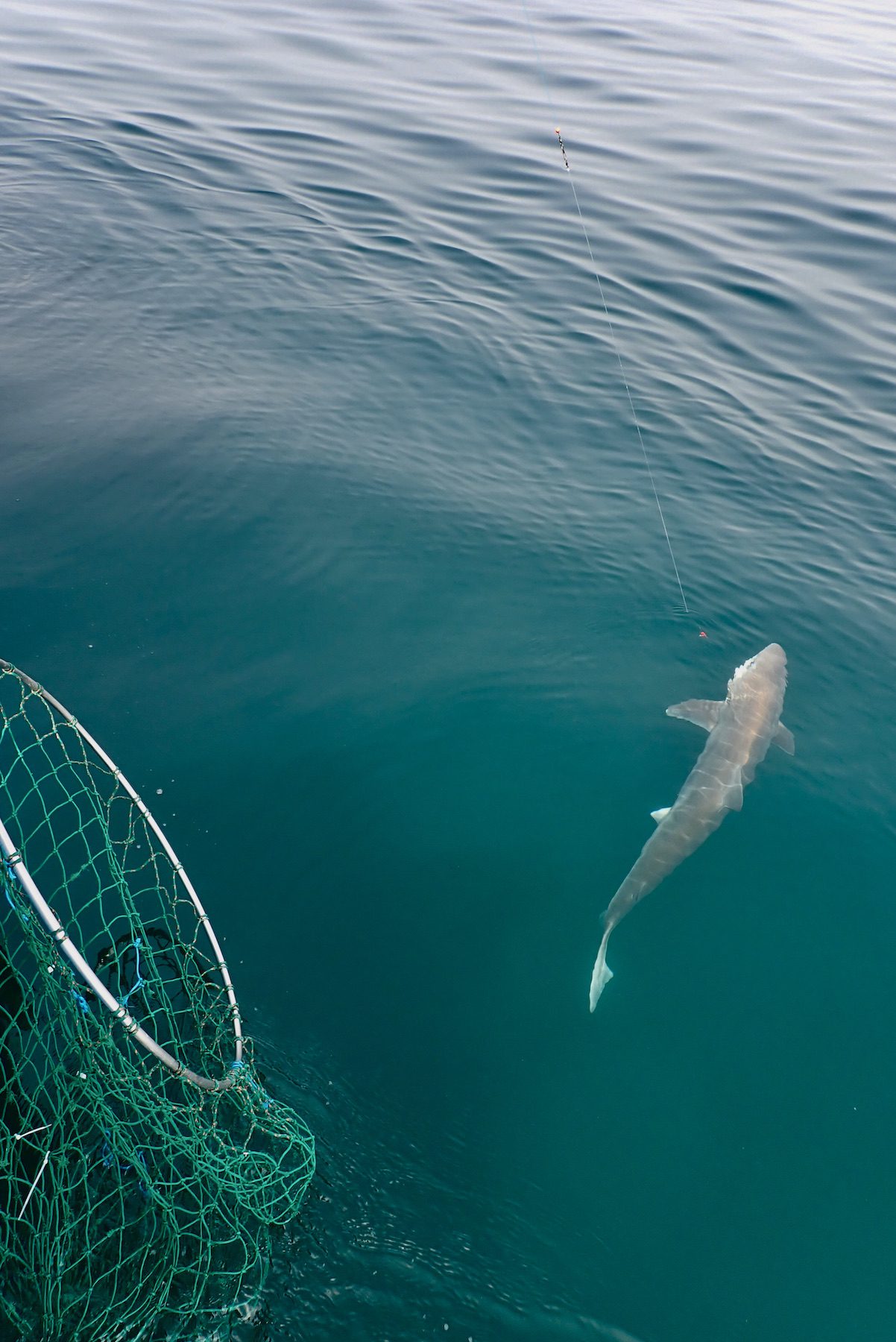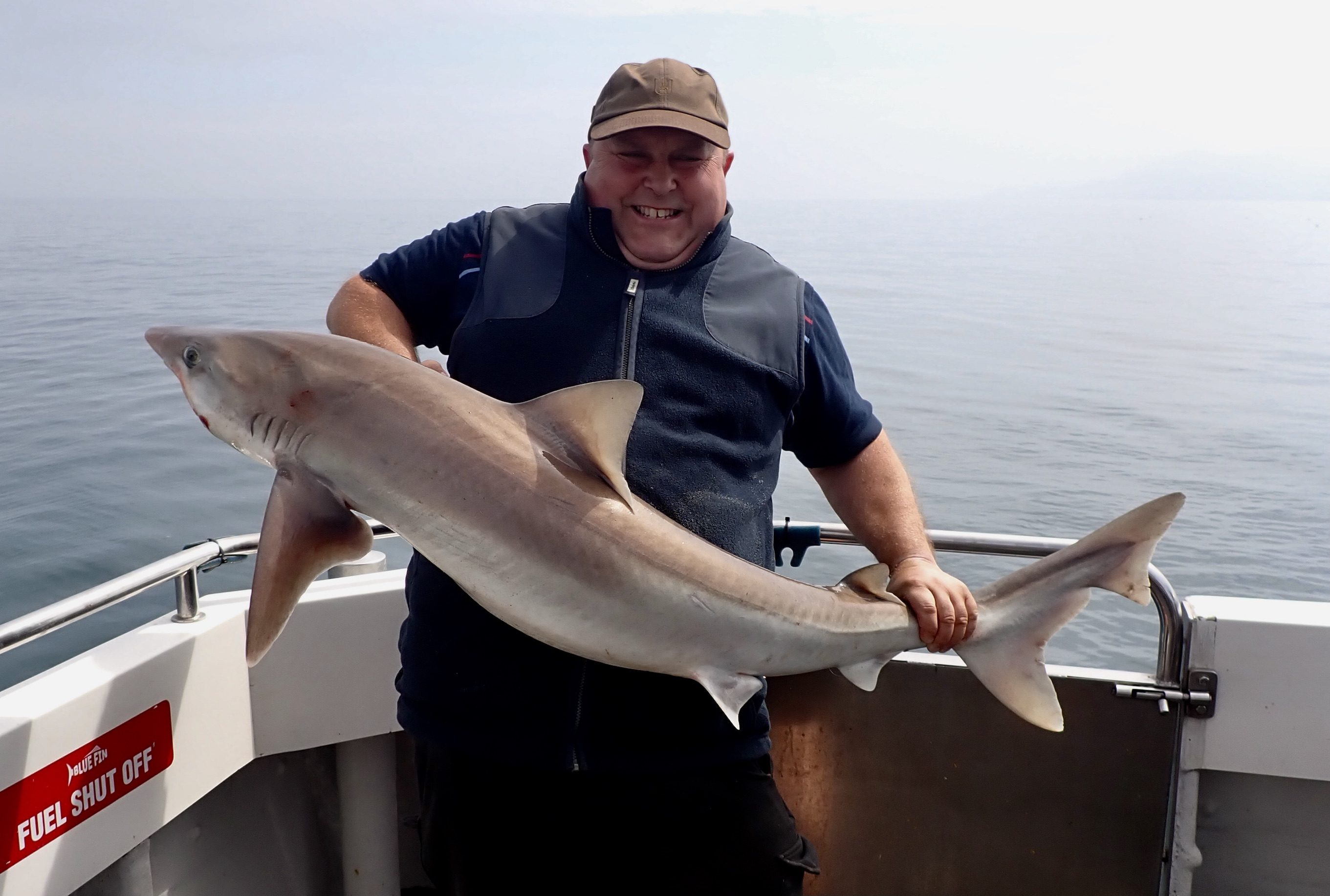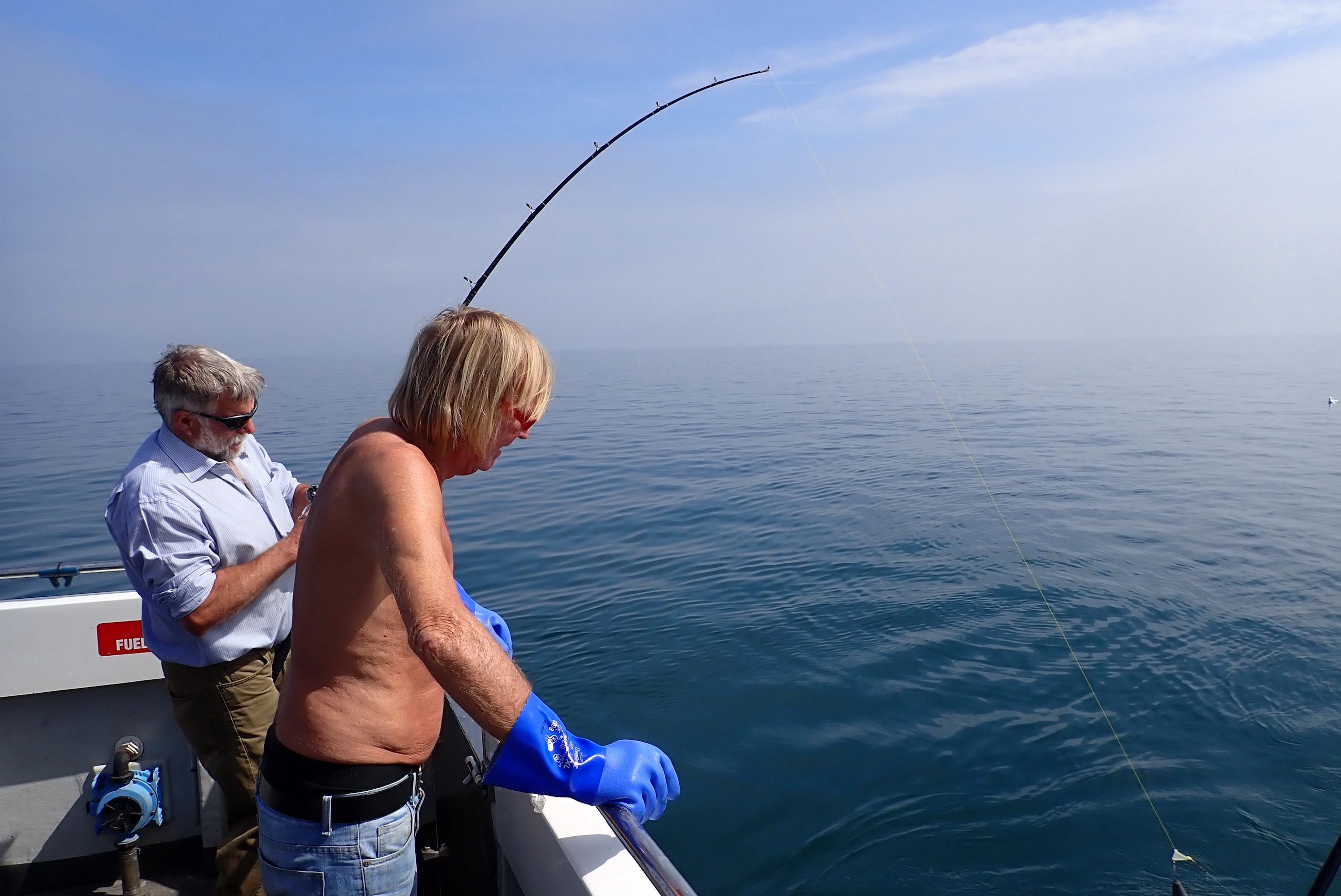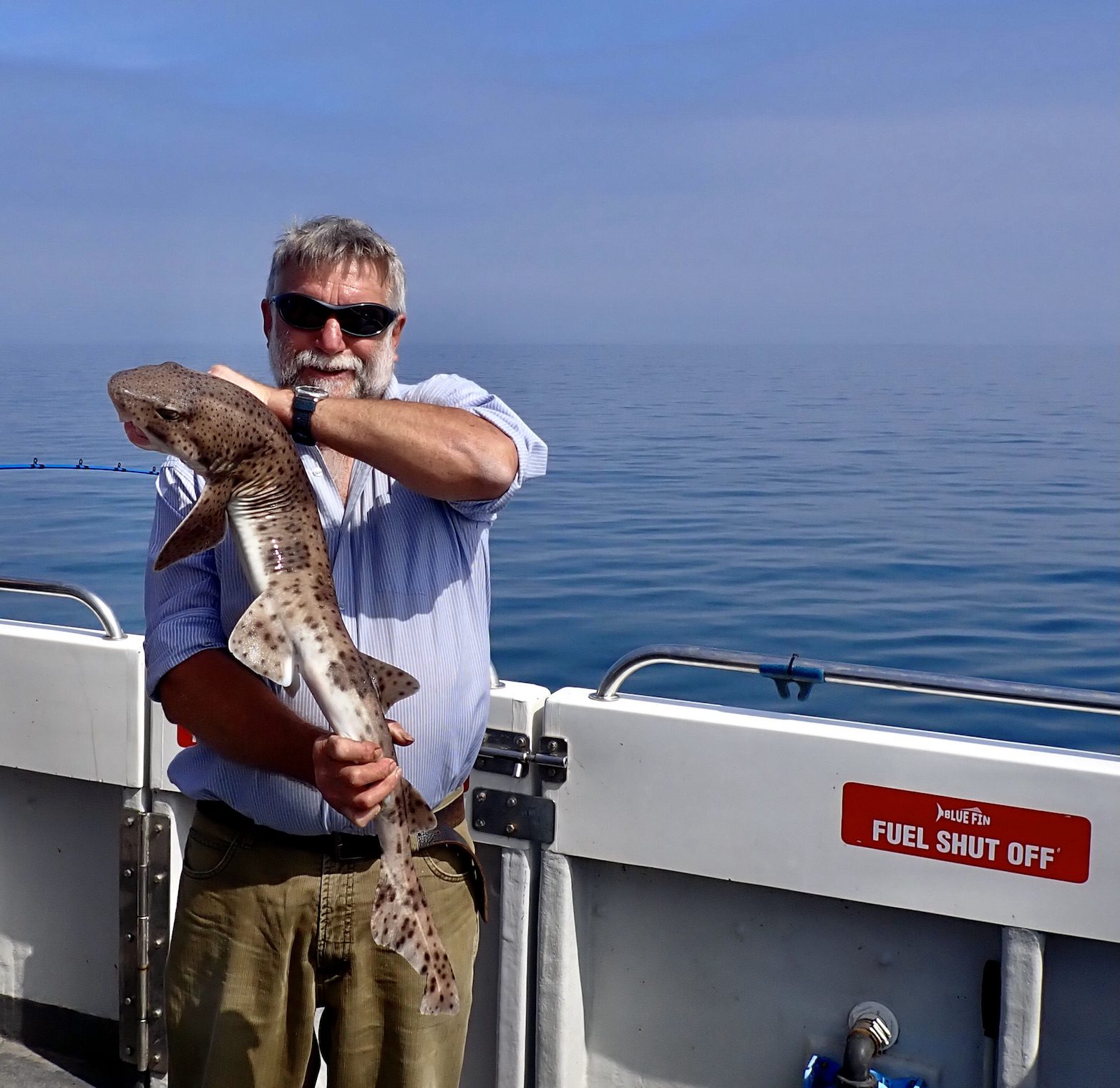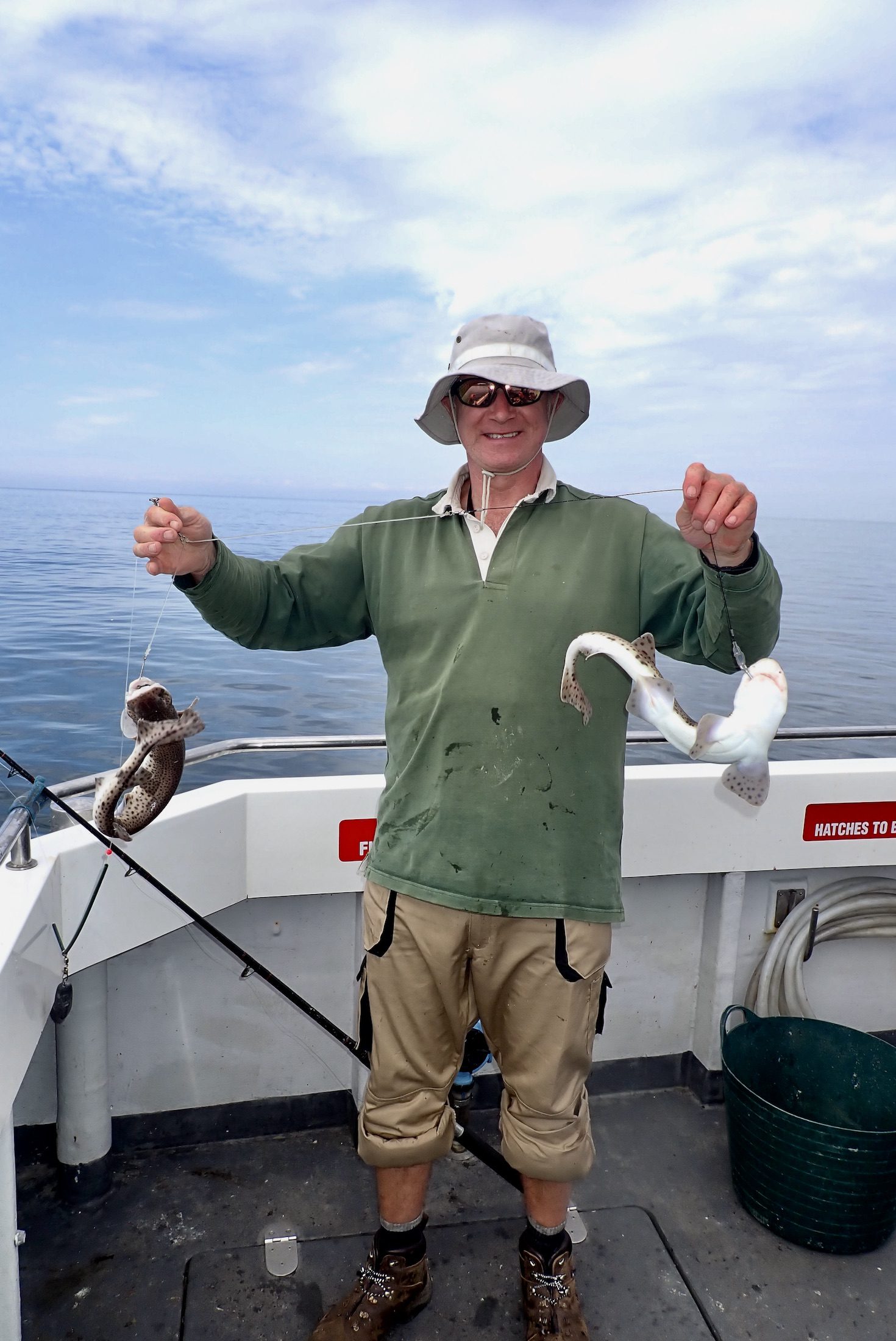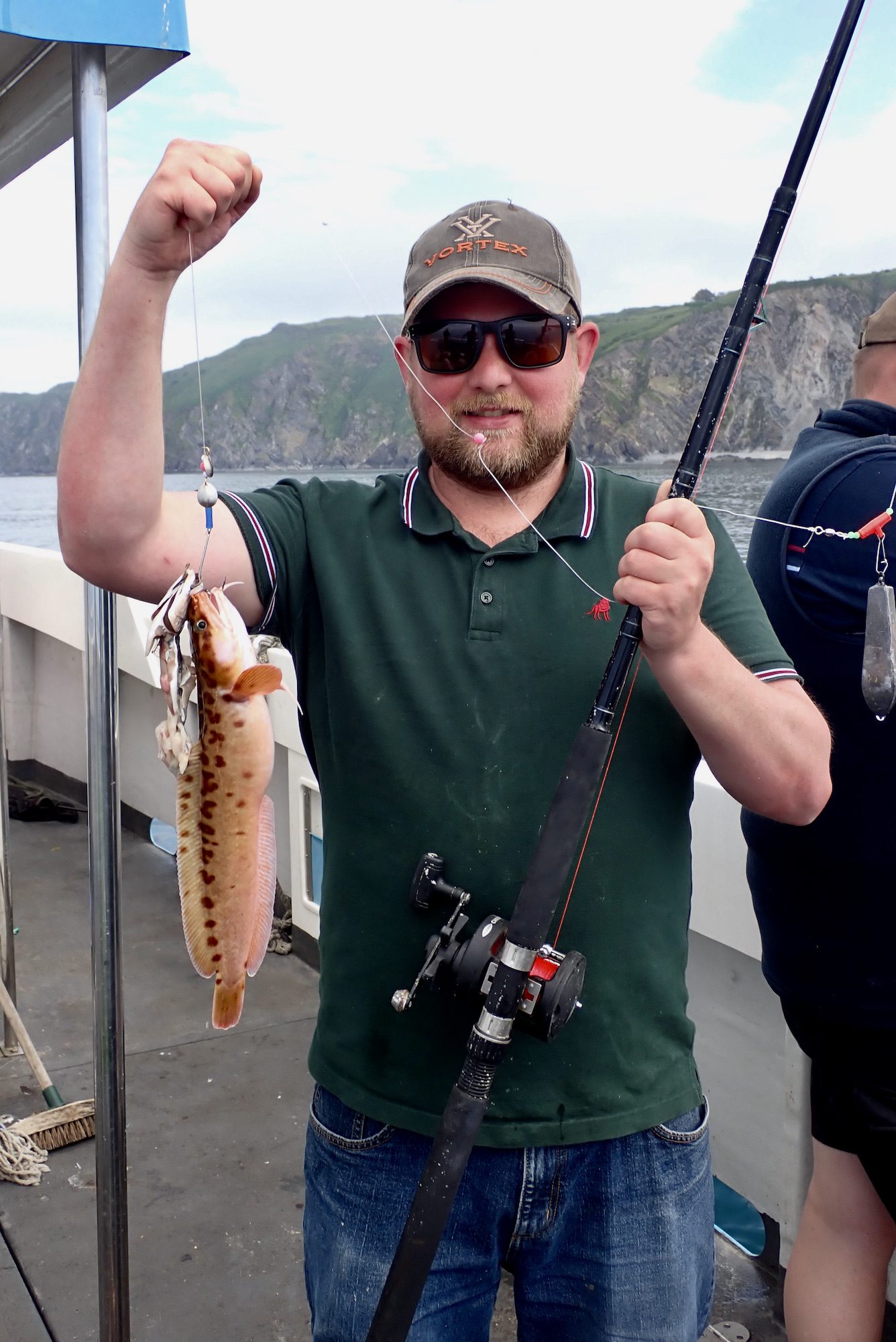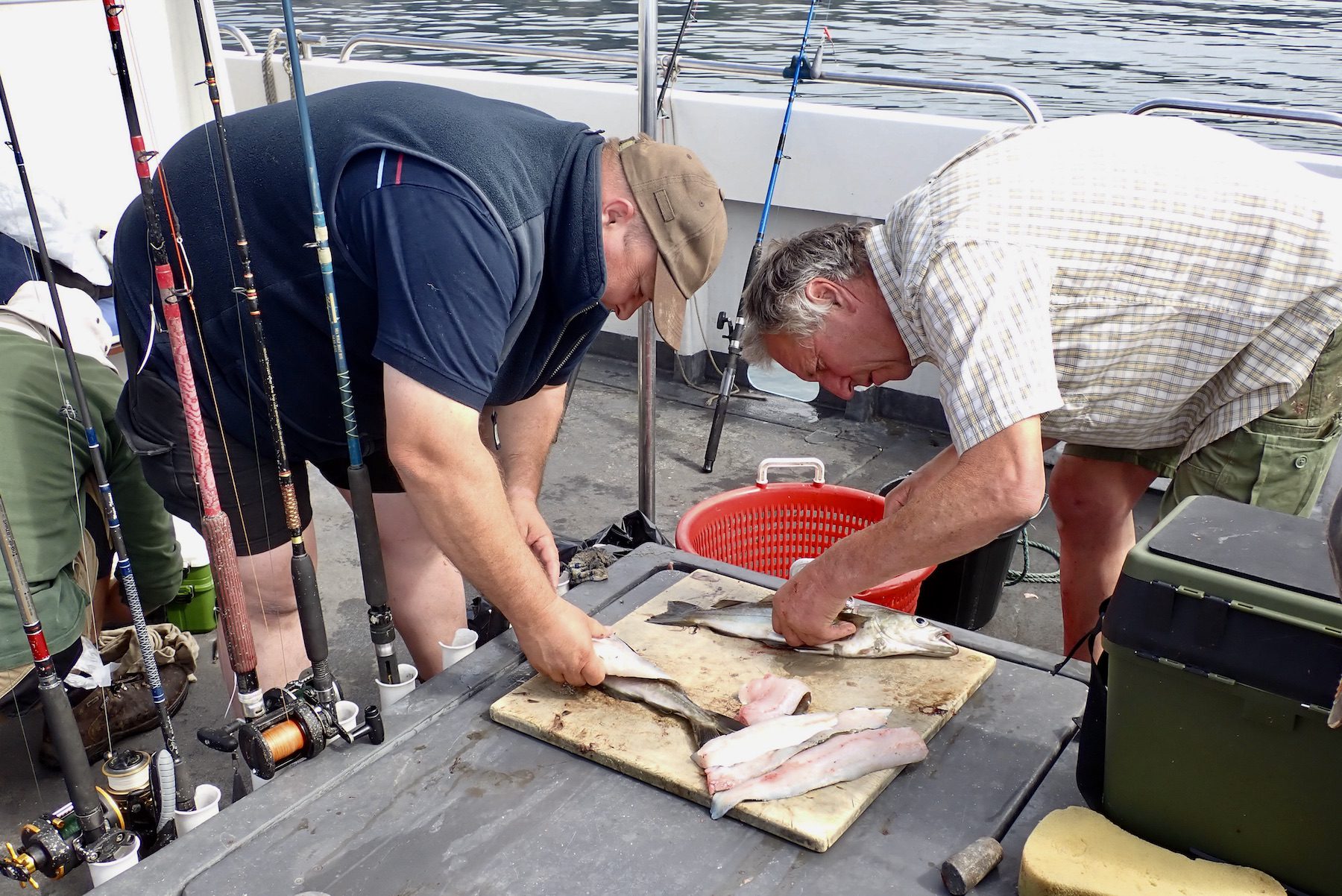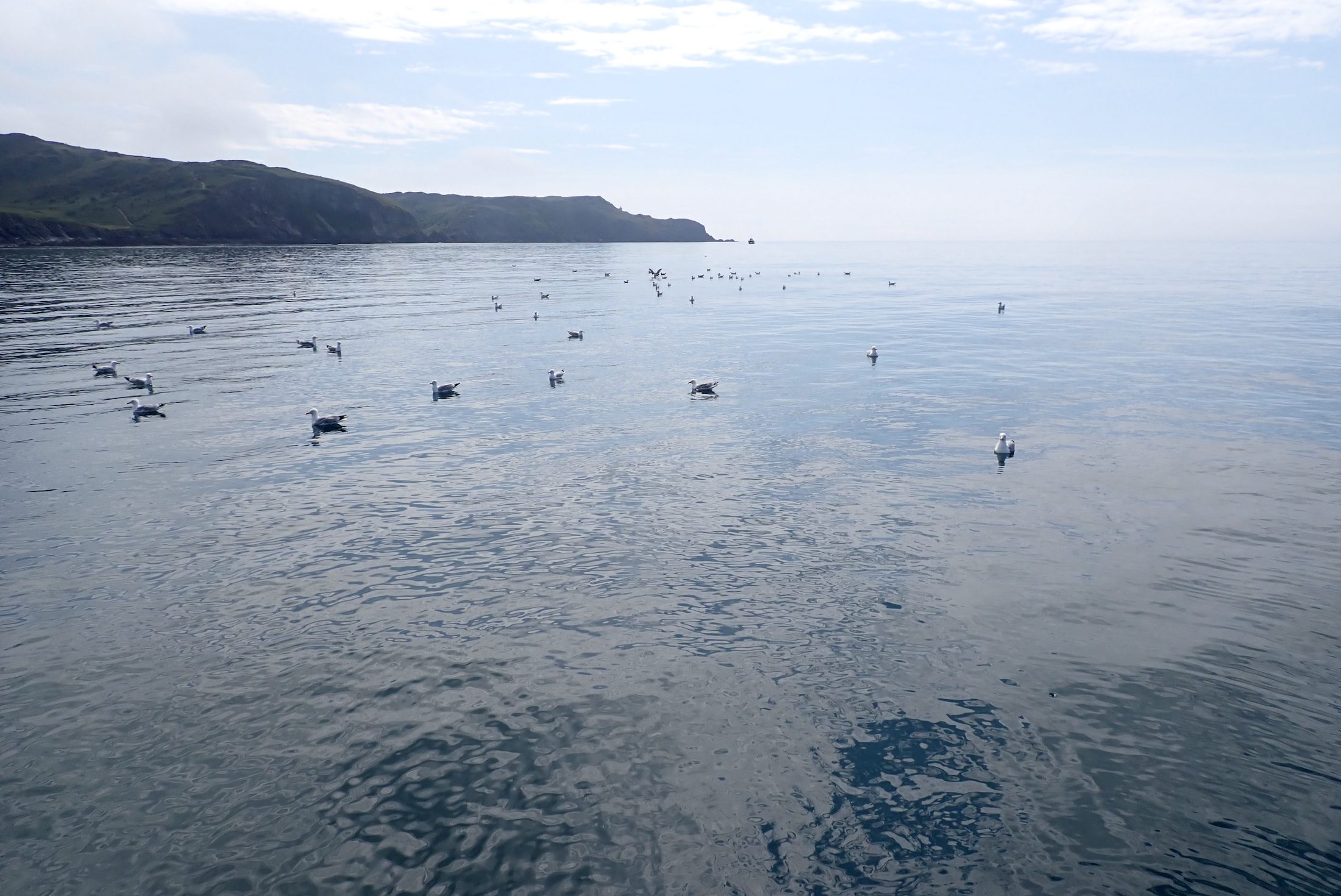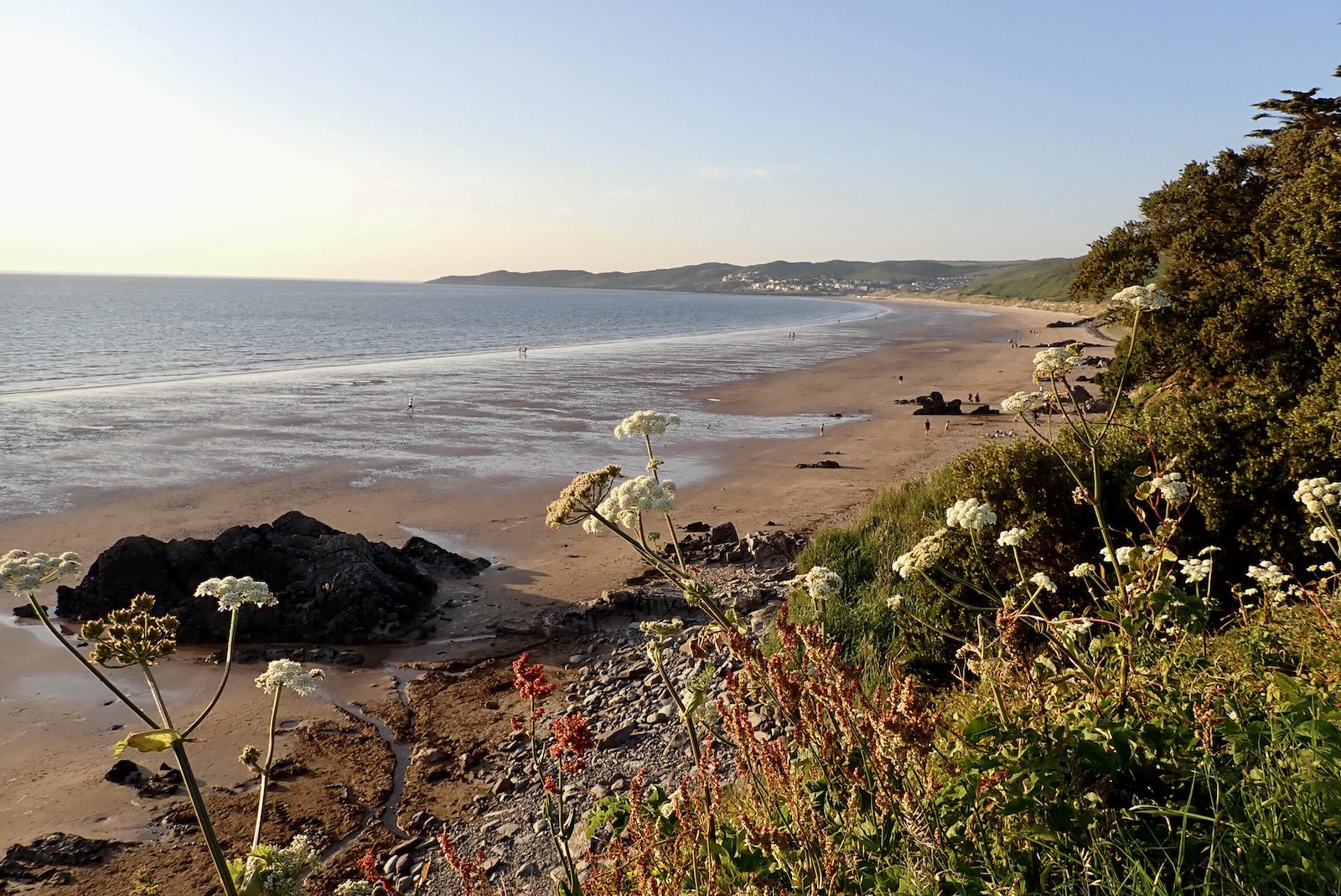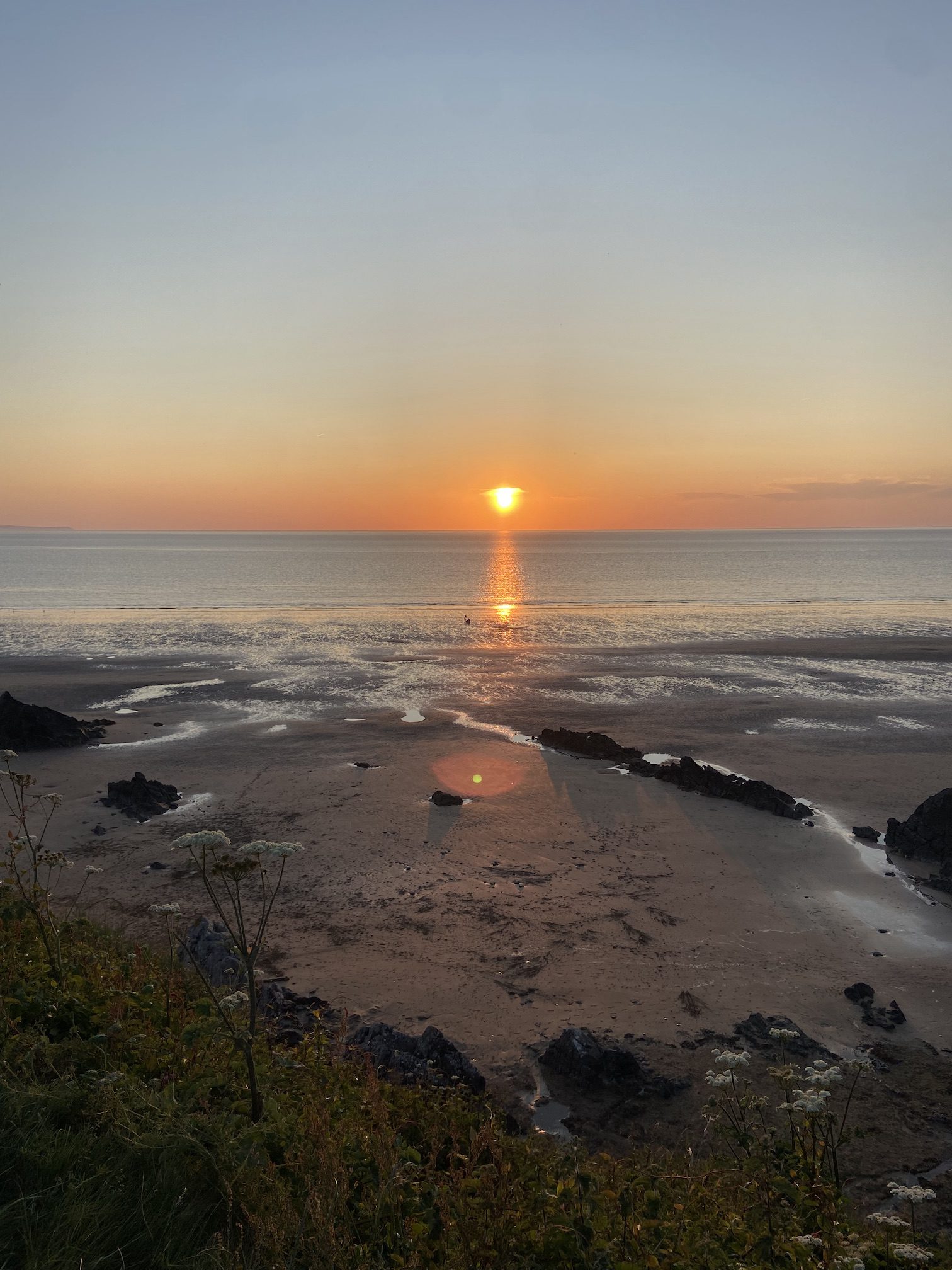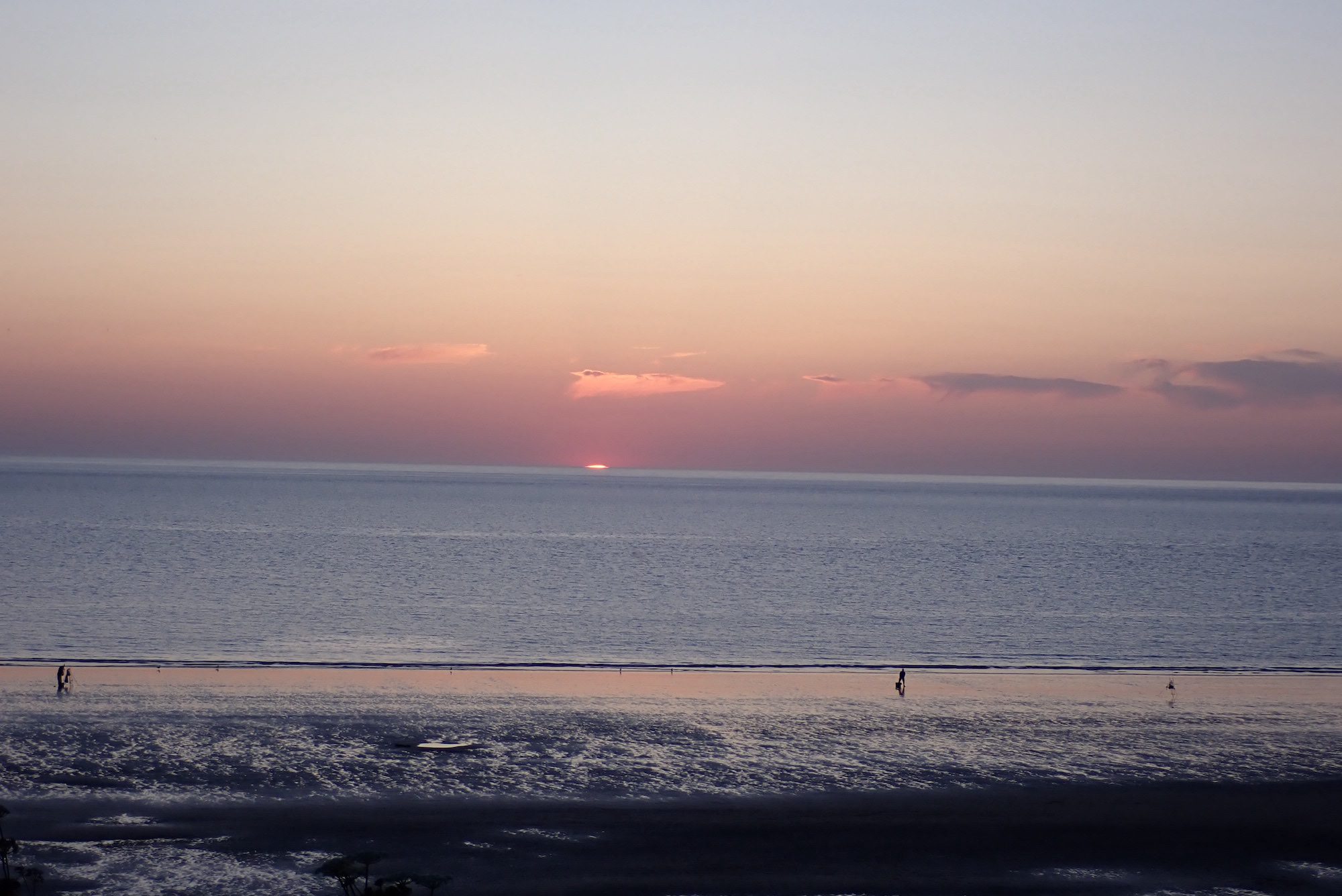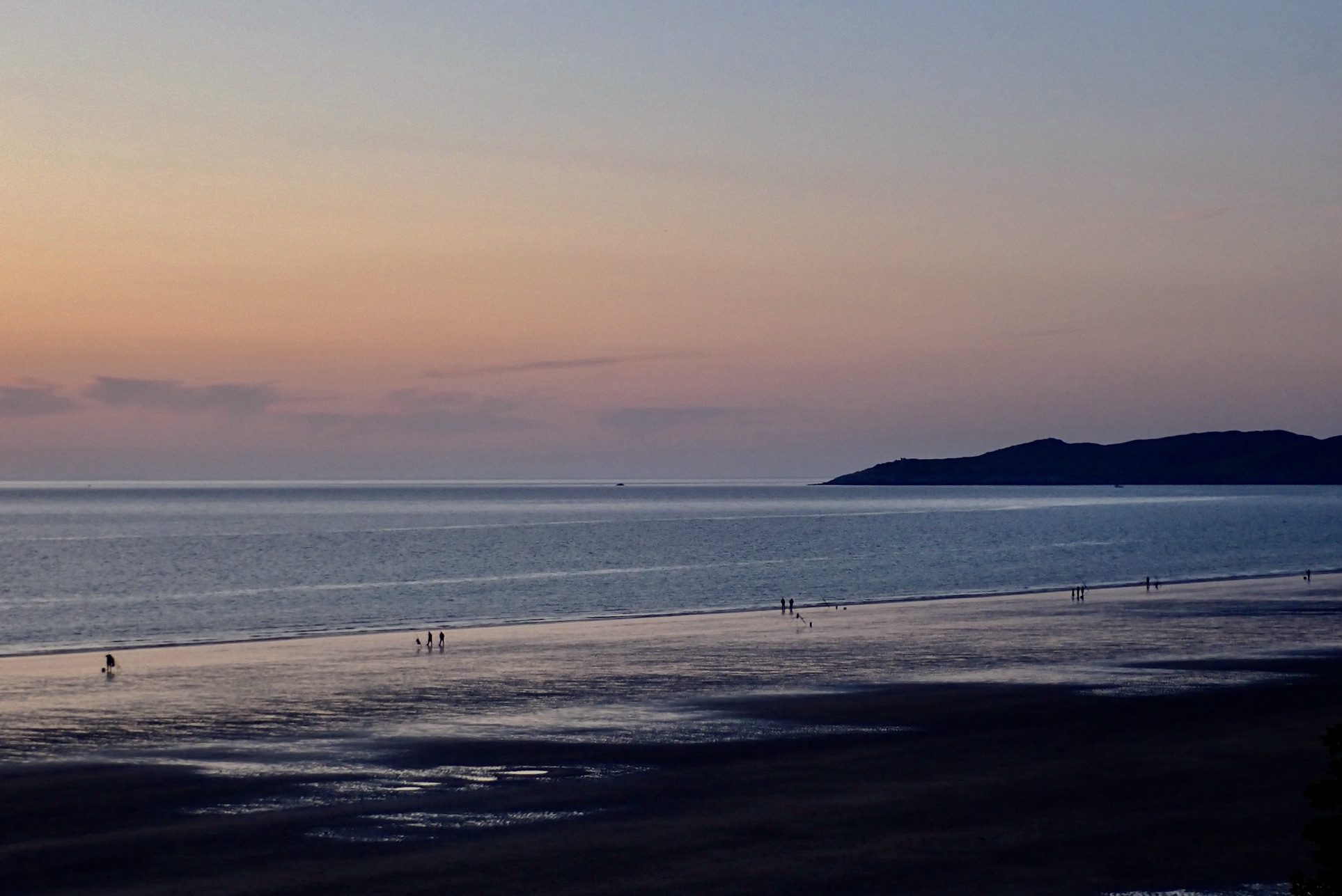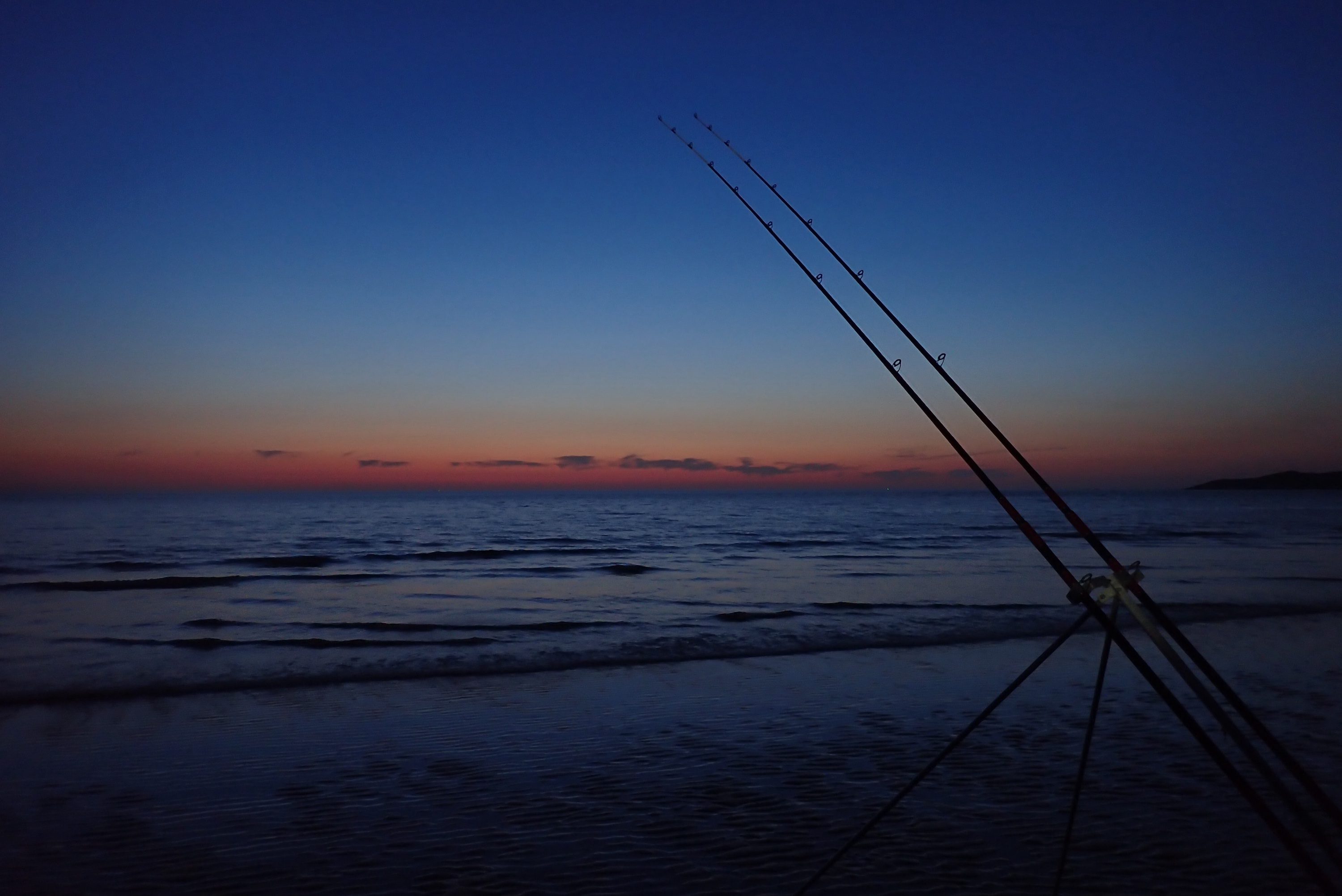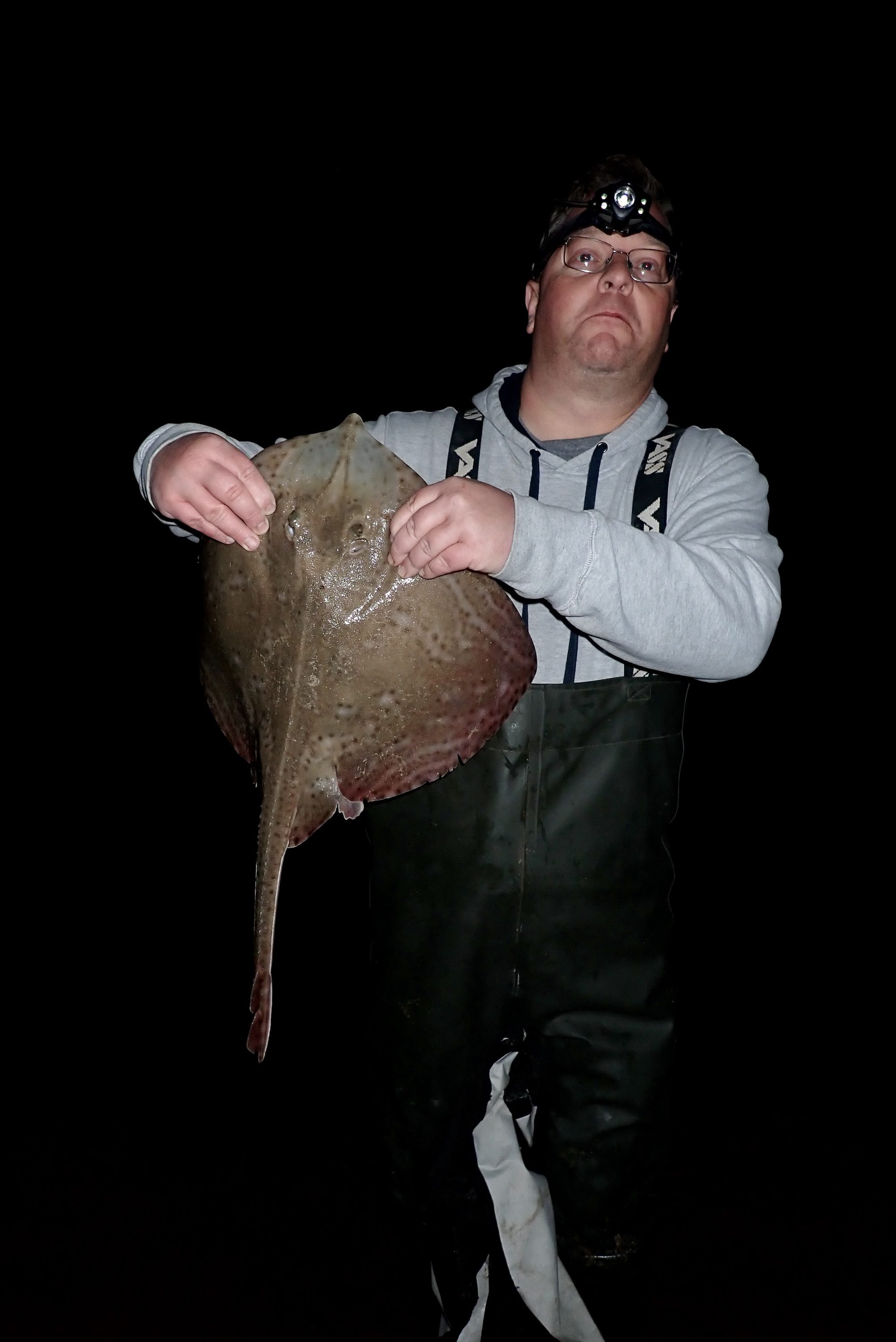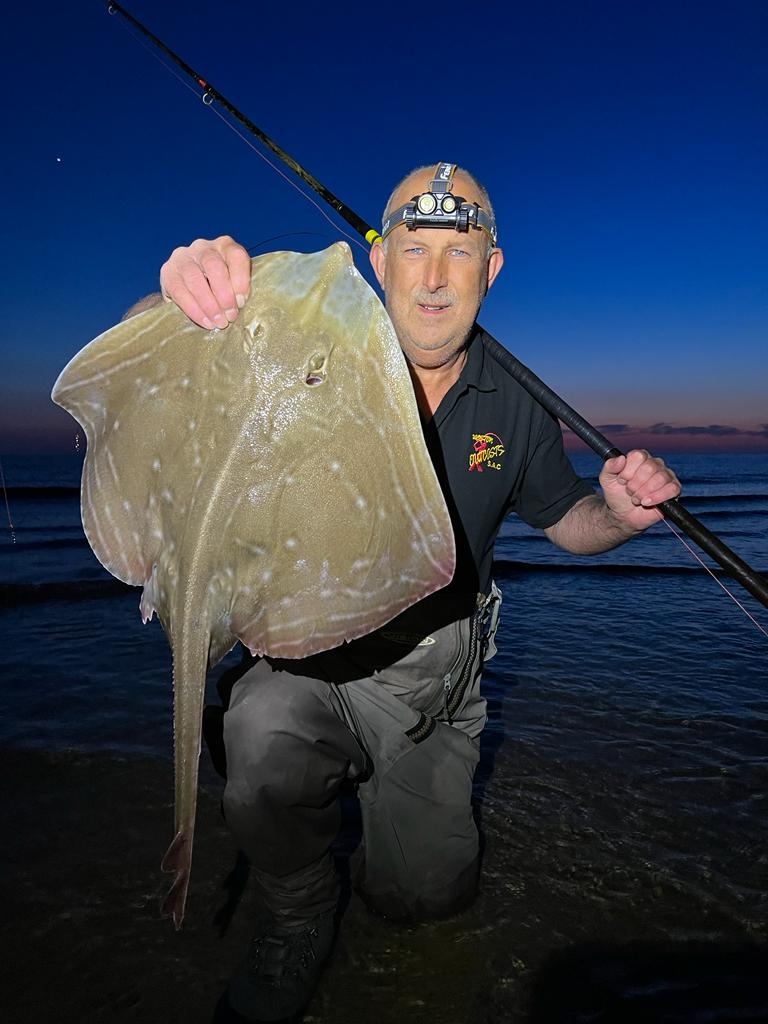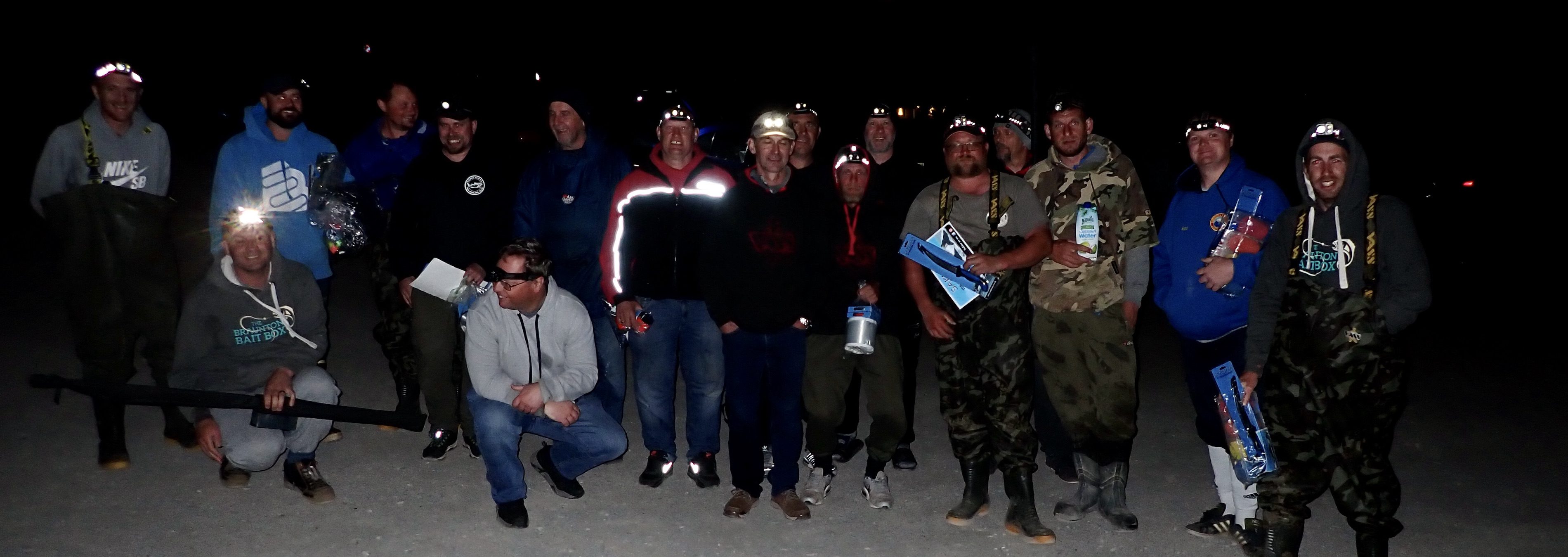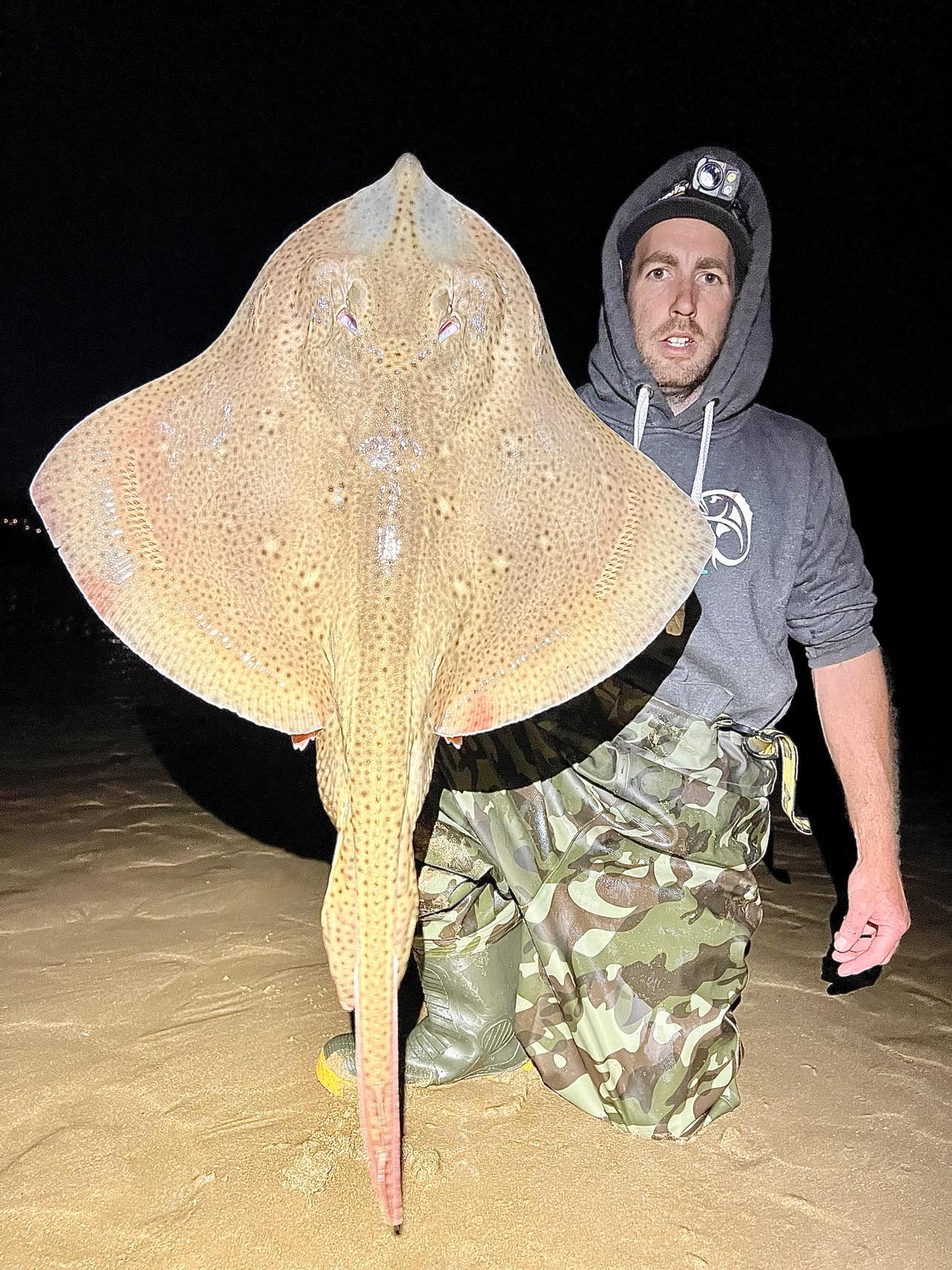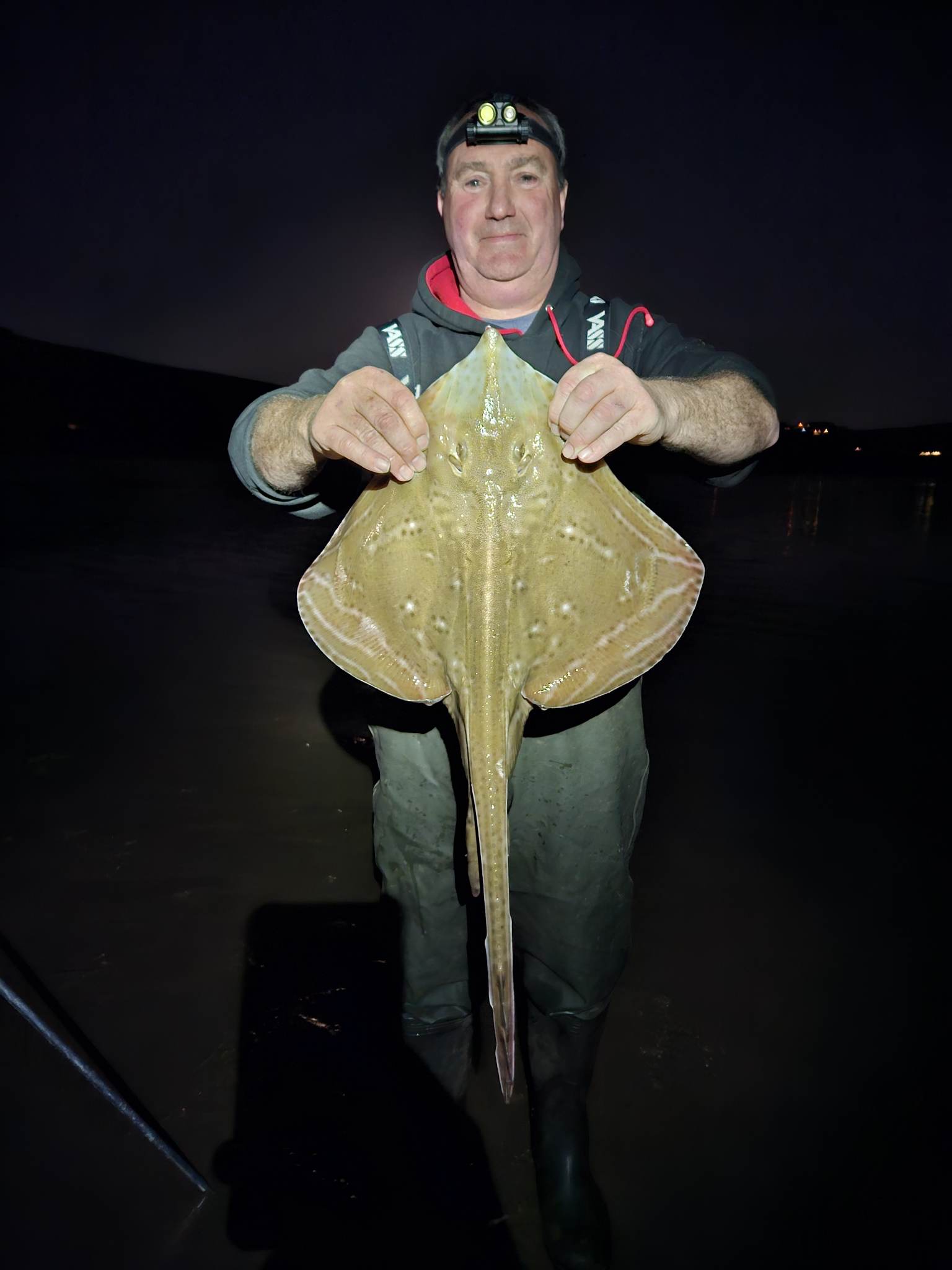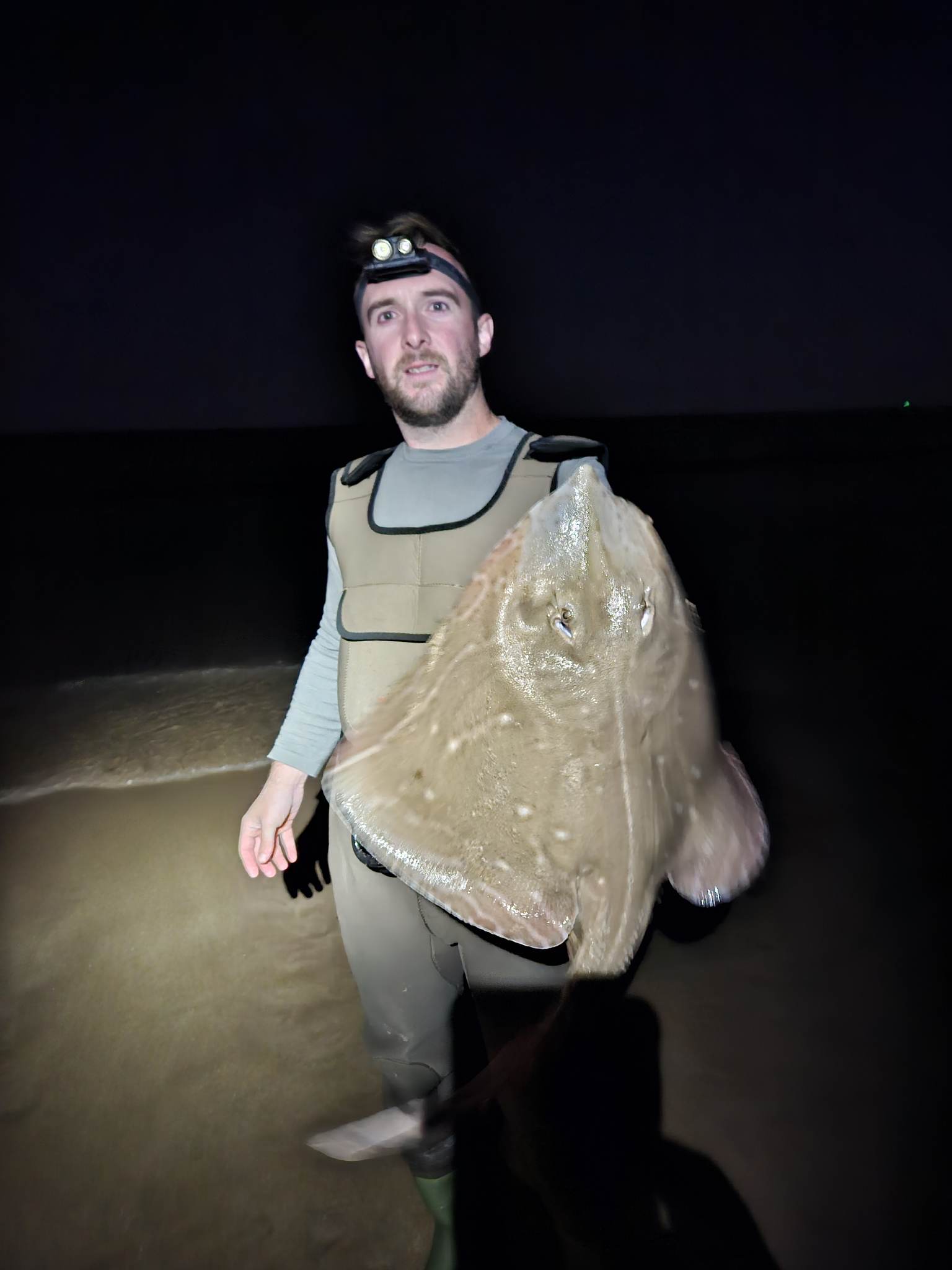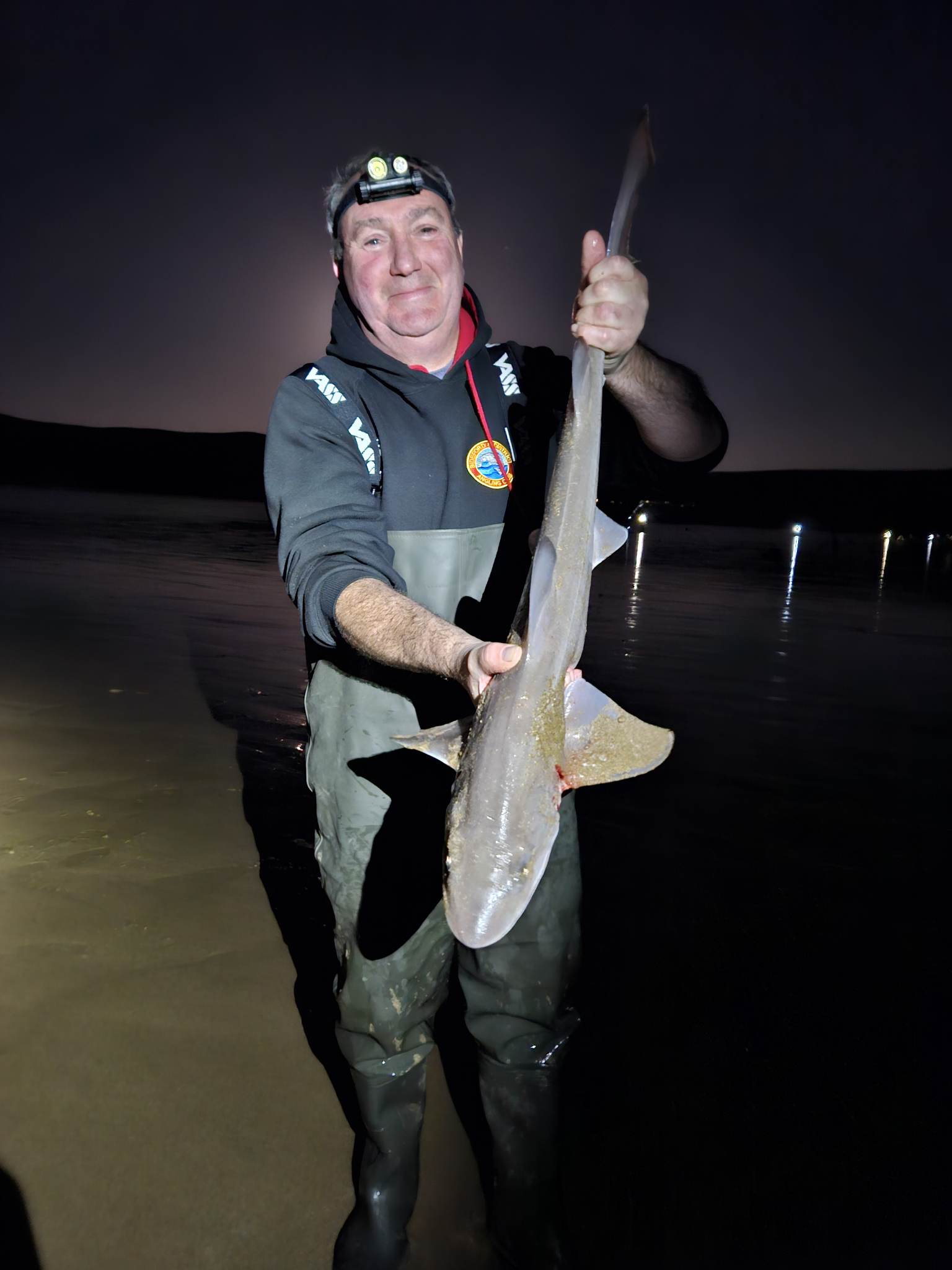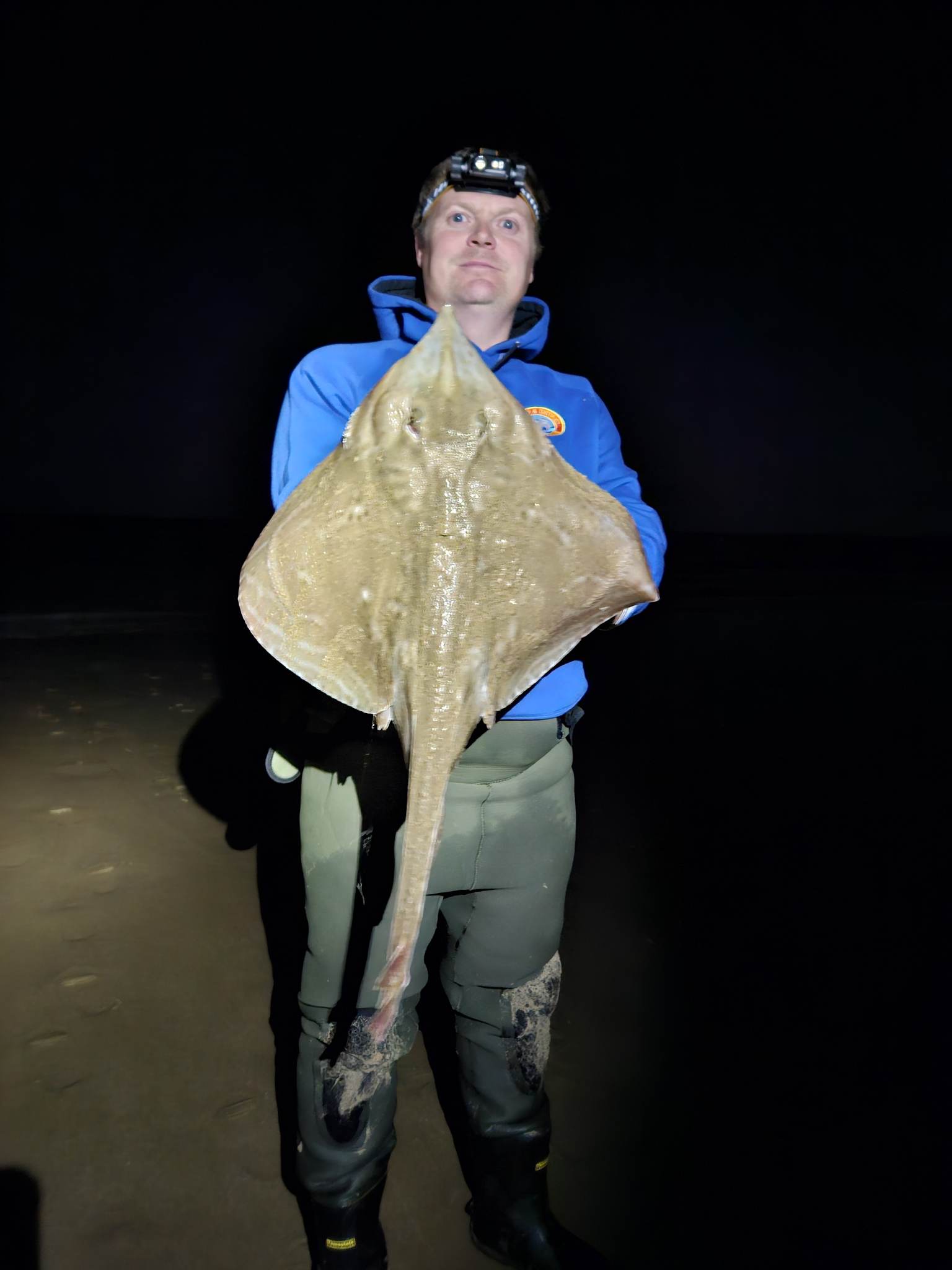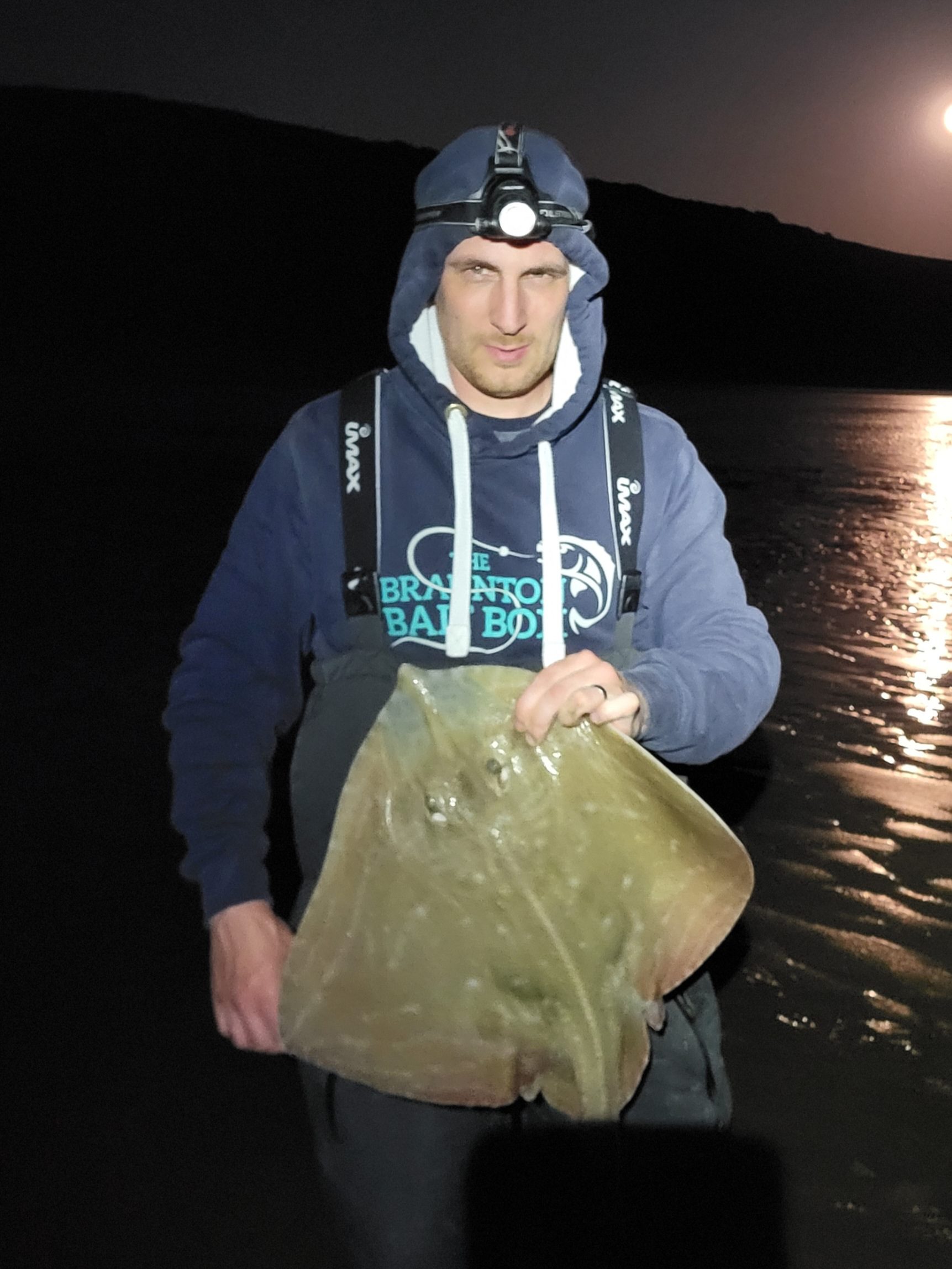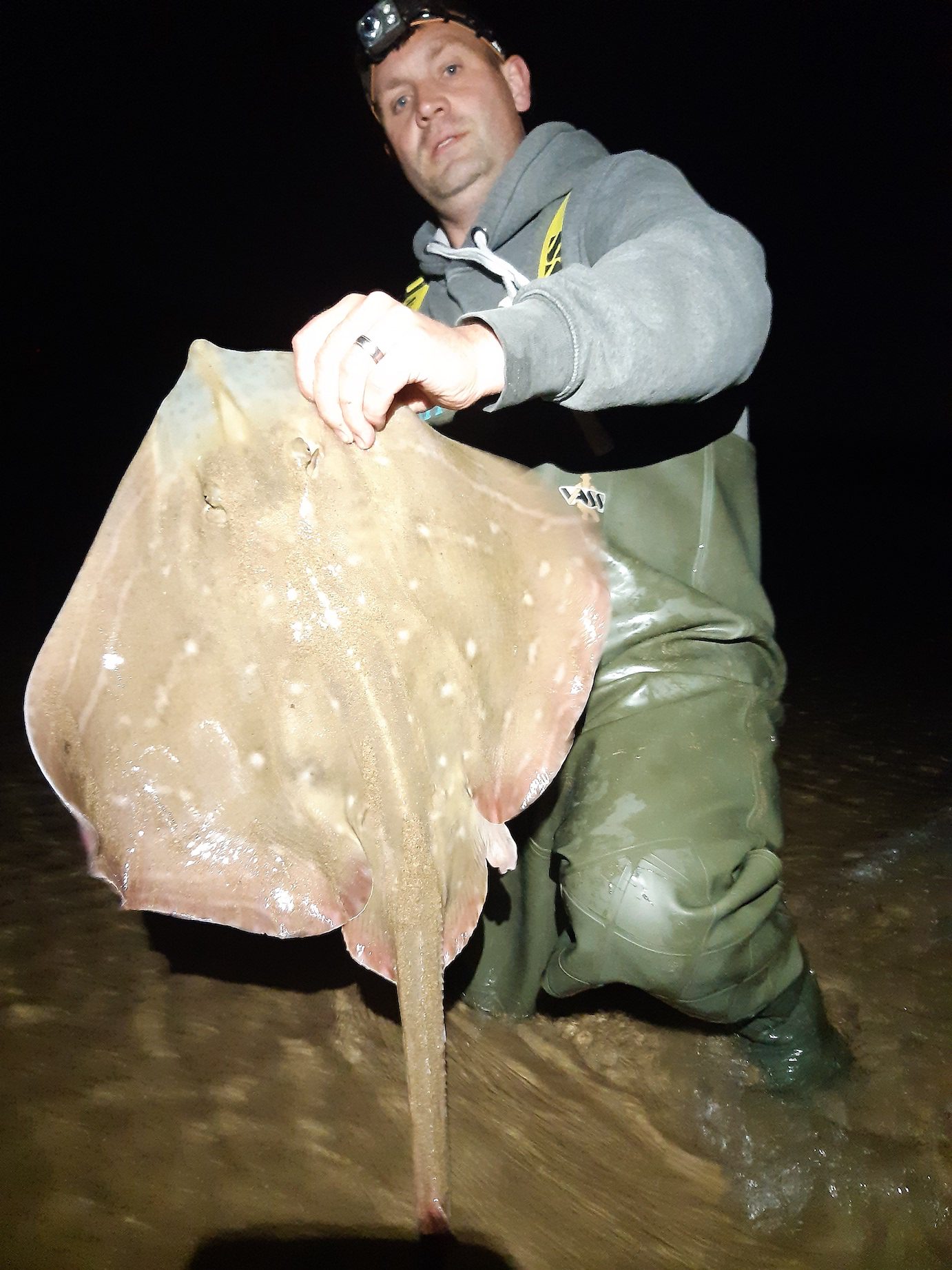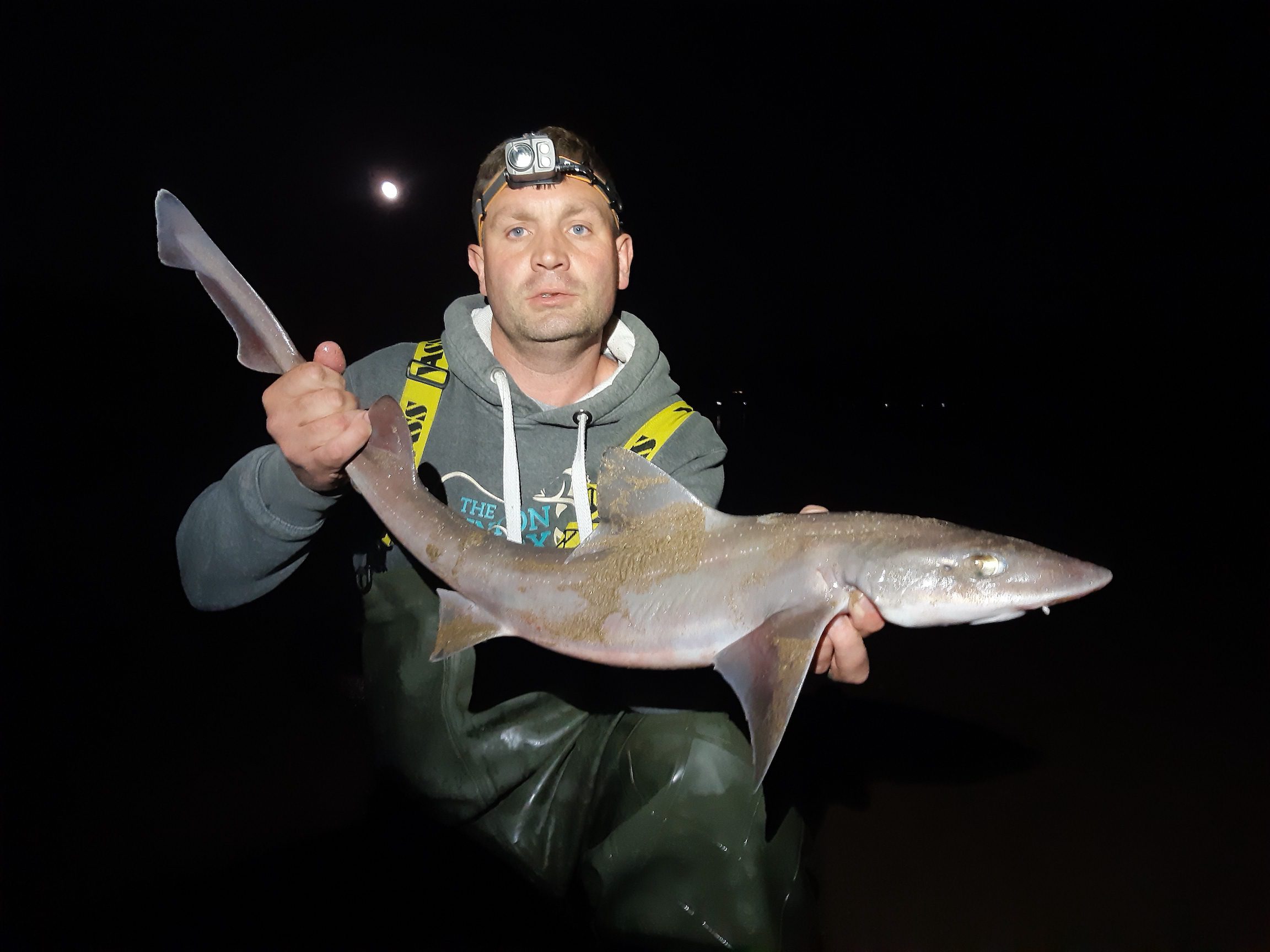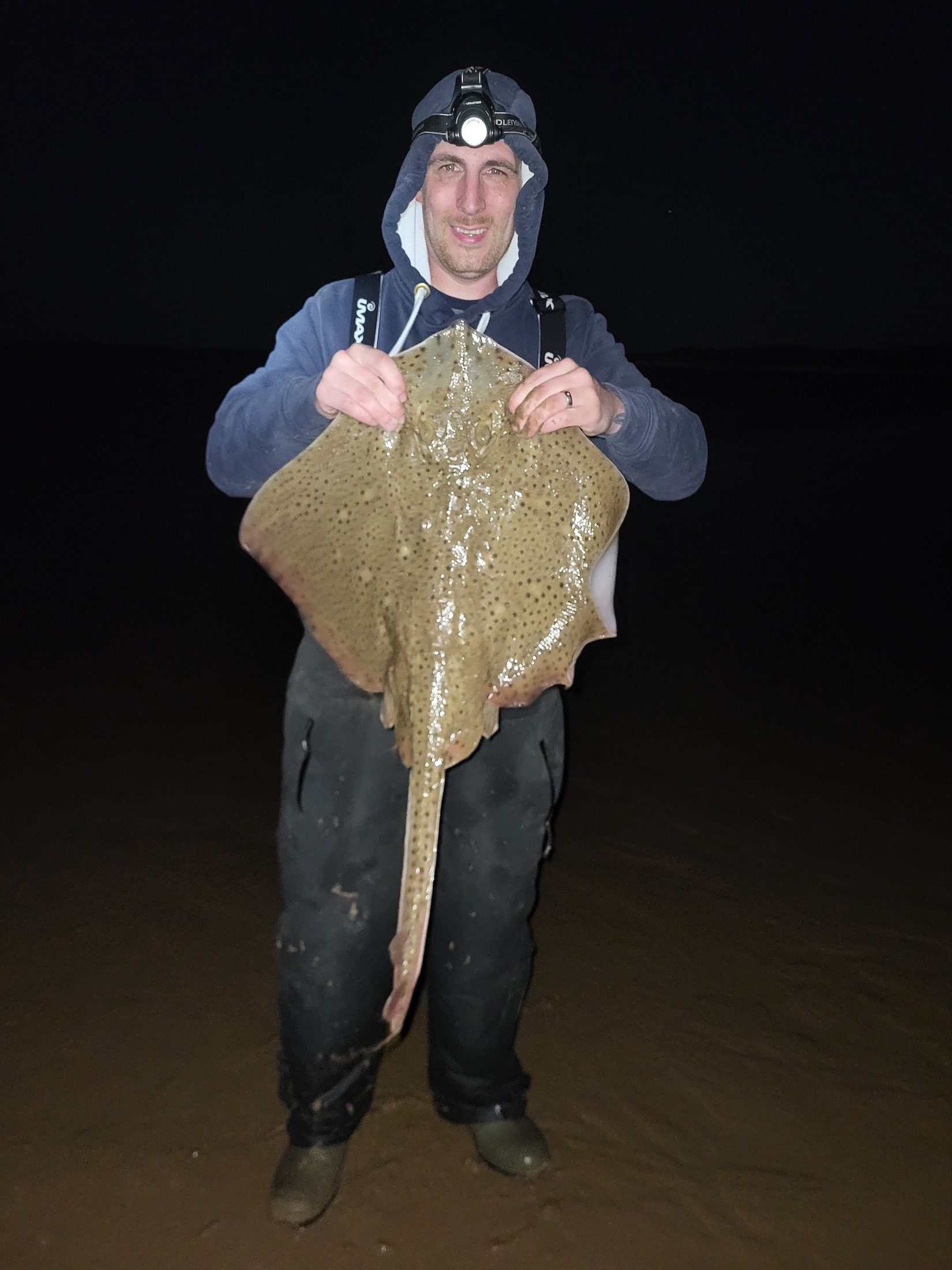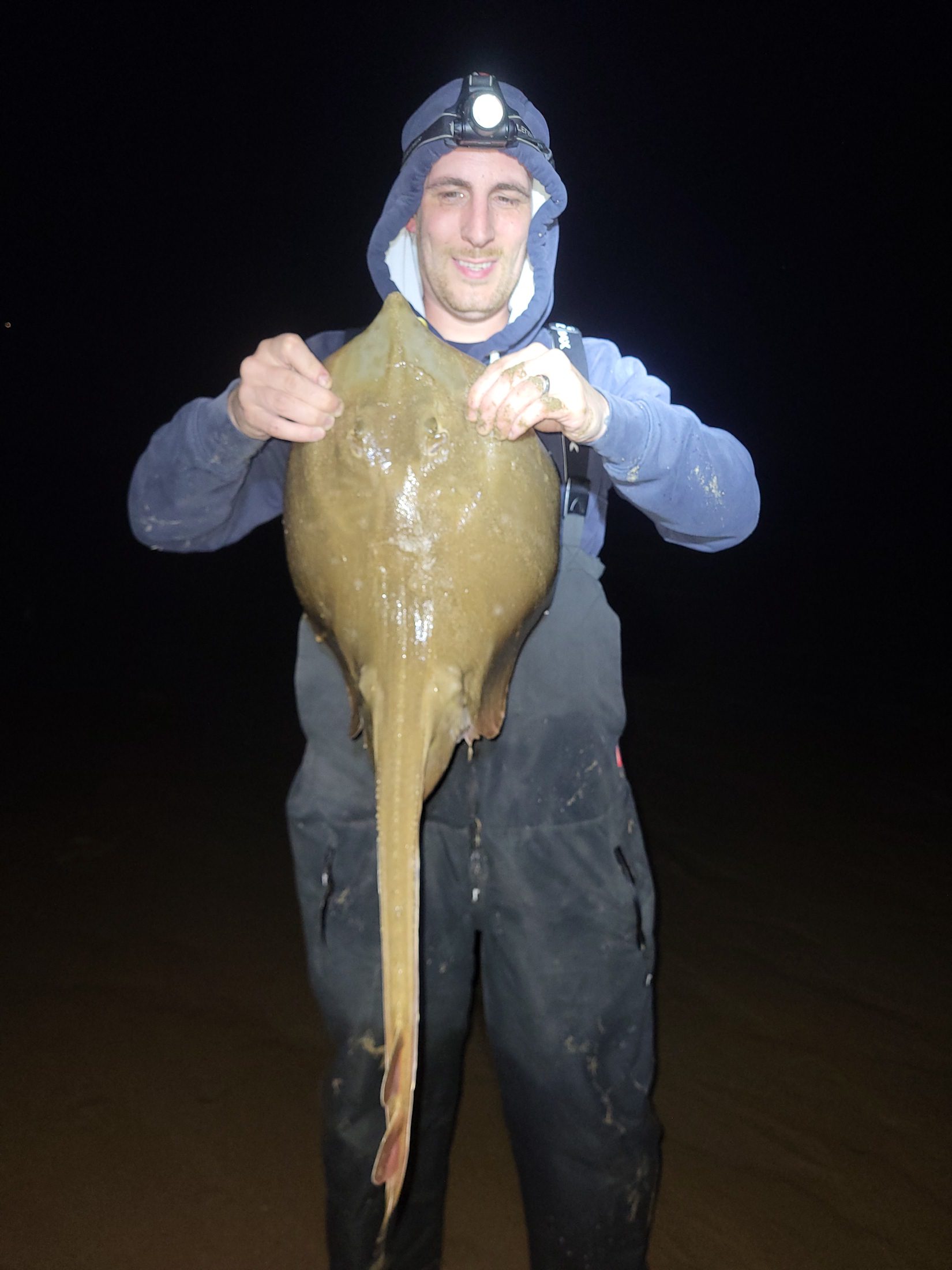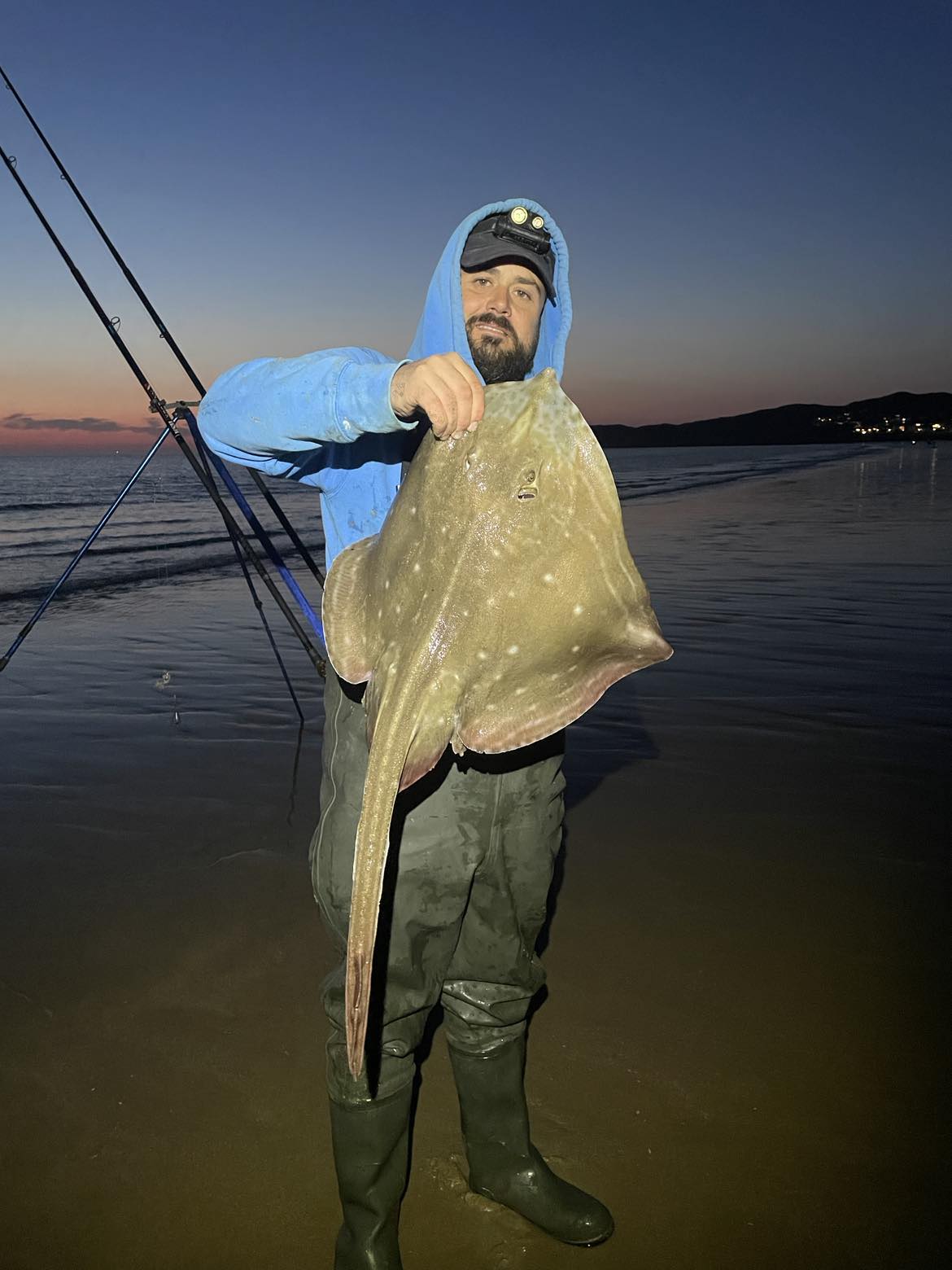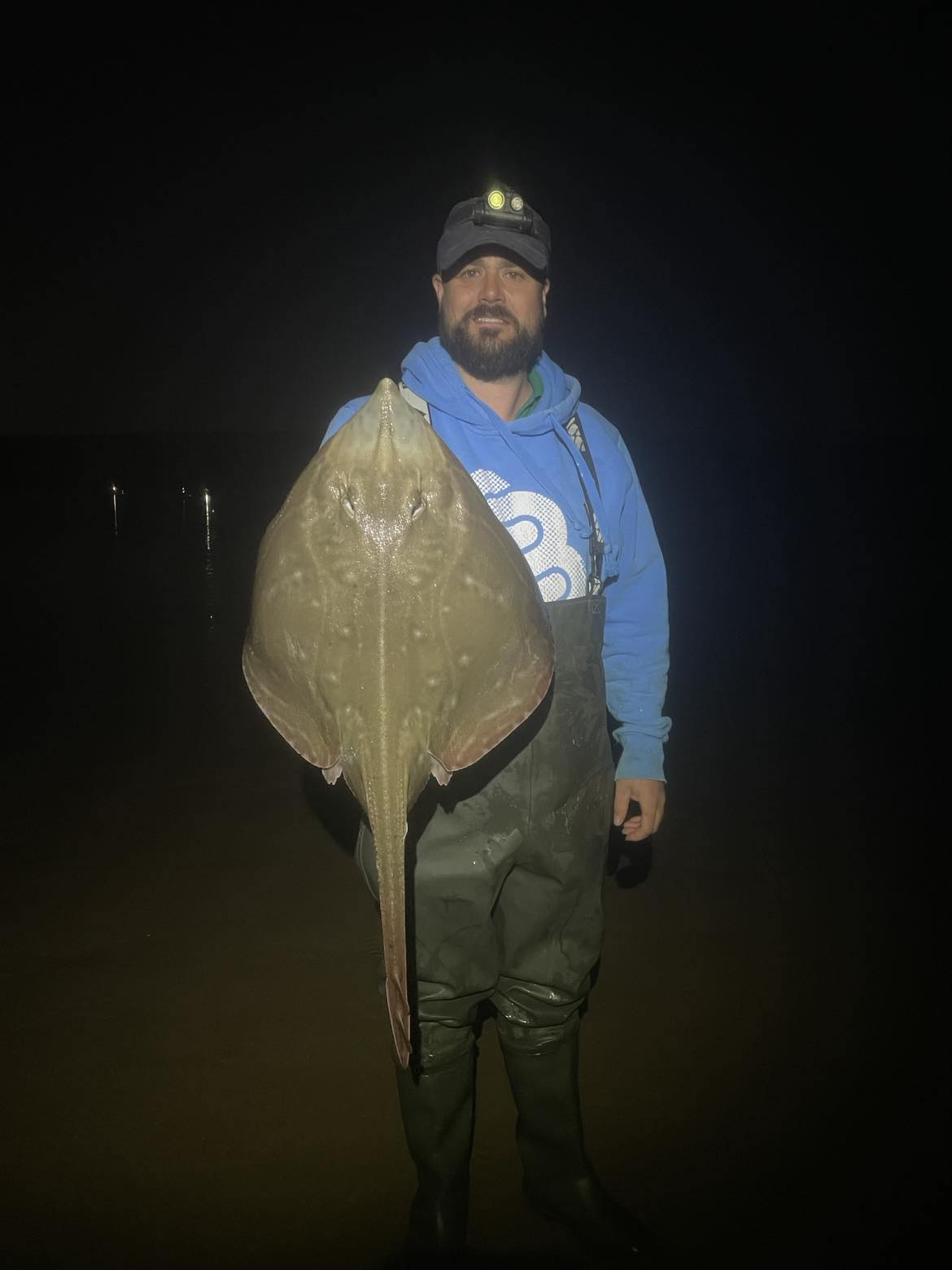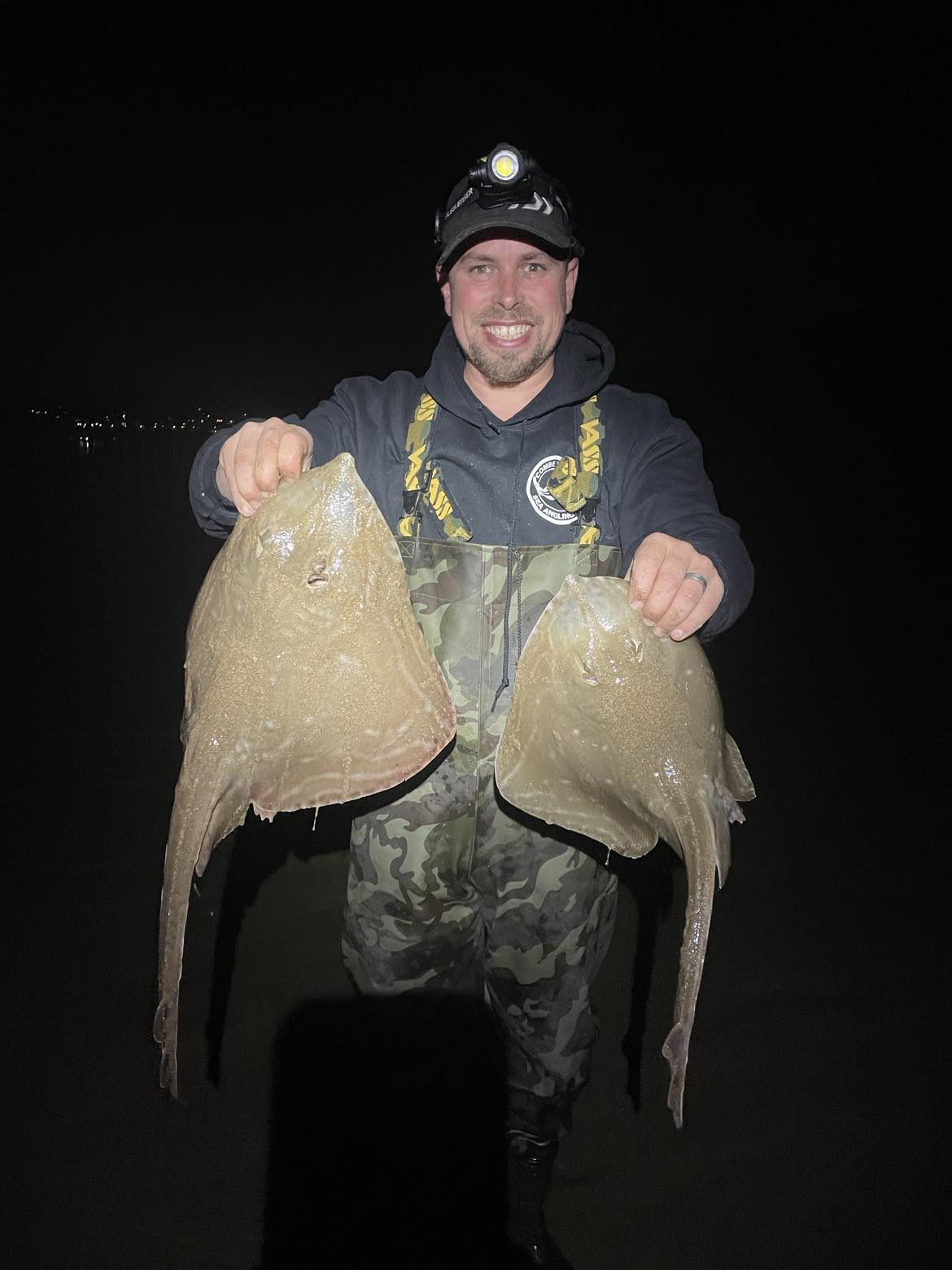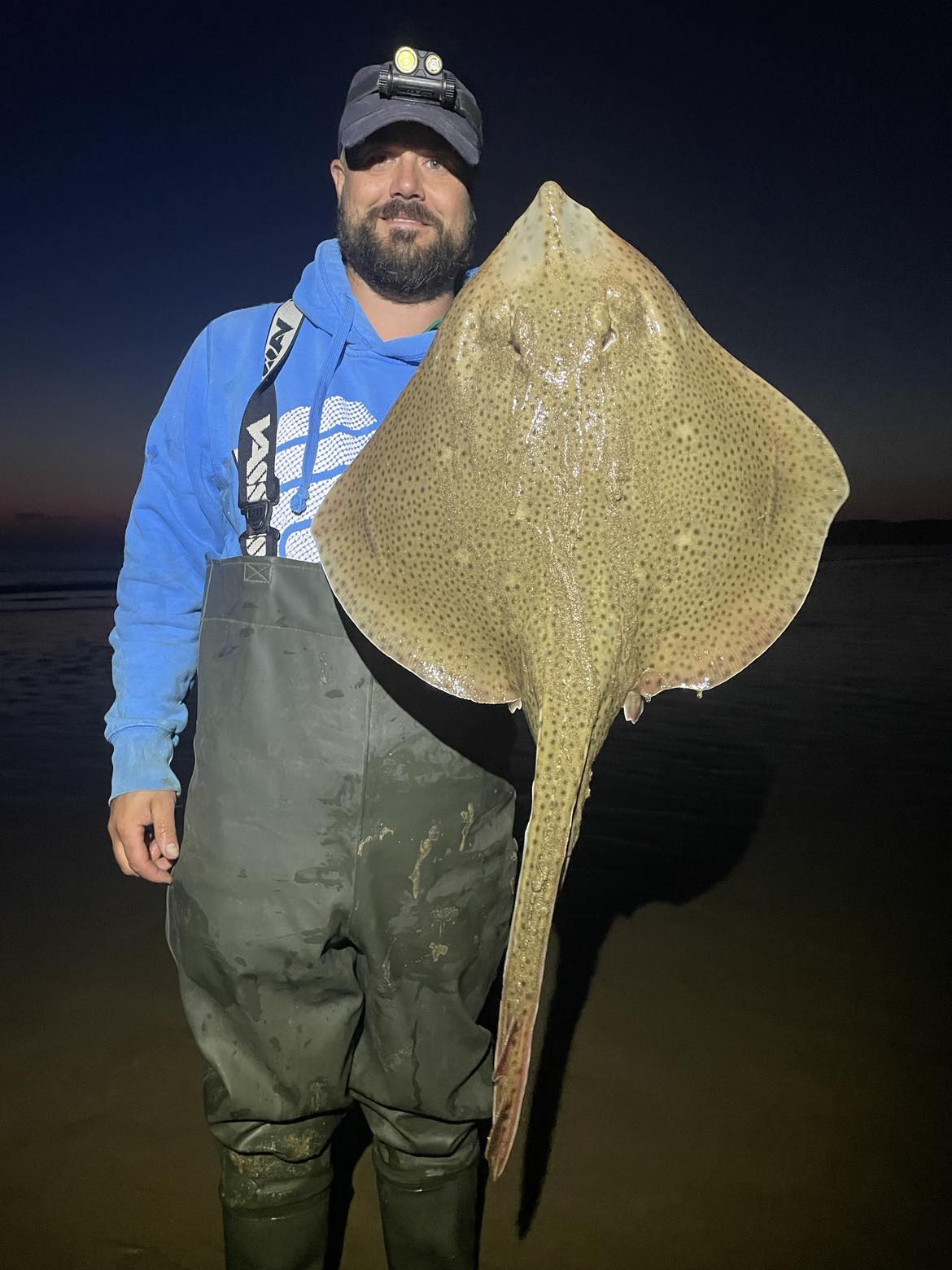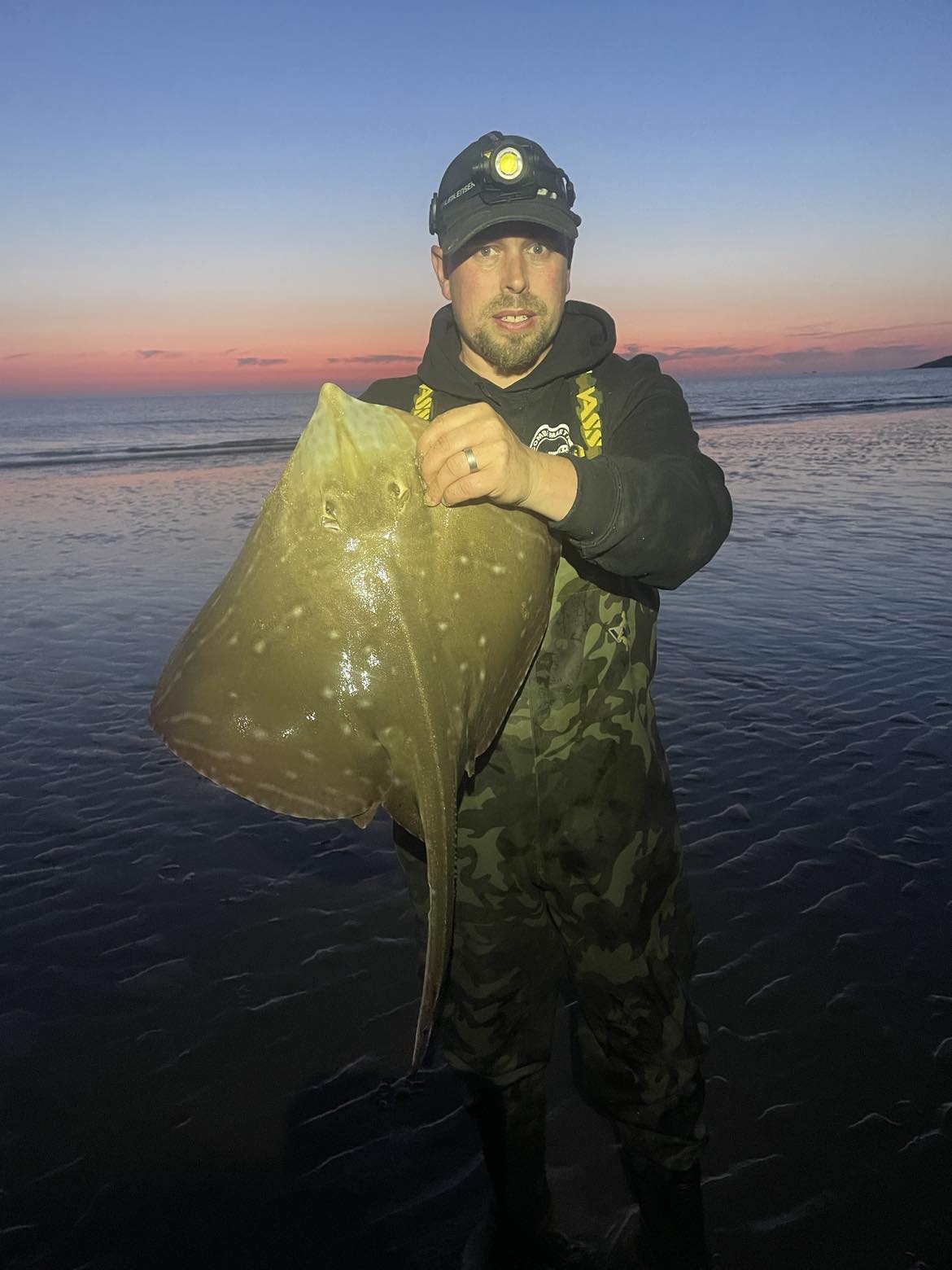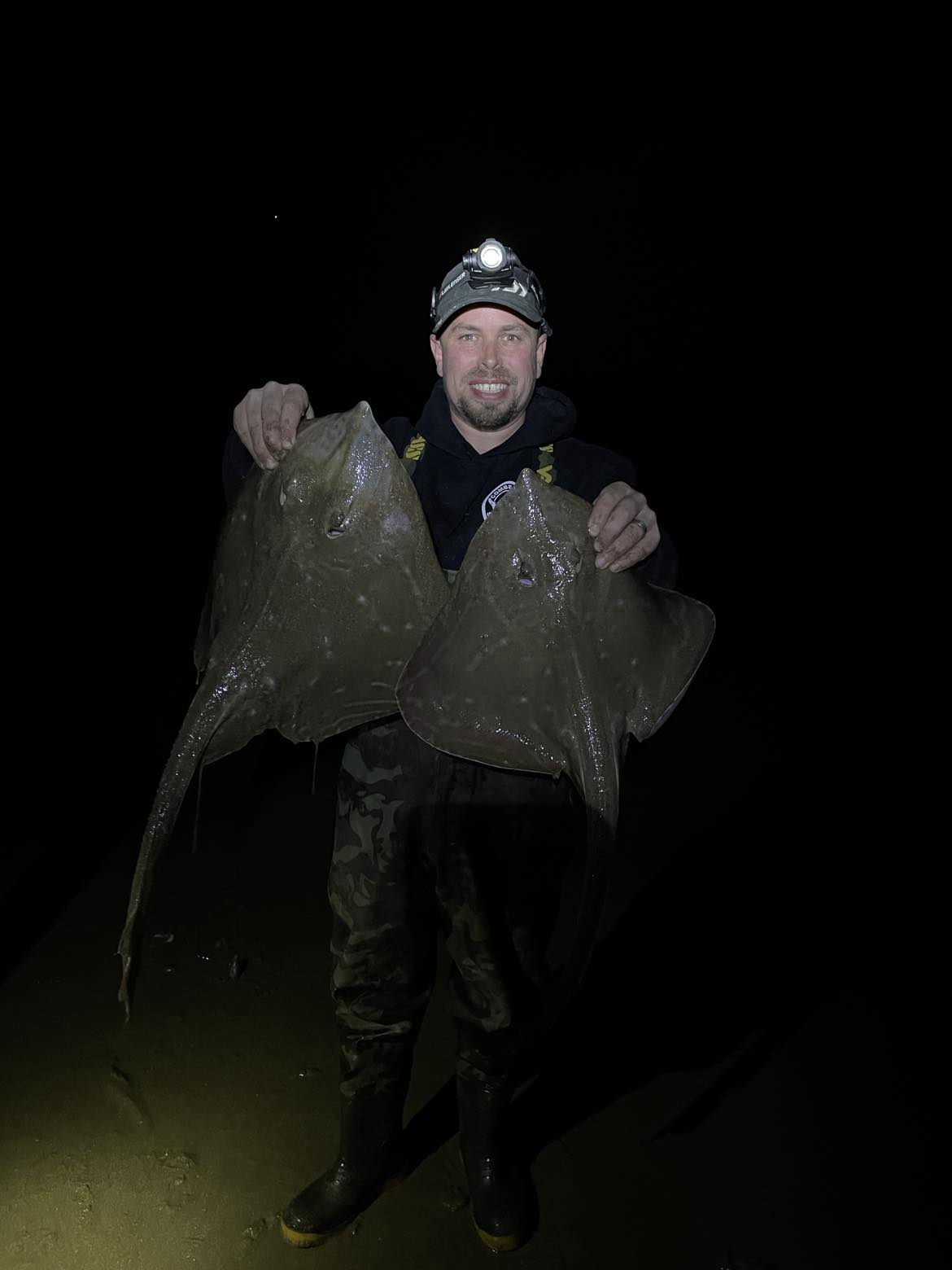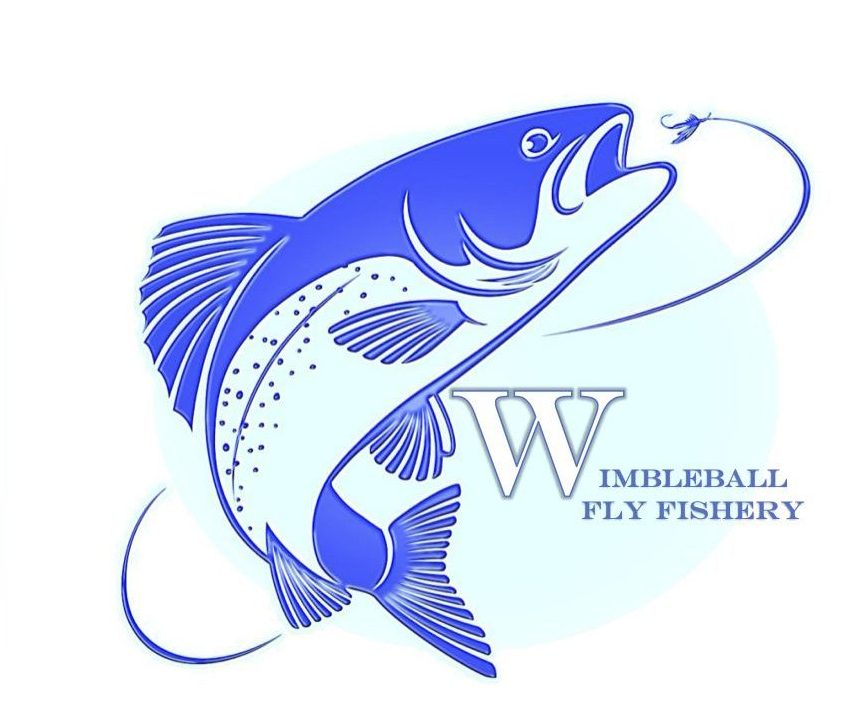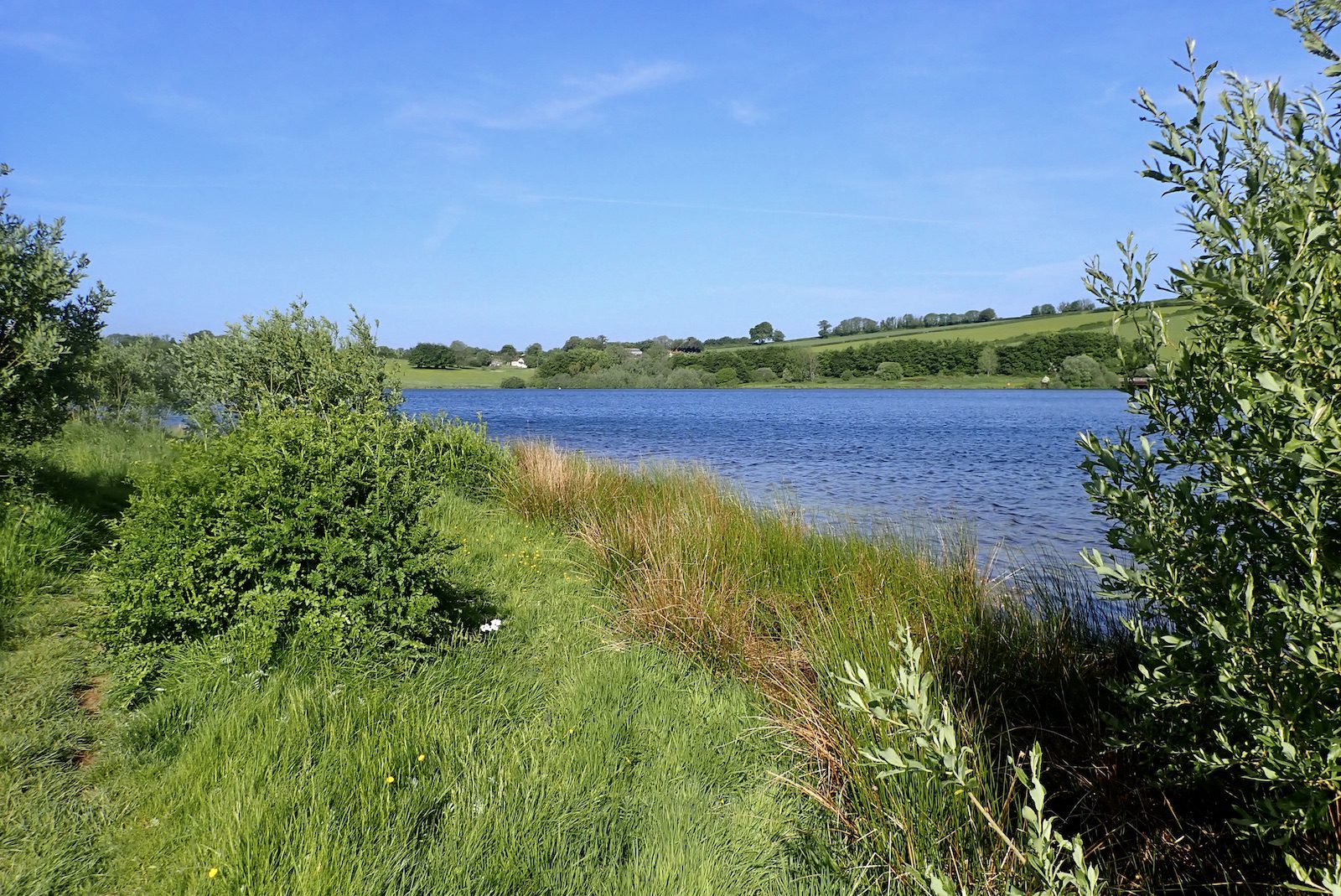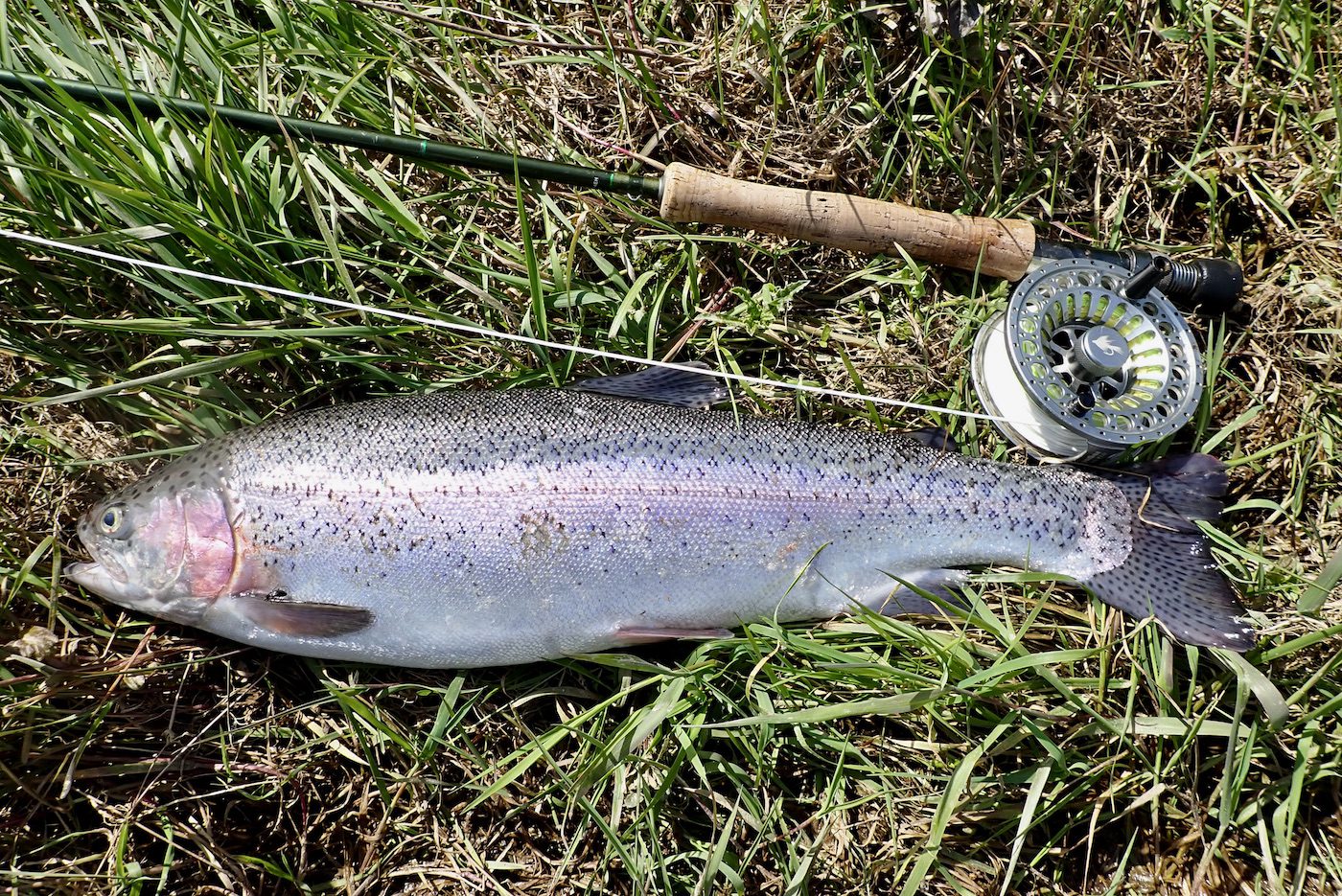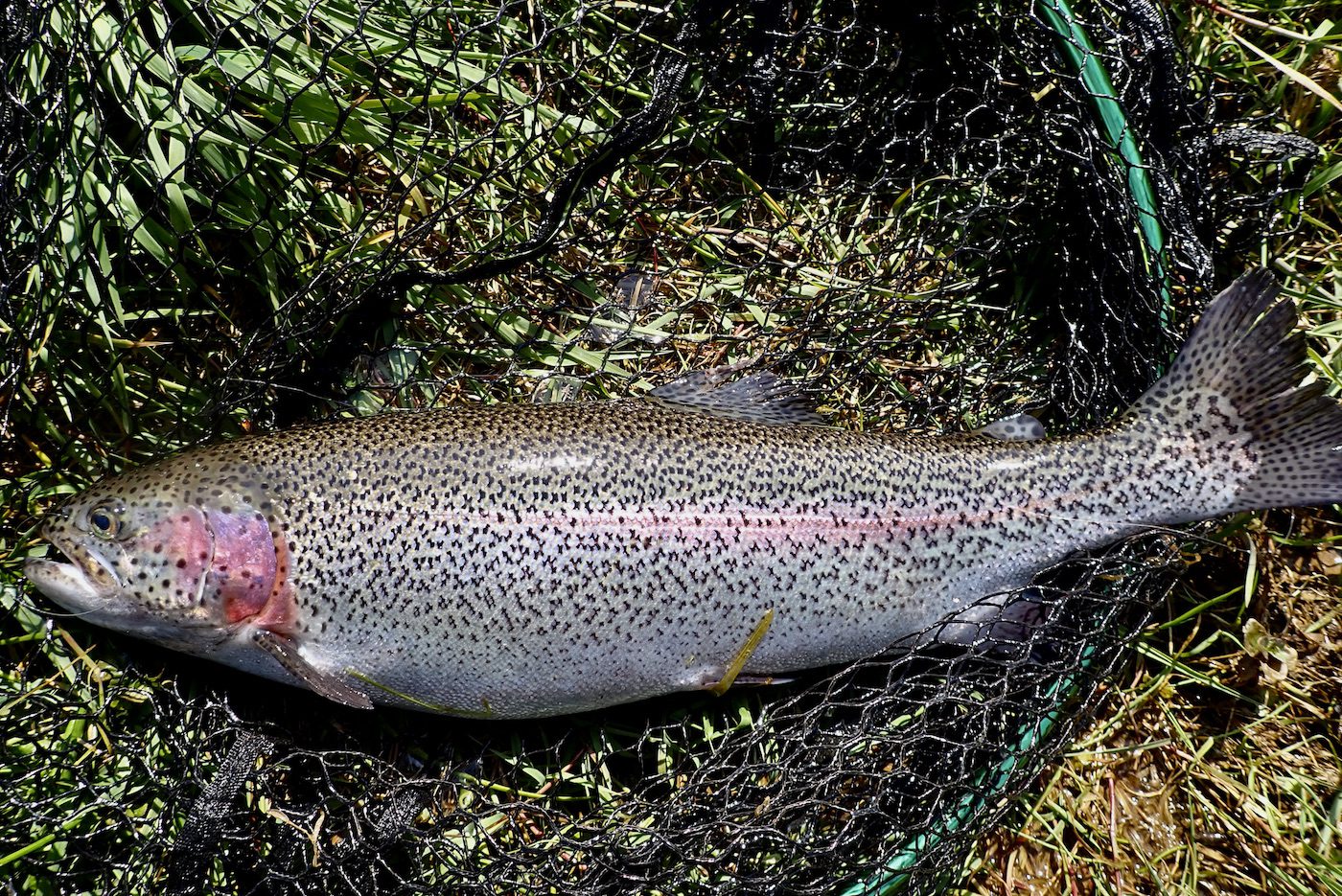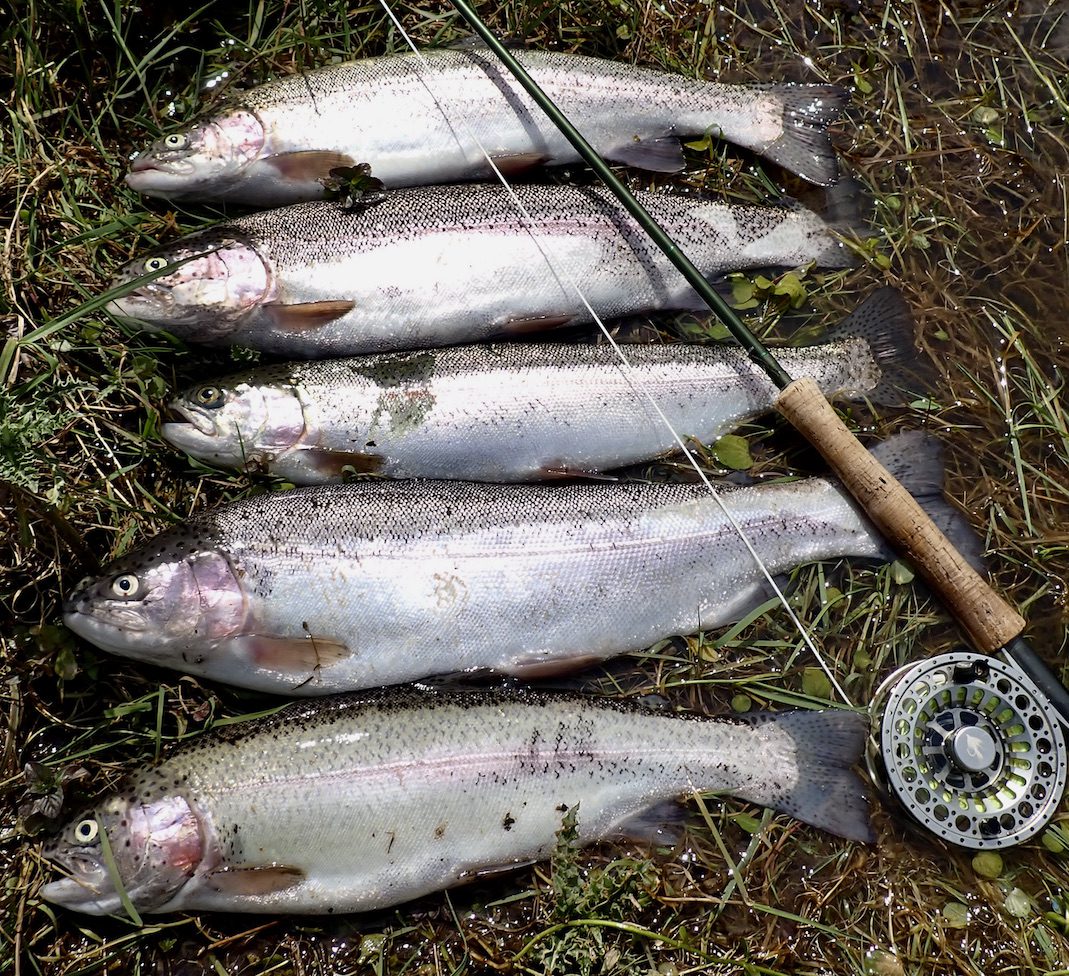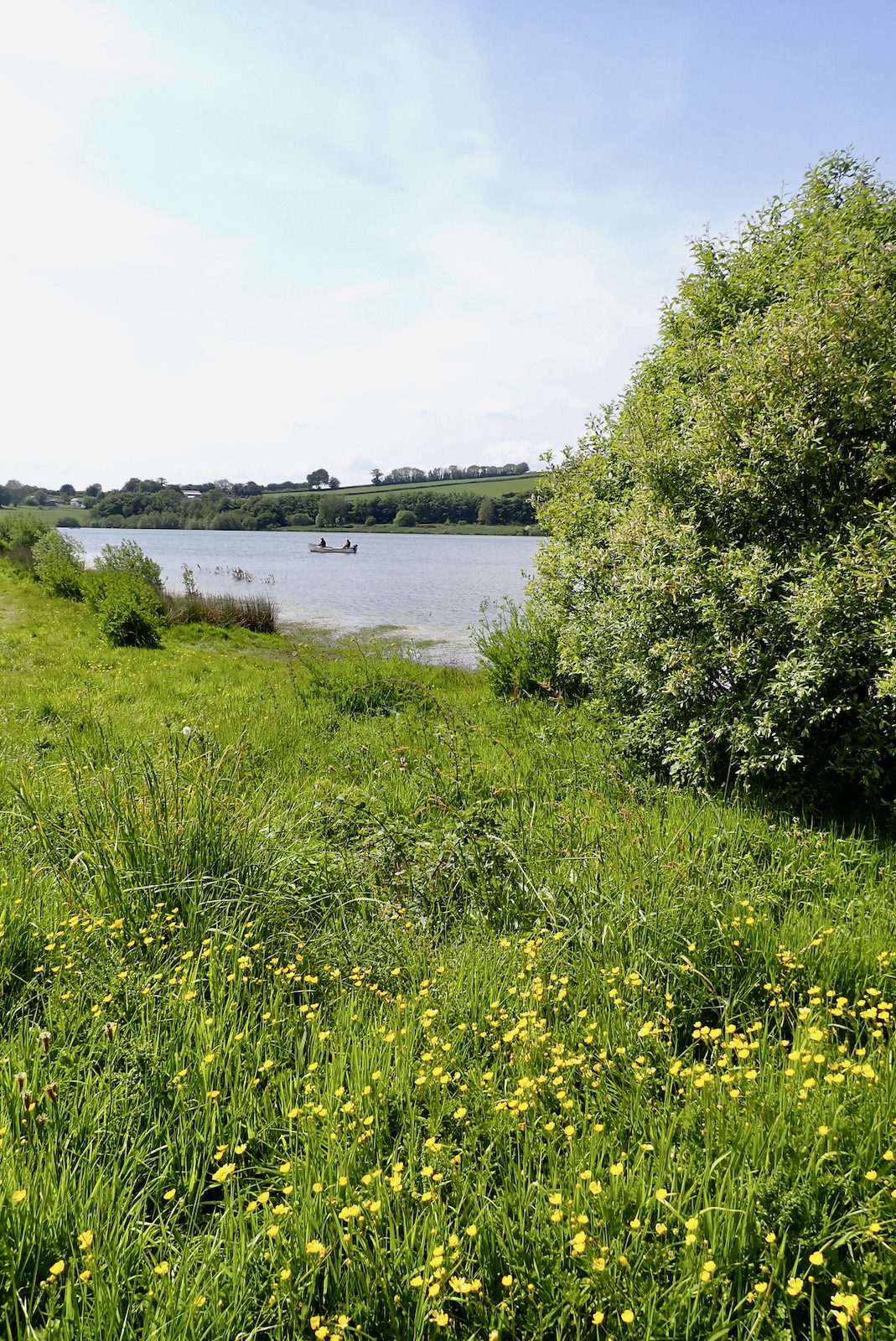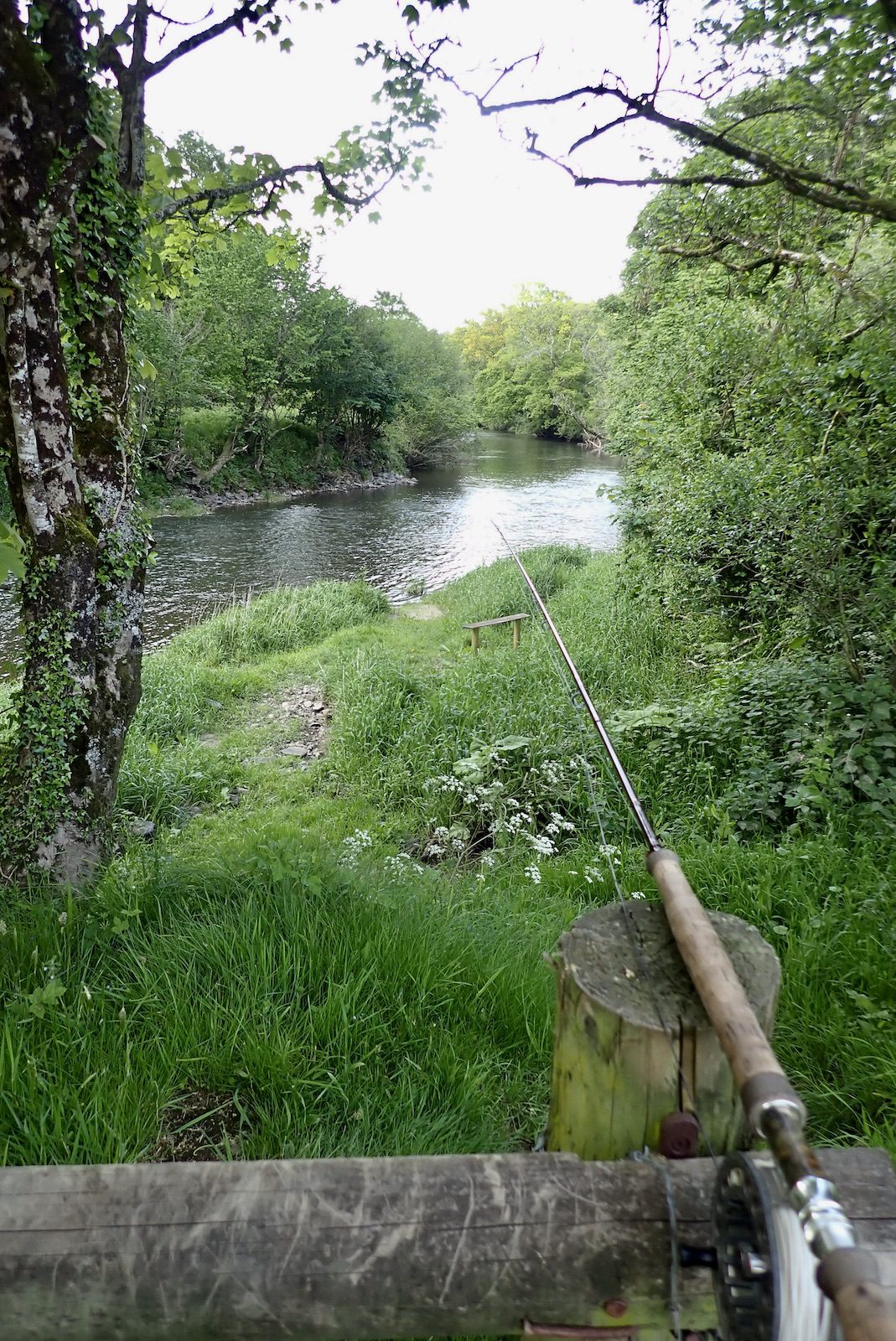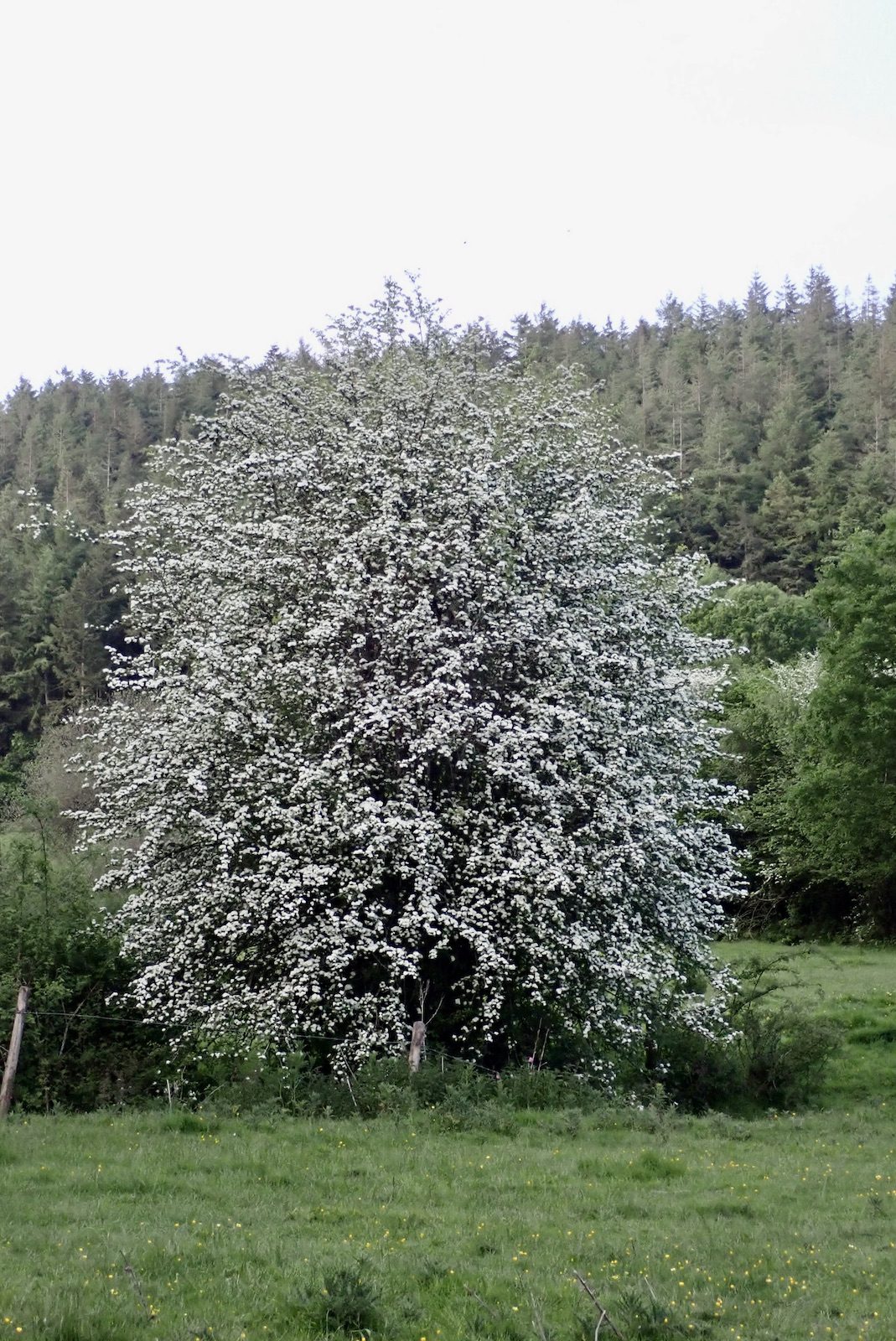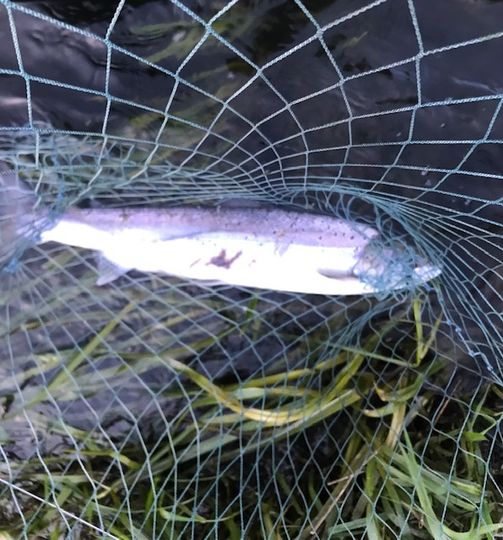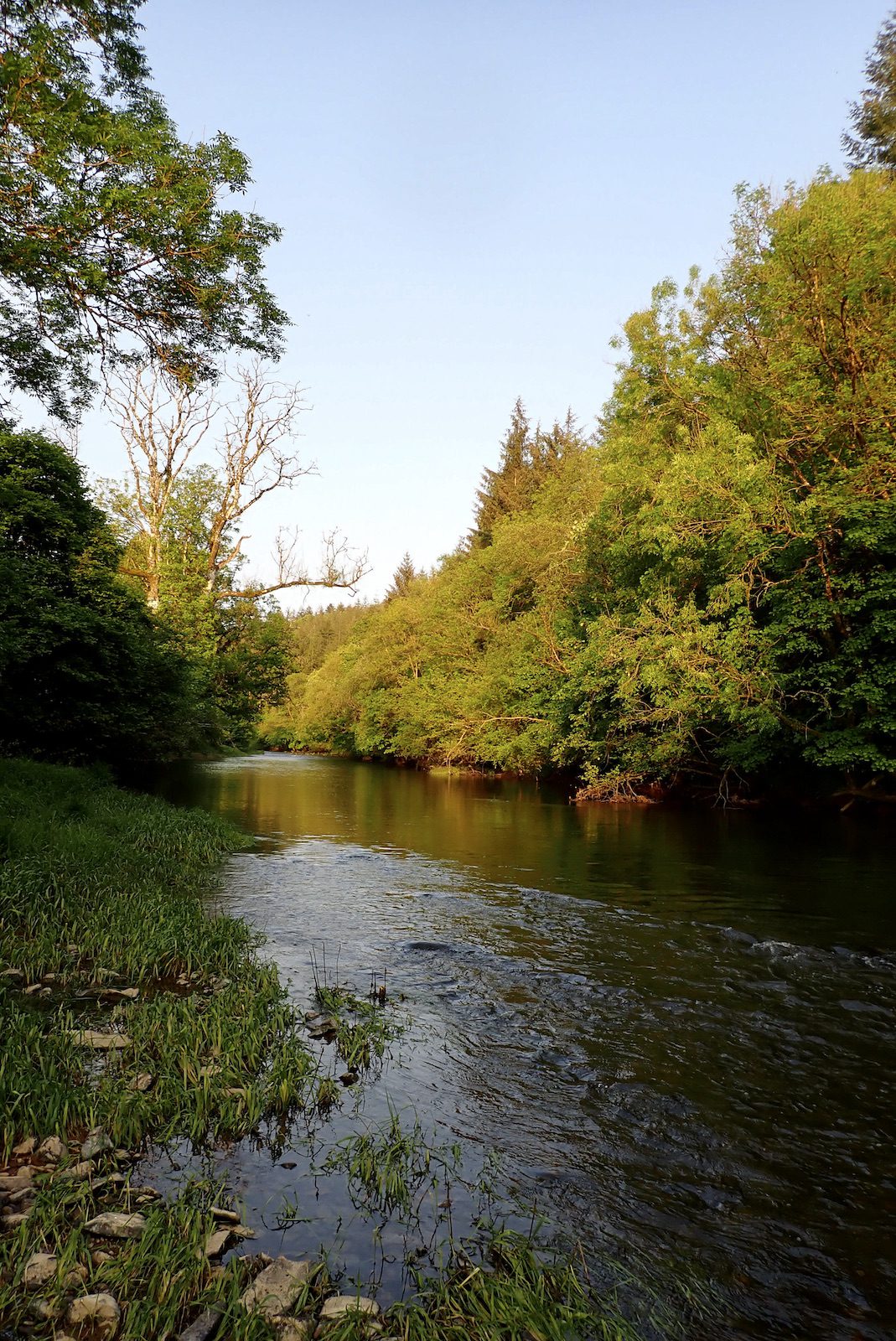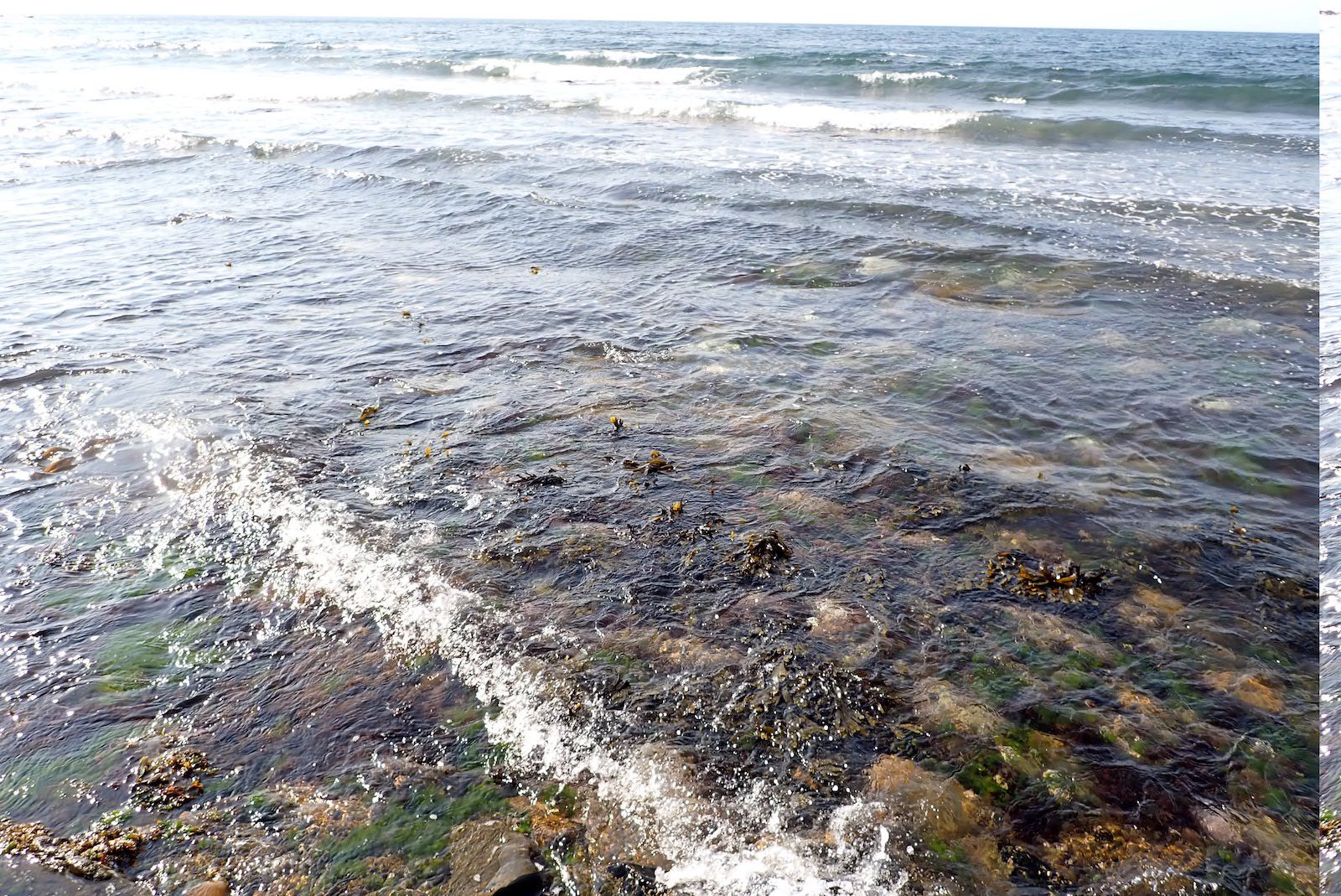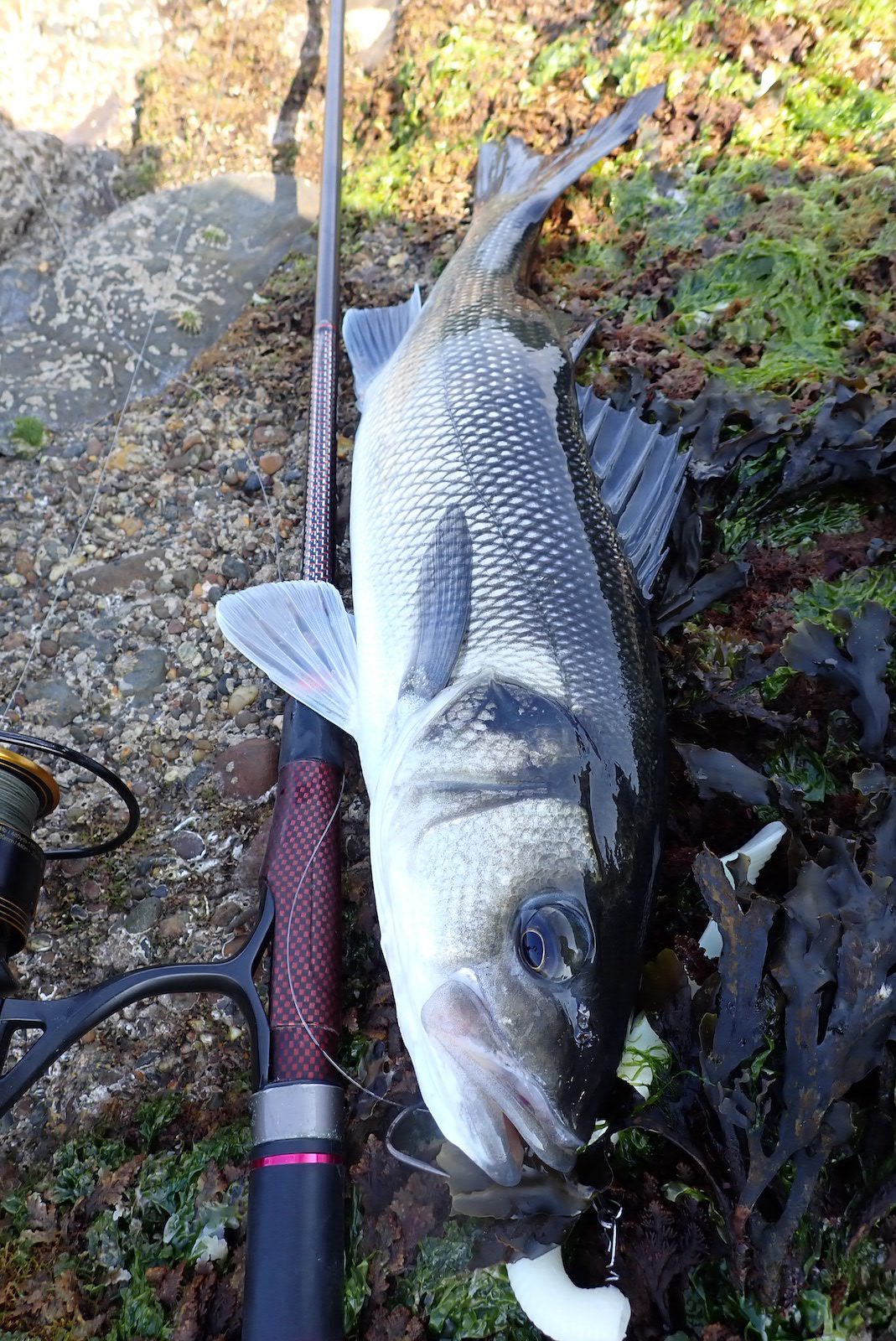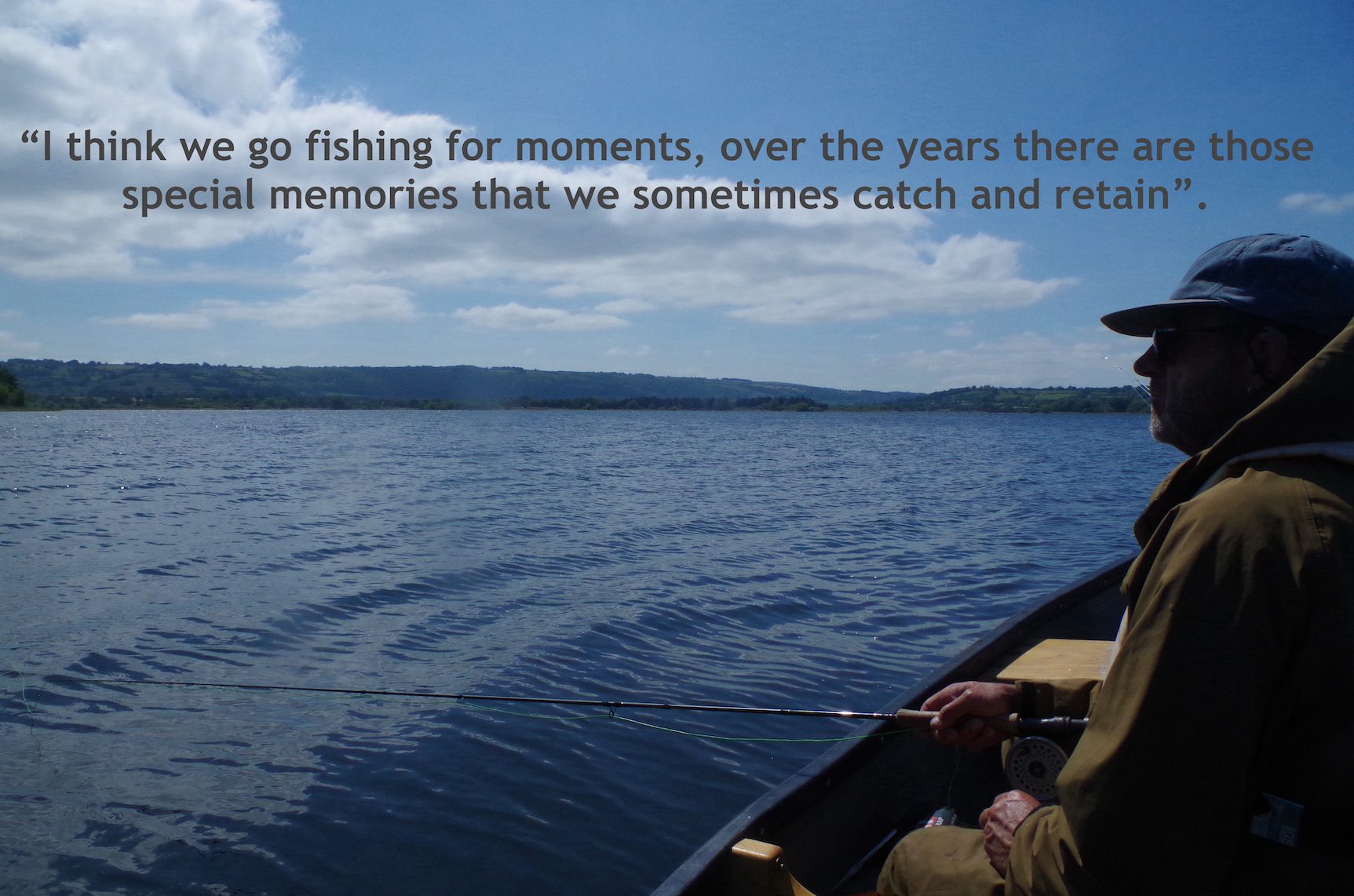
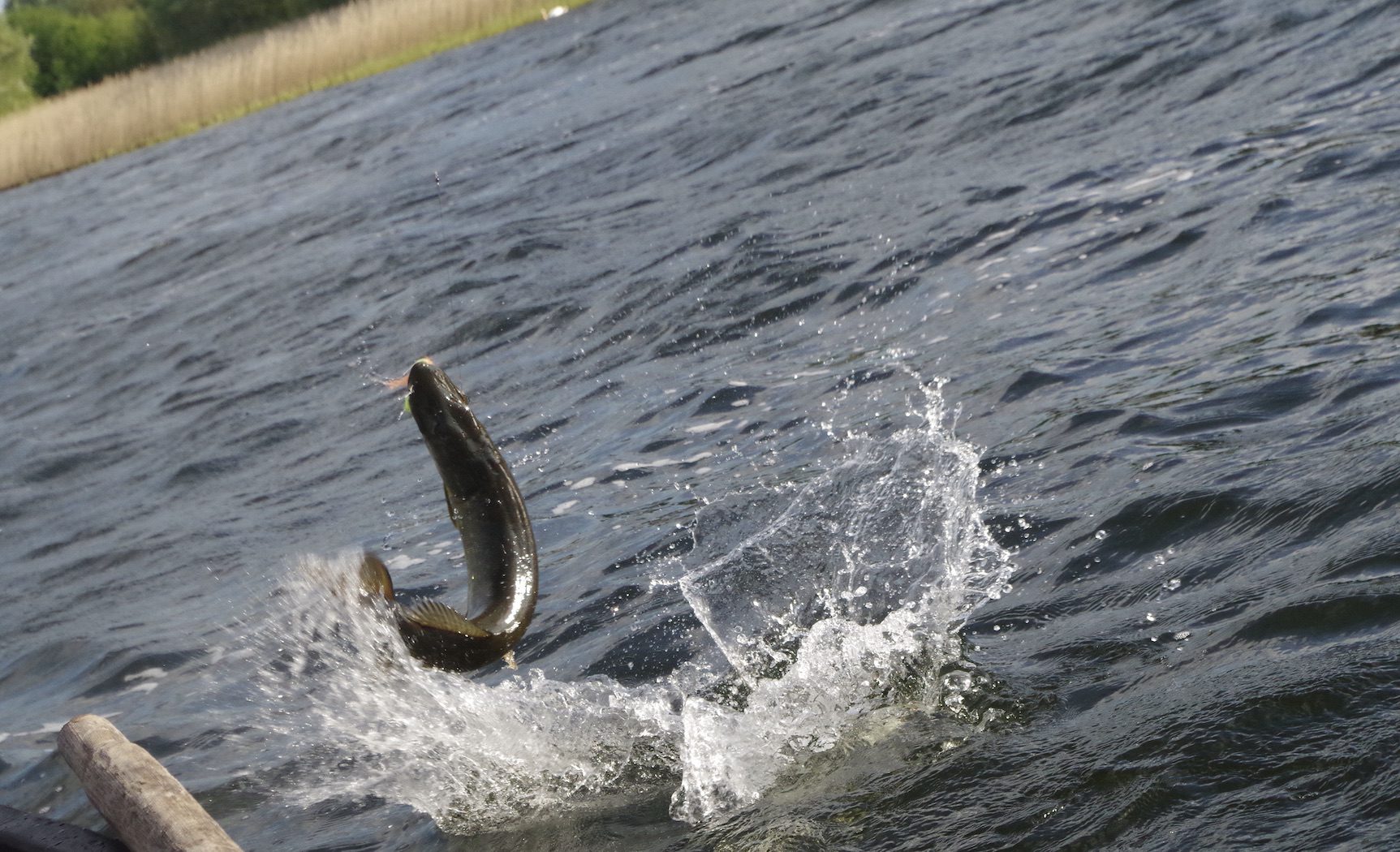
It had been a long day casting big flies for pike on the vast Chew Valley Lake in Somerset and we had just a few jacks to show for our efforts. We tramped back to the car and began to wearily sling the gear into the back of the vehicles. Should have played golf quipped Bruce, really! I replied in disdain. We both knew that we would have viewed such a day a waste of time. I commented that I am often asked by non-anglers why we go fishing as we only throw them back? I said I have given up trying to explain. Bruce paused and commented, “ I think we go fishing for moments, over the years there are those special memories that we sometimes catch and retain”.
This got me pondering as I drove home. At the time I was reading the classic tome “ Where the Bright Waters Meet”, written by Harry Plunket Green and first published in 1924. The previous night I had been reading of Blagdon Lake and the village of Blagdon.
“ But Blagdon itself will always remain one of the few places where the hand of man has improved on nature, bewitching in its beauty, with its Bavarian village, its purple sunsets, its nights with the thousand eyes, its kindly people, its virile sport and its blessed physical fatigue.”
Plunket enjoyed visits to the lake with his great friend H. T. Sheringham who also waxes lyrical about Blagdon in his book “ An Open Creel’ published in 1910. “ I have known rise from four-pounders missed because the angler was so busy admiring Blagdon Village, with its grey church tower and wealth of fruit blossom, and one cannot praise it more highly than by that confession.”
The words of Plunket and Sheringham drifted through my mind as I glanced down to the historic waters of Blagdon as I drove through the village and reflected upon my memories of Blagdon, those of the authors above and of Bruce’s words fishing for memories.
Through an angling life we do indeed gather memories and there not all directly related to special catches of fish. The places, the people and nature that surrounds are all embroidered into our minds eye.
Harry Plunket Greens classic book , “ Where The Bright Waters Meet” paints a generally tranquil picture of rural England and the quintessential Chalk streams that flow through peaceful villages. I wondered how much this had changed over a century and whether Plunkett would recognize his home village. Speaking to a fellow angler one evening he commented that little had changed in Hurstbourne Priors where Plunkett resided and fished the Bourne Rivulet all those years ago.
In early June Pauline and I arrived in the village of Longparish to explore the Test Valley and perhaps get a glimpse of Plunket’s England. A day’s fishing on the Test and its tributaries is prohibitively expensive so any casting of the up-stream dry fly would be virtual.
The delightful thatched cottage we stayed in was a short walk from the Test and we enjoyed several walks to watch its waters flow. On our first afternoon walk we heard the timeless and evocative call of the cuckoo echoing across the water meadows. Mayfly were fluttering above the water, occasionally dimpling the surface. I watched as trout sipped them down in classic style. I imagined casting a dry fly to these trout and the delectable moment of deceit as the trout is hooked.
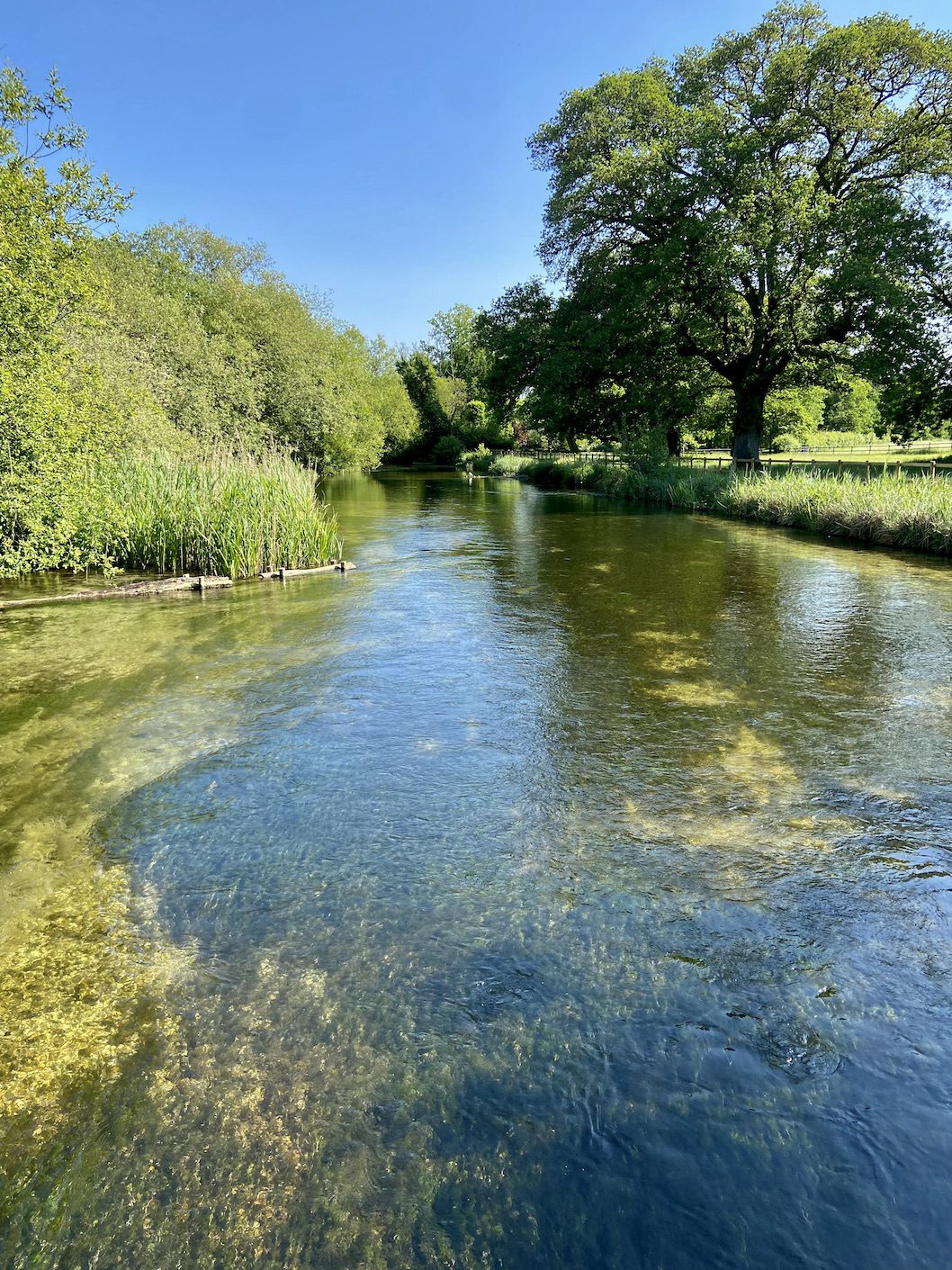
We set off early in the morning to walk from Longparish to Hurstbourne Priors where HPG lived from 1902 until 1912. “the little Hampshire Bourne, in those days unquestionably the finest small trout stream in England.” Plunket reflects upon his first visit.
“It was a gorgeous day without a breath of wind, and the smoke from the thatched cottages rose up in straight blue lines against the dark elms of the hill behind. The valley ran at right angles to the one we had come through , and in the middle of it lay the village in a golden sheet of buttercups under the beechwoods of the deer park there ran a little chalk stream clear as crystal and singing like a lark.”
“There was a church half hidden in the trees and the people were just coming out after the service, and there was an indescribable feeling of peace over the whole scene. It was a typical picture of English country Life which Constable might have painted or Gray have sung.”
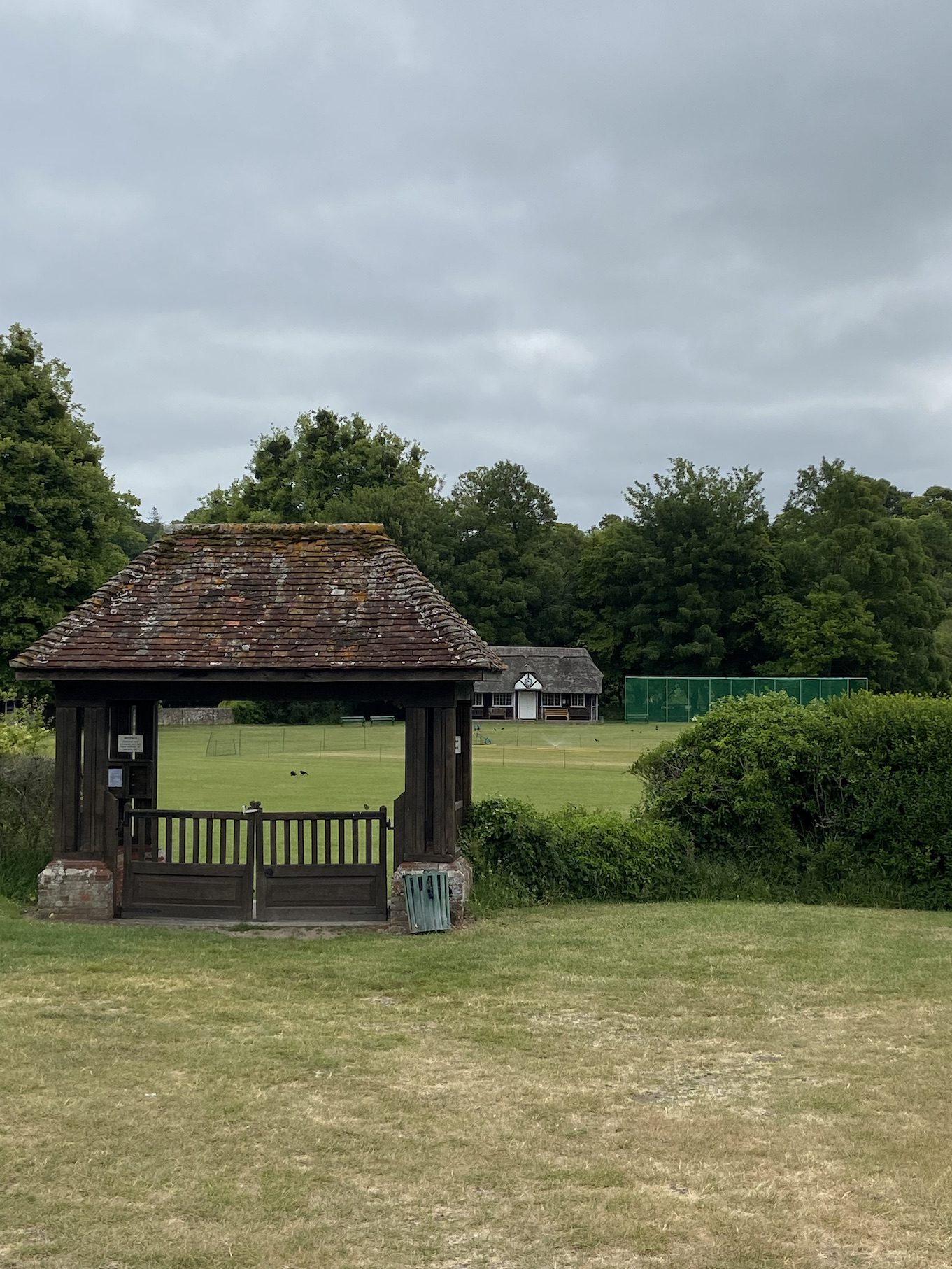
We walked a footpath across several fields on our way to Hurstbourne Priors. A red kite soared above the lush green valley and a hare bounded away from us as we disturbed its morning graze. We walked into Hurstbourne Priors and approached the centre of the village and paused at the entrance to the Cricket pitch looking across to the church partially hidden amongst the lush green trees of early summer. The scene before us was one of reassuring continuity. We walked slowly across towards the Thatched Cricket Pavilion and sat upon one of the green benches placed to commemorate the Jubilee of King George V in 1935. There was also a bench commemorating the Silver Jubilee of Queen Elizabeth 11 1952 to 1977.
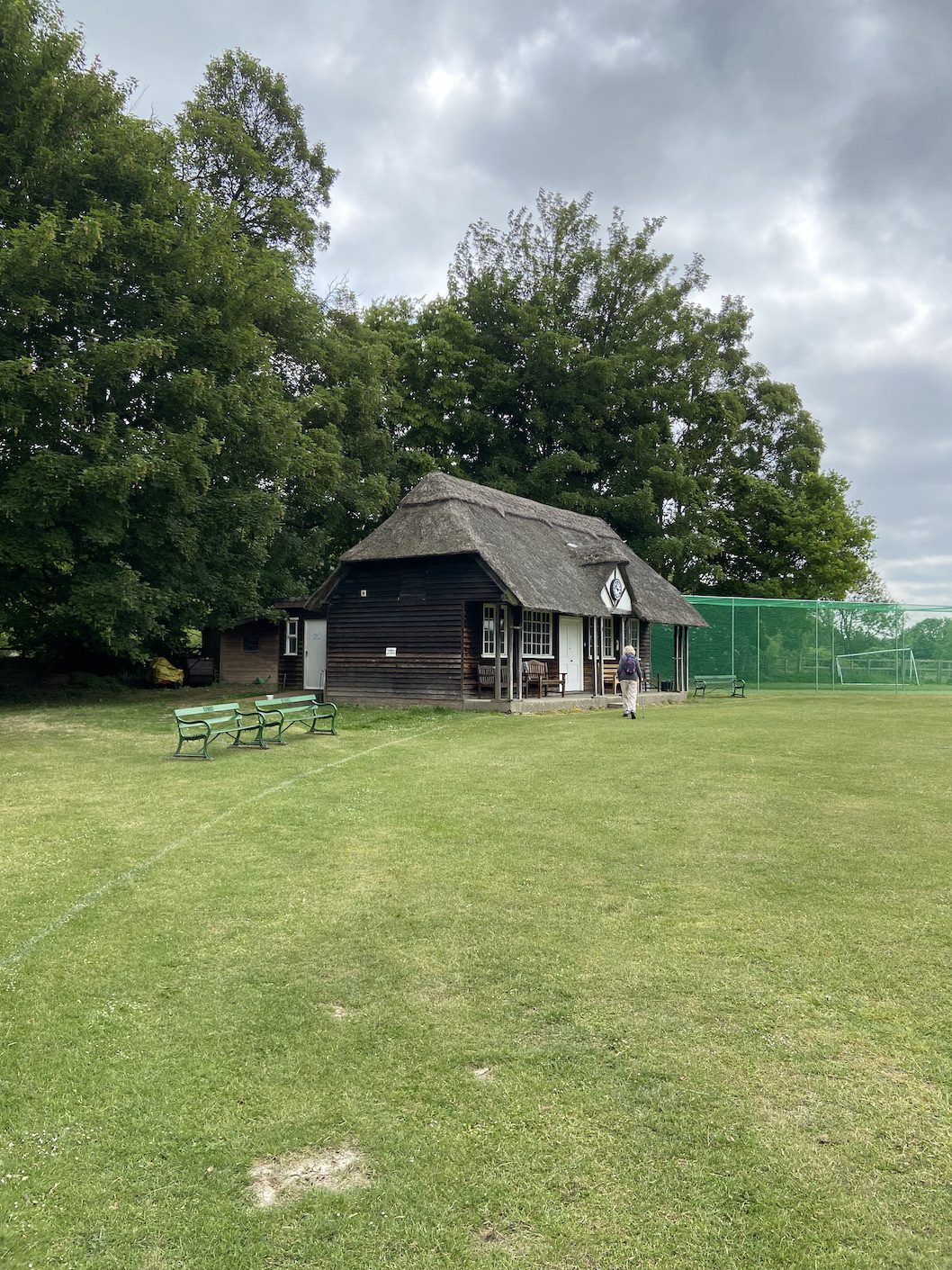
We sat for a while soaking in the timeless vista. Swallows swooped low over the wicket and rooks paced upon the closely mown grass searching for worms. Harry Plunket Green was a keen Cricketer and includes reminisce about Cricket in his book and the two cricket teams in the village. The Hurstbourne Priors Club and the Hurstbourne Park Club.
We noted the notice in the club house window; Hurstbourne Priors Cricket Club is a friendly village club with a long history and is seeking to recruit and welcome new members. Looking out across the pitch It was apparent that little had changed since 1911 when Harry Plunket spent most of the summer playing cricket.

A path lead from the Cricket ground directly into the church yard where we hoped to locate the resting place of Harry Plunket Green. Ancient Yews grew within the grounds and it was pleasing to imagine the tranquil waters of the Bourne Rivulet just a few yards away hidden from view amongst the lush green growth of early June.
After a while strolling around the historic grave stones, We found a cross and at its base the inscription
HARRY PLUNKET GREENE
SINGER
1865 – 1936

Placed upon the grave stone were poignant boxes of old rusty flies left by anglers paying homage to a man who had shared his treasured memories and thoughts from a time now long since passed. High up on the lichen encrusted stone I found a recently deceased mayfly that seemed to symbolise the spirit of those bright waters. Harry Plunket Greens resting place is perfectly located between those bright waters that still sing like a lark and those mowed greens where leather meets willow on long summer days and evenings.
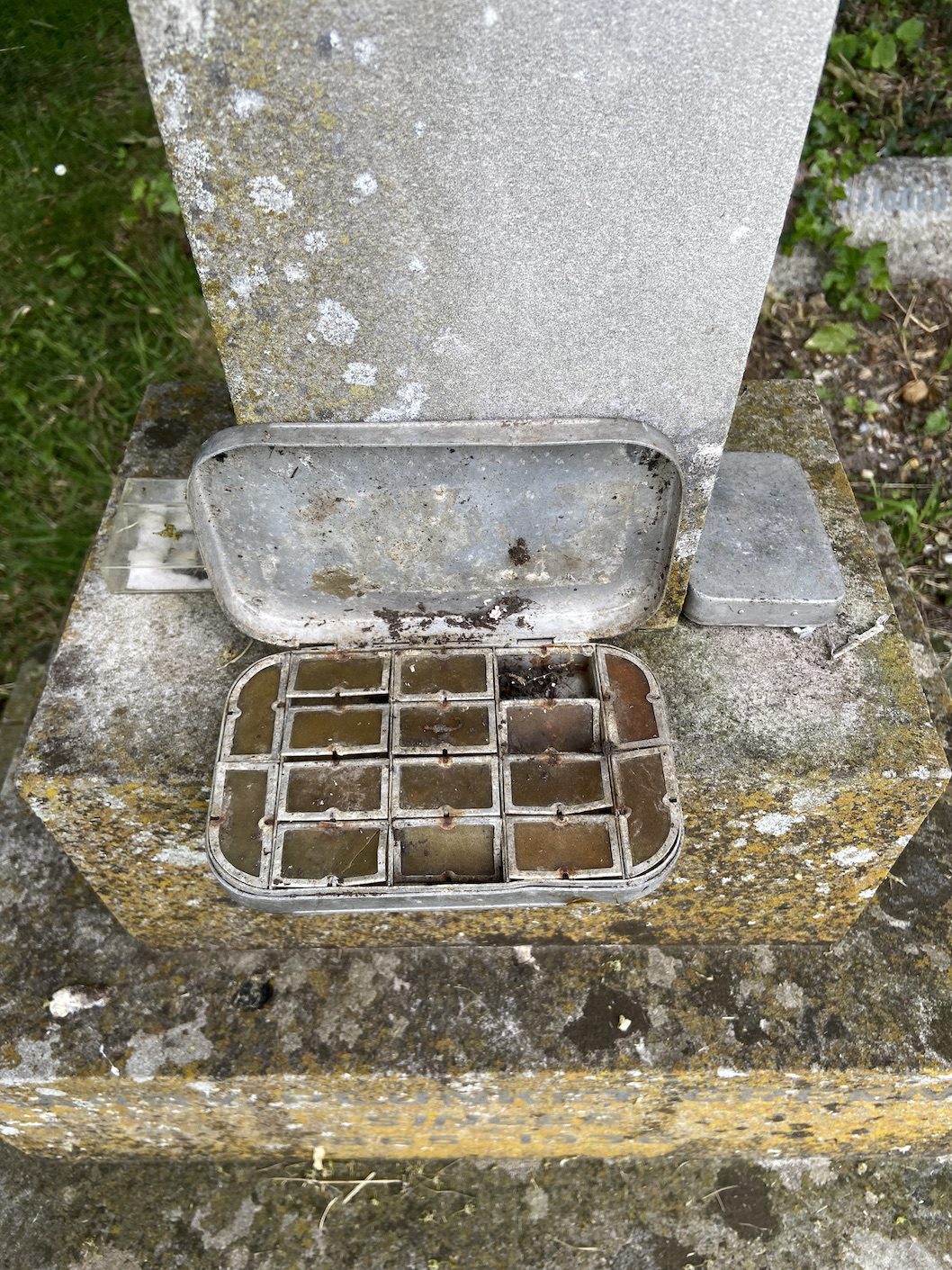
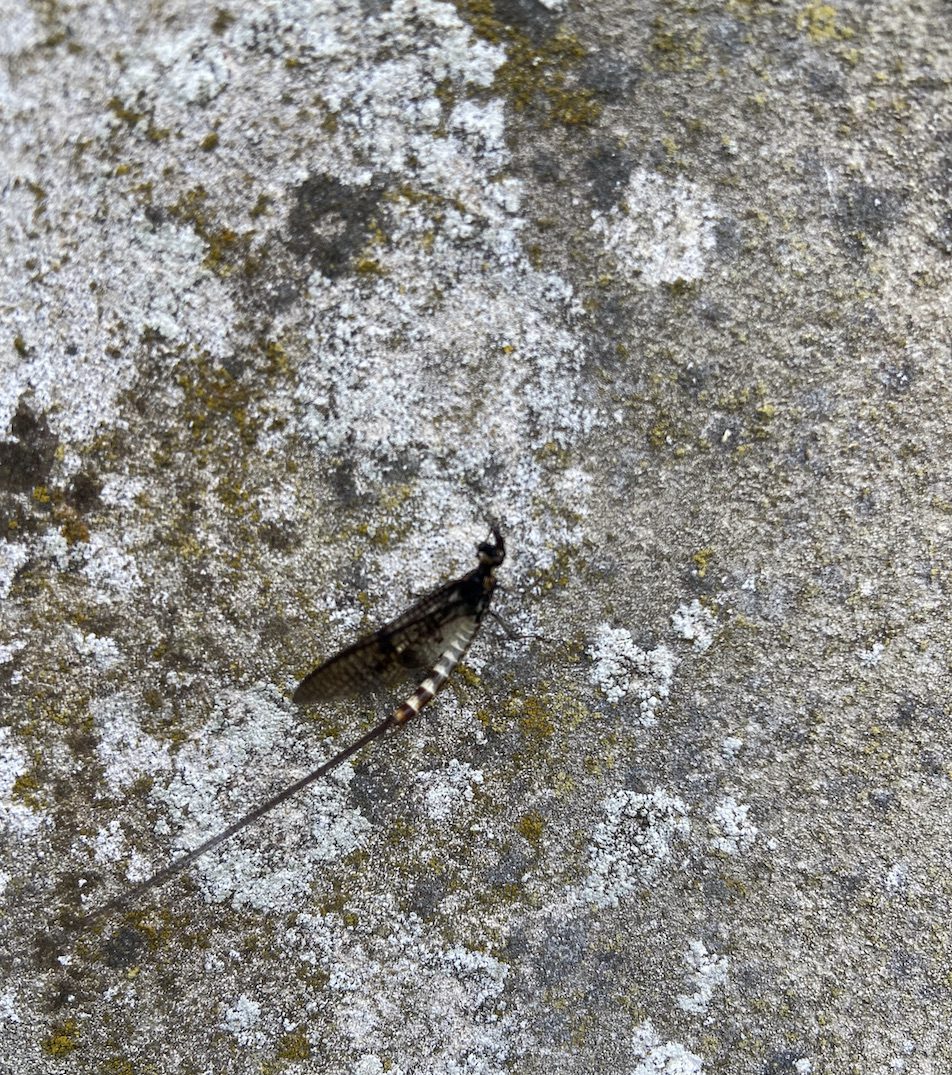

Harry Plunket Greene was a renowned singer of his time and toured Europe. He was Professor at the Royal Academy of Music (1911-19) and the Royal College of Music (1912). When he retired from teaching he devoted more time to writing about music and his passion, Fly Fishing. He was a member of the MCC, and president of the Incorporated Society of Musicians in 1933.
Later that afternoon we visited the village of St Mary Bourne close to where the Bourne Rivulet rises and wandered along the gin clear stream that passes through another delightful old English village of chocolate box thatched houses of red brick decorated with rambling roses of red, pink, gold and yellow.
The following day we headed to the National Trust property of Mottisfont. Its grounds border the River Test and its tributaries. Beside the Abbey Brook is a hut apparently used by the grandfather of Dry Fly Fishing F M Halford whose forthright and at times dogmatic views stimulated heated debate with G E M Skues who preached upon the effectiveness of the Upstream nymph. Halfords book ‘Dry Fly Fishing-in theory and practice’ published in 1889 still influences the anglers who fish the Test a century later.
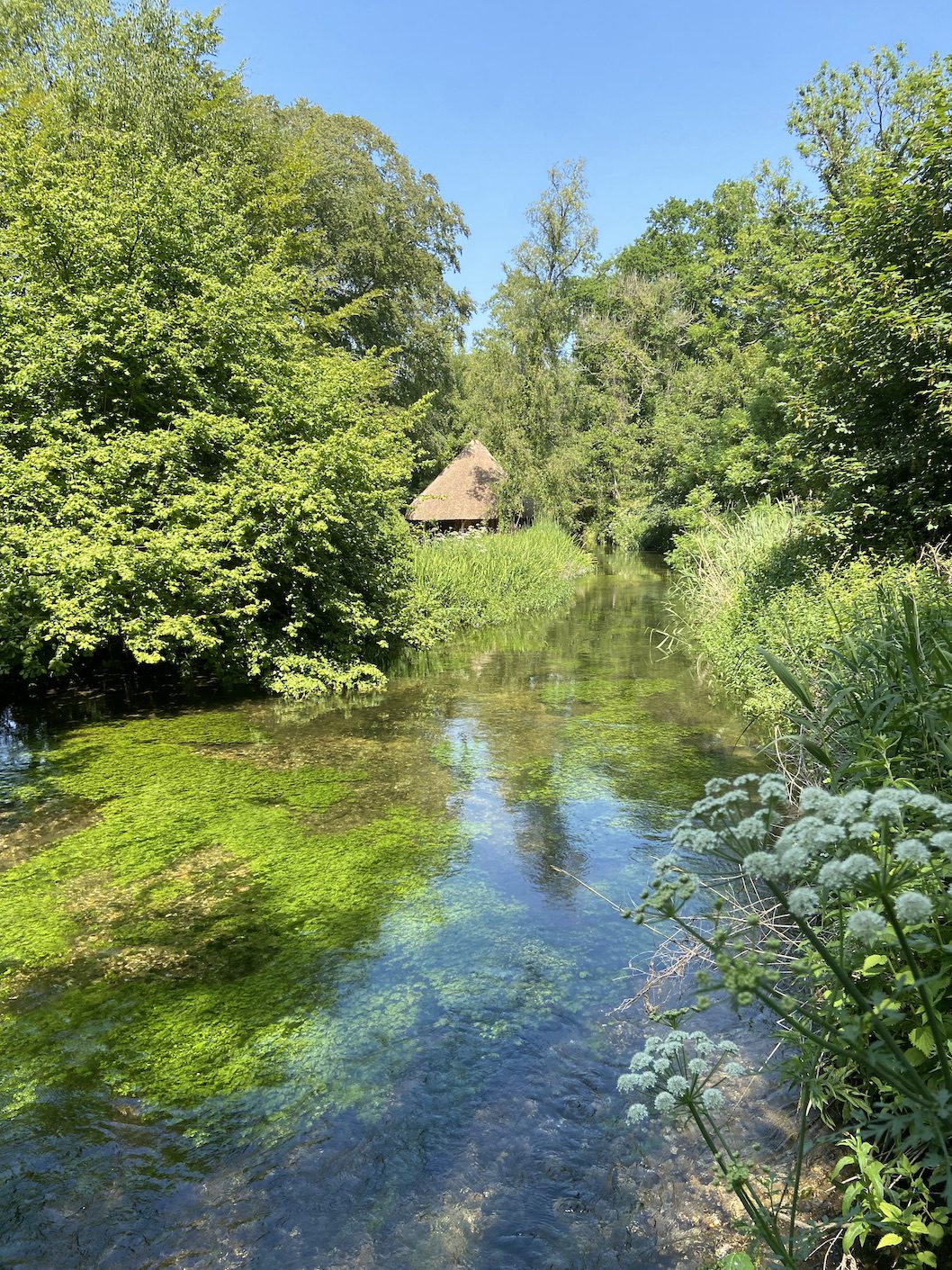
We walked the river within the grounds of Mottisfont and gazed into those clear waters glimpsing a wide variety of fish. Not just large trout but specimen roach, grayling and perch. These tranquil waters with lush beds of ranuculus and clean gravel are undoubtedly the Fly Fishing equivalent to Lords Cricket ground. The strict rules of etiquette introduced by Halford’s doctrine have refined the art of fly fishing effectively making the catching of trout more enjoyable and rewarding.

On our last day in Hampshire, we headed for Stockbridge where it was easy to linger in a High Street punctuated by clear waters of the Test as they flowed through the small town. A tower in the heart of the town carries a golden trout weather vane. Swifts gyrated around it screeching their sound of high summer.
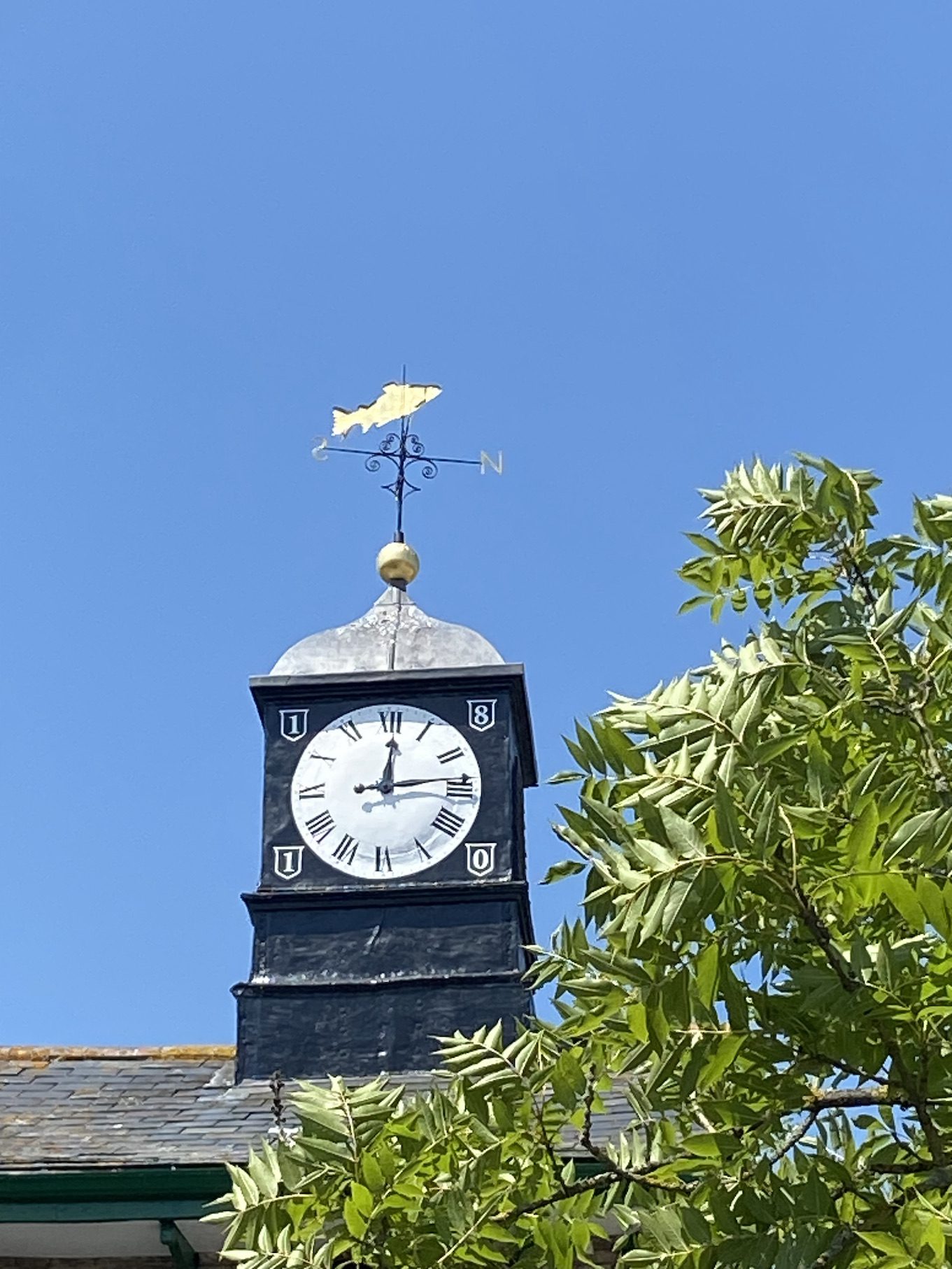
Two fine tackle shops sit either side of the High Street the last remaining Orvis Outlet store and ROBJENTS of Stockbridge. Both game fishing shops carry a wealth of fly fishing equipment and clothing. I chatted for a while with those in both shops and left feeling optimistic for the future of fly fishing despite many issues that blight our world.
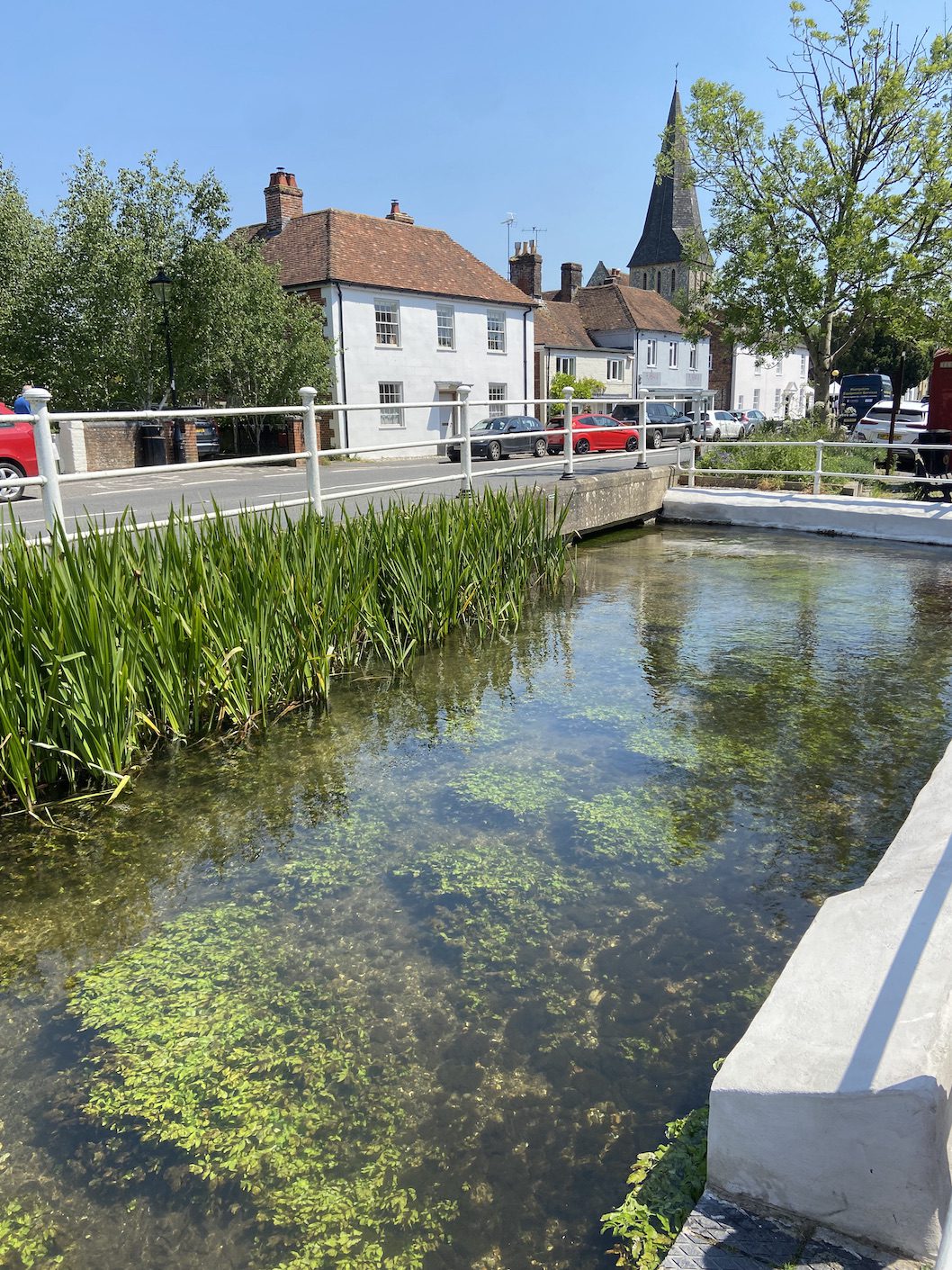
We leave Stockbridge to walk the water meadows below the town. These havens for wildlife flank the Test and once again I relished the art of virtual fly fishing flicking an imaginary dry fly or upstream nymph. I spotted some beautiful thick bodied trout in the main river. A cuckoo’s summer song drifted across the buttercups and the river lined with water hemlock and yellow flag Iris.
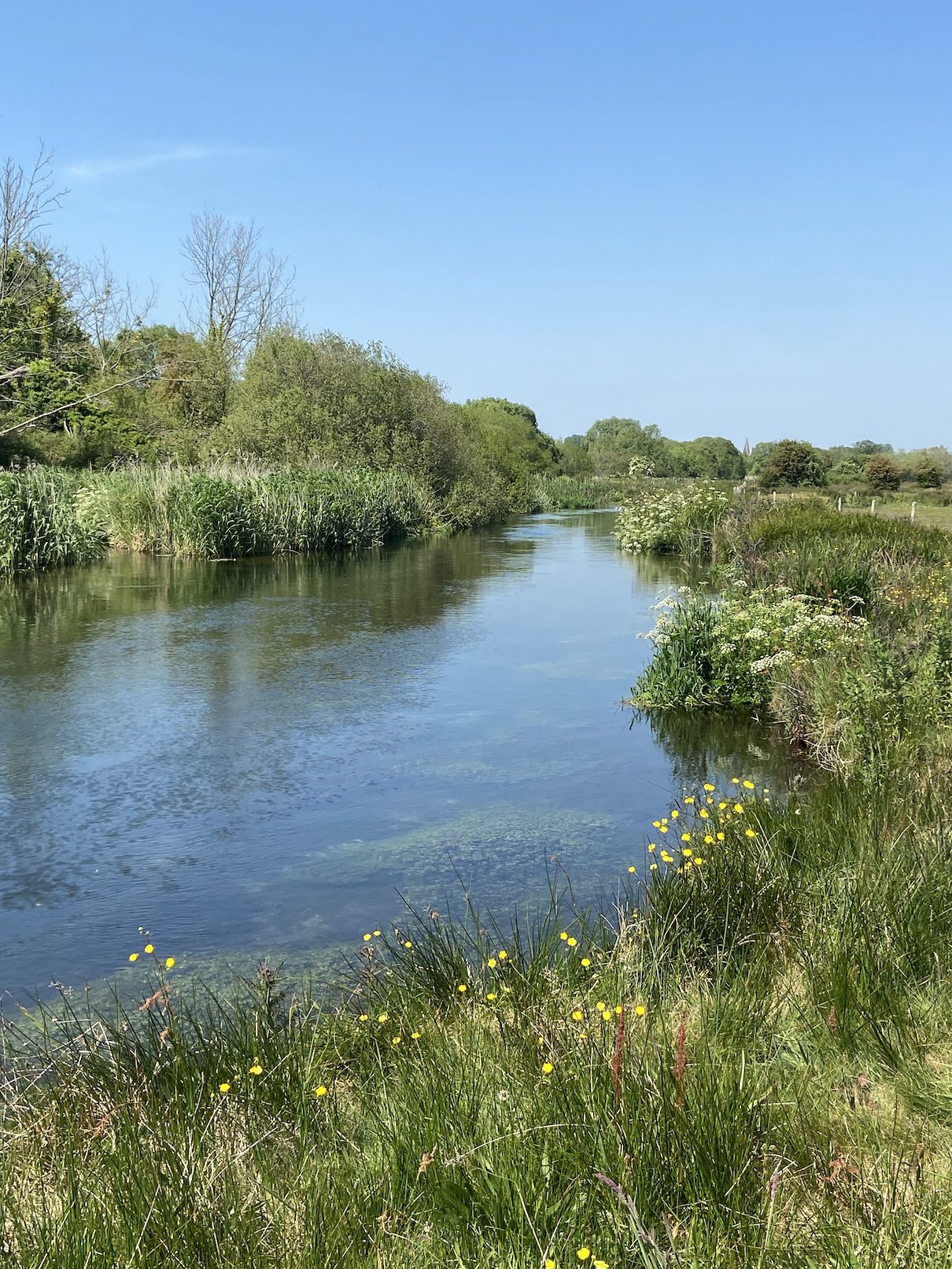
We stopped for afternoon tea and coffee beside a small carrier stream the small brown trout clearly visible in the gin clear waters illuminated by the bright sunshine. I watched these small trout and remembered the wild browns of the tiny River Umber in North Devon where my lifelong love of fishing started.
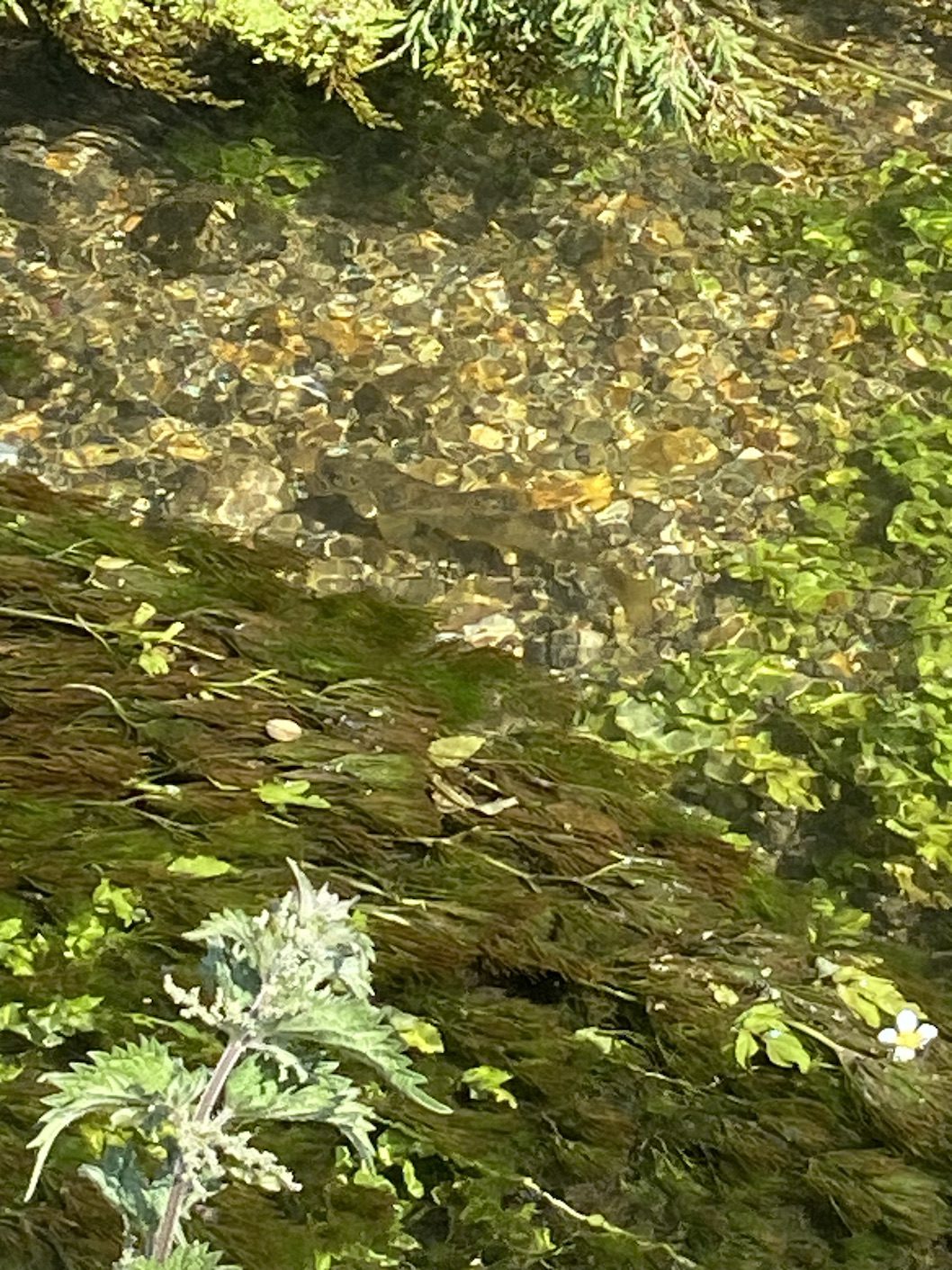
The revered waters of the Test are famous throughout the world in parts manicured and stocked whilst other beats still hold wild and wily trout. Whilst all is not perfect it is perhaps to be noted that this corner of England seems to have retained a certain tranquil charm that is to be treasured. Those privileged to live and fish and walk these banks have in part due to wealth and nimbyism protected the worlds of Harry Plunket Green and F M Halford. And ensure that generations continue to fish for memories be it virtual or real.

